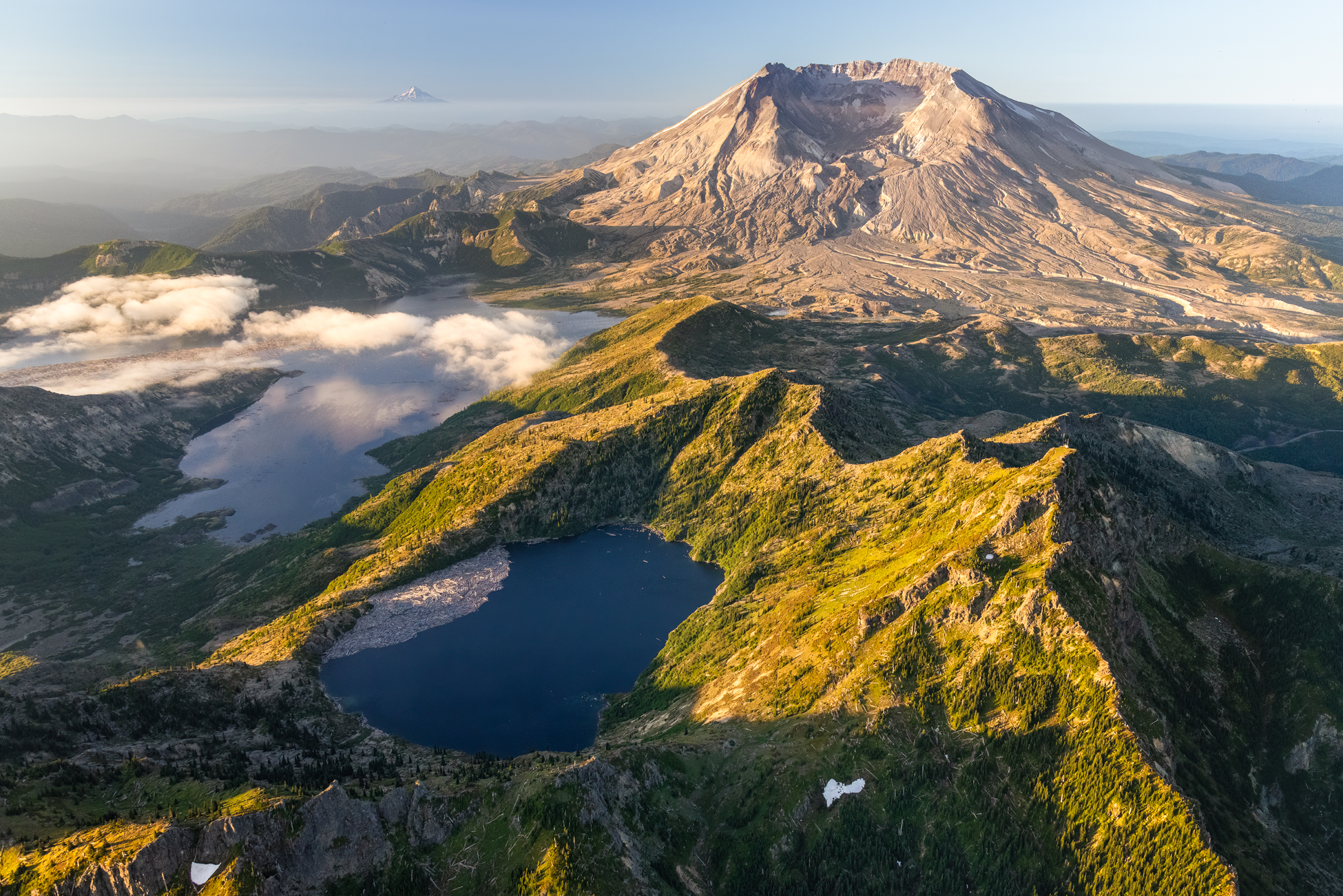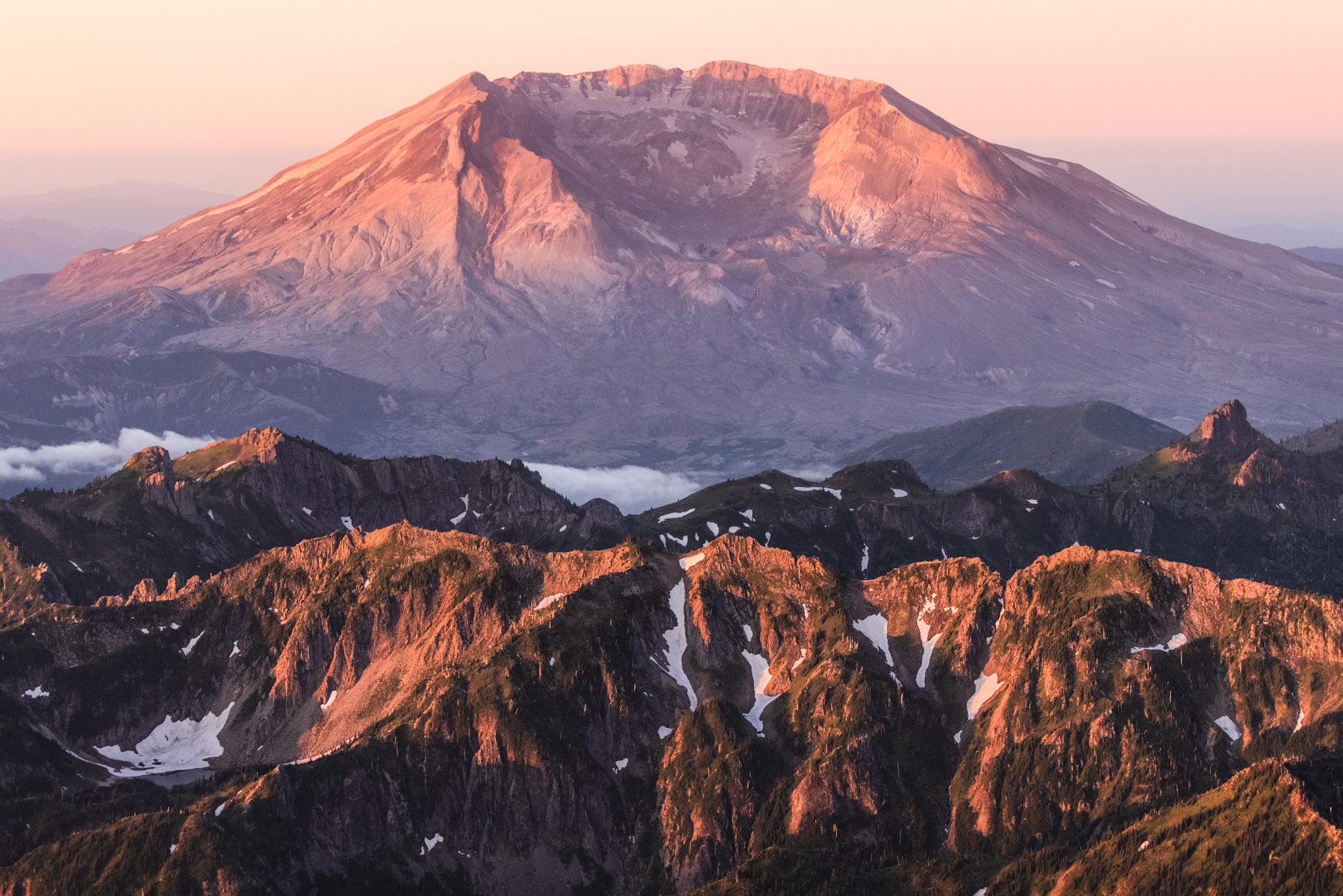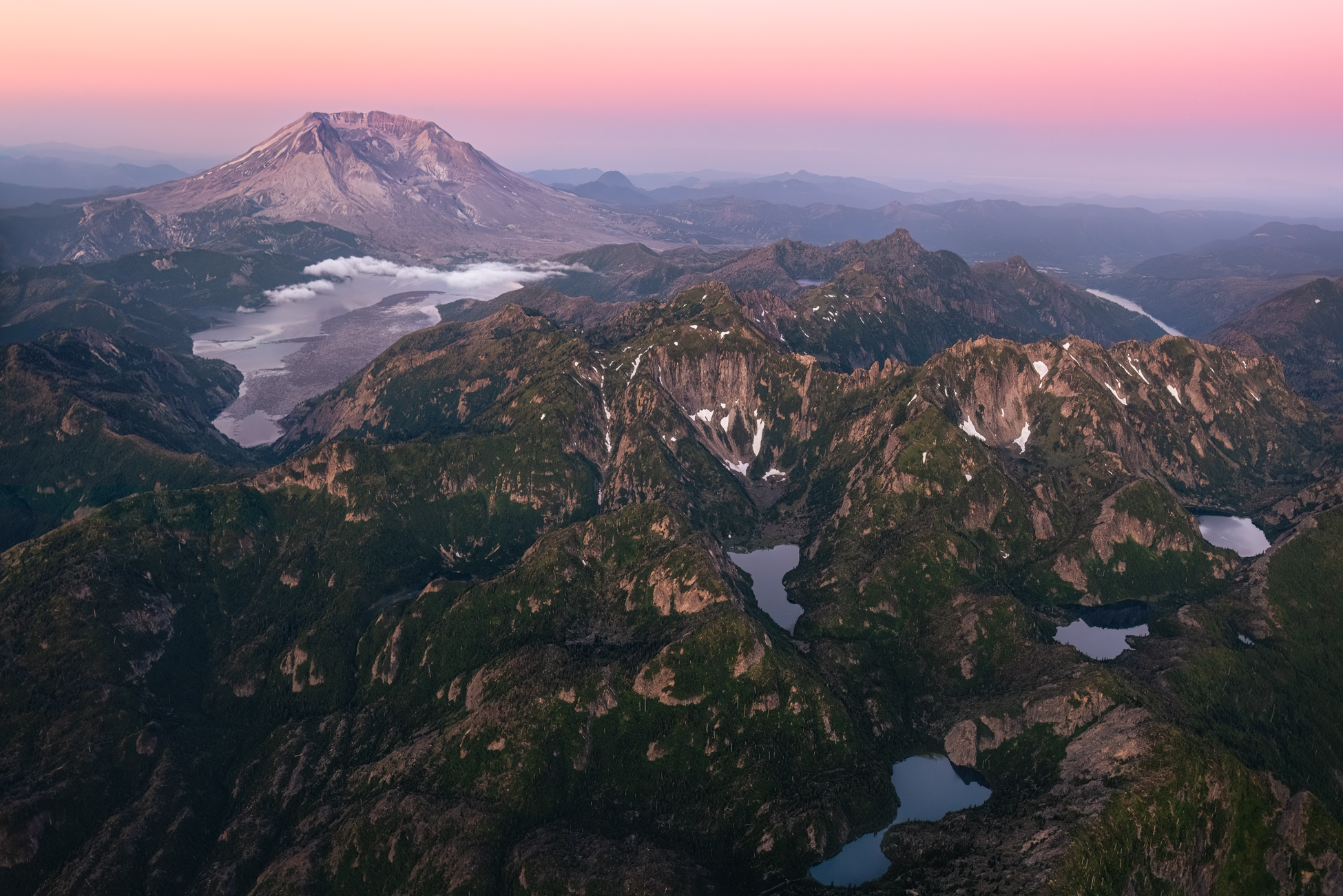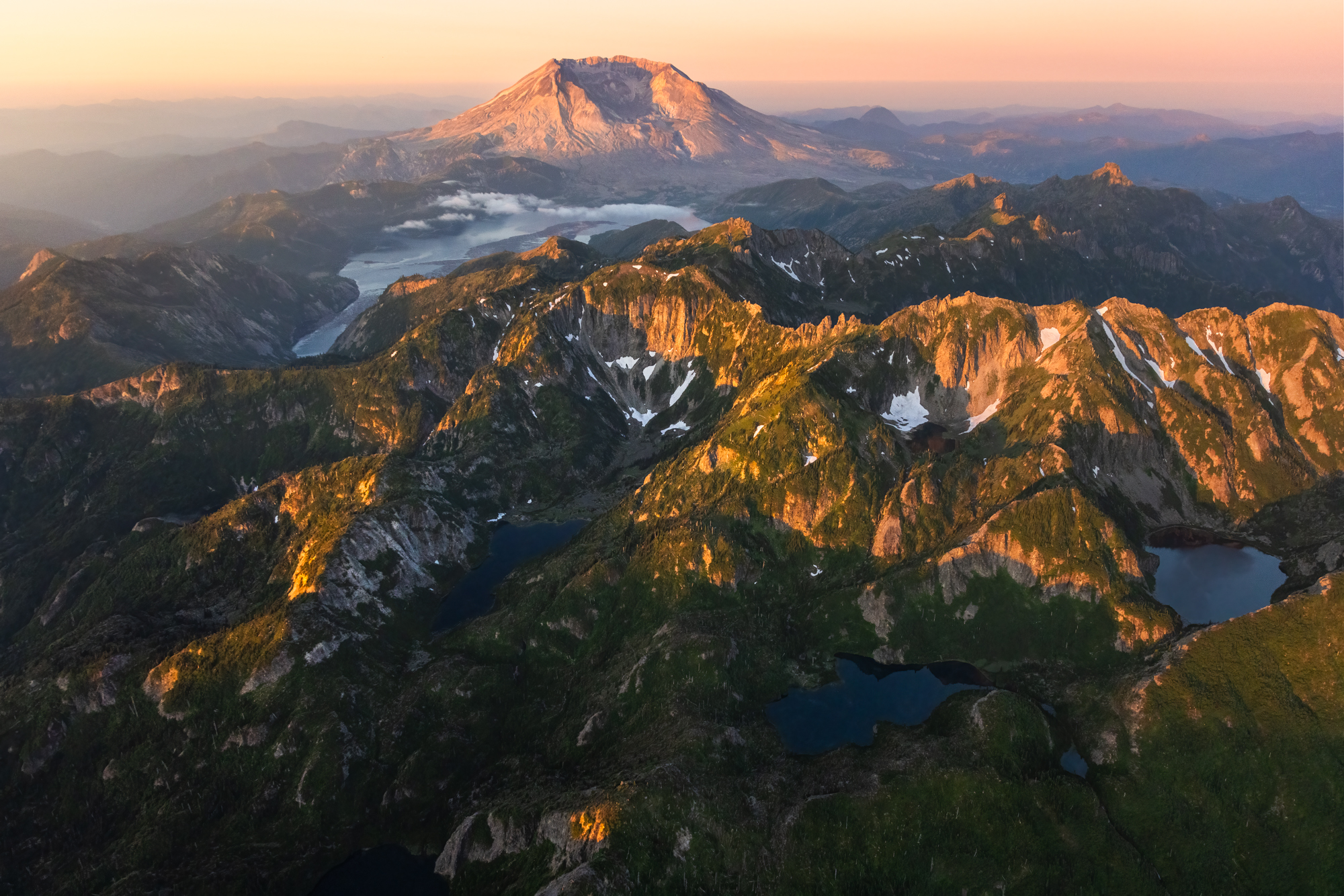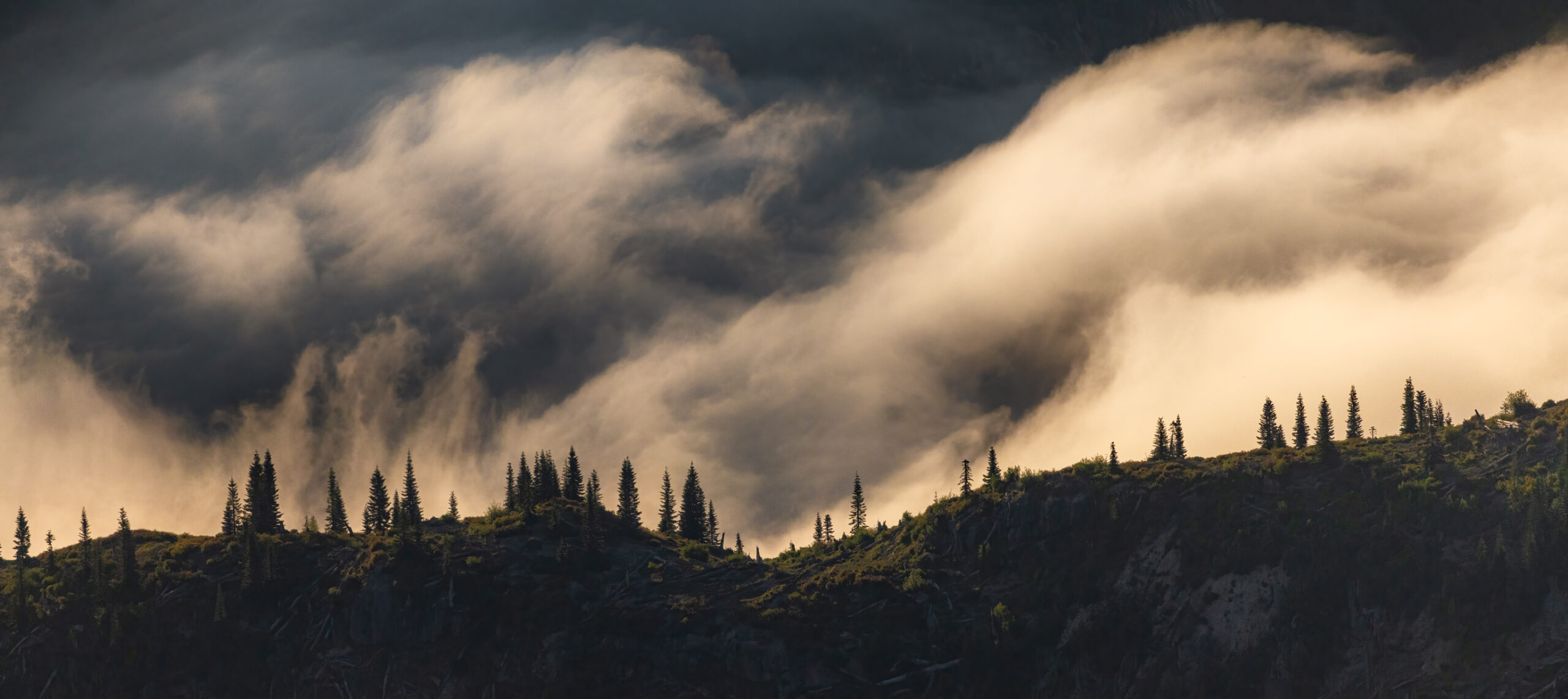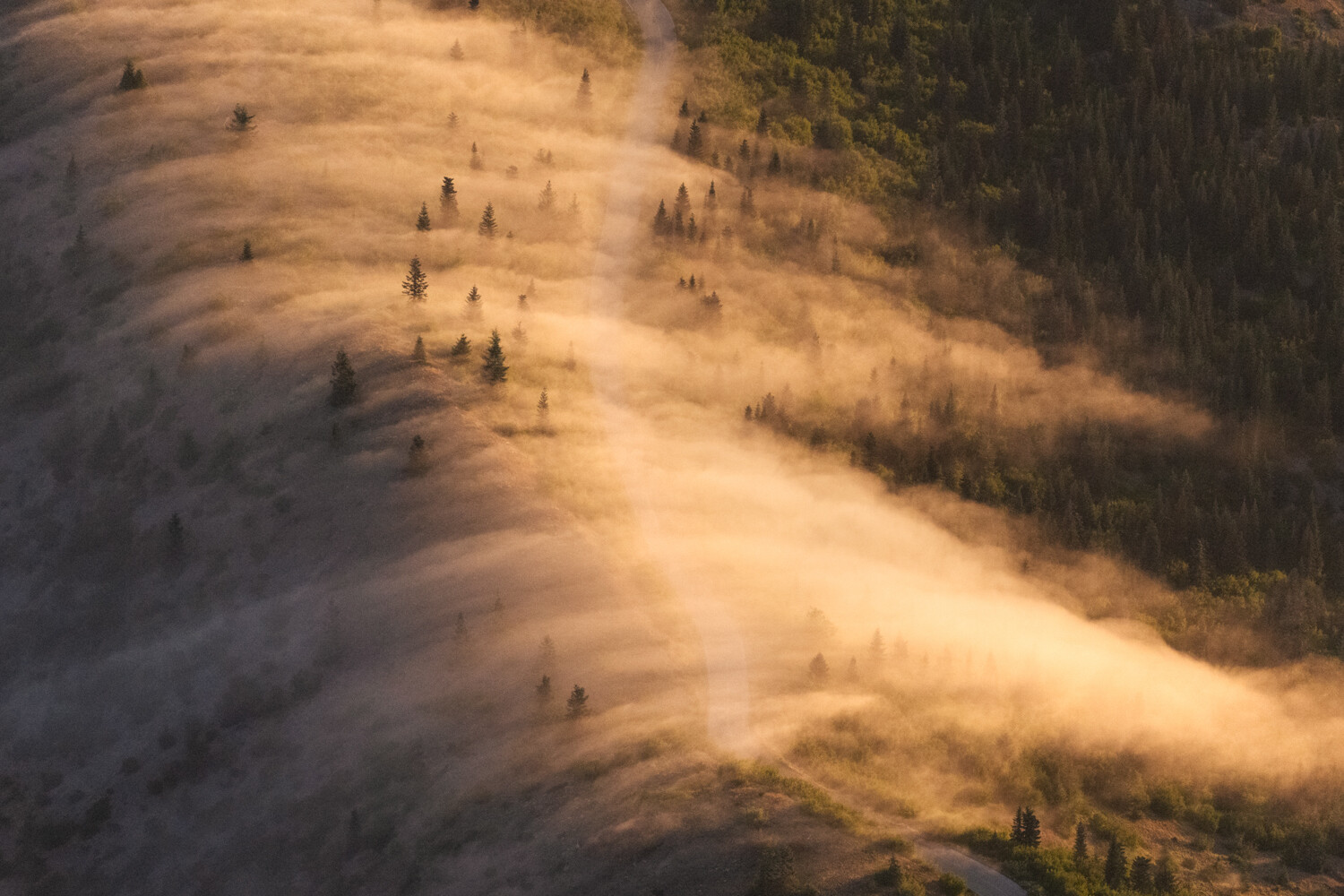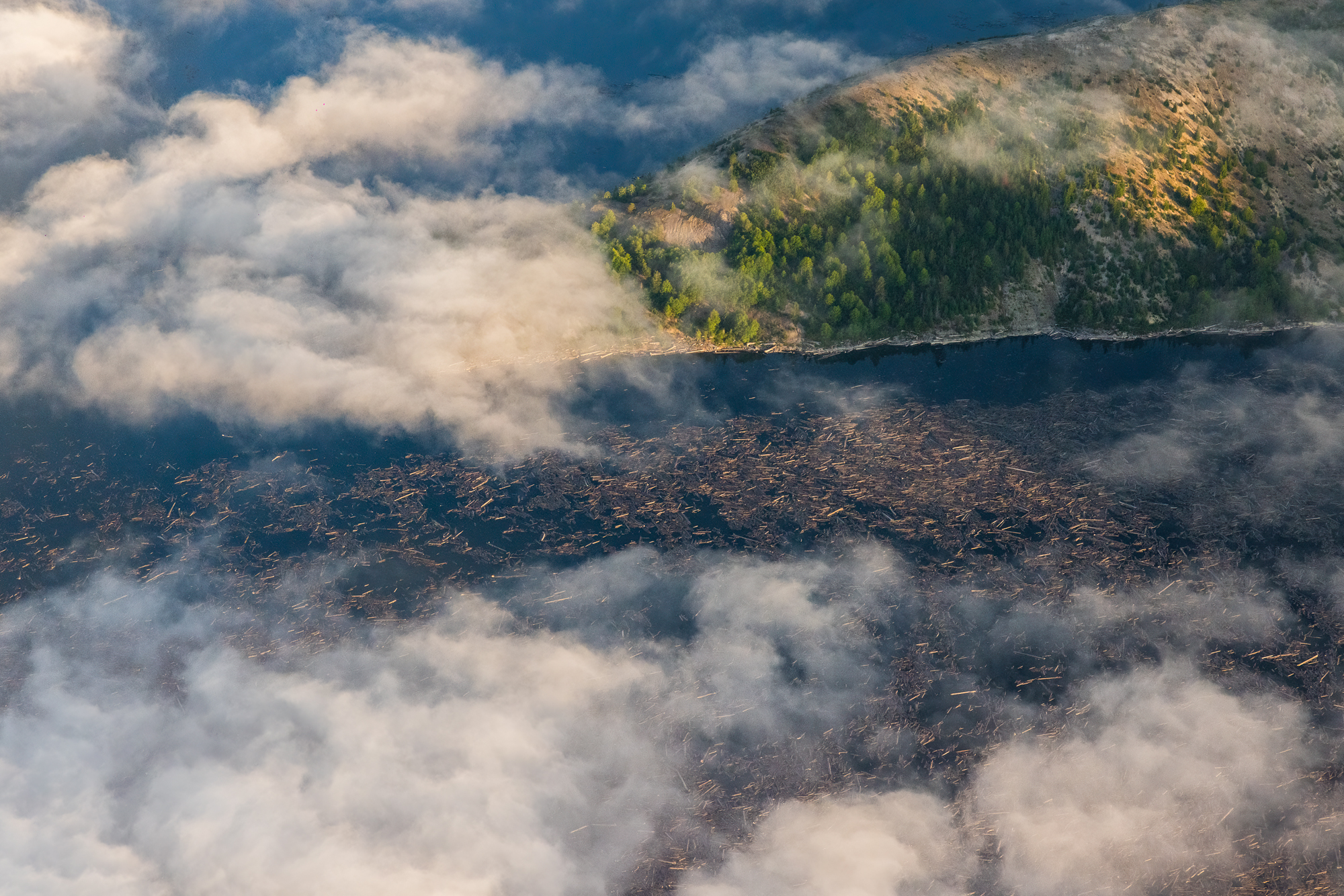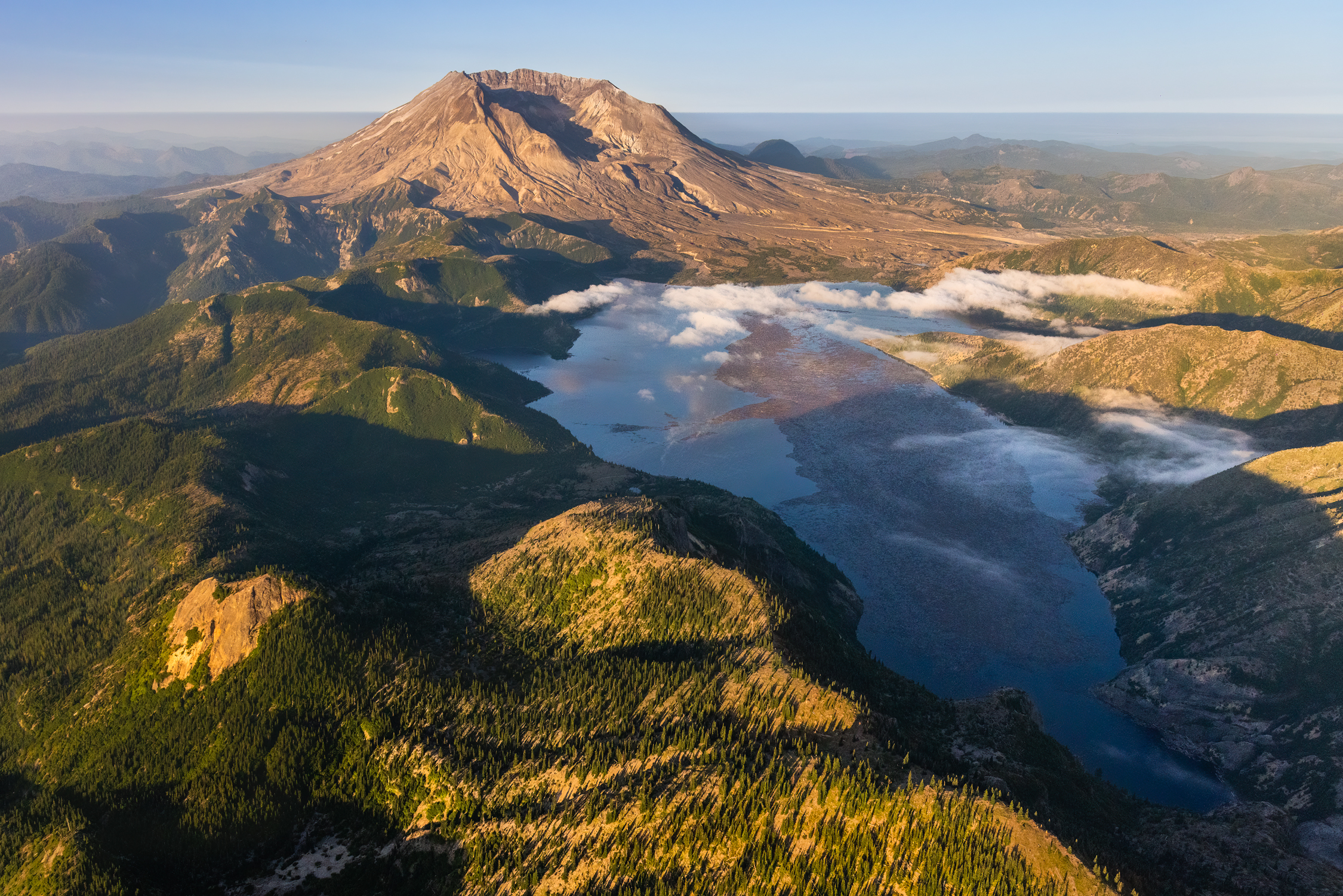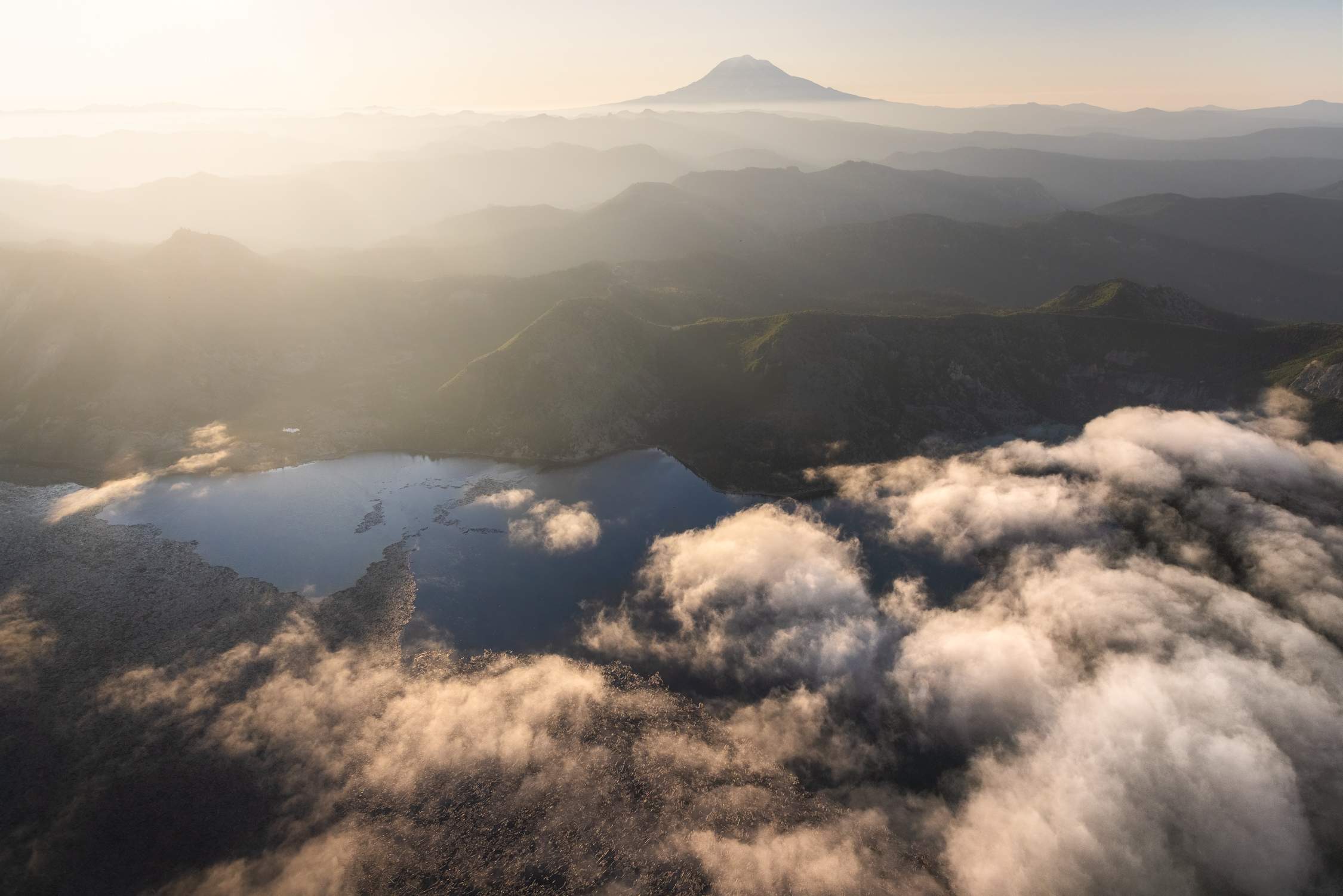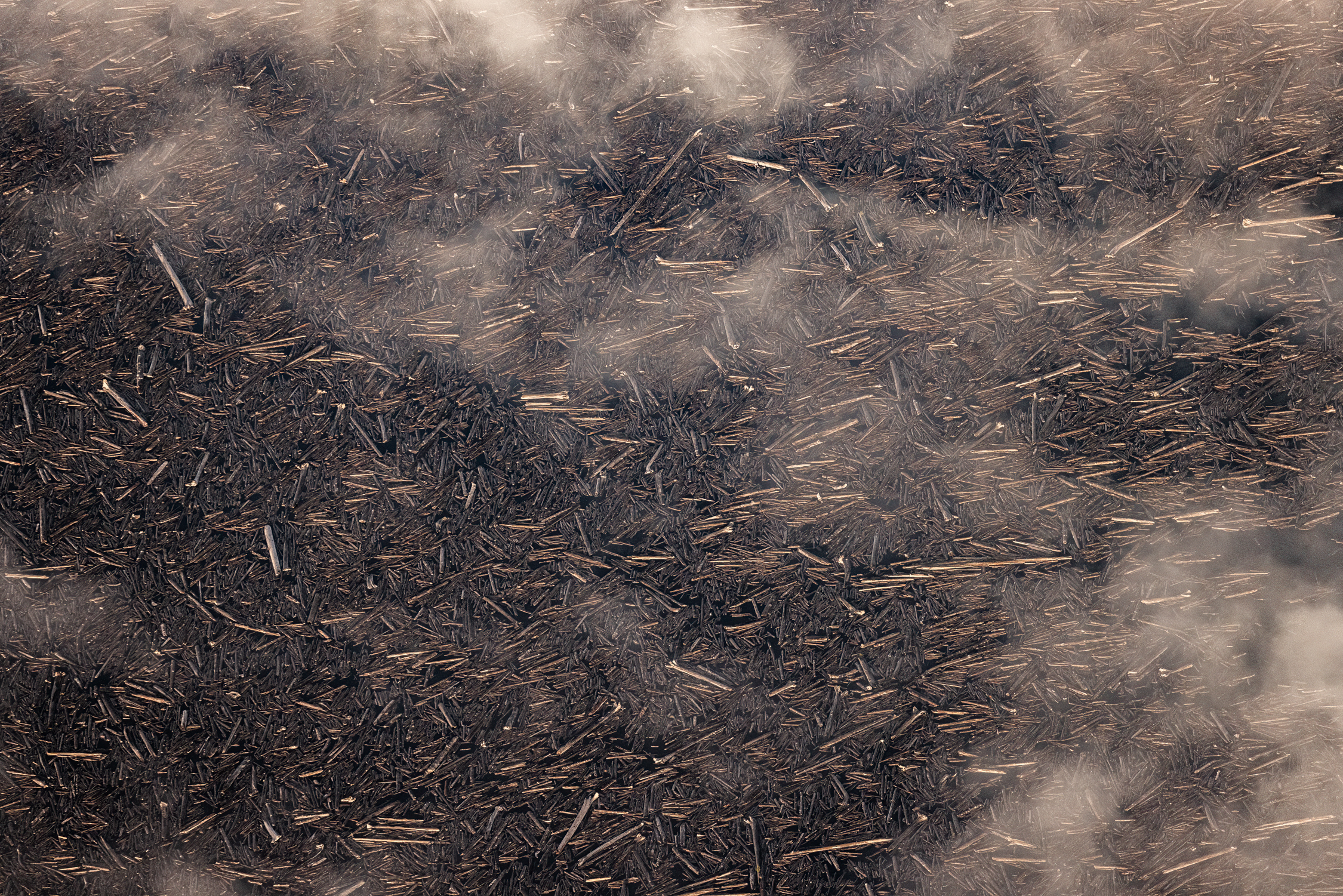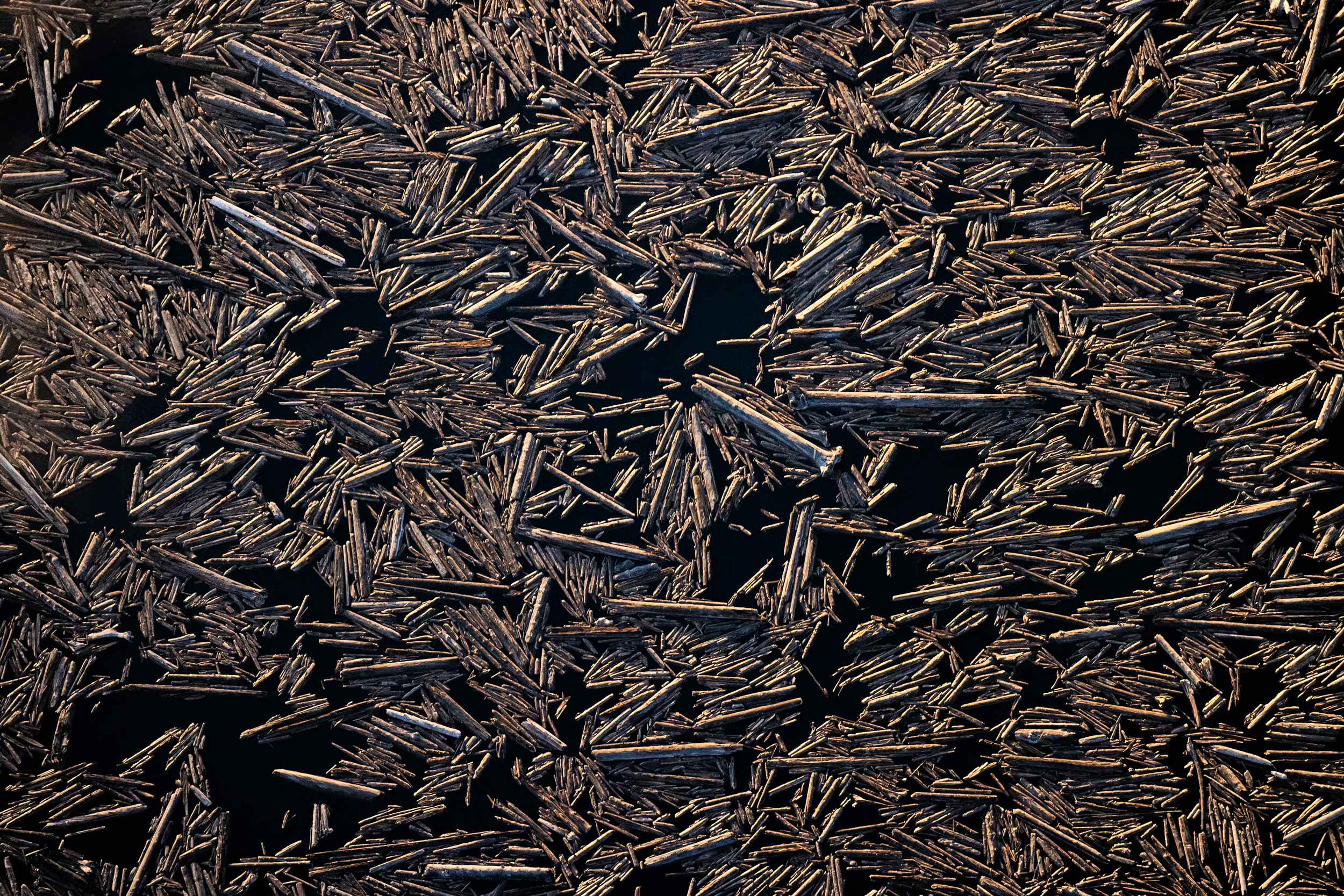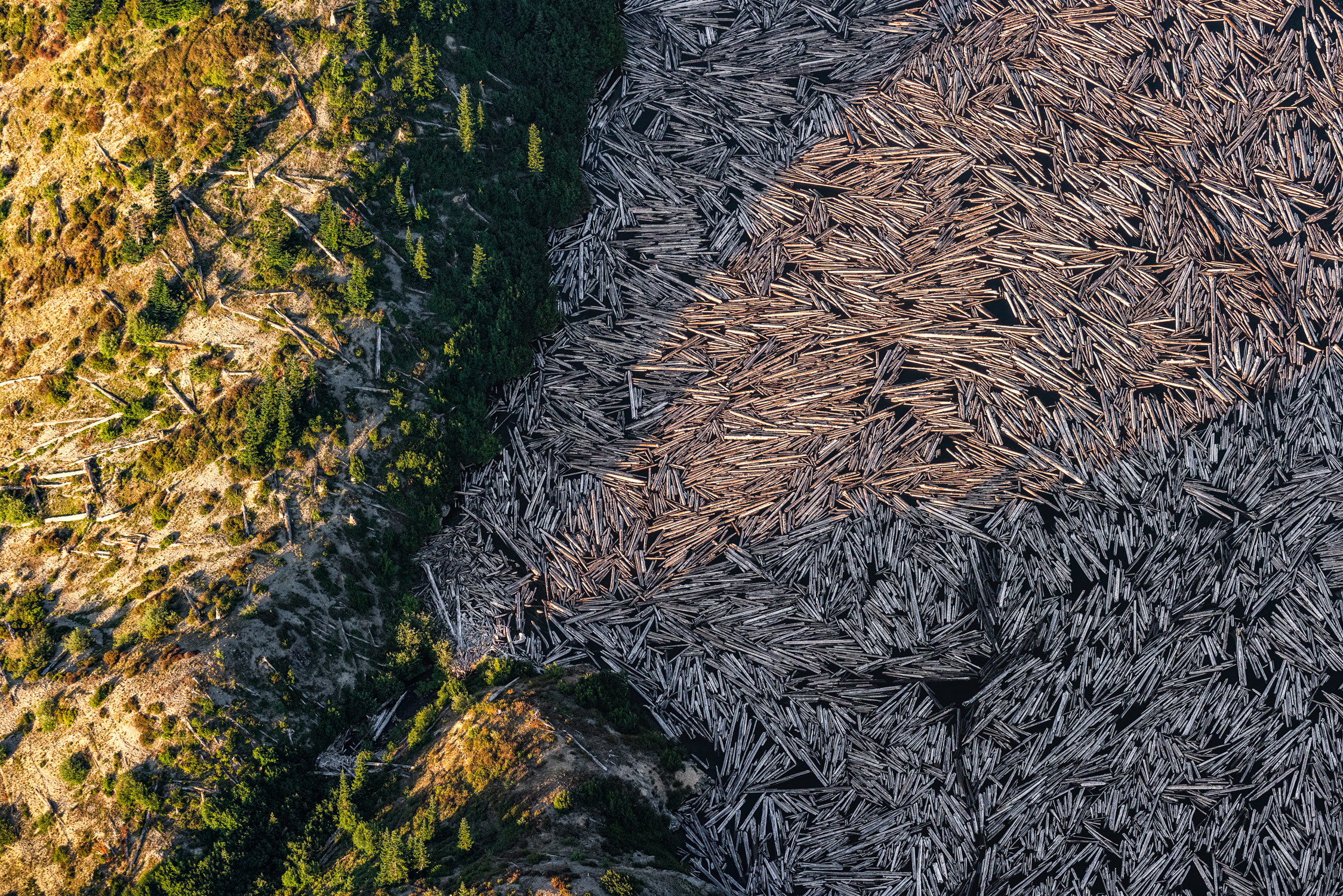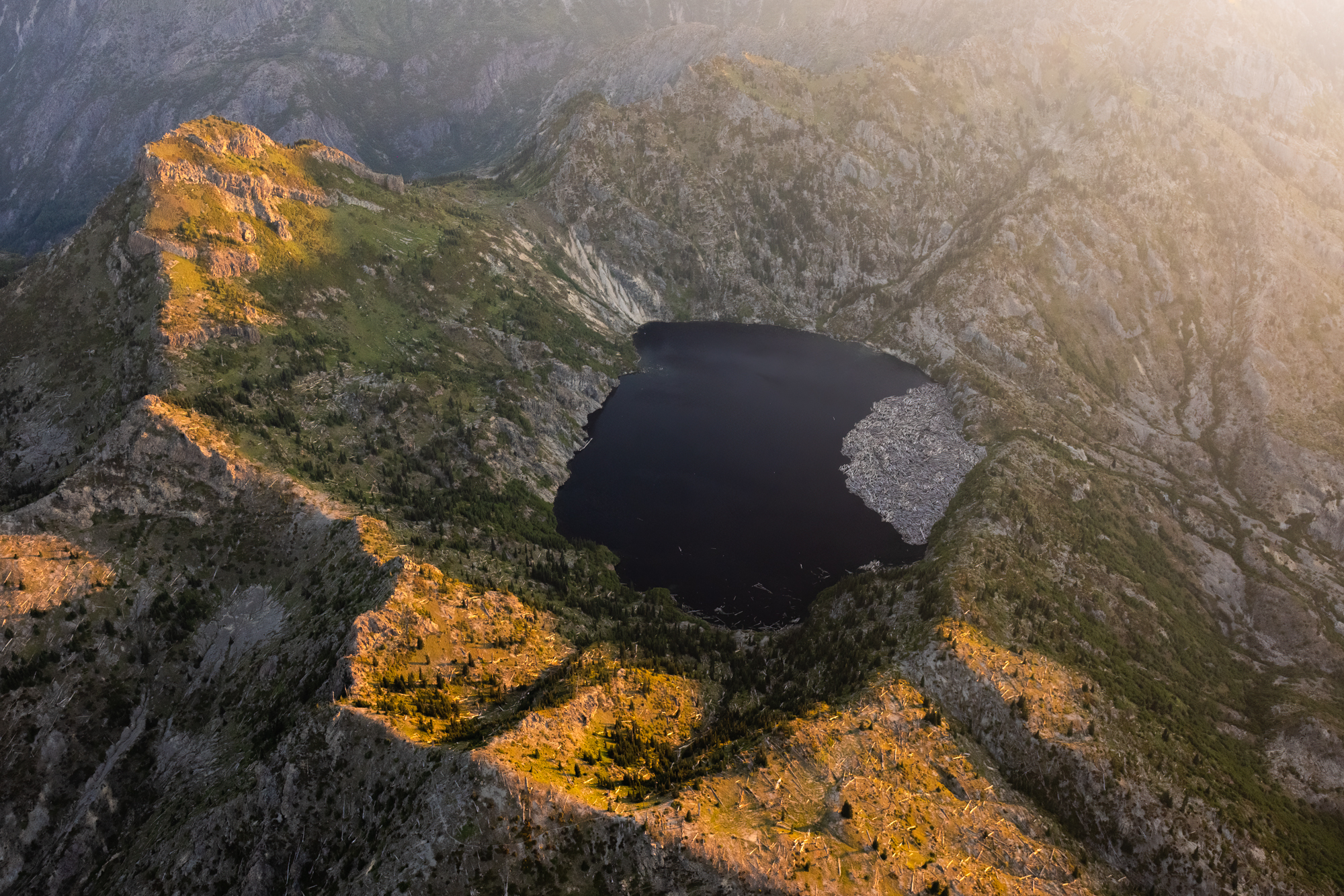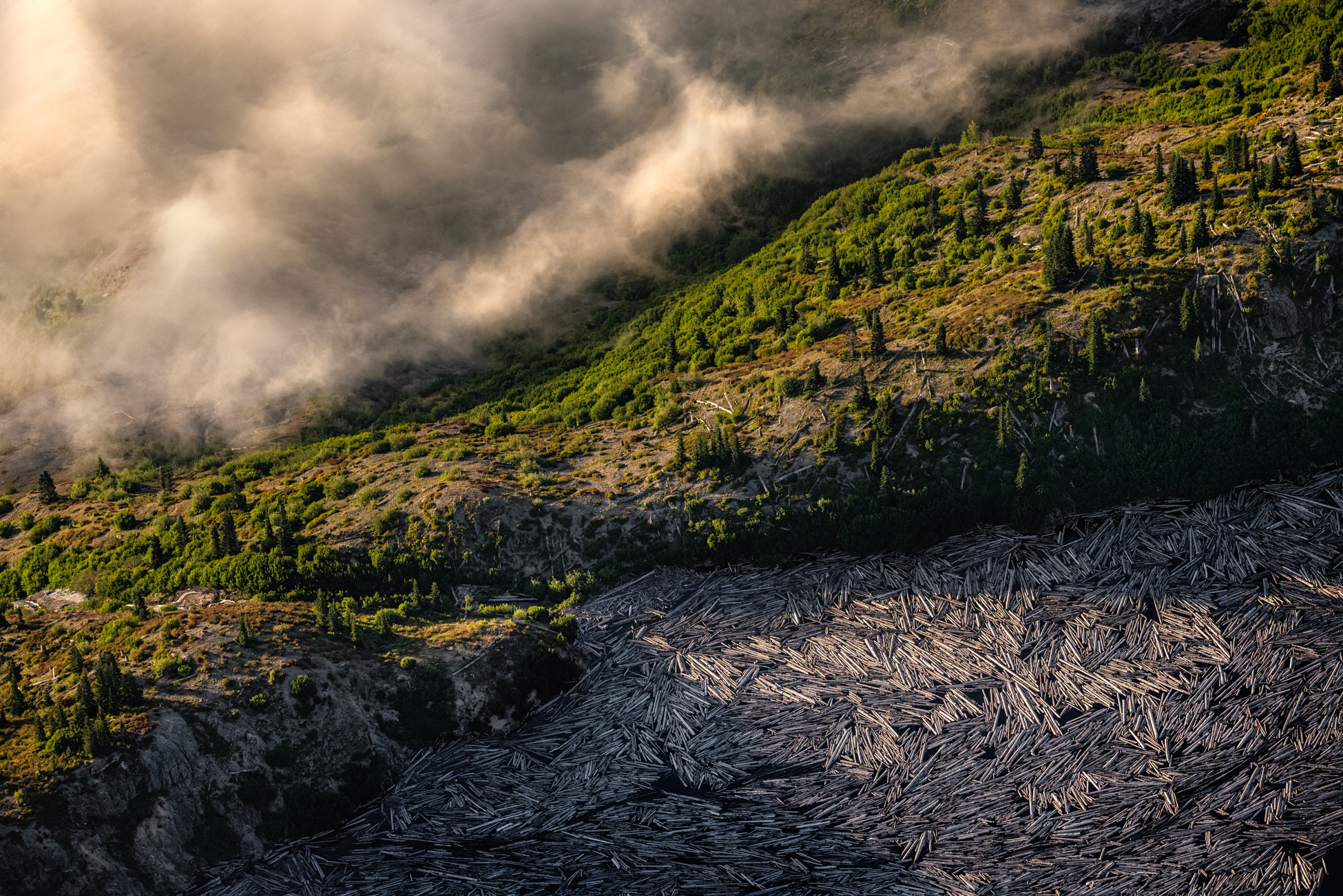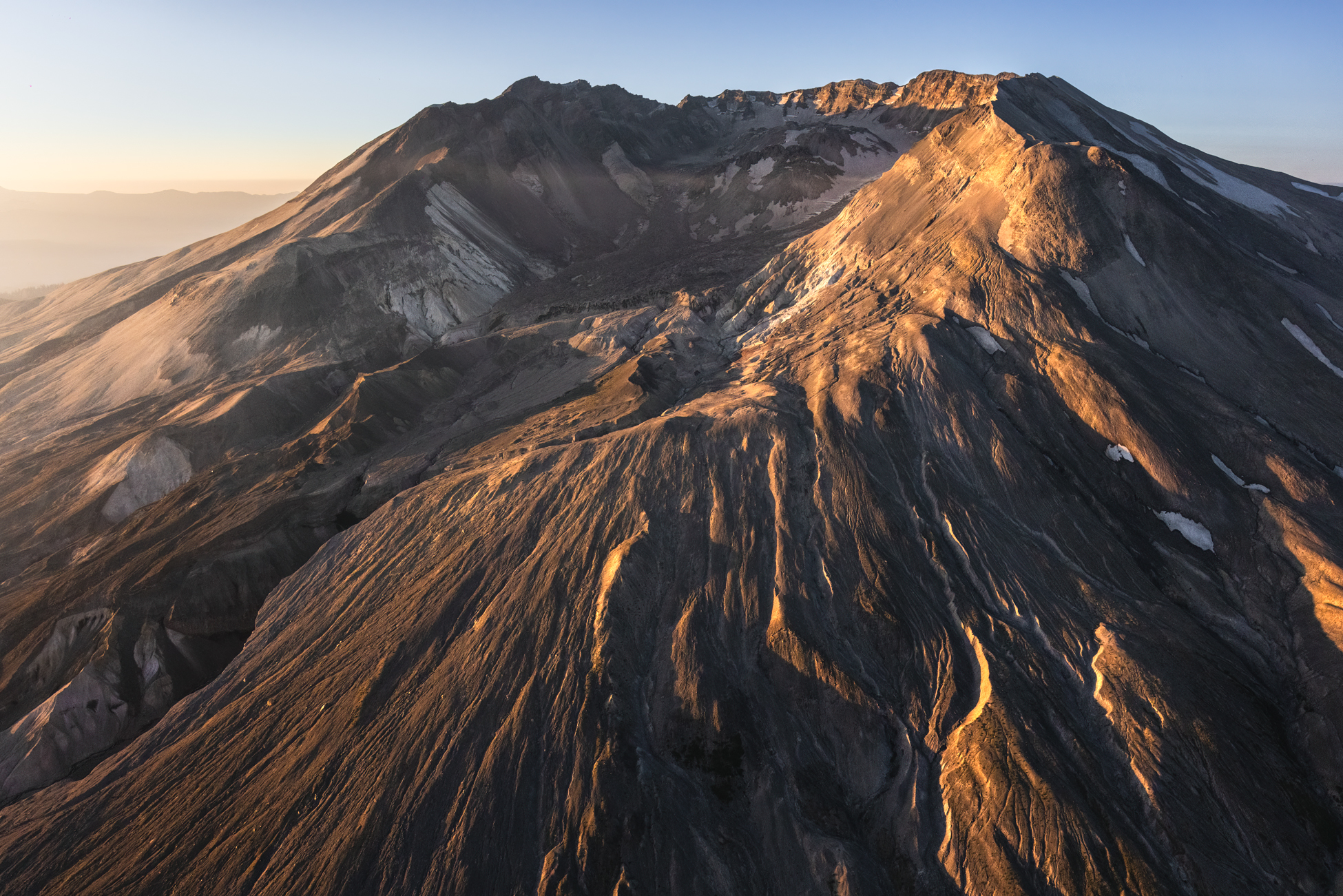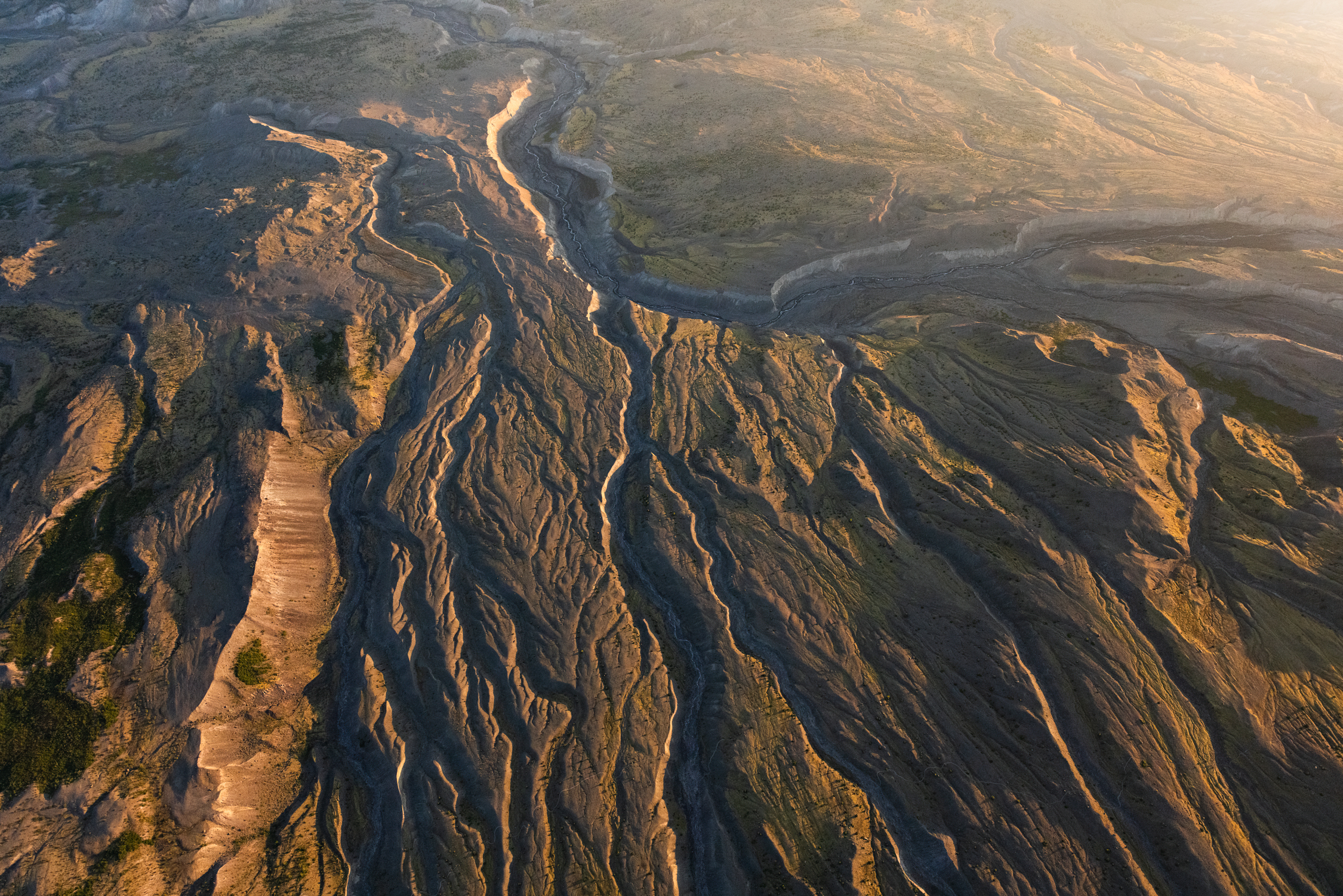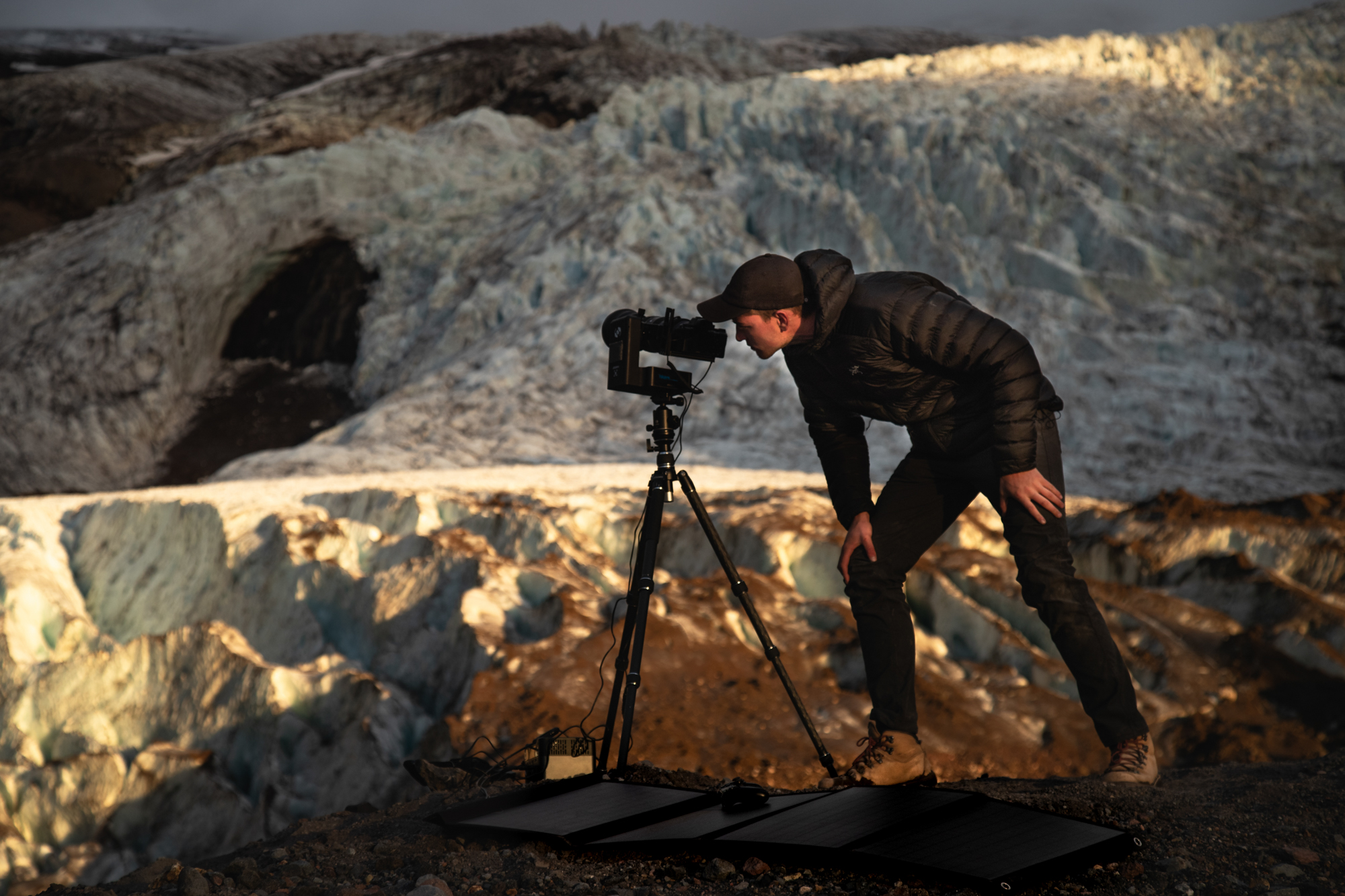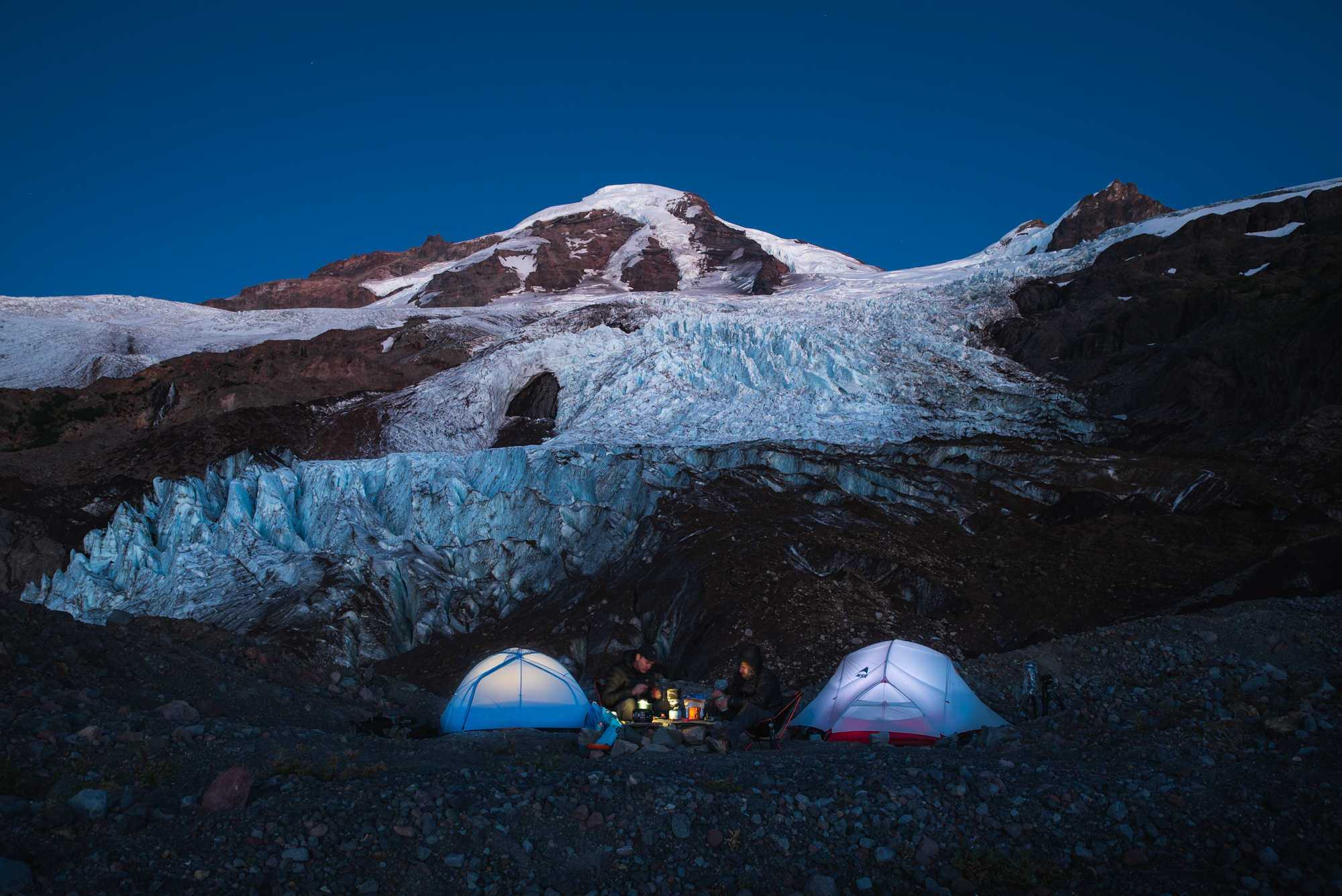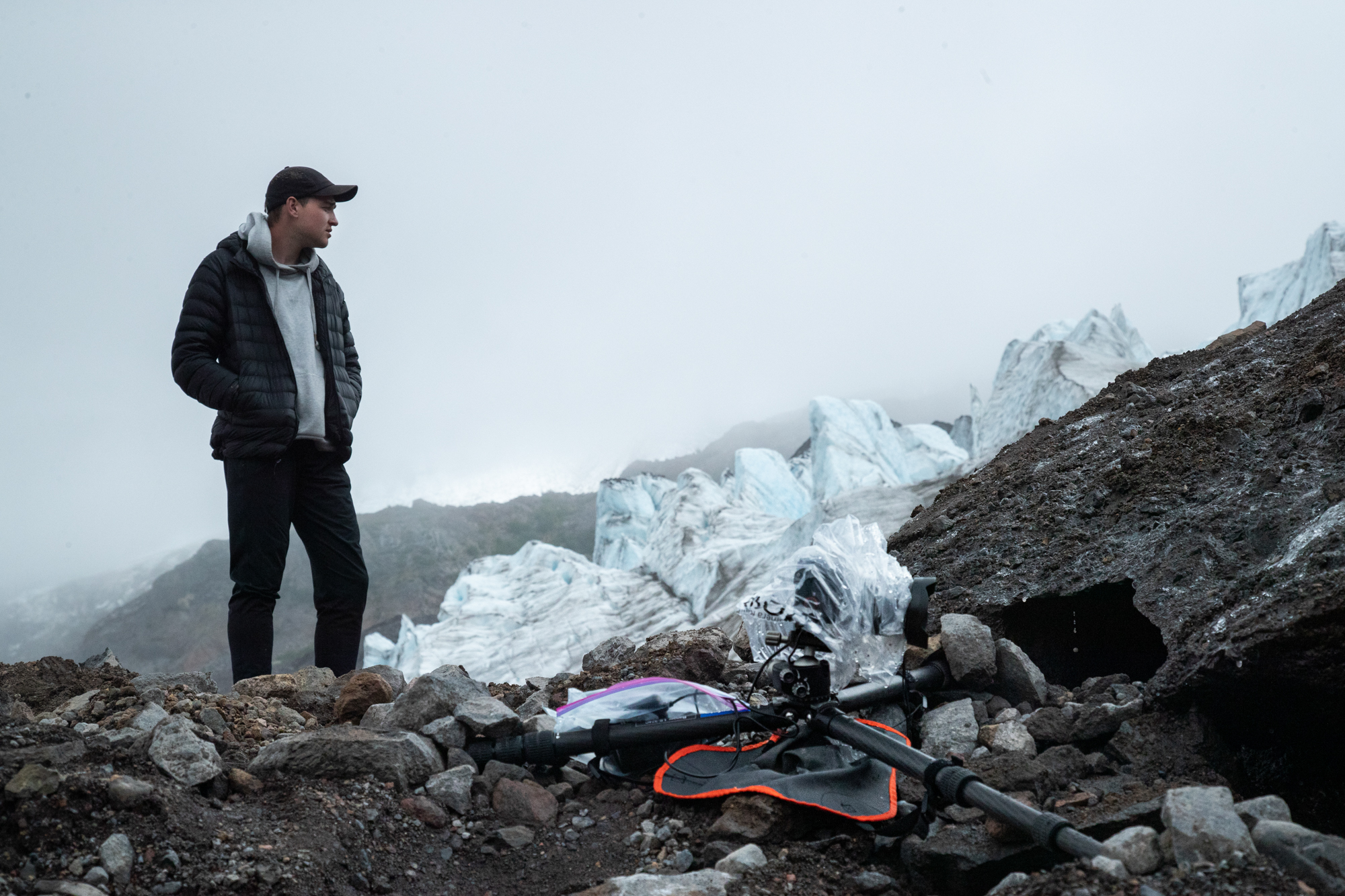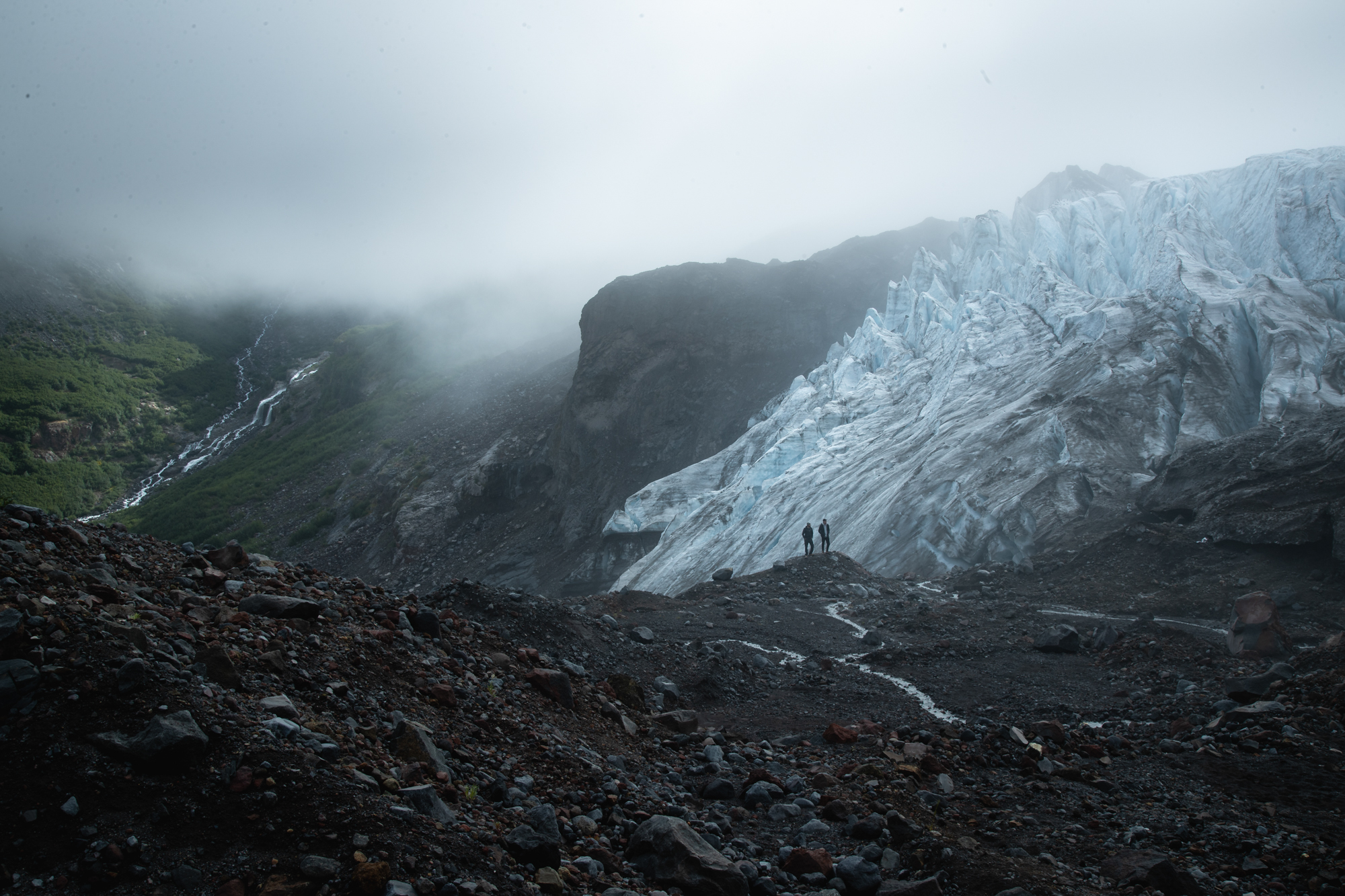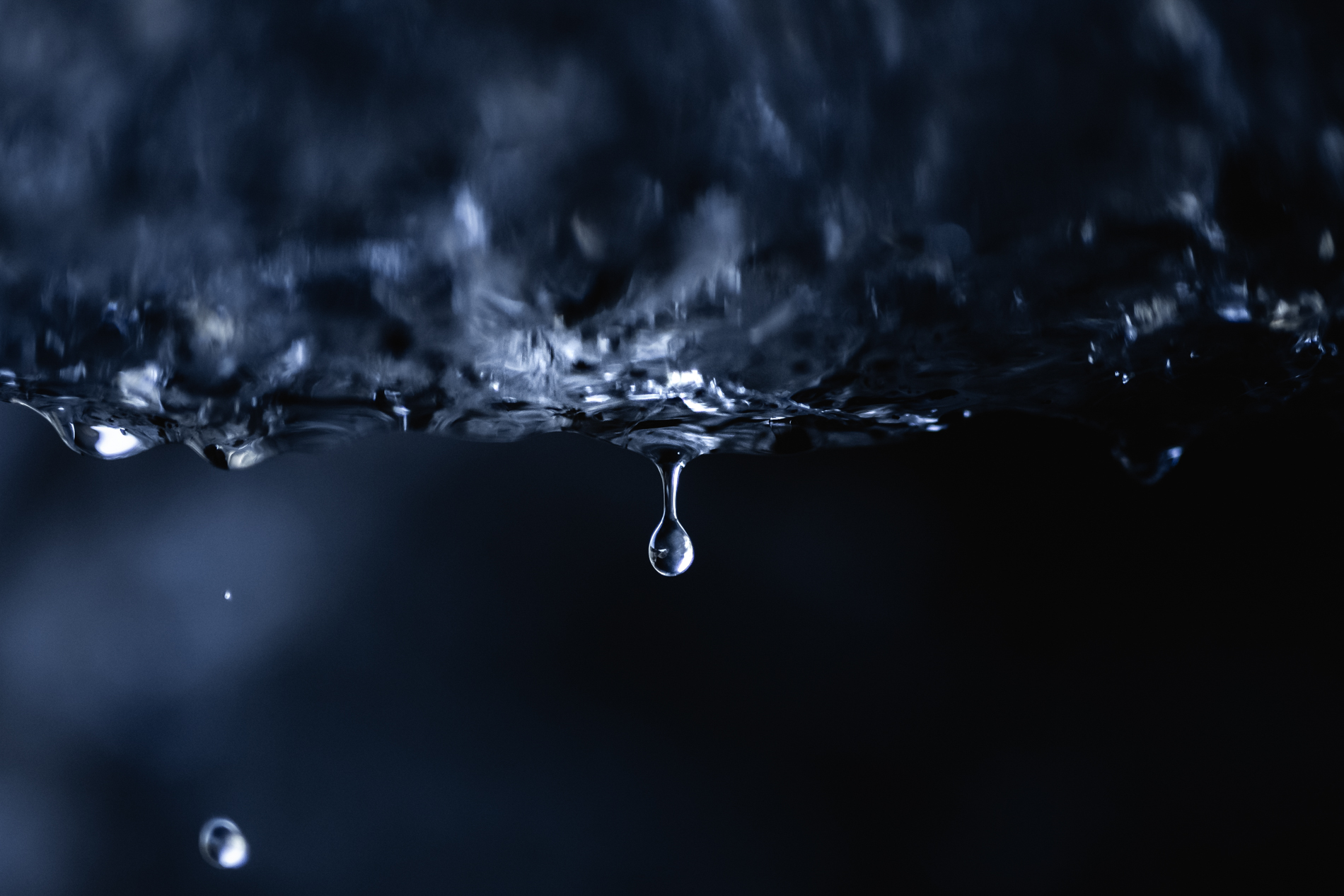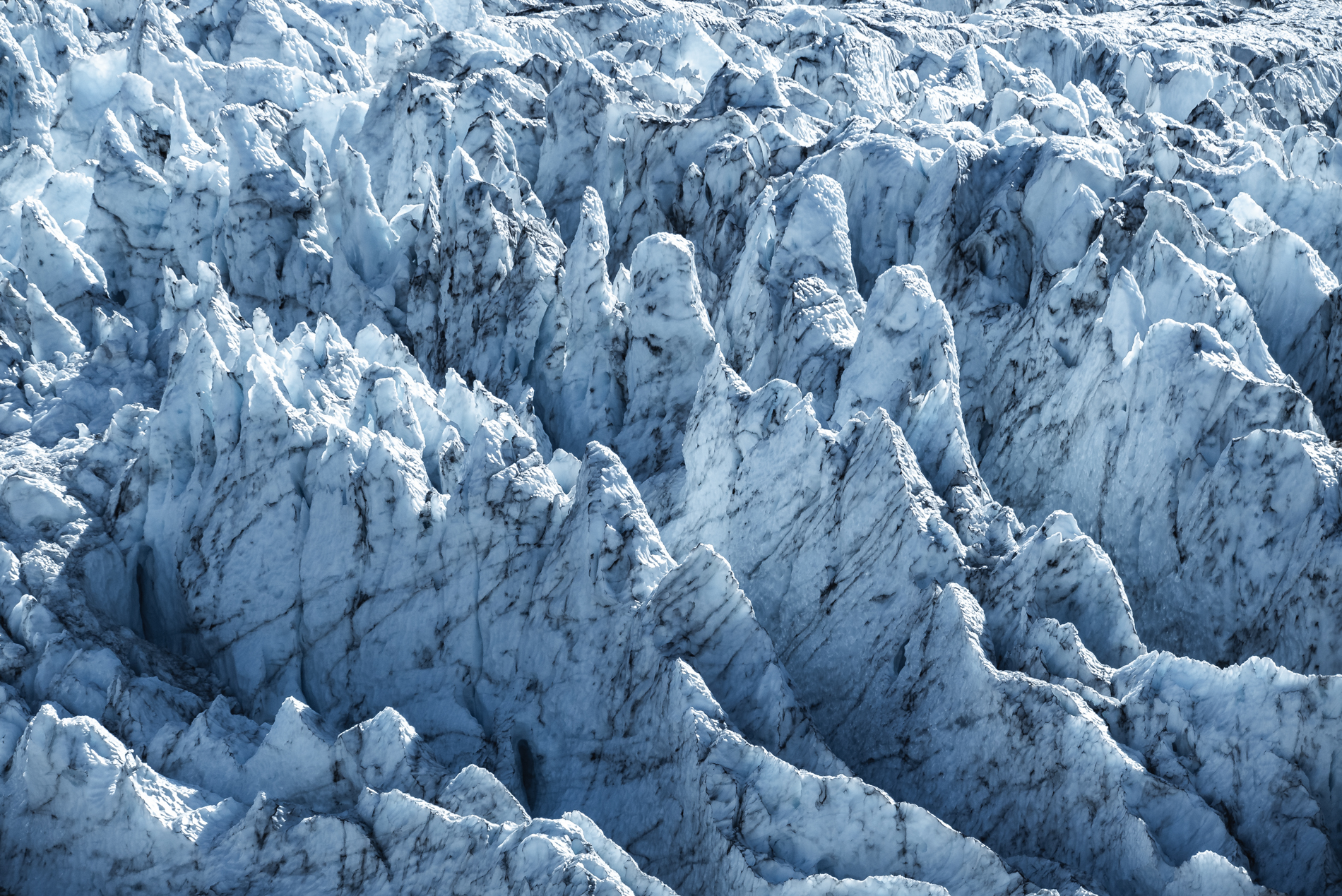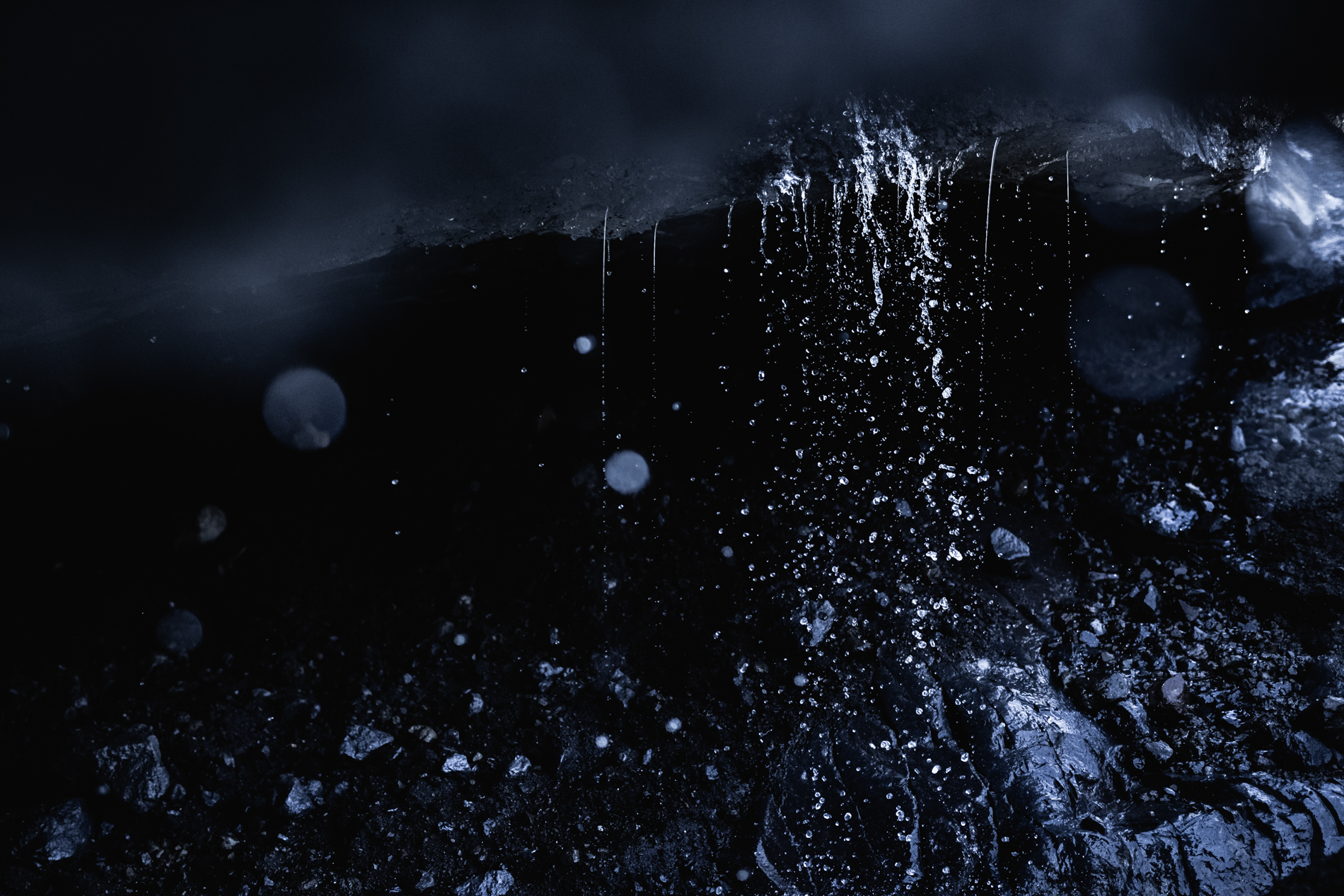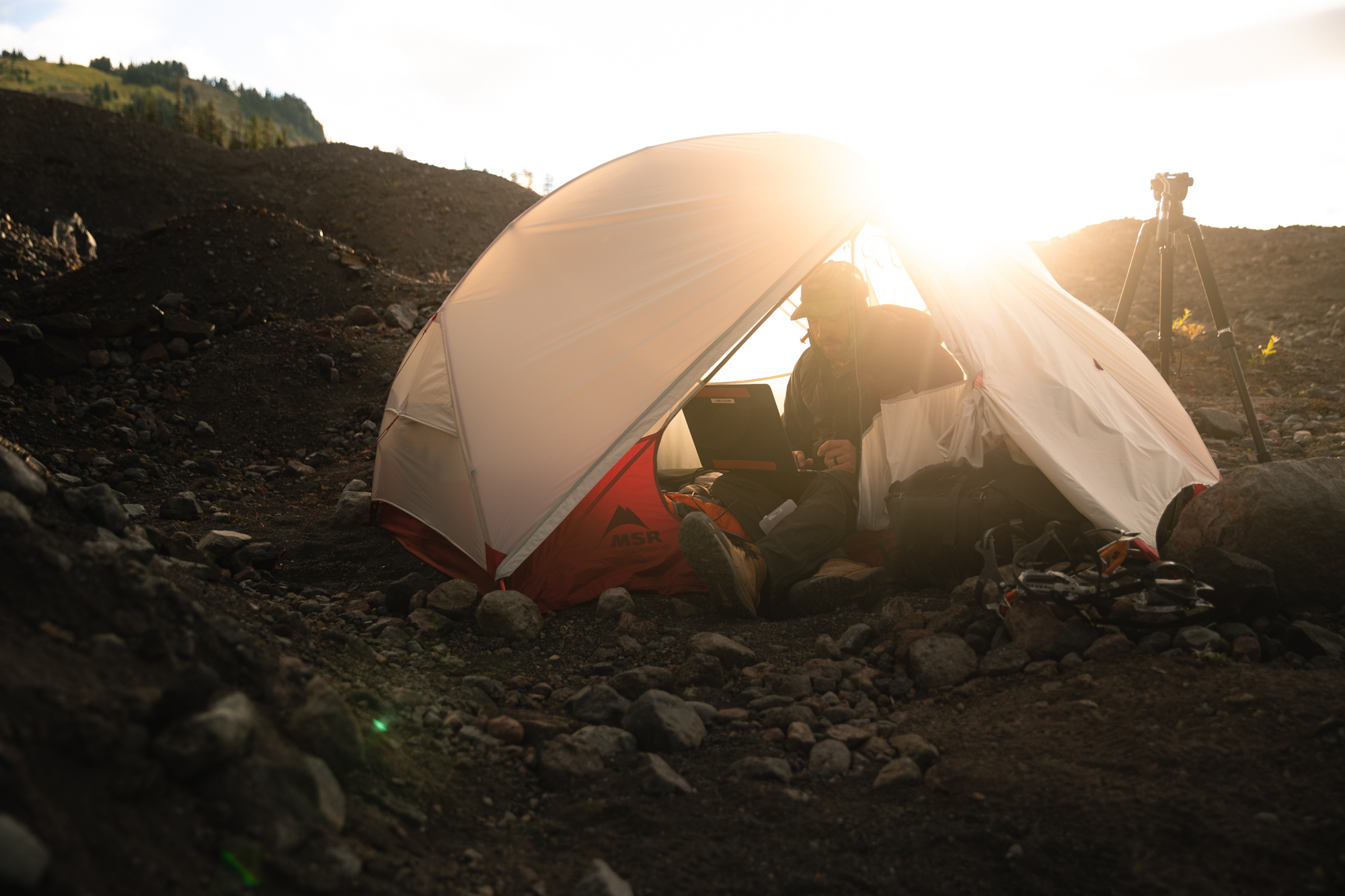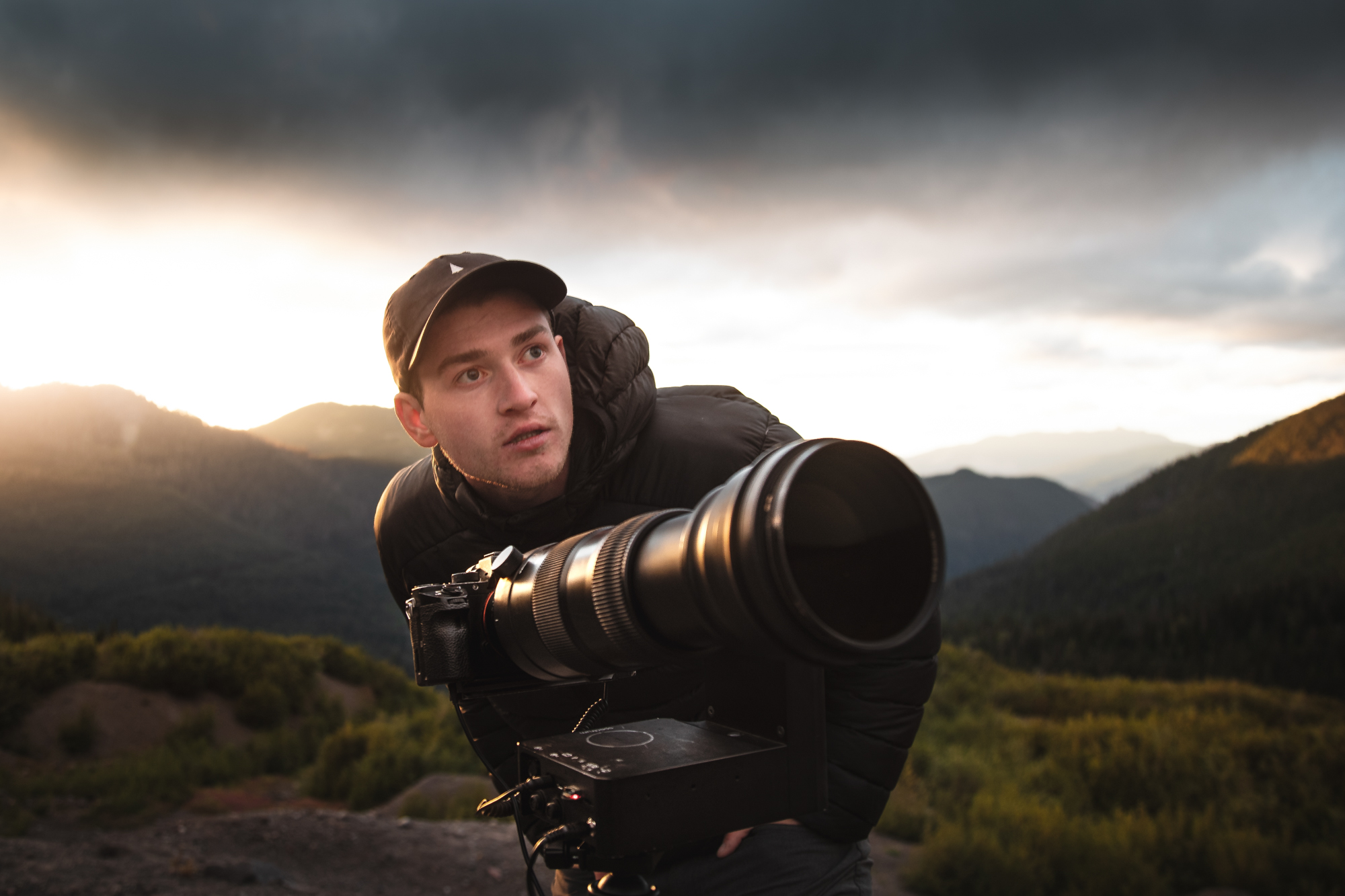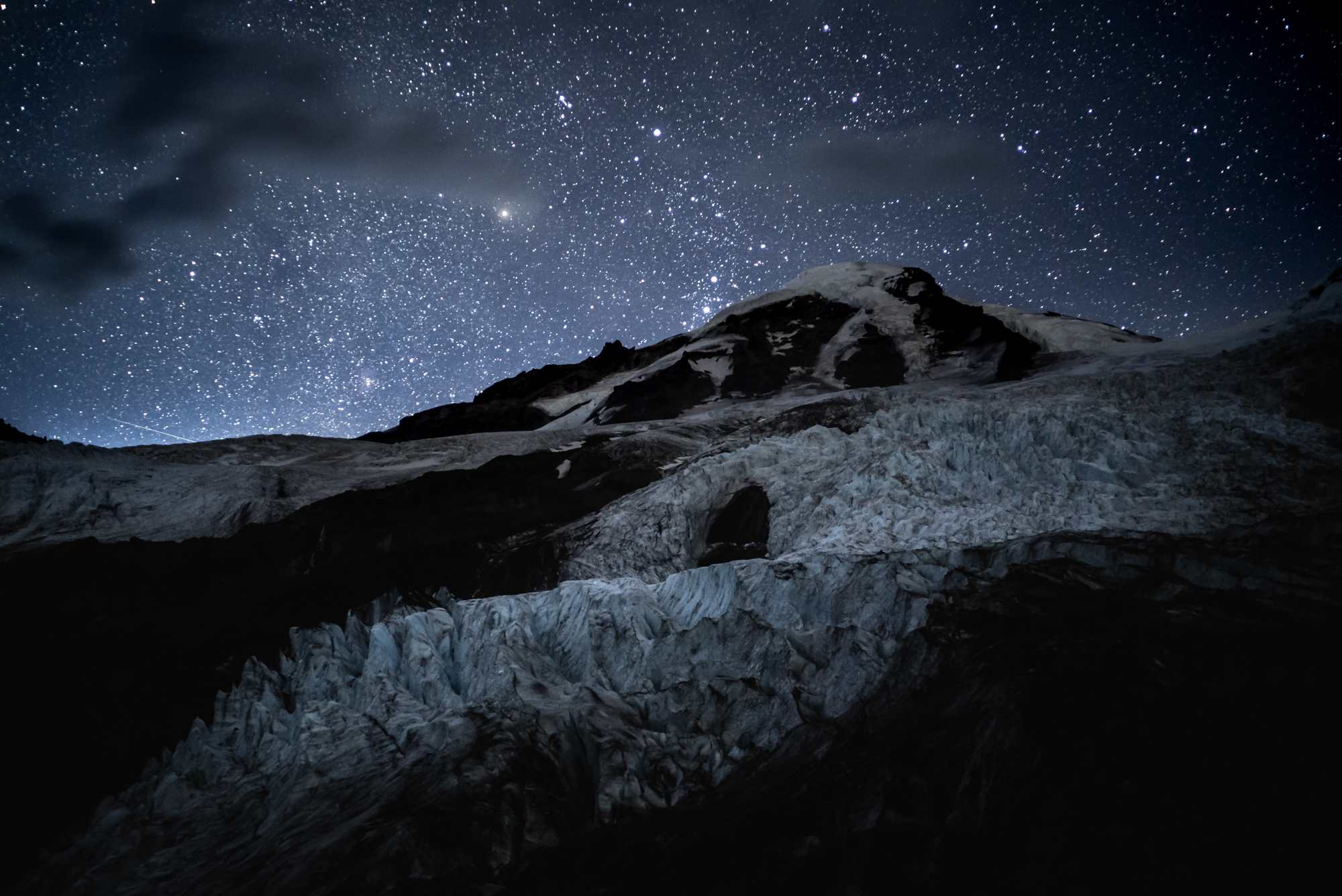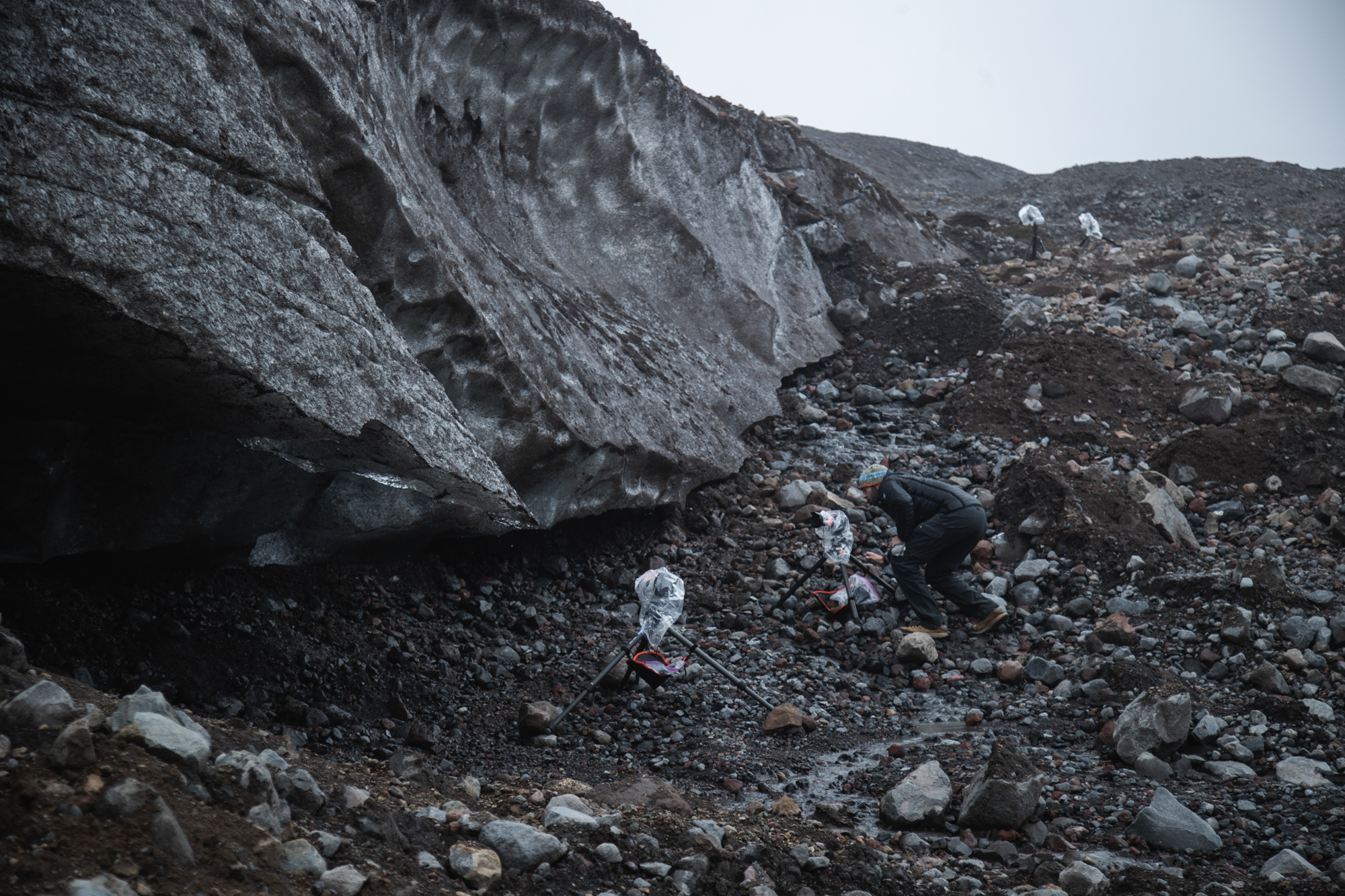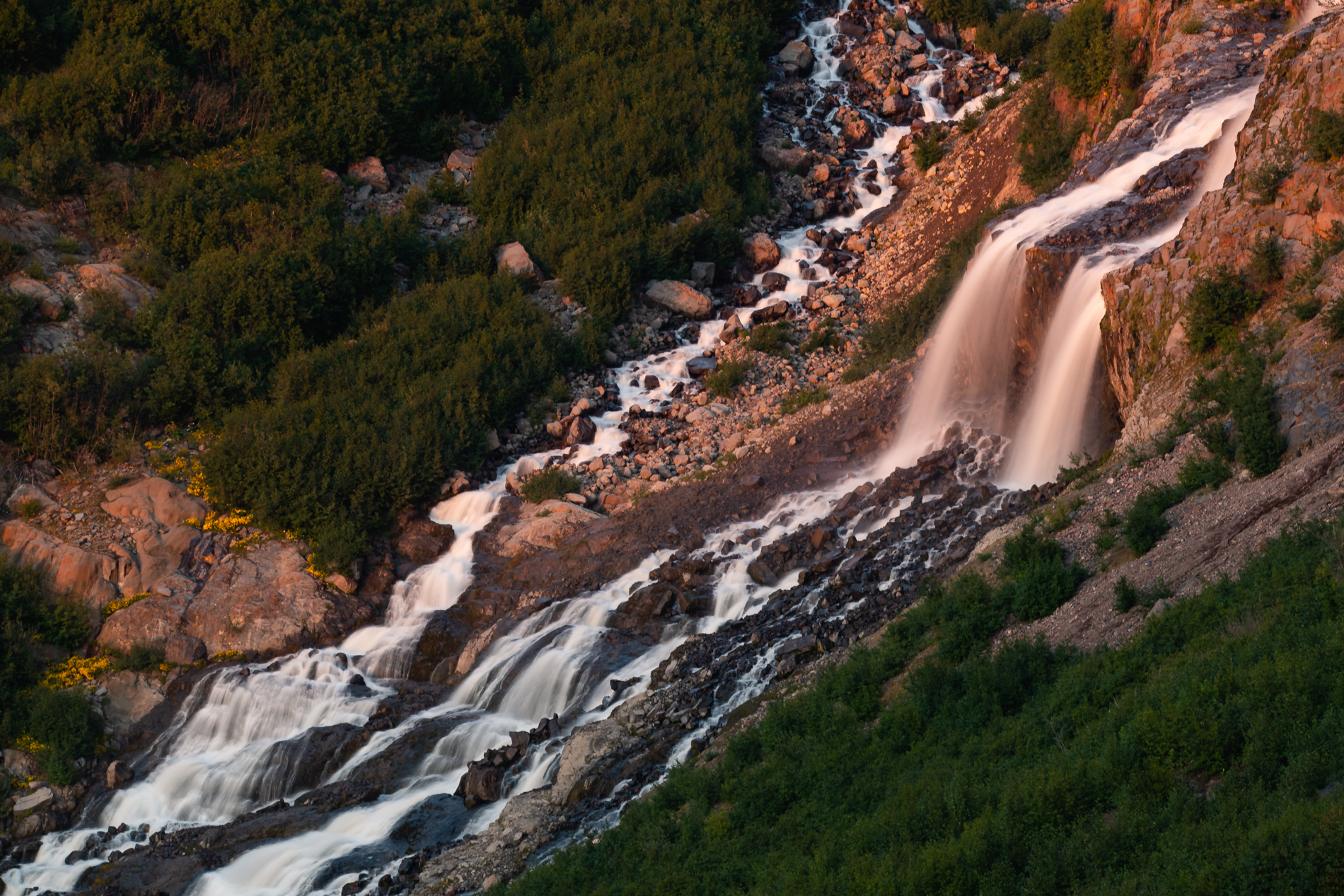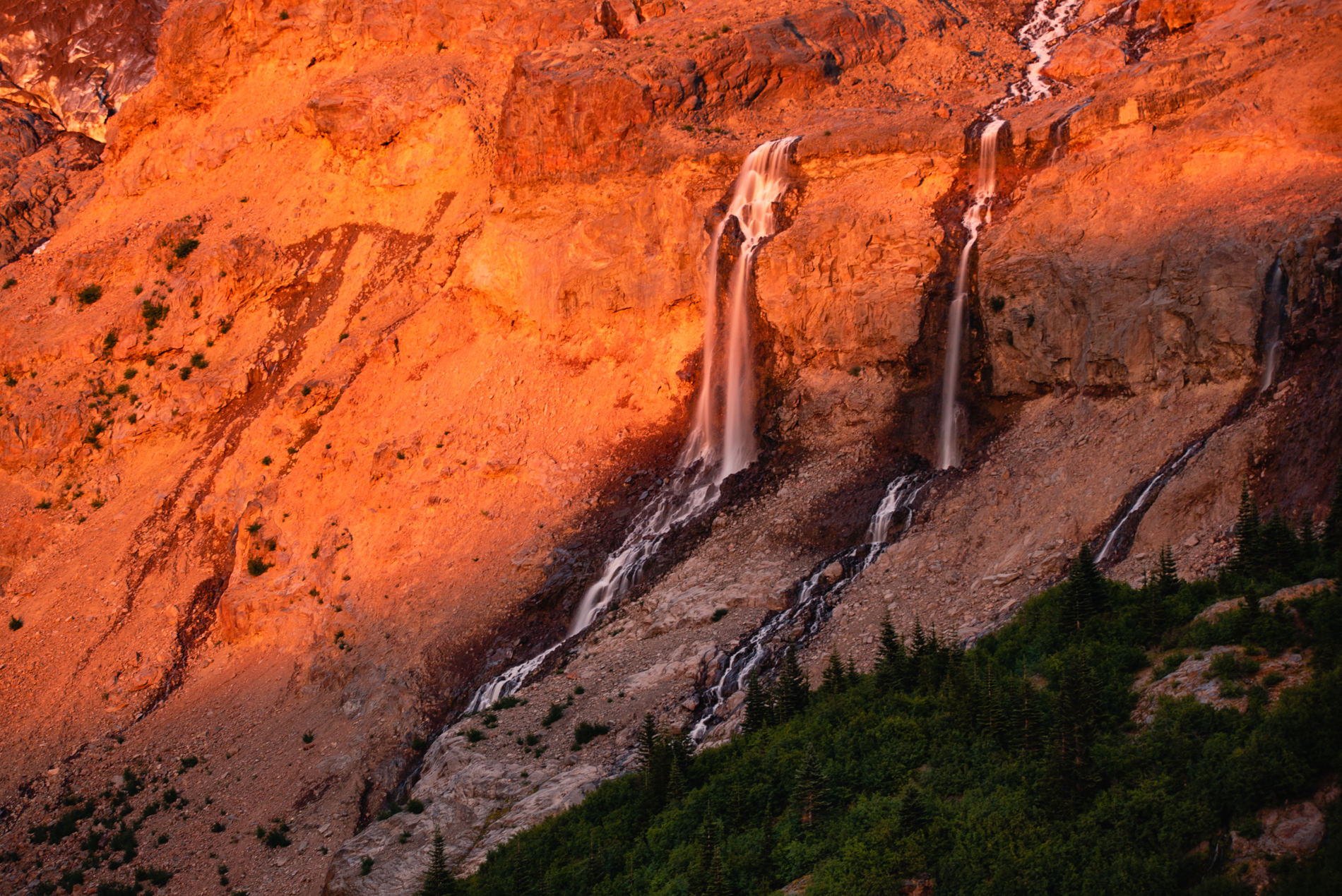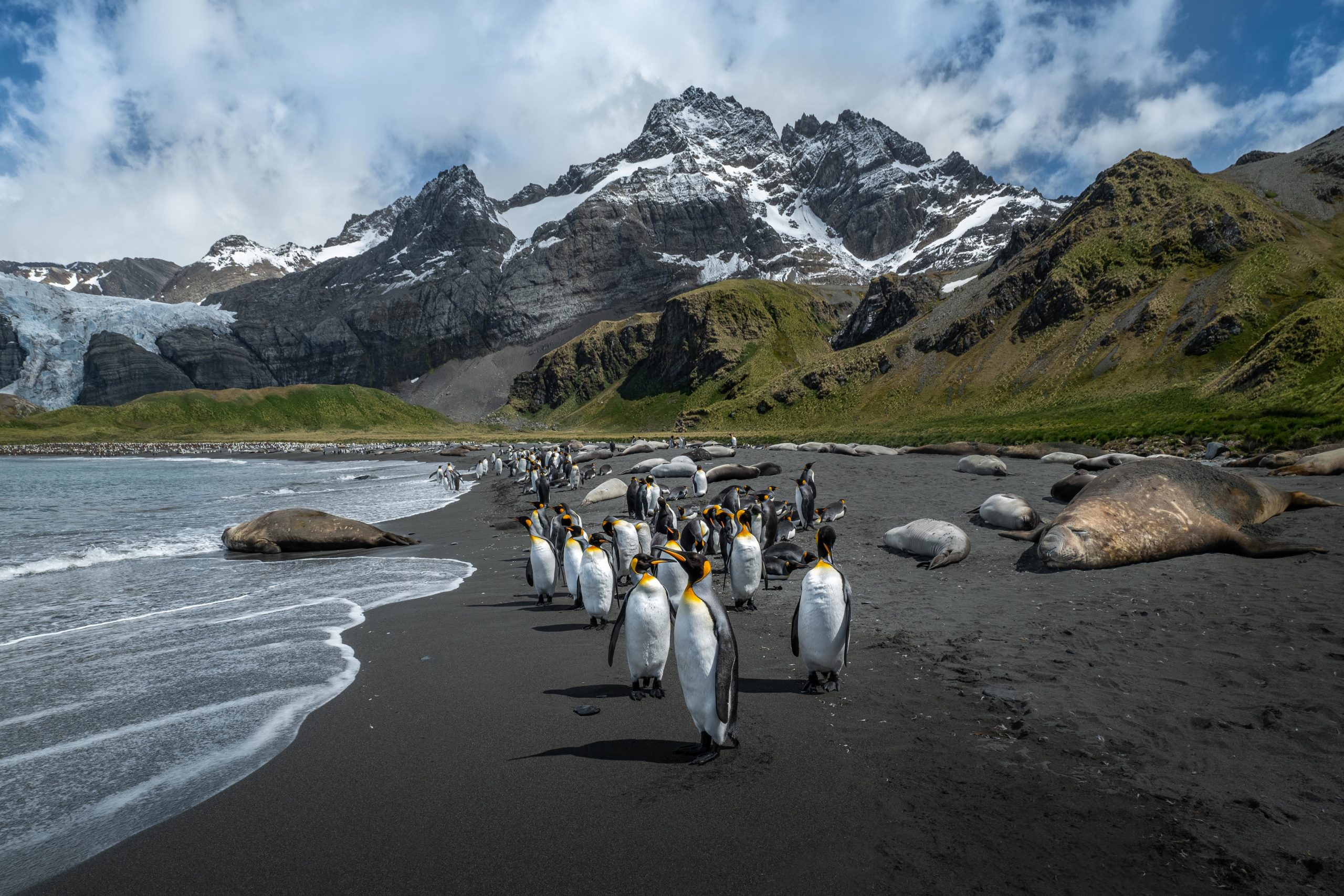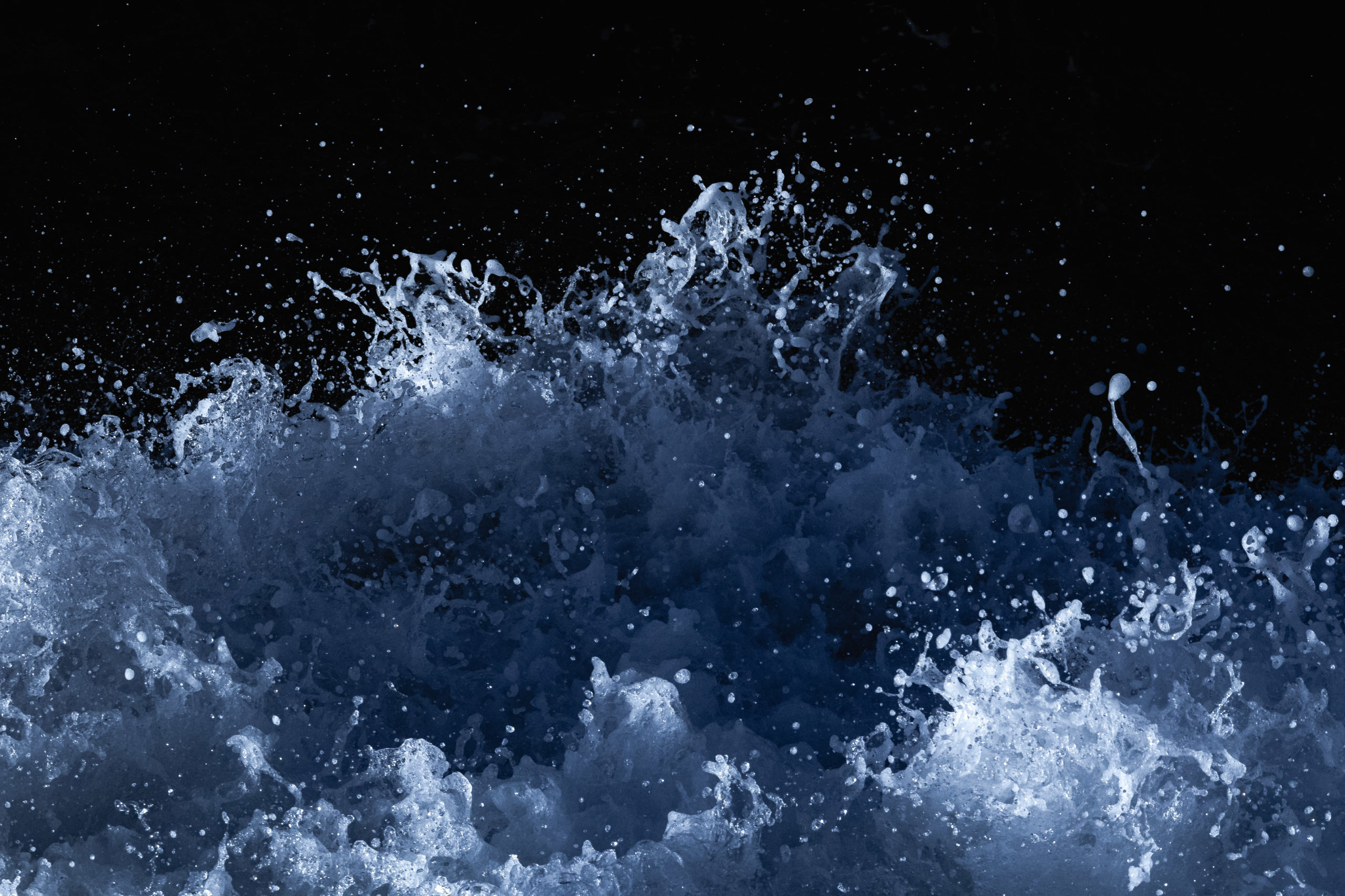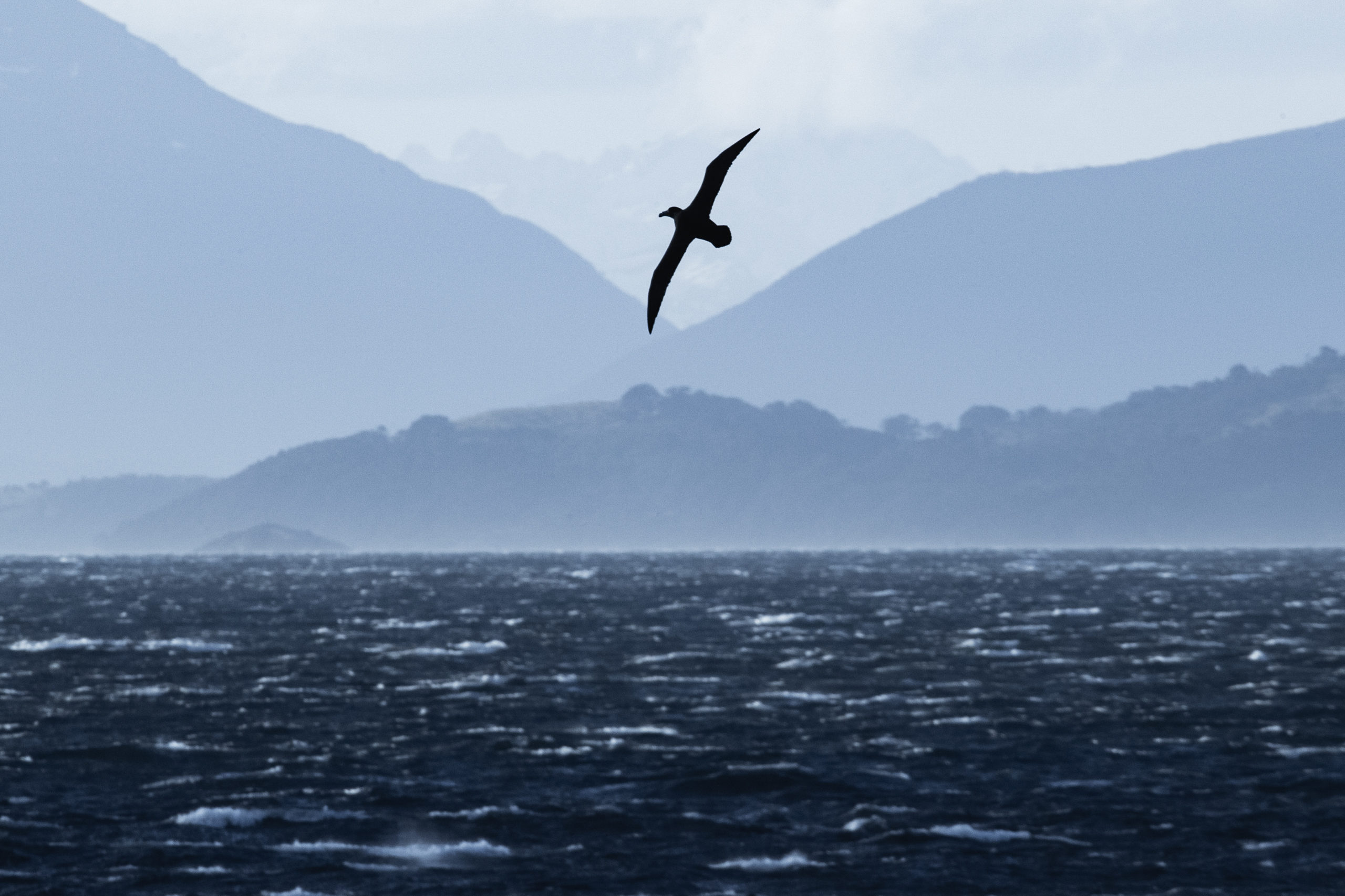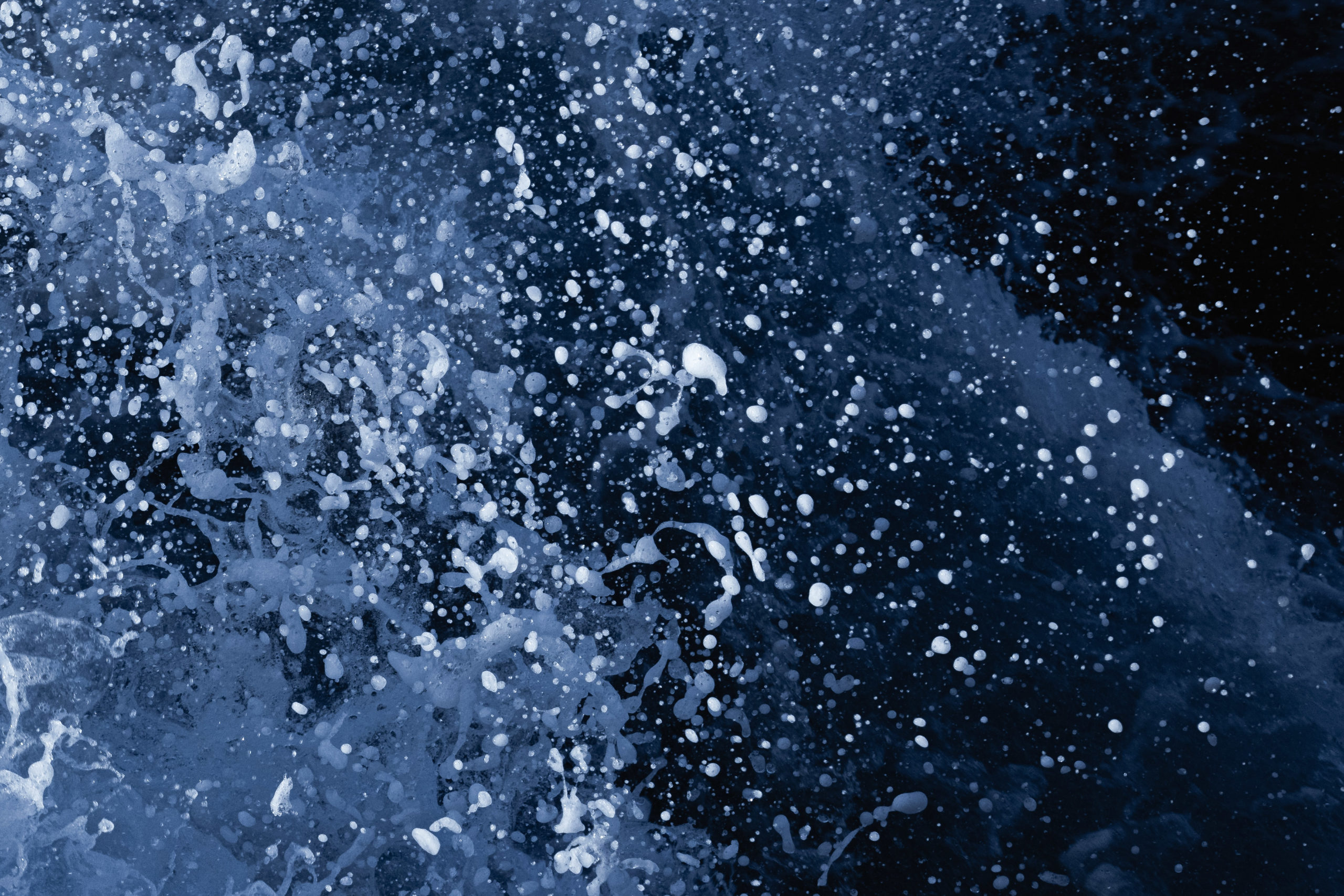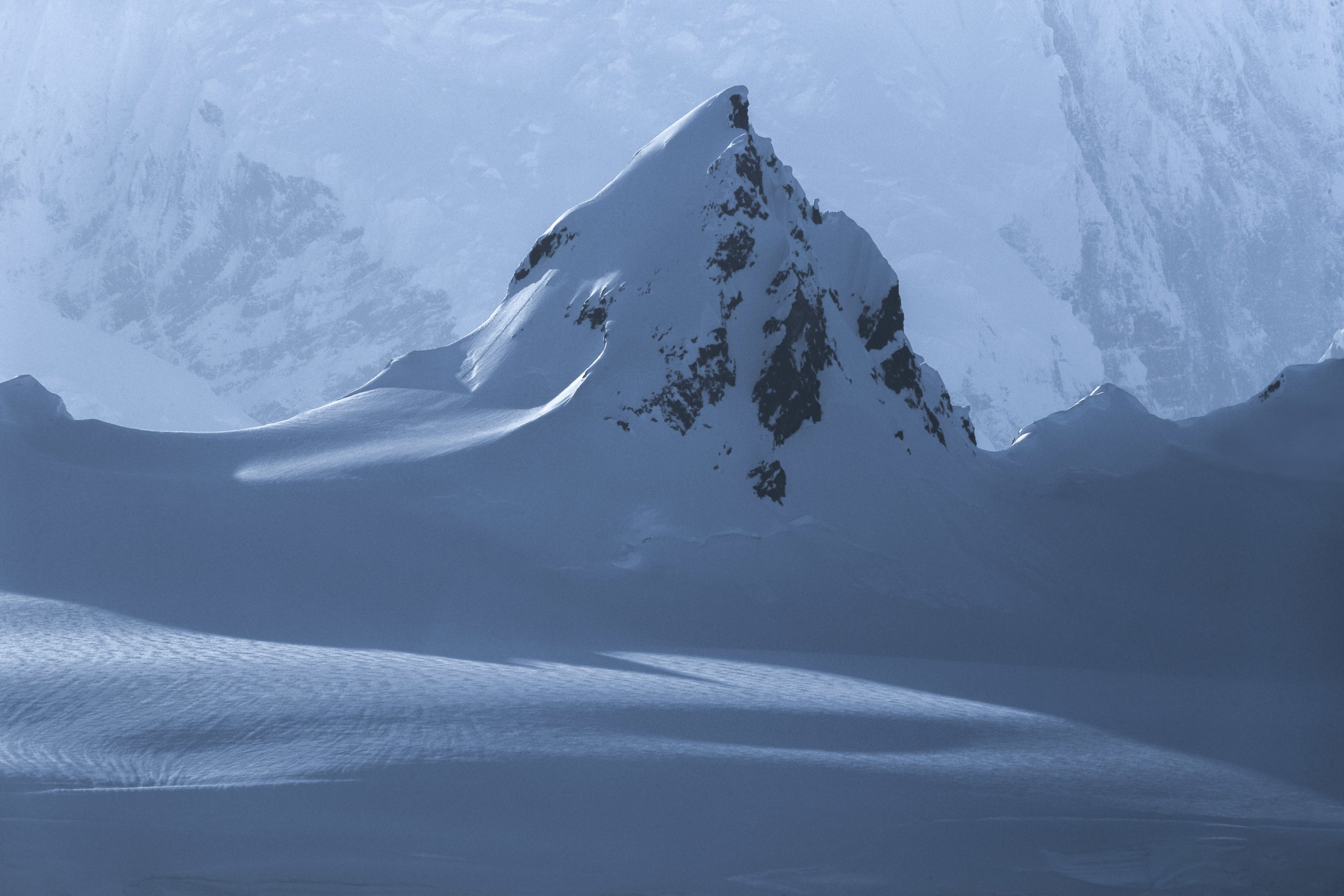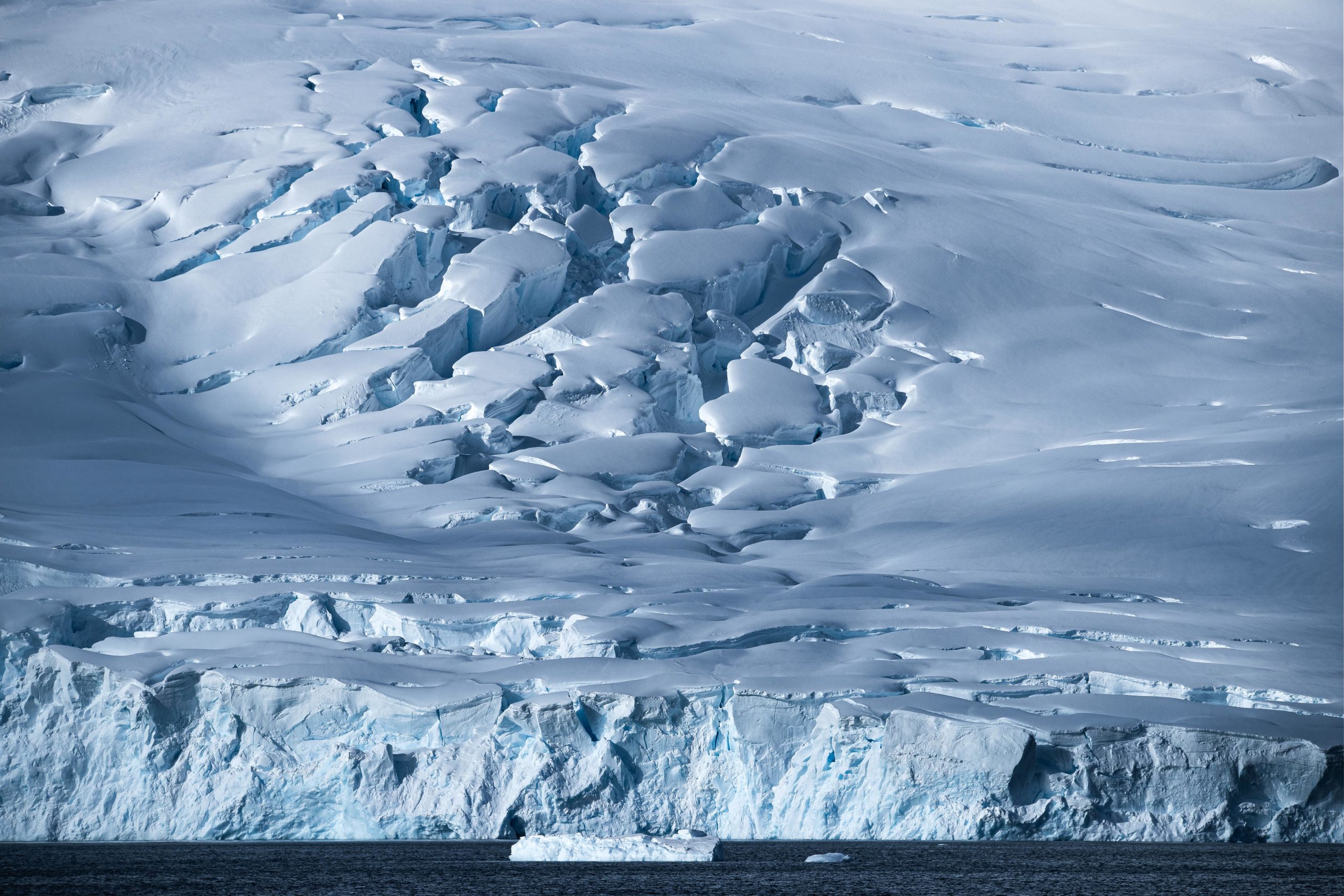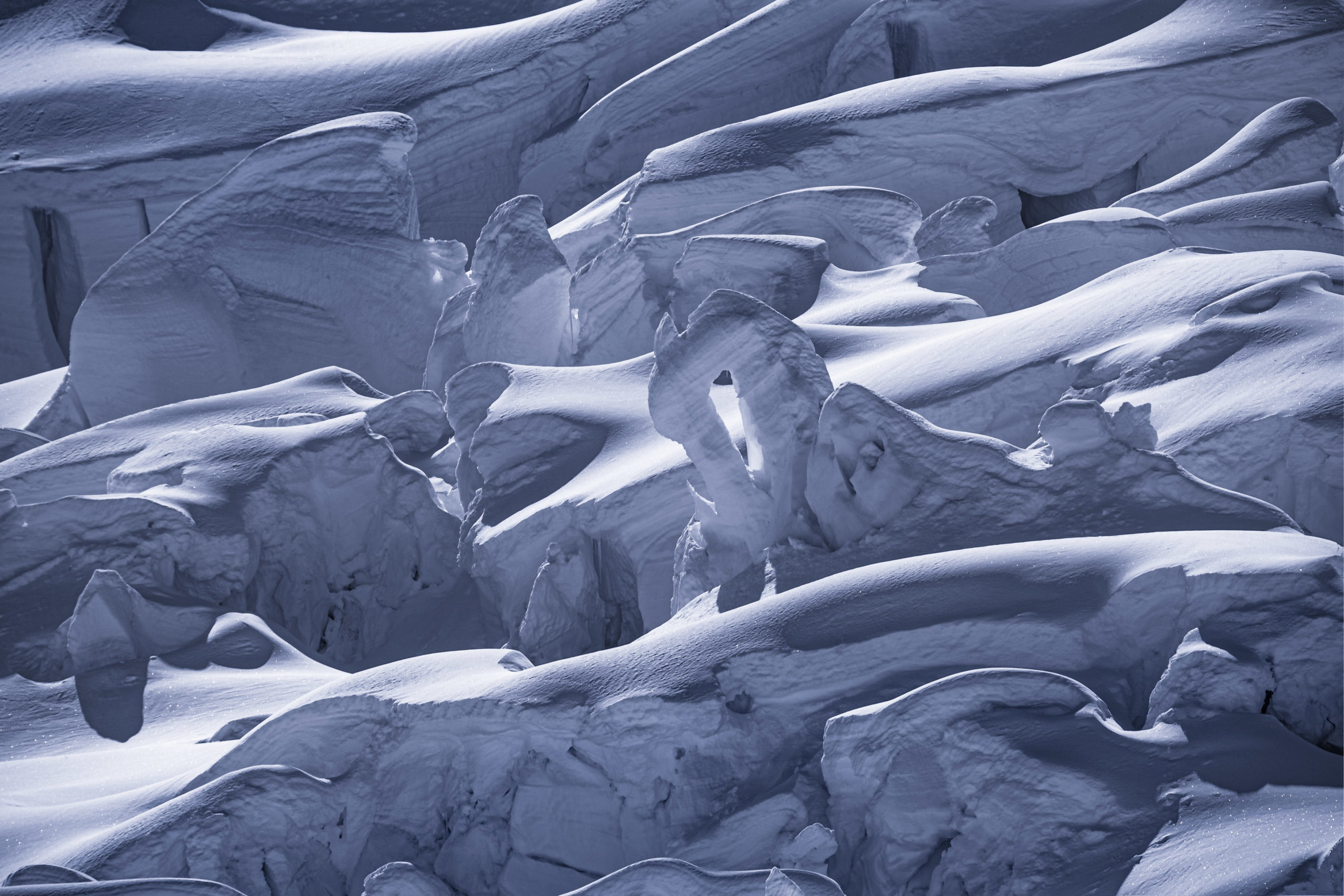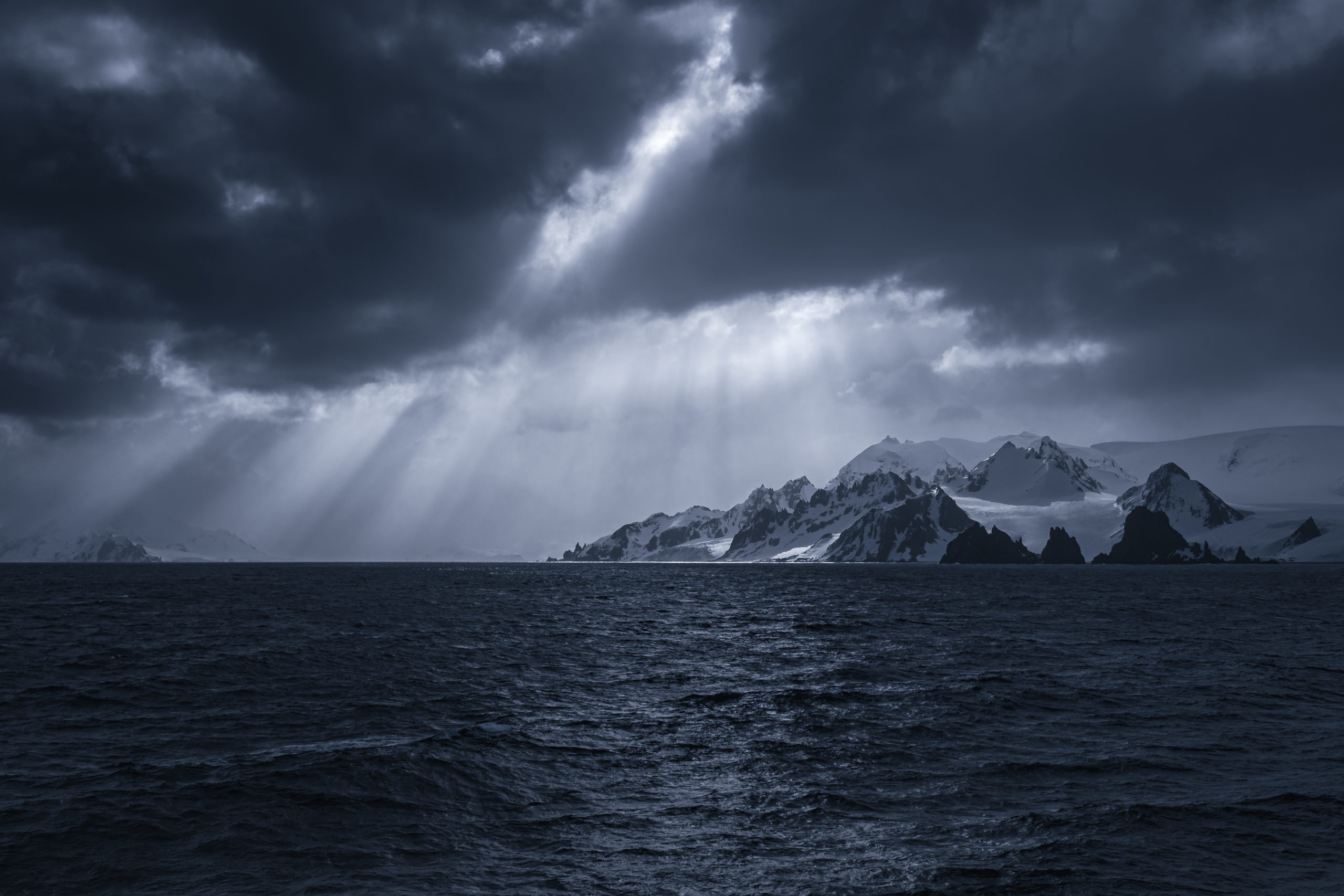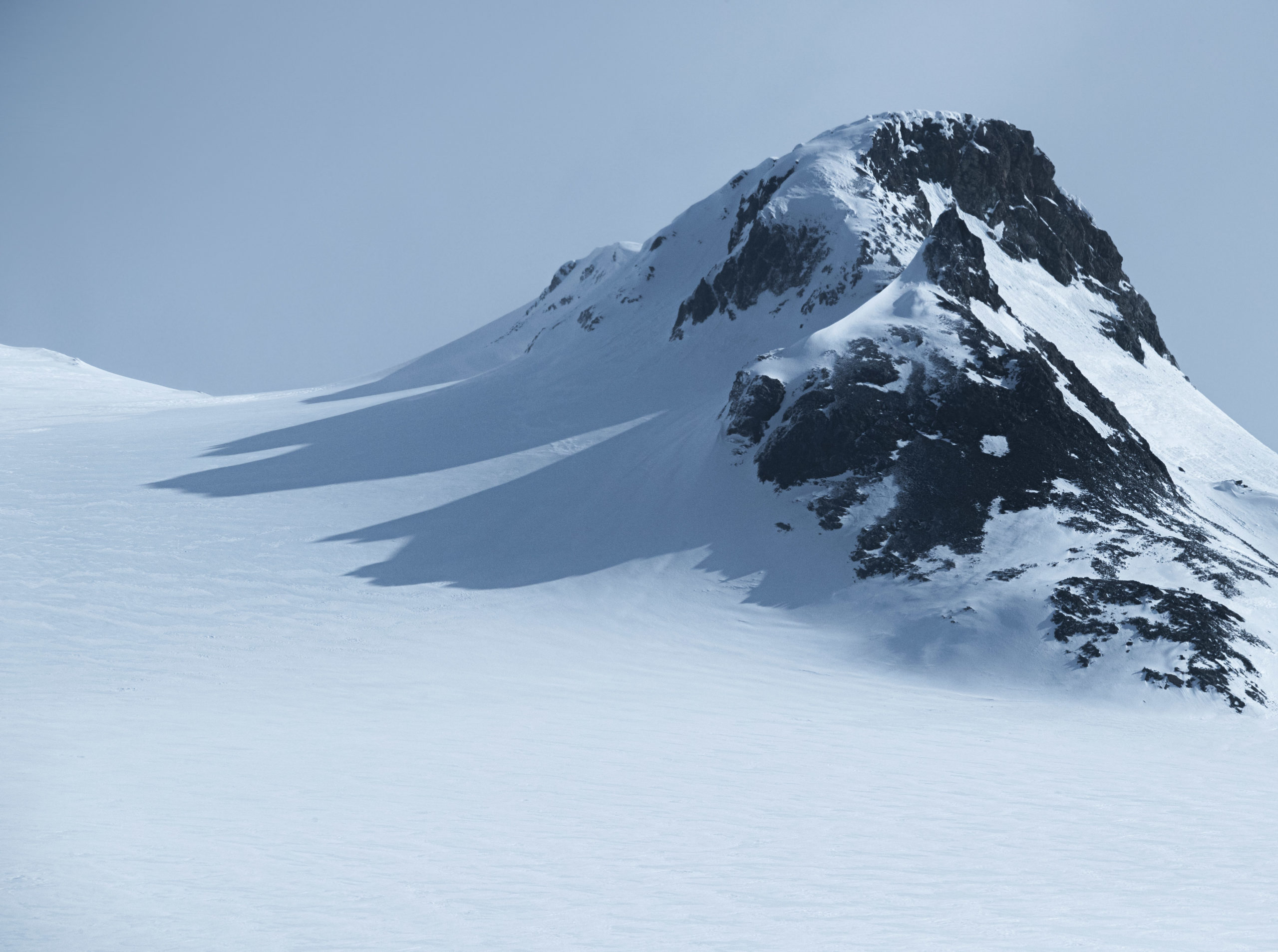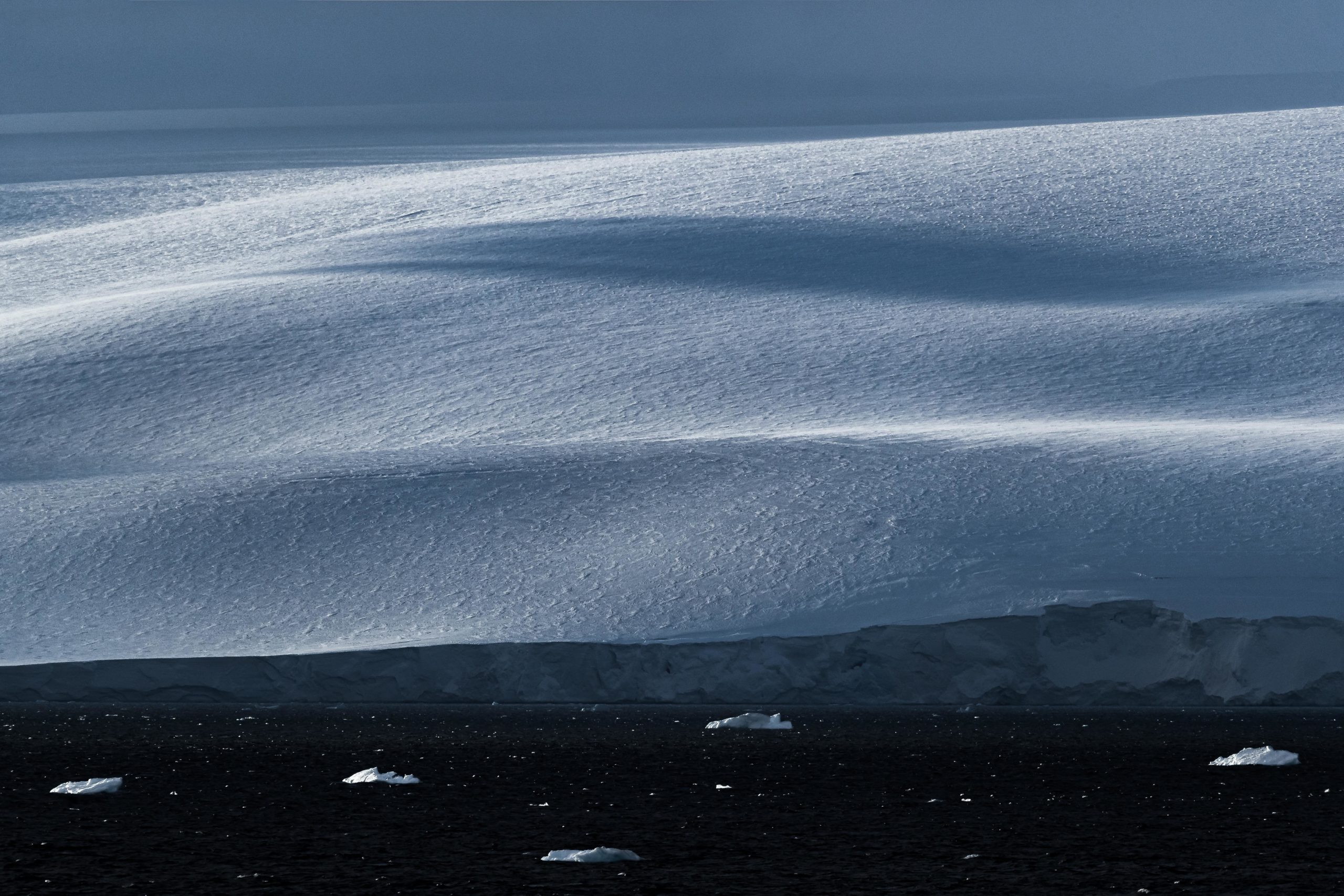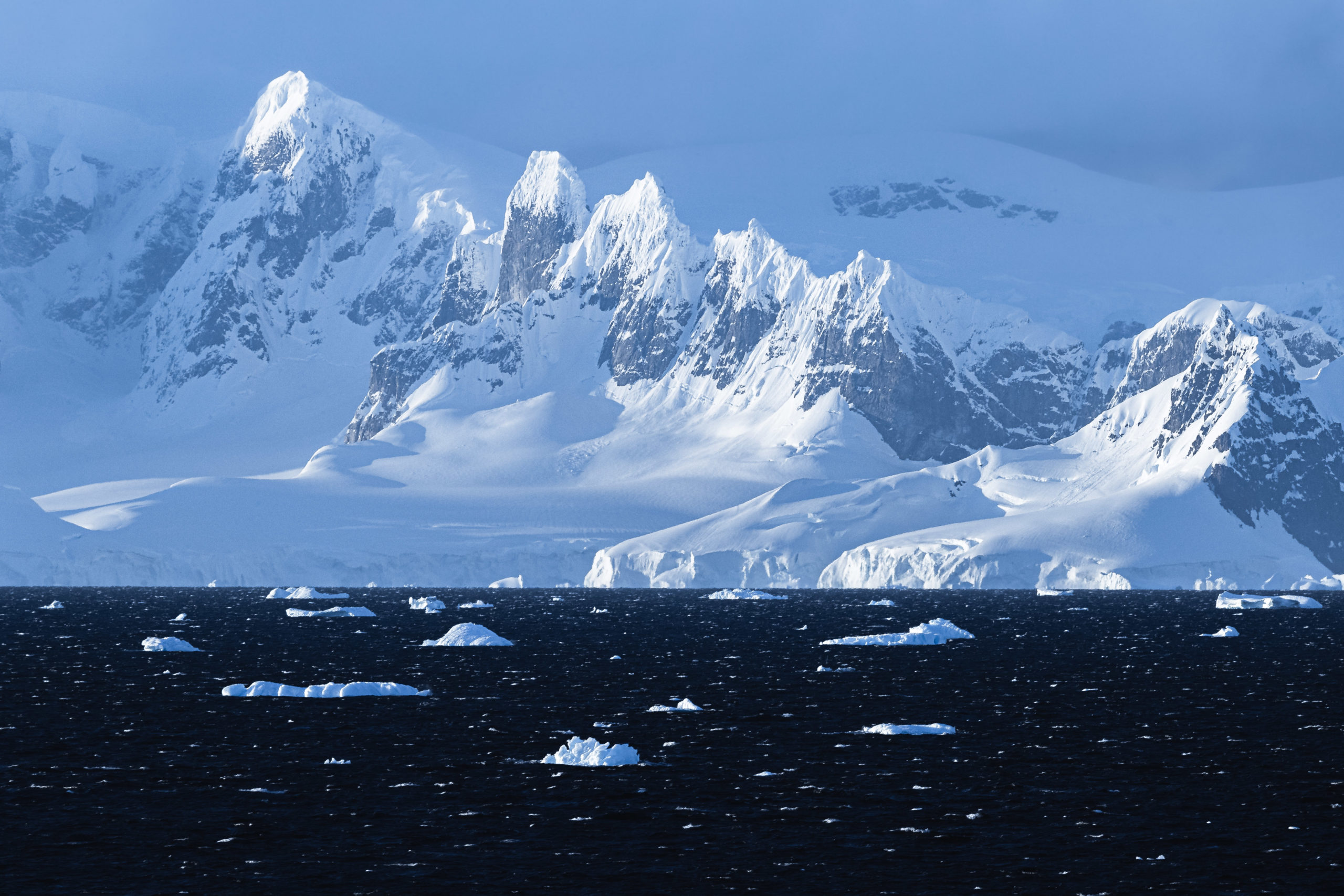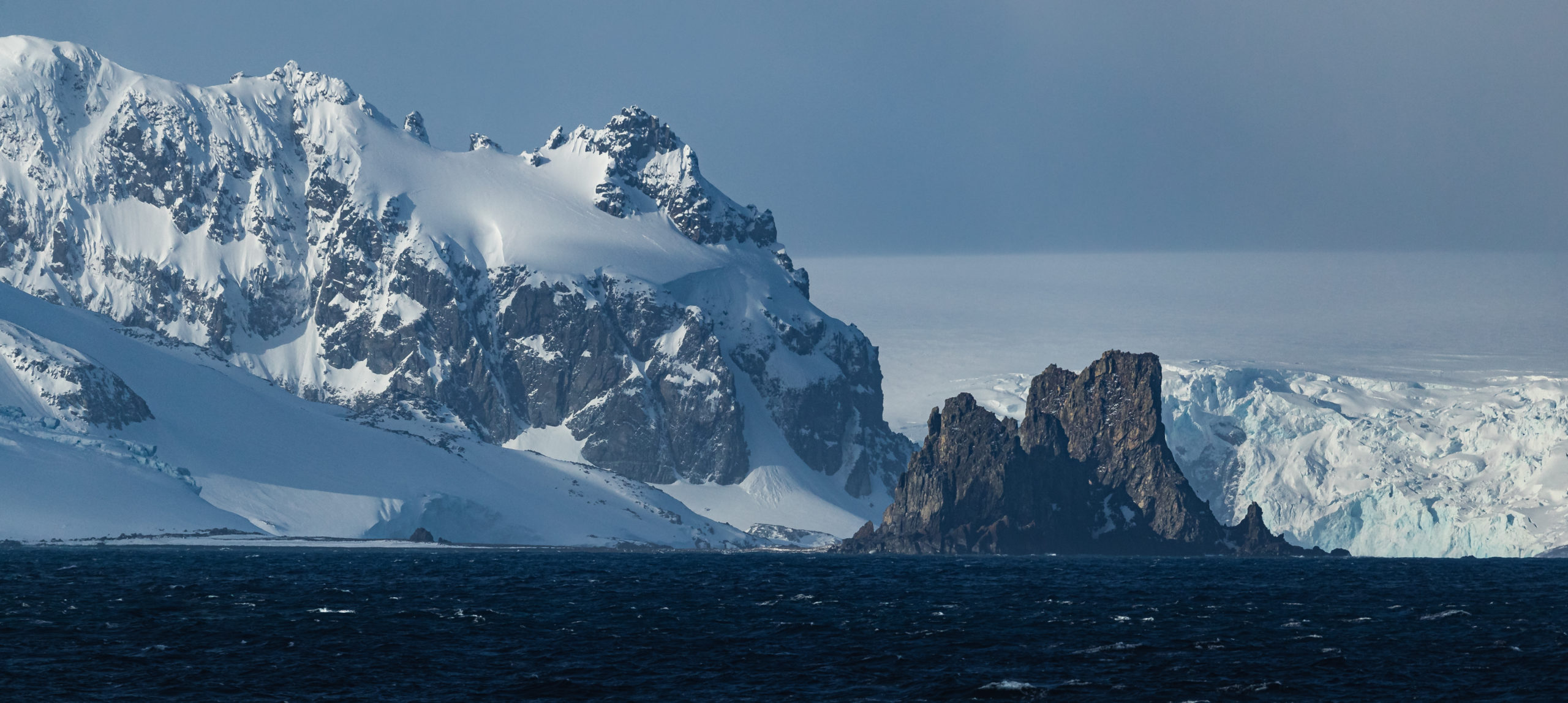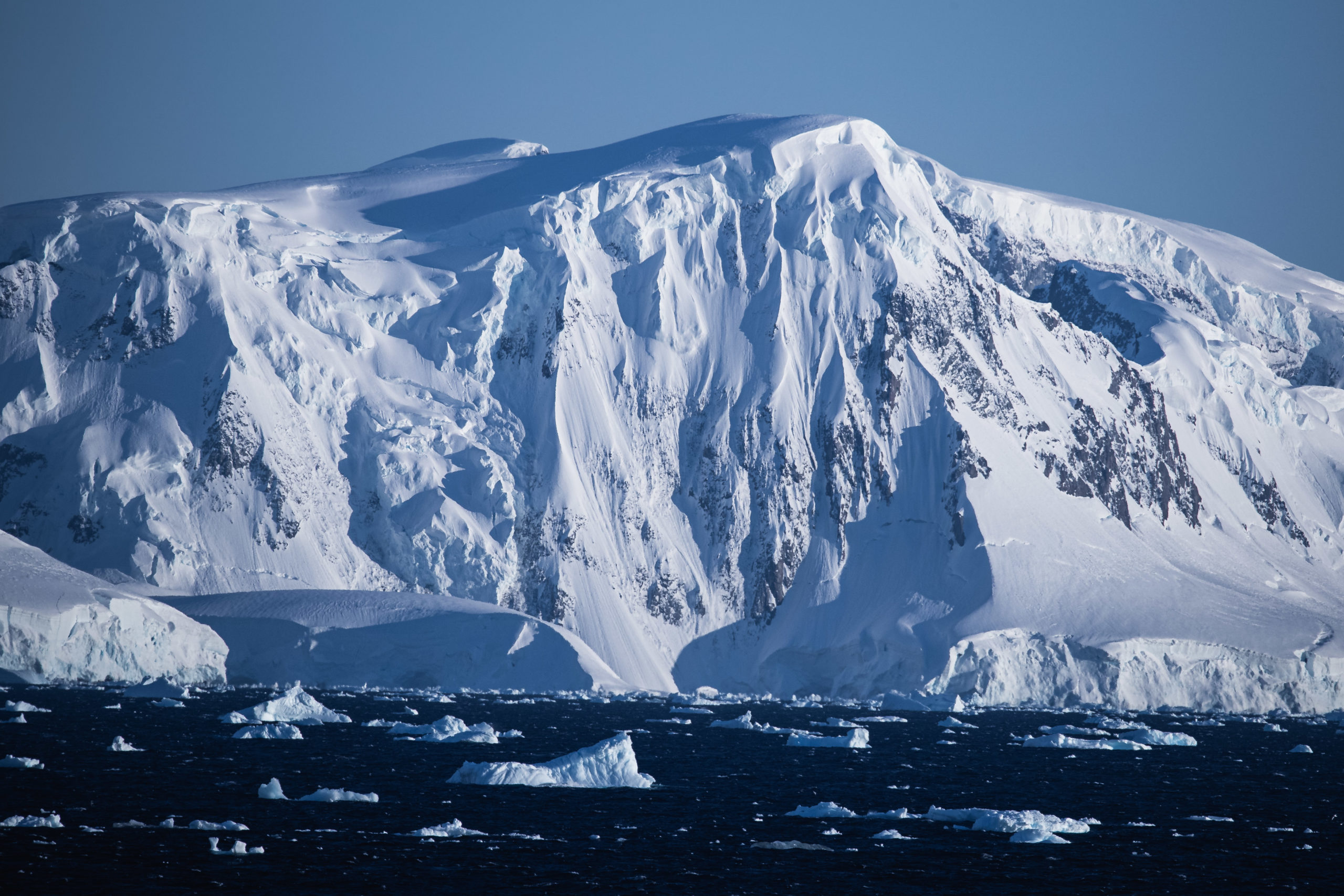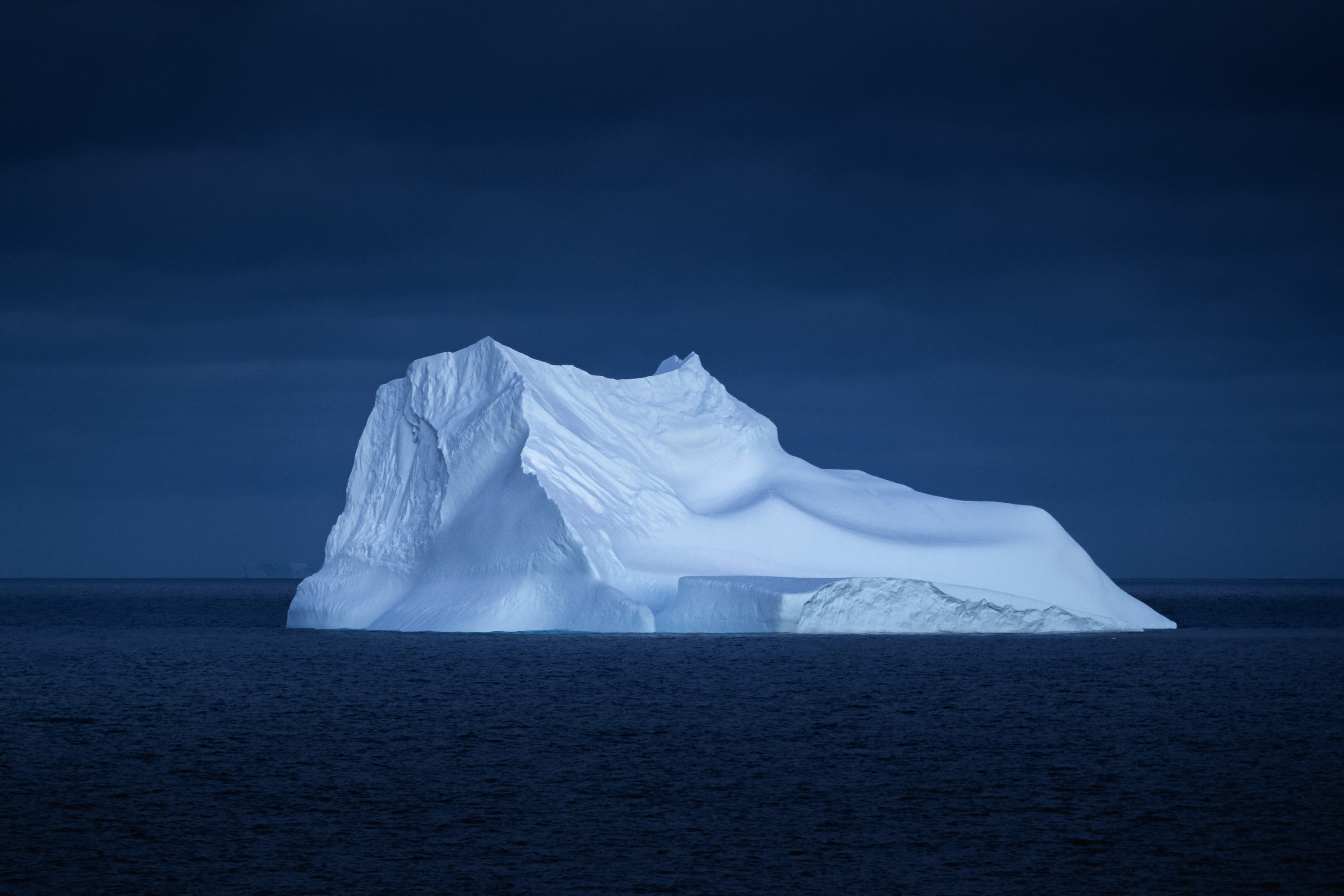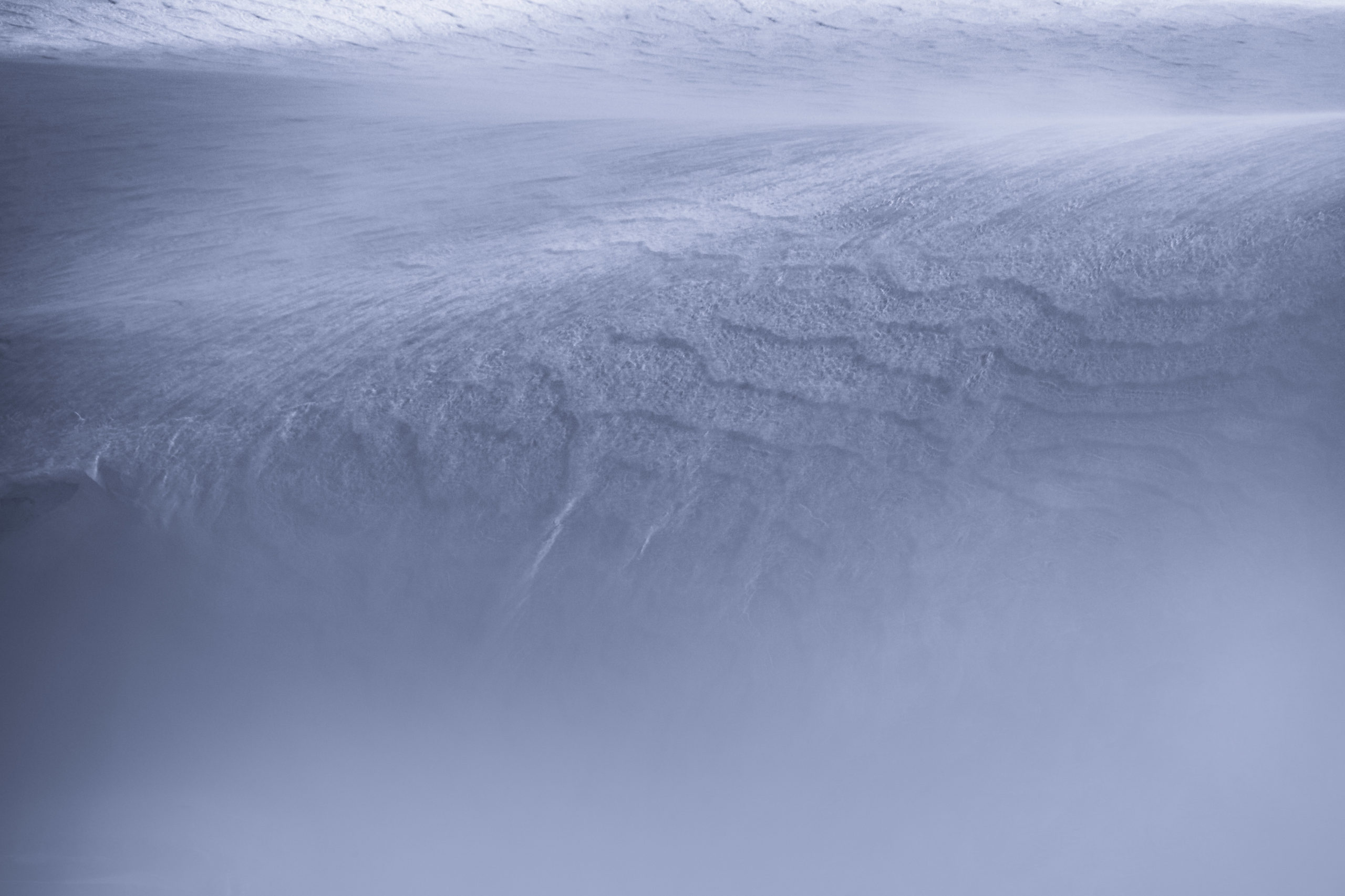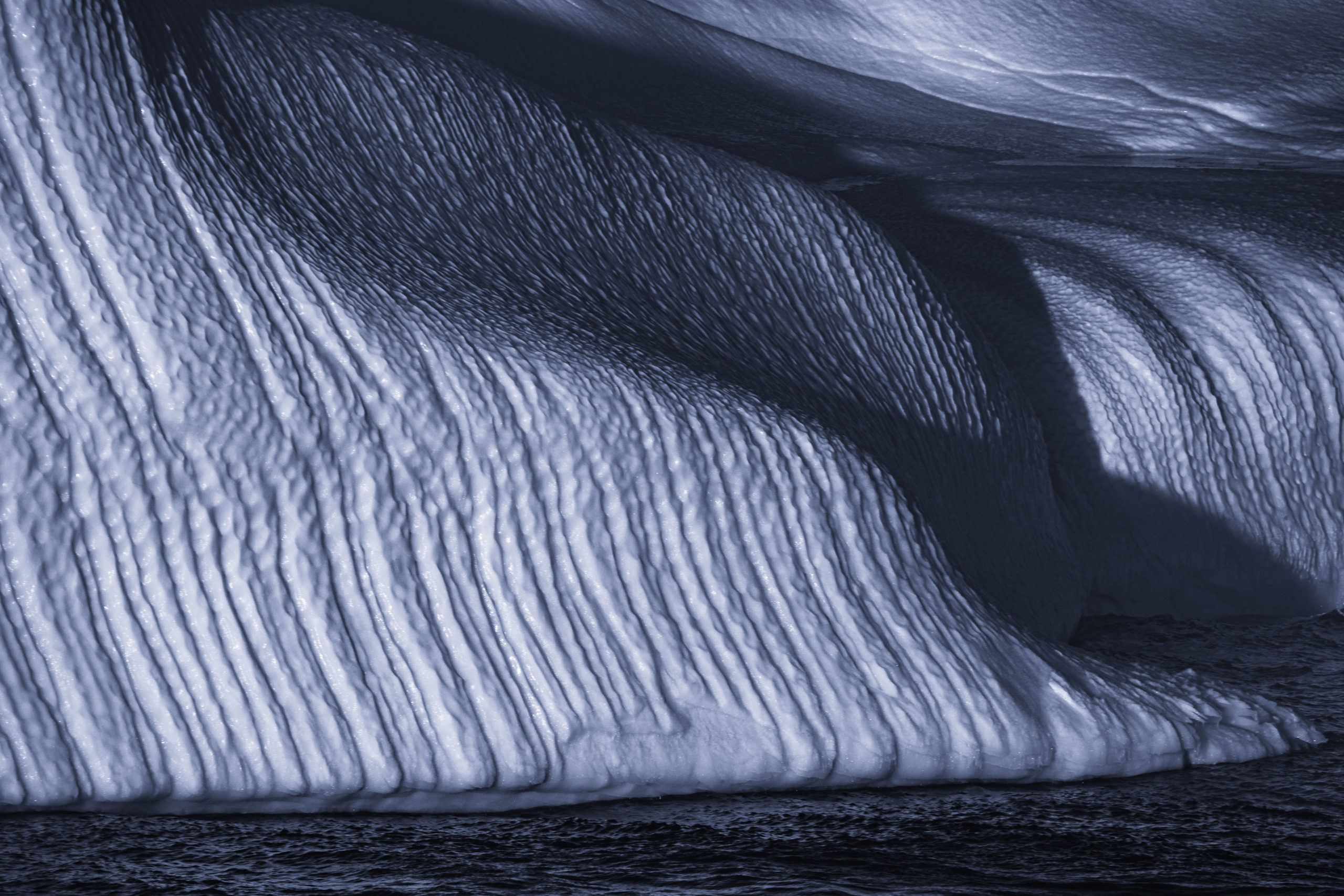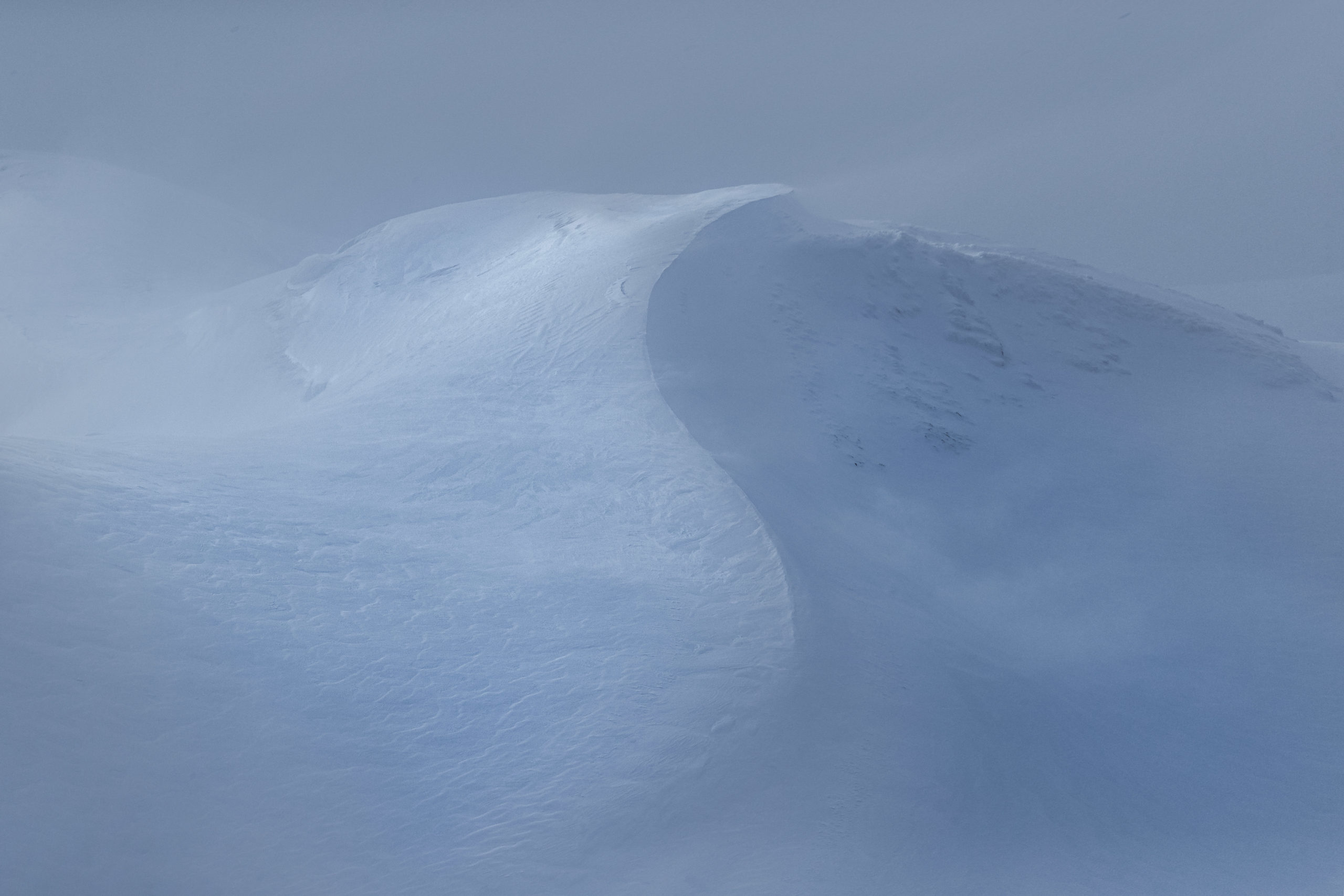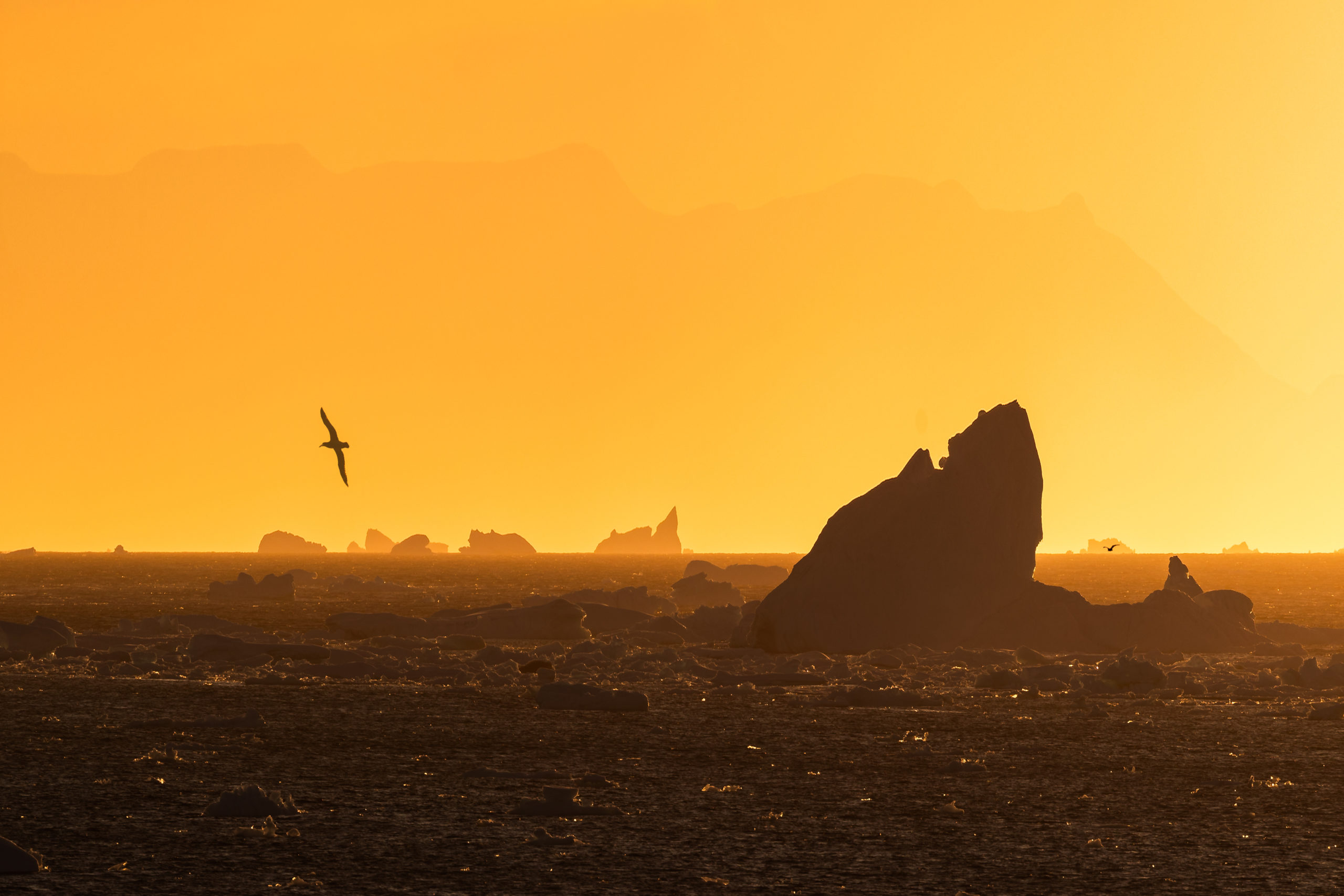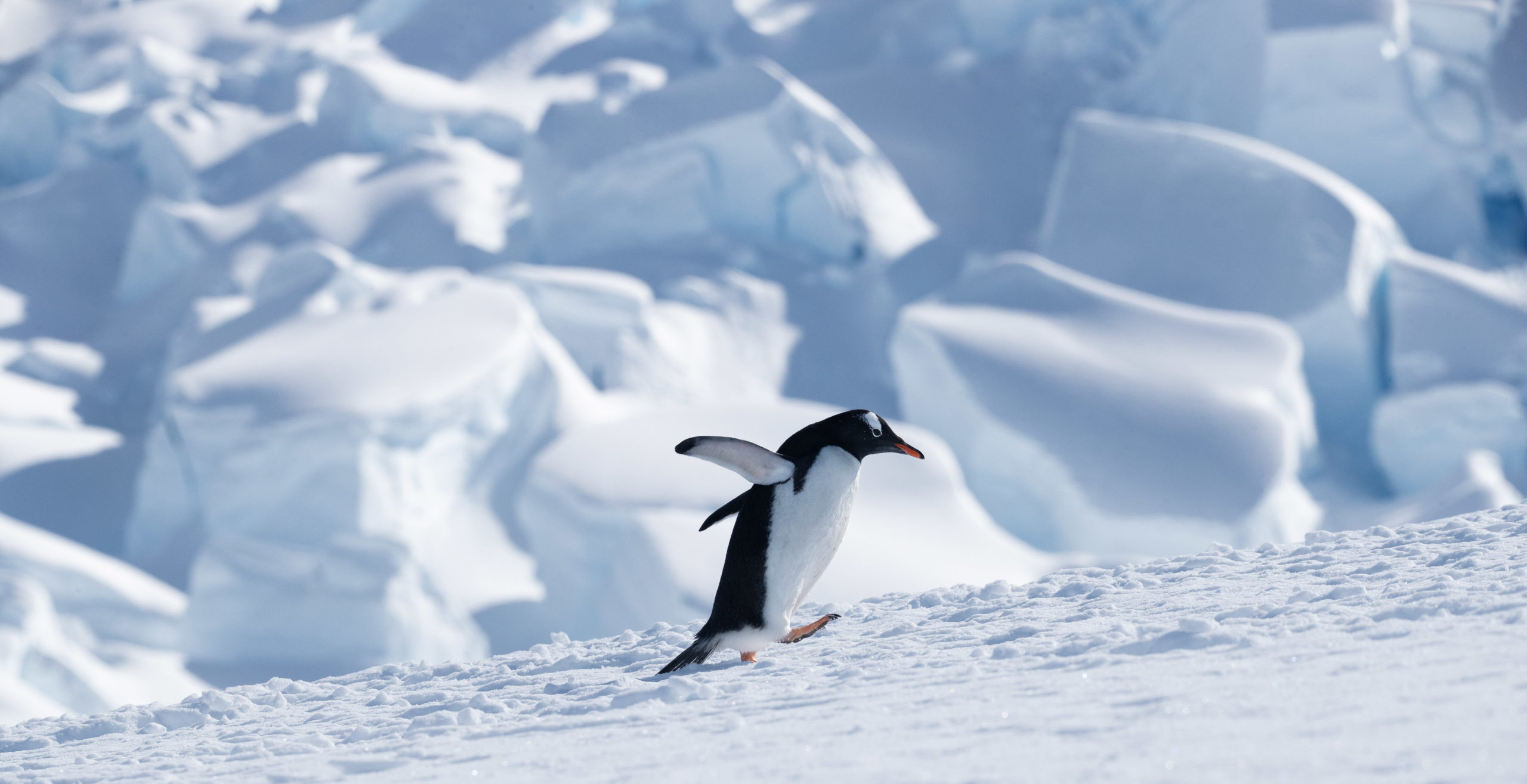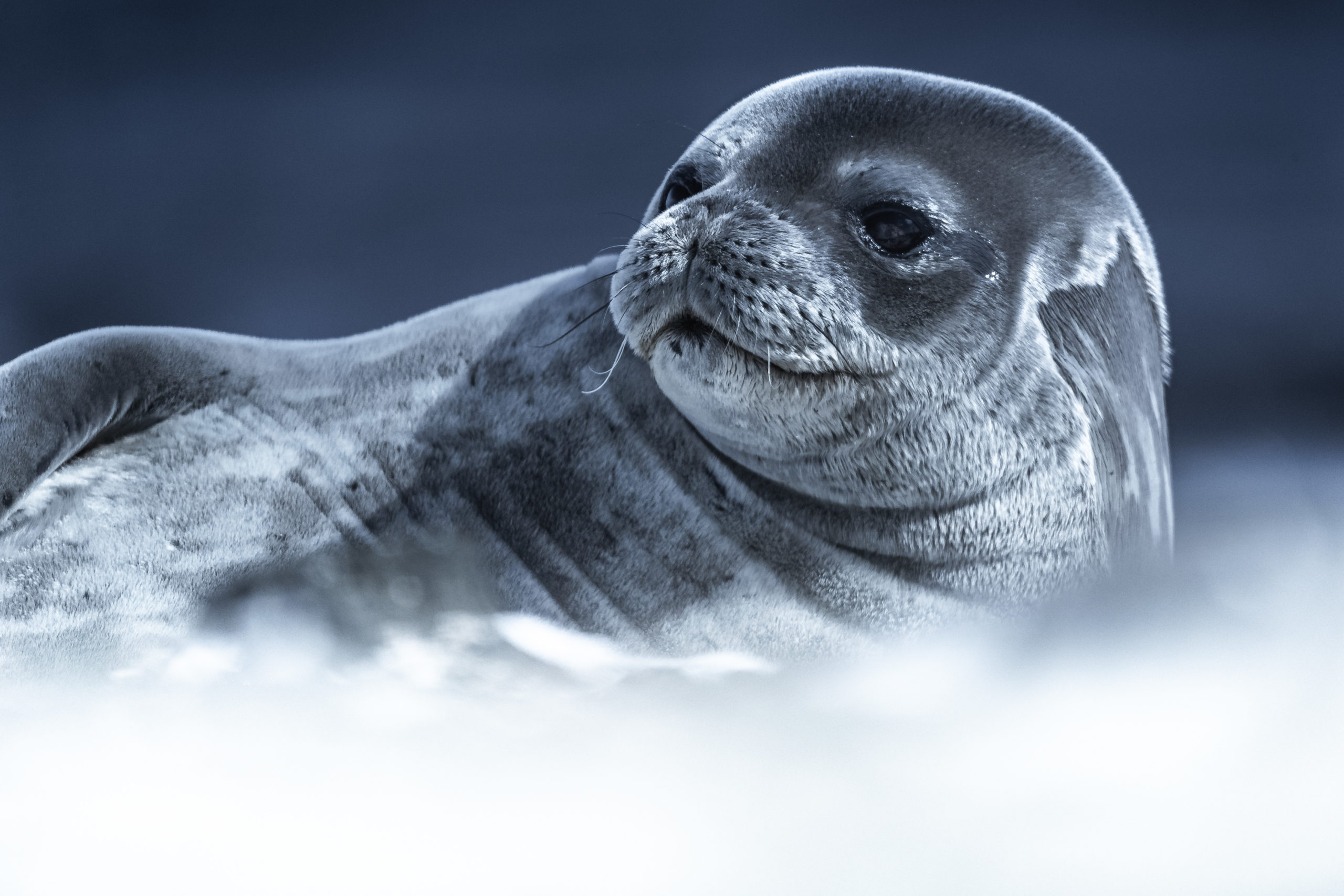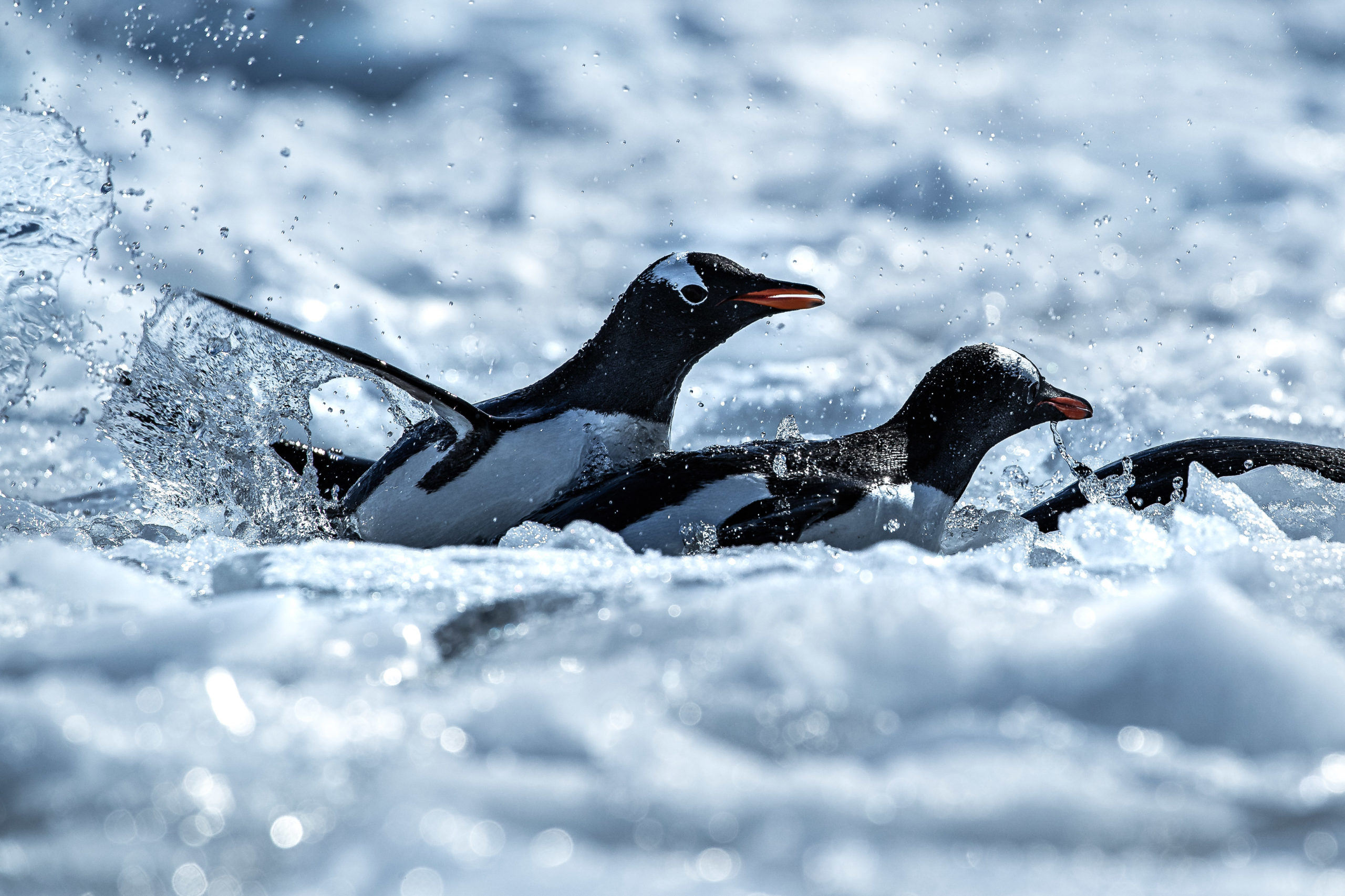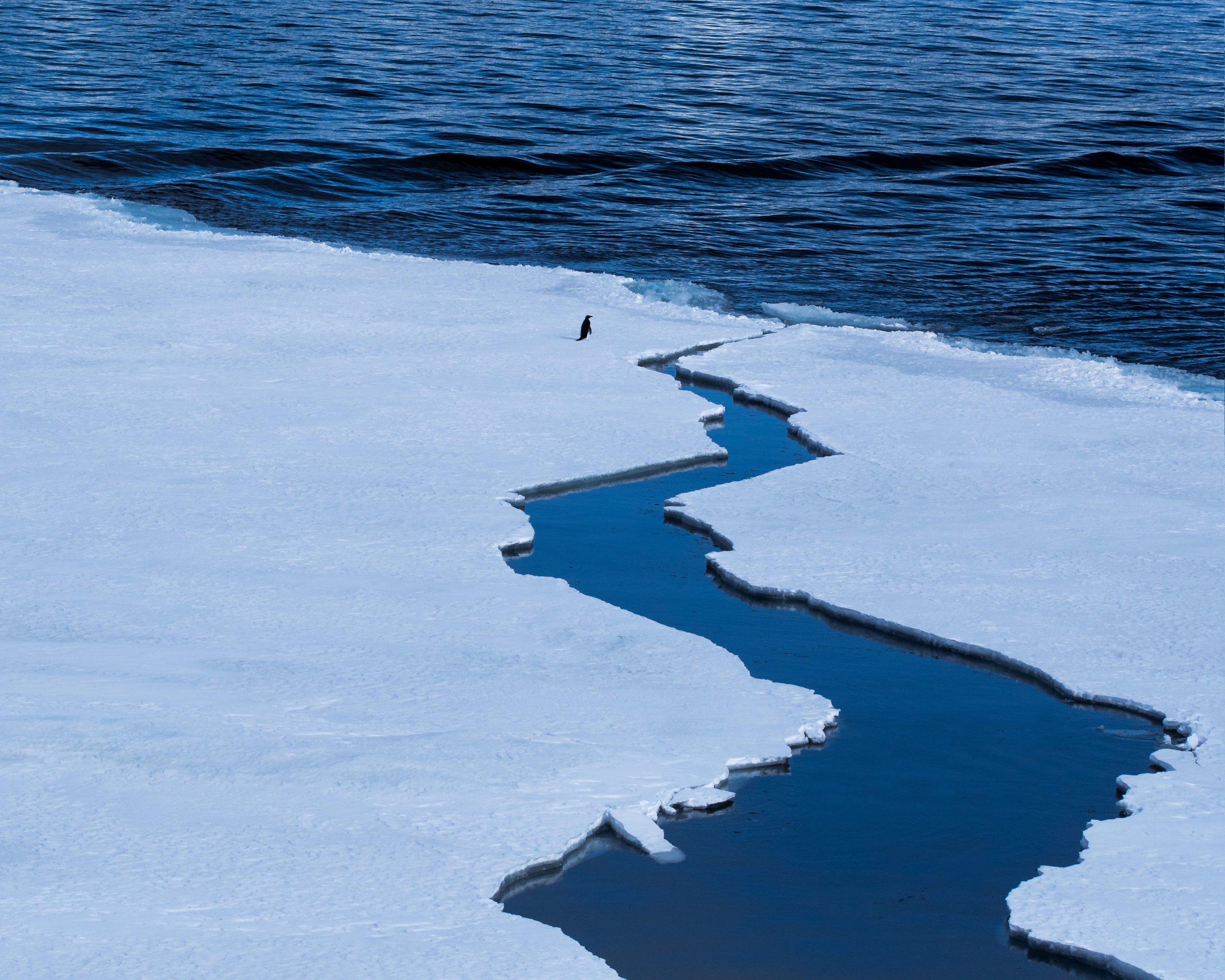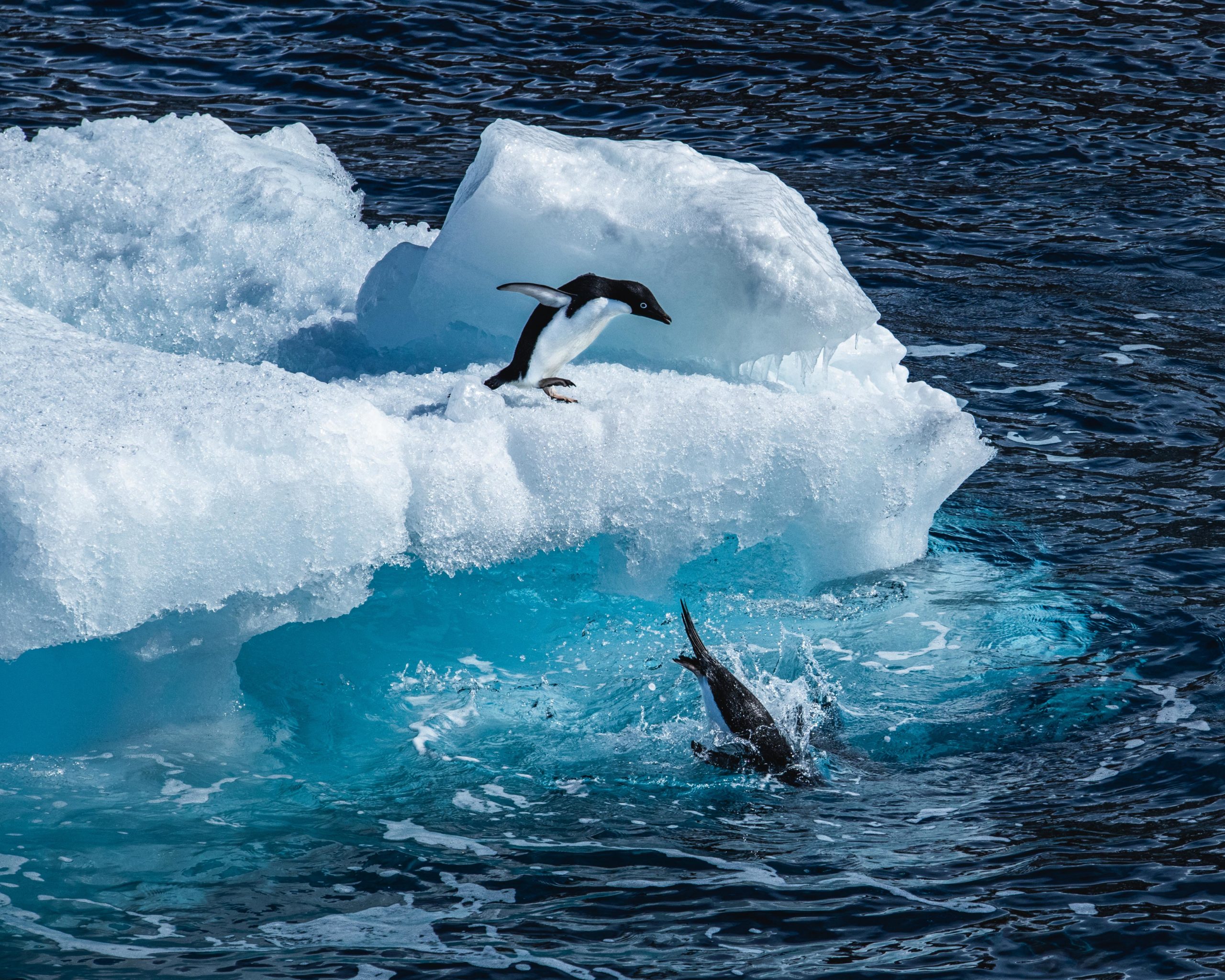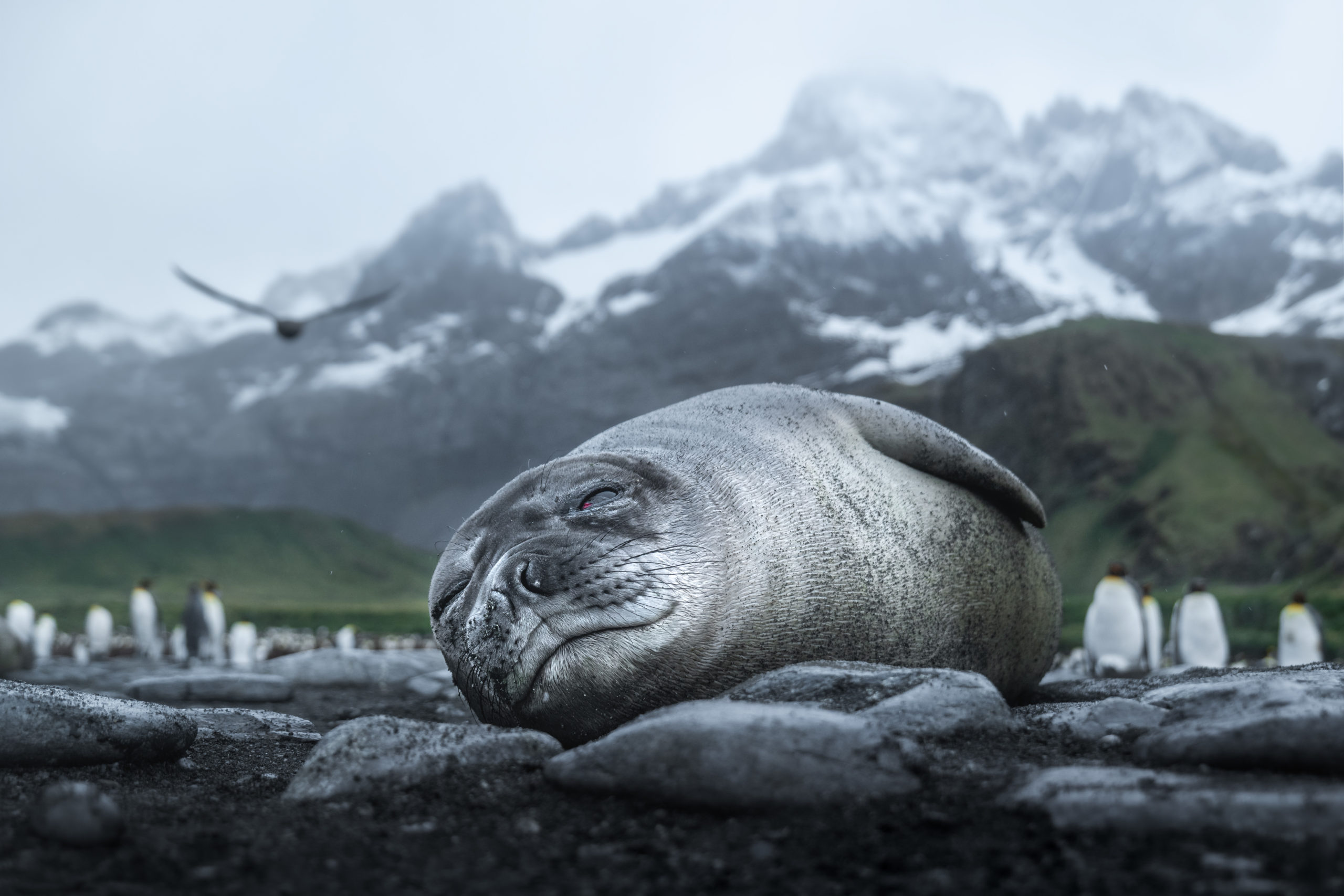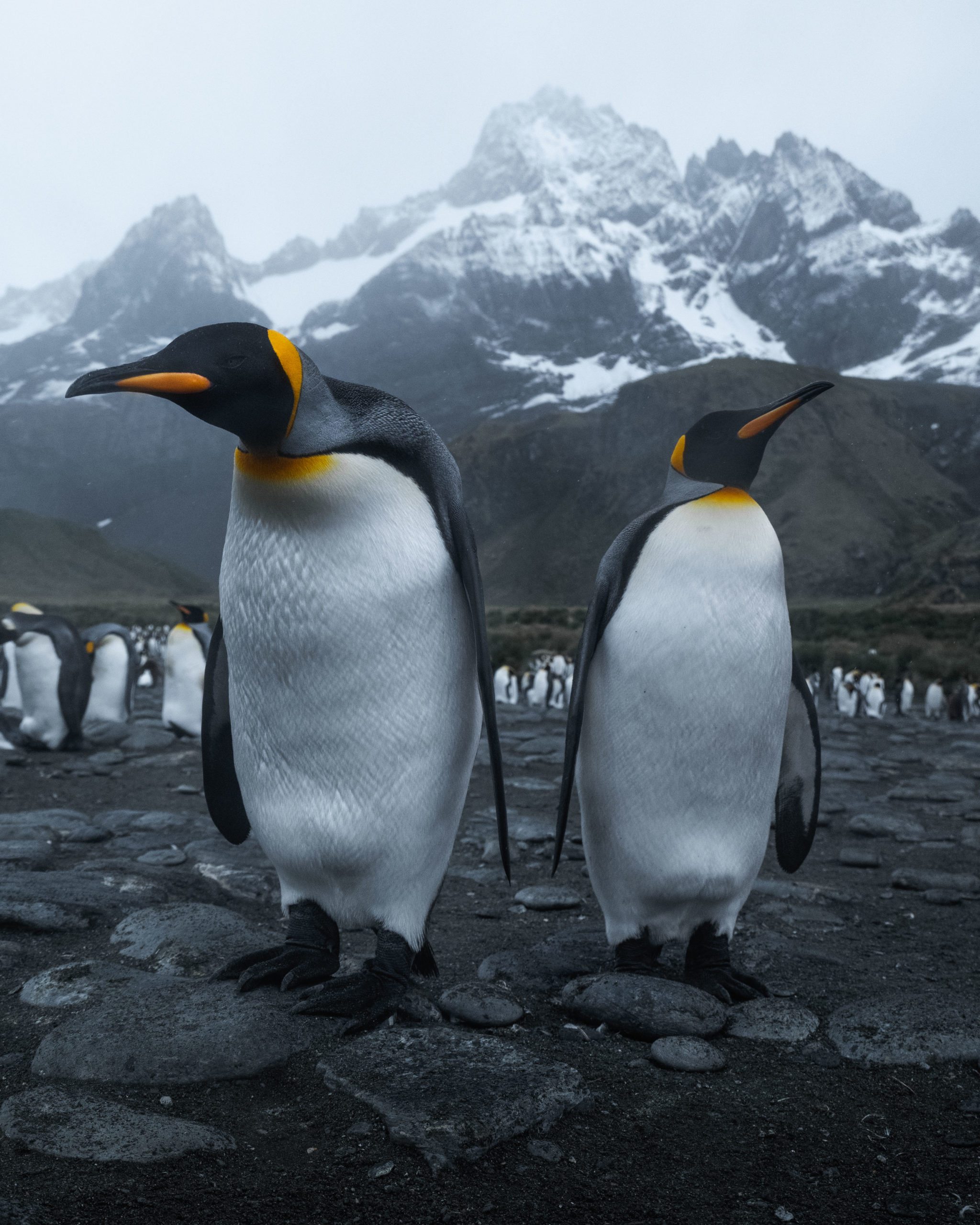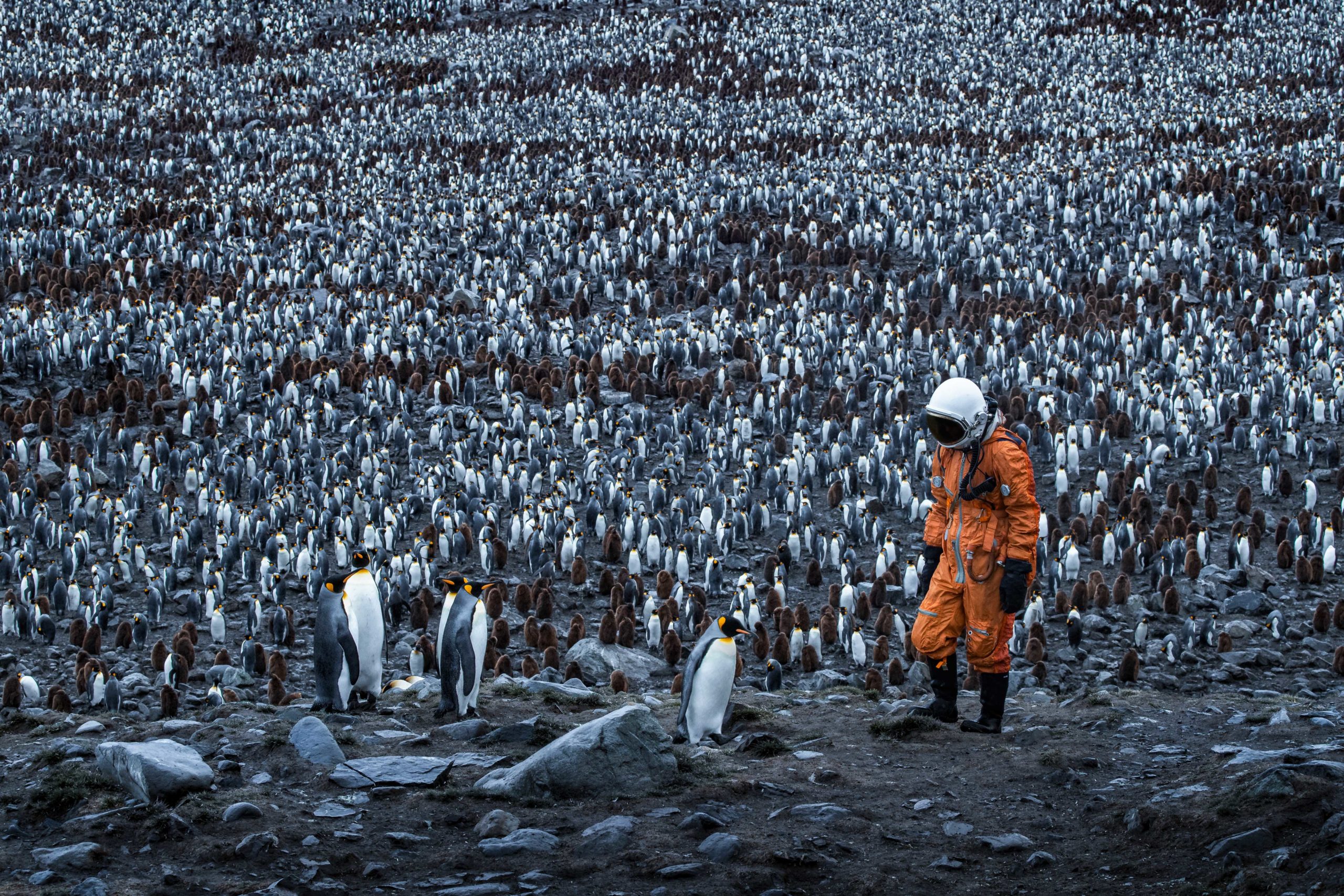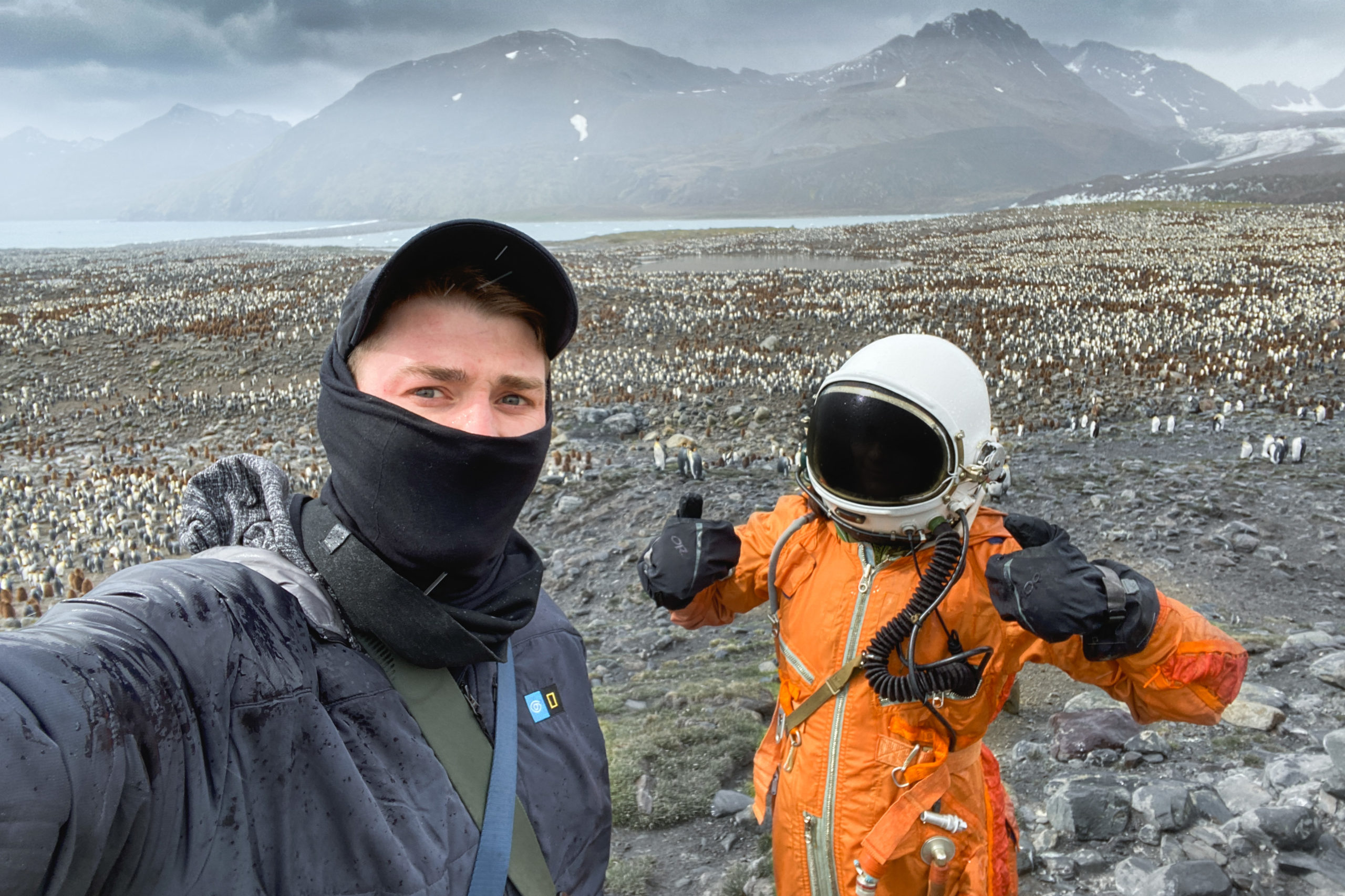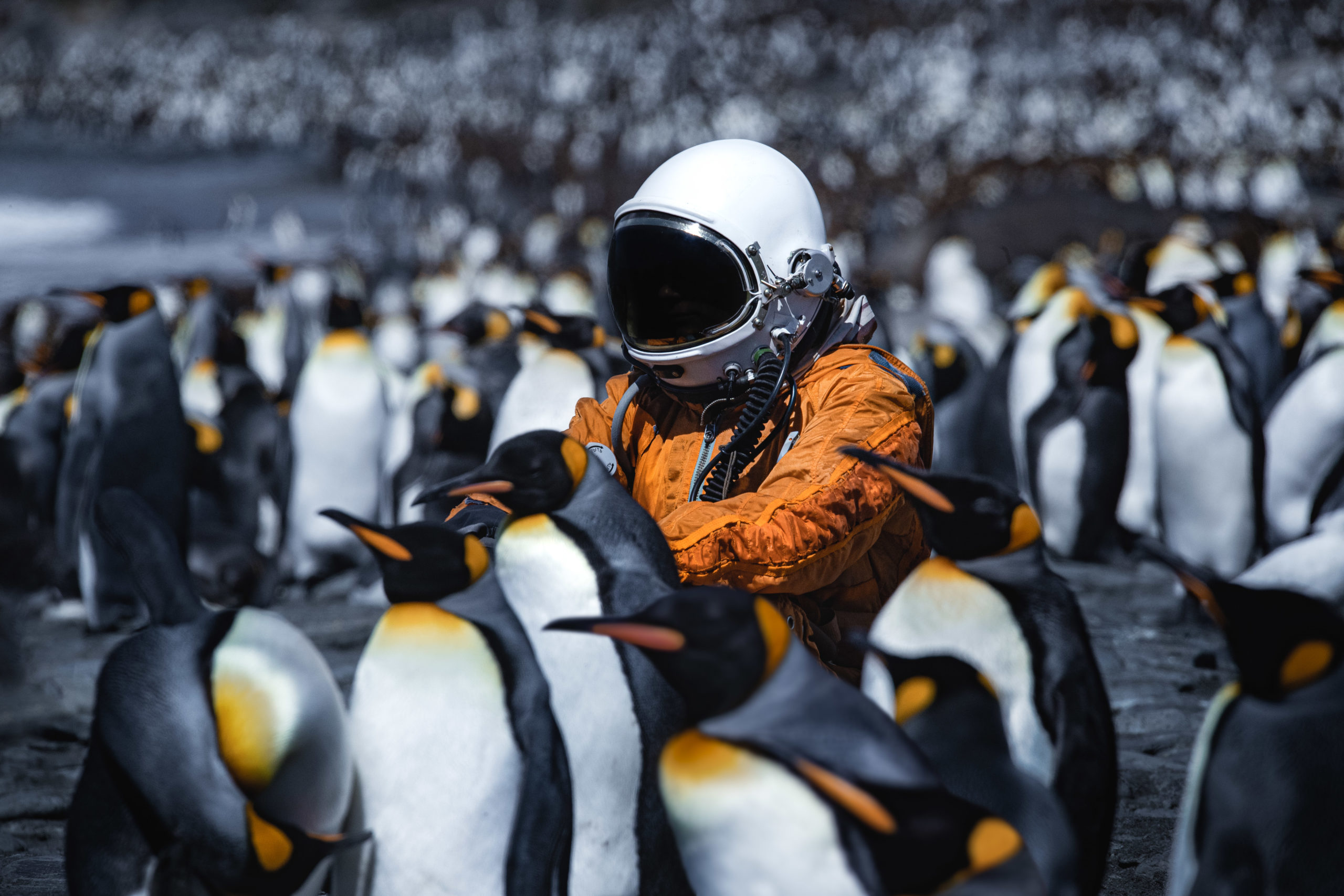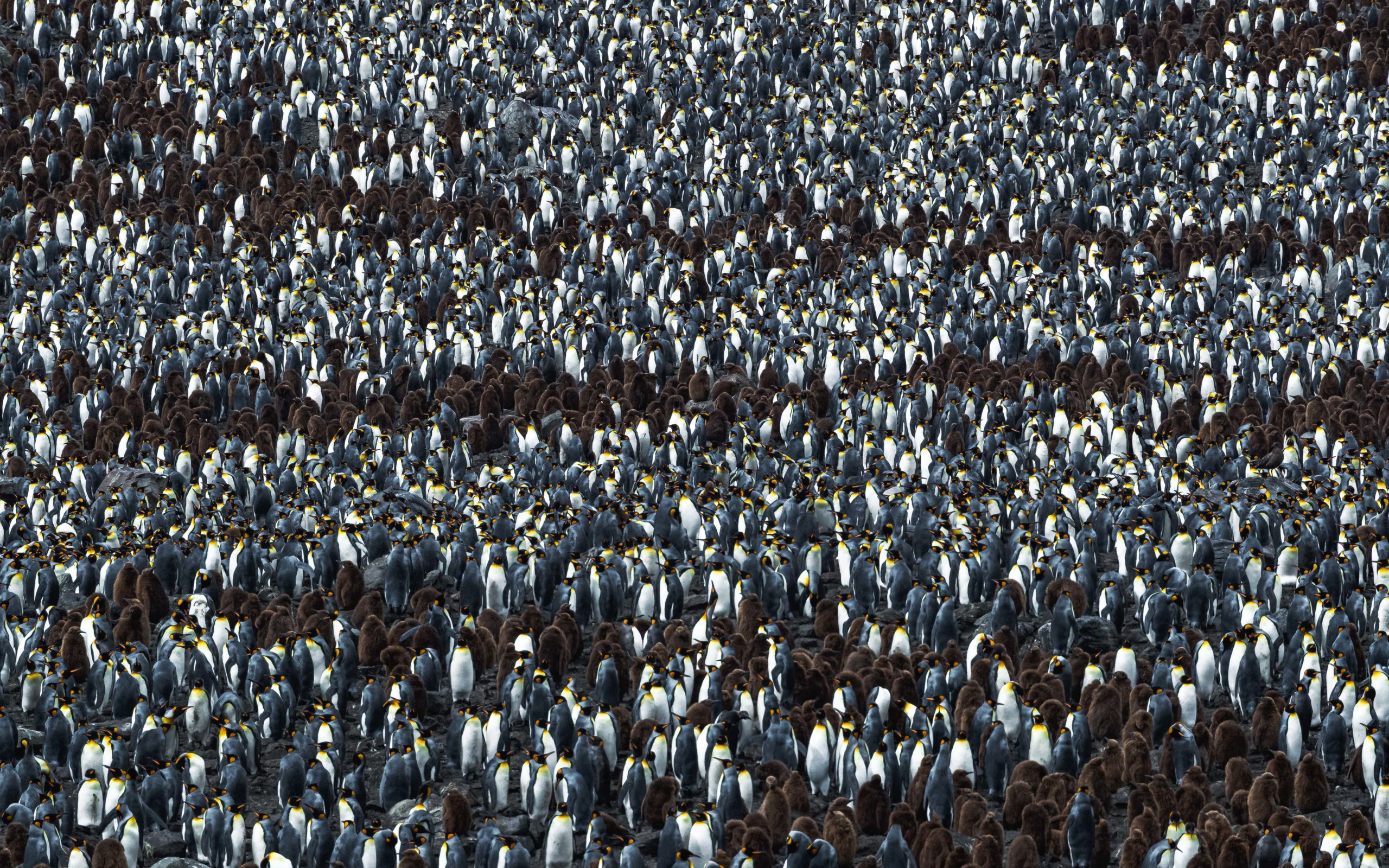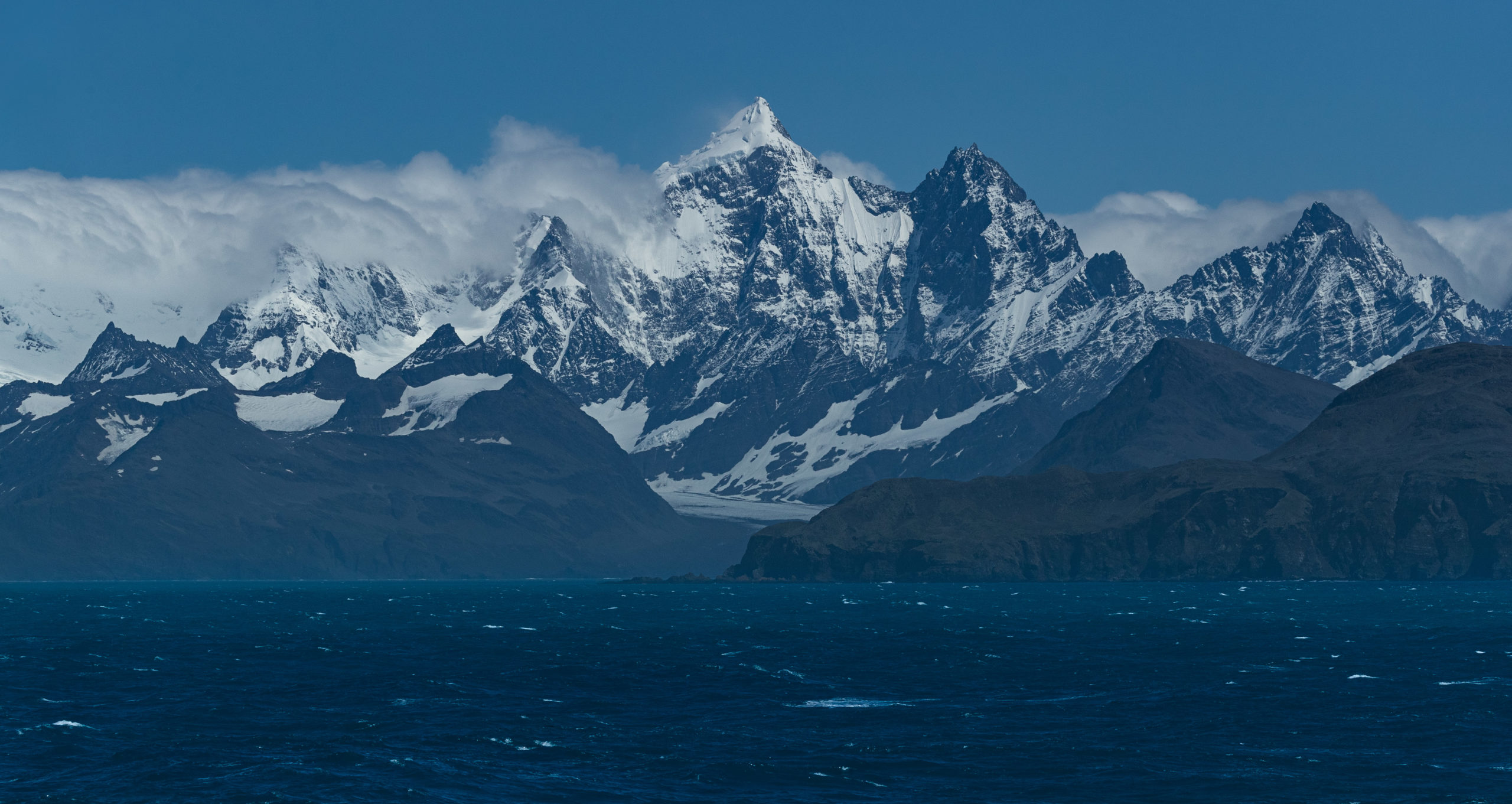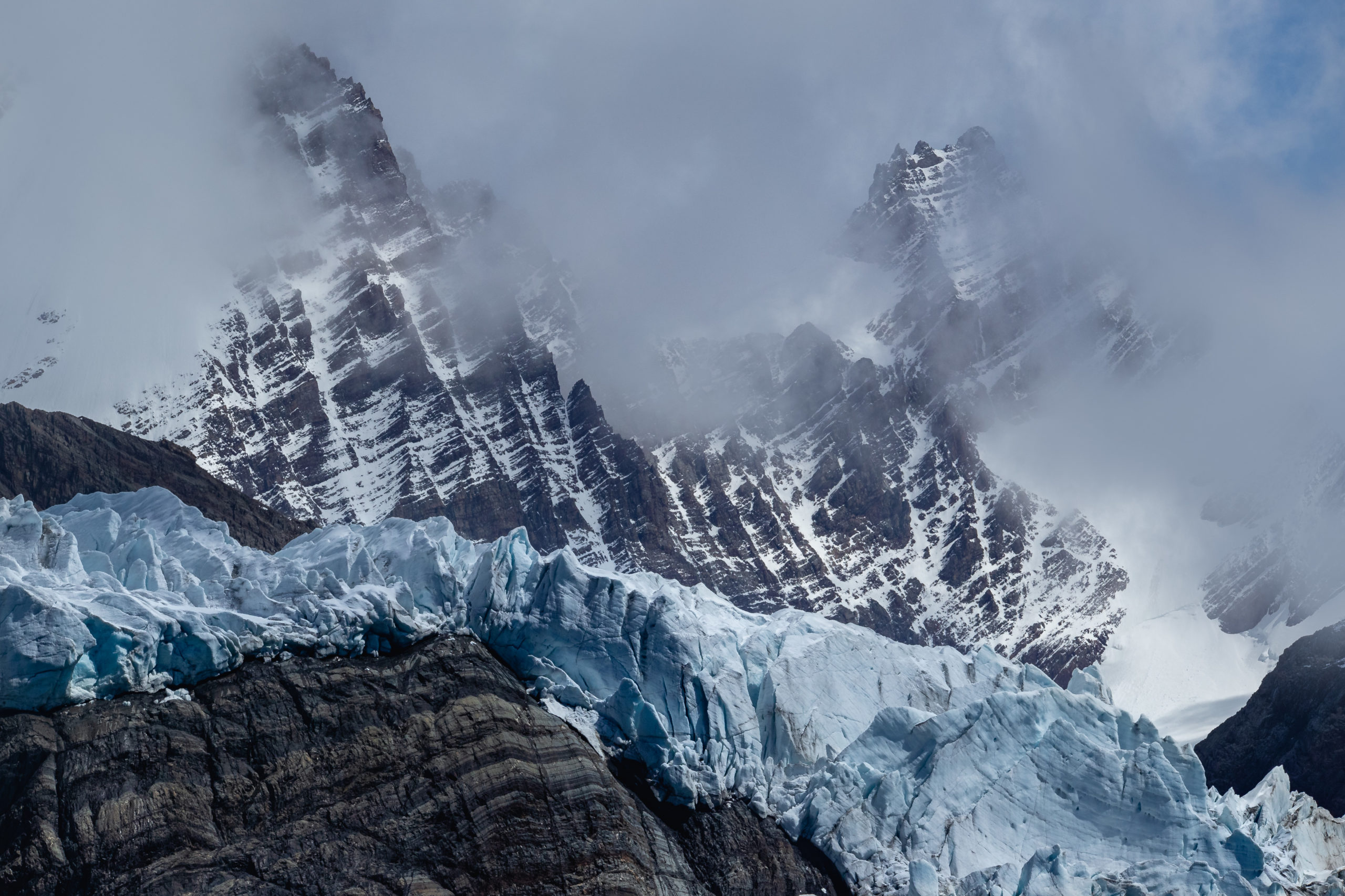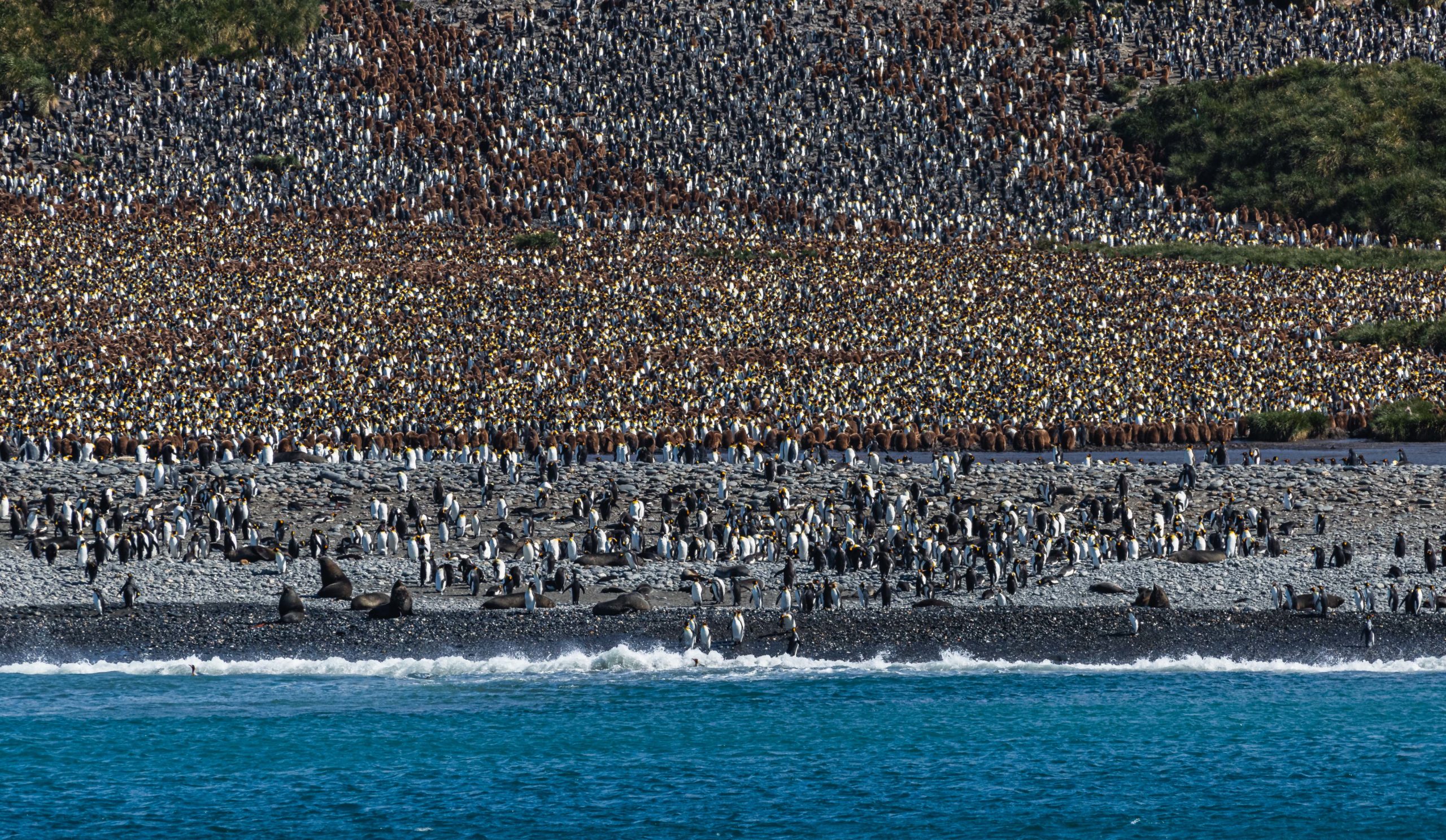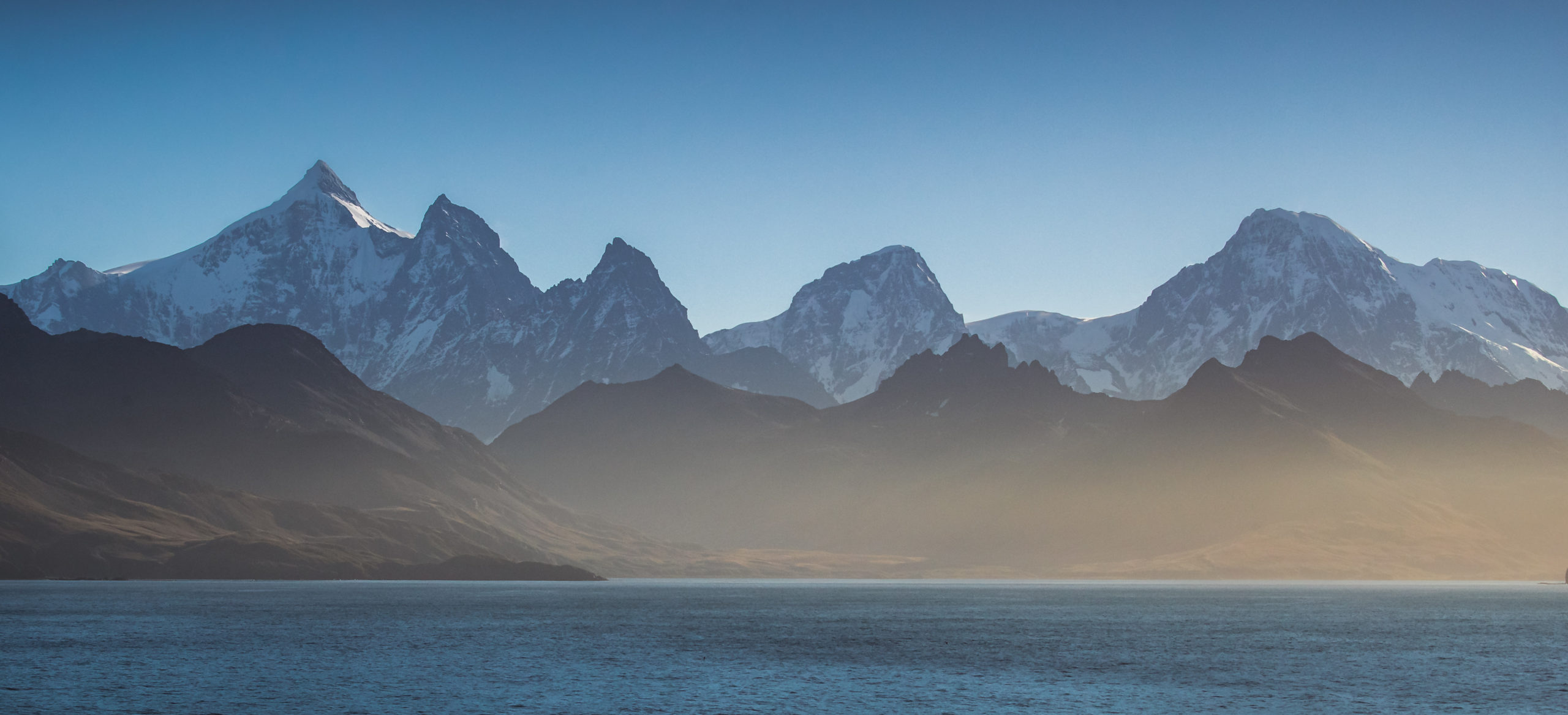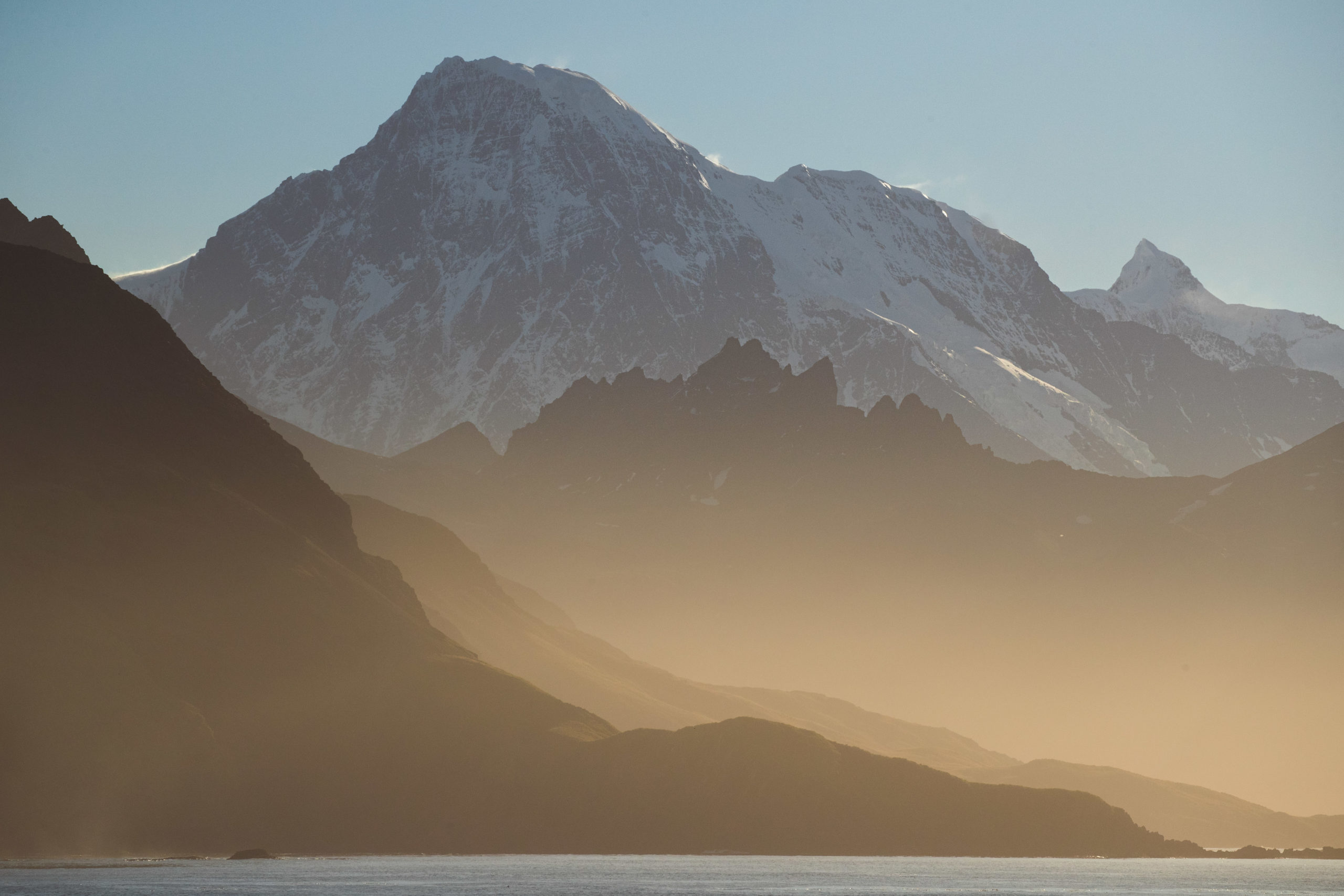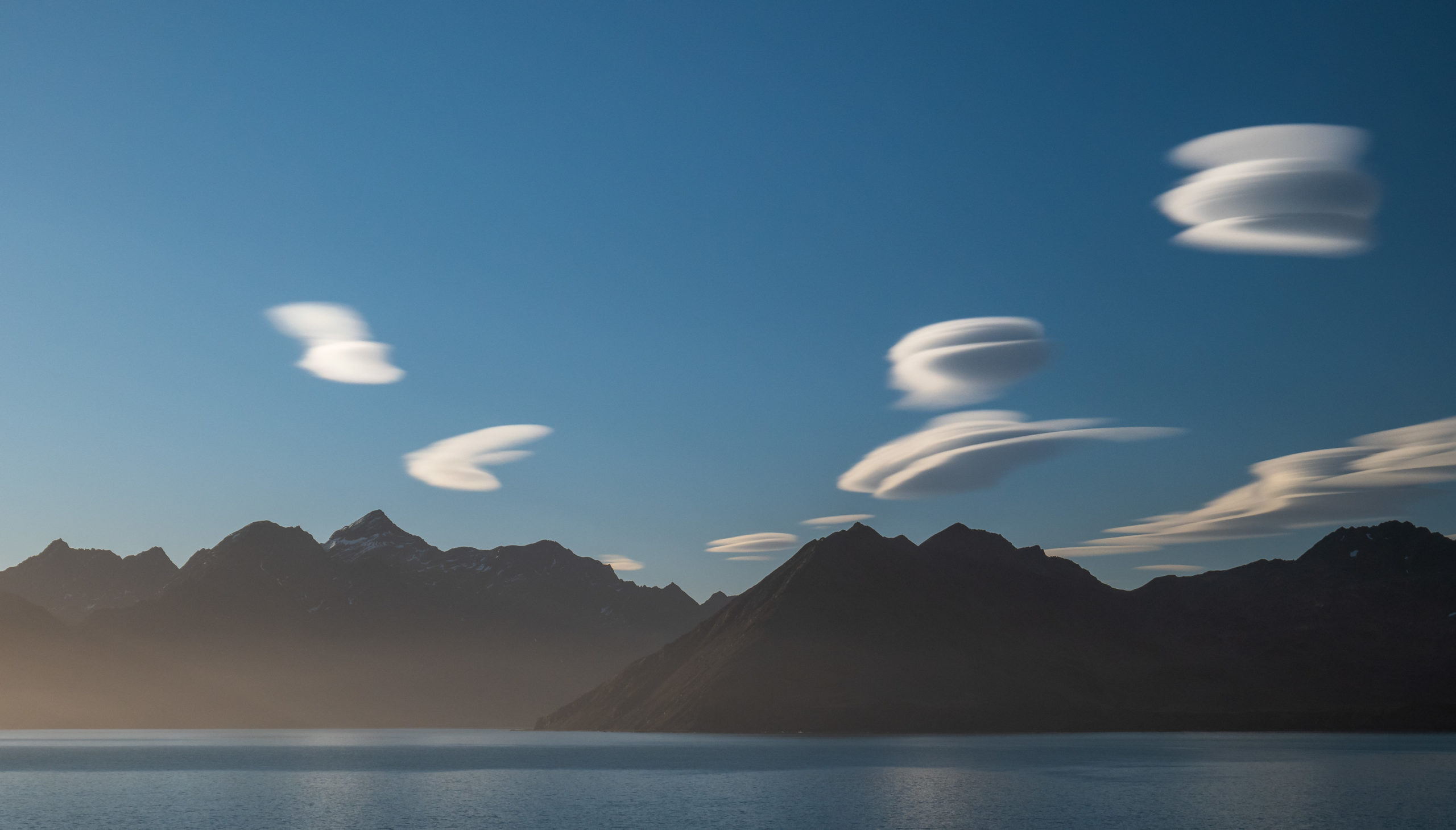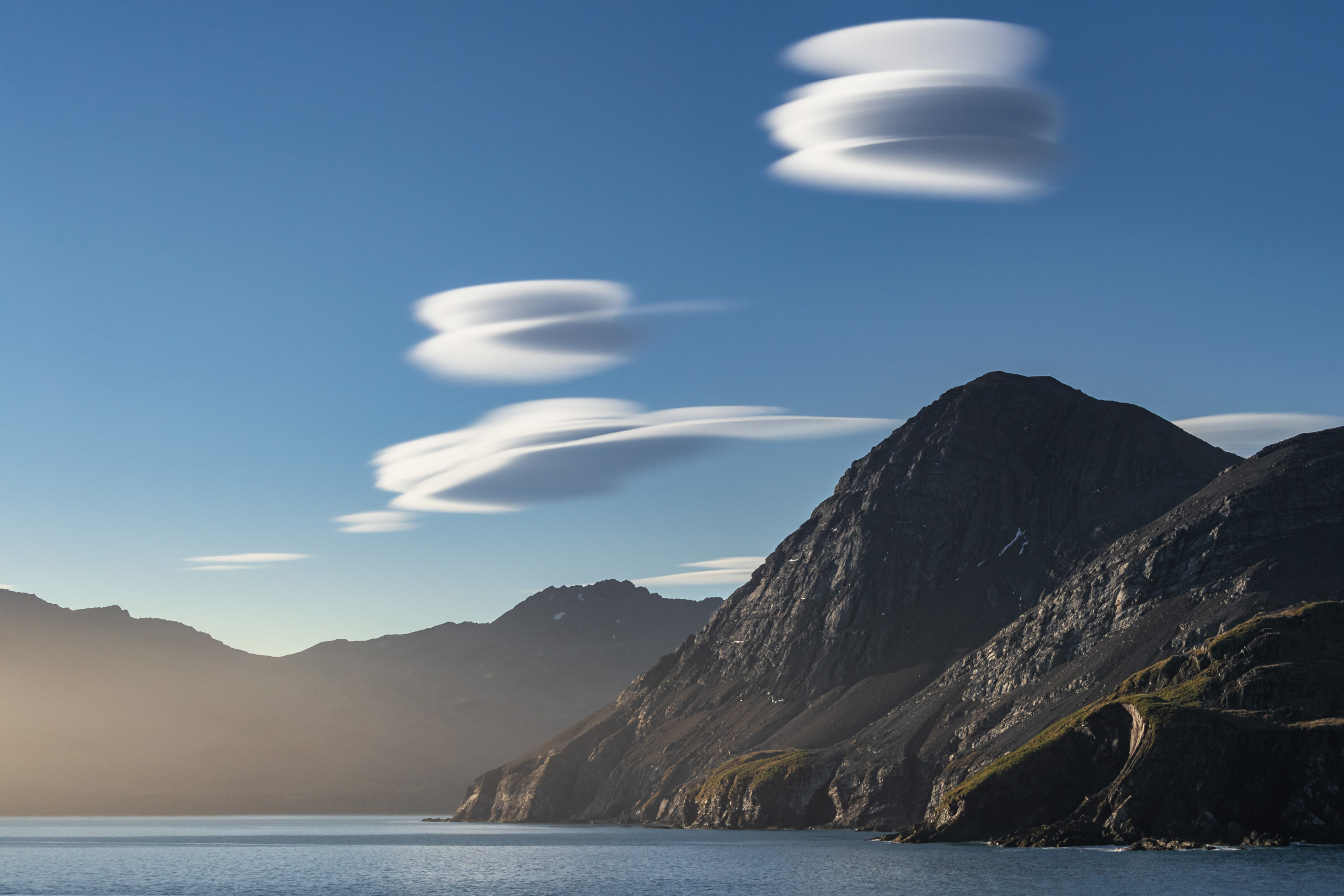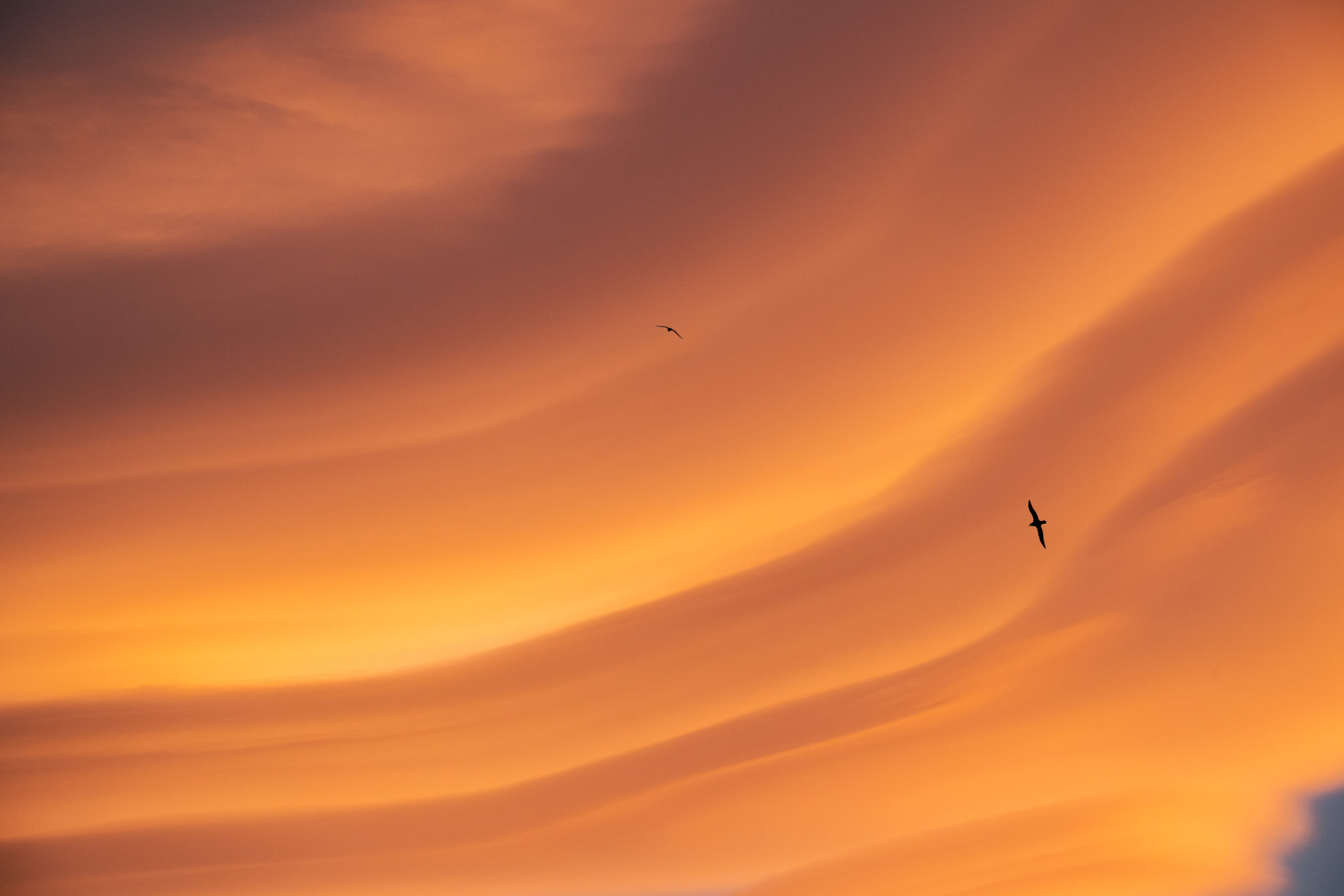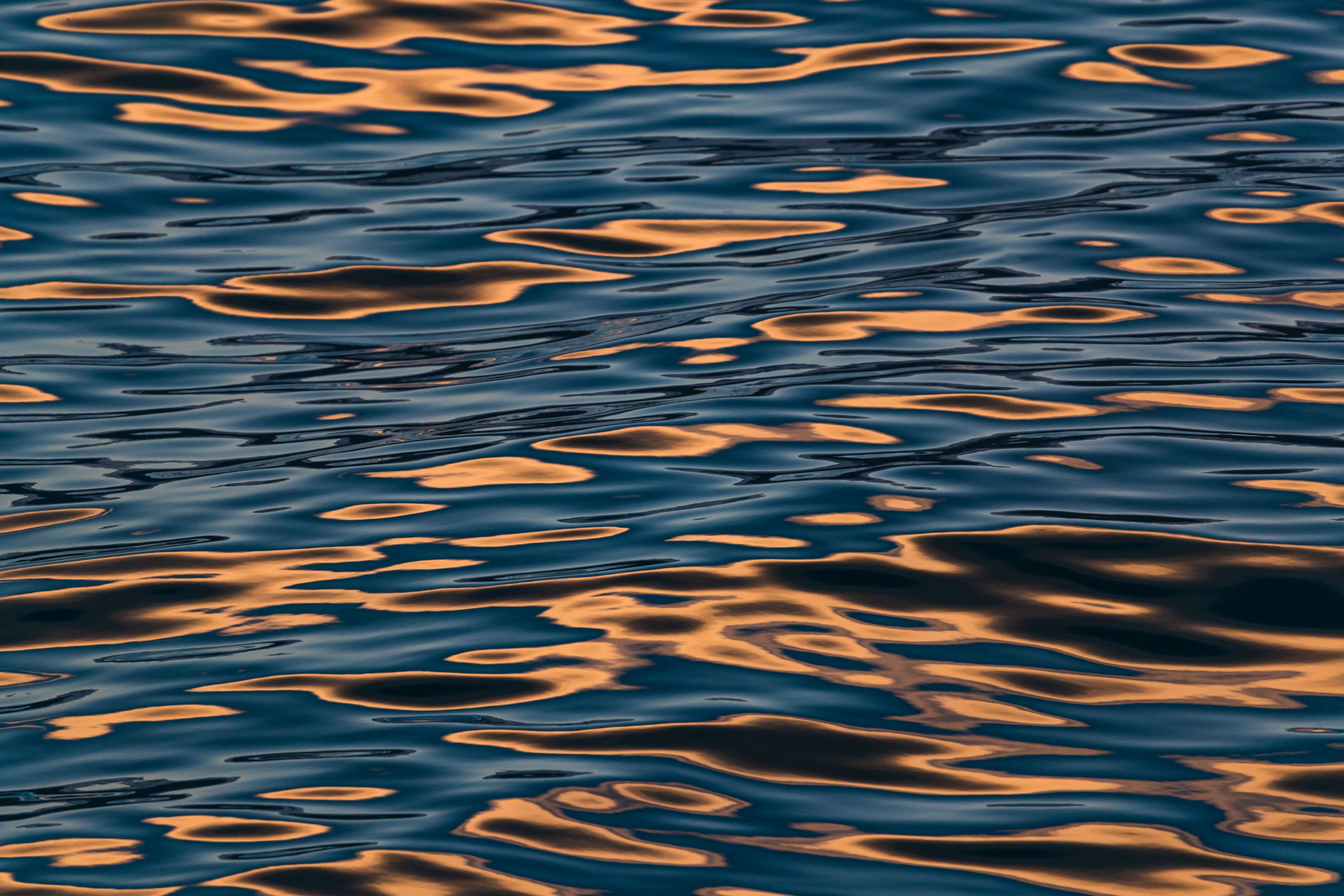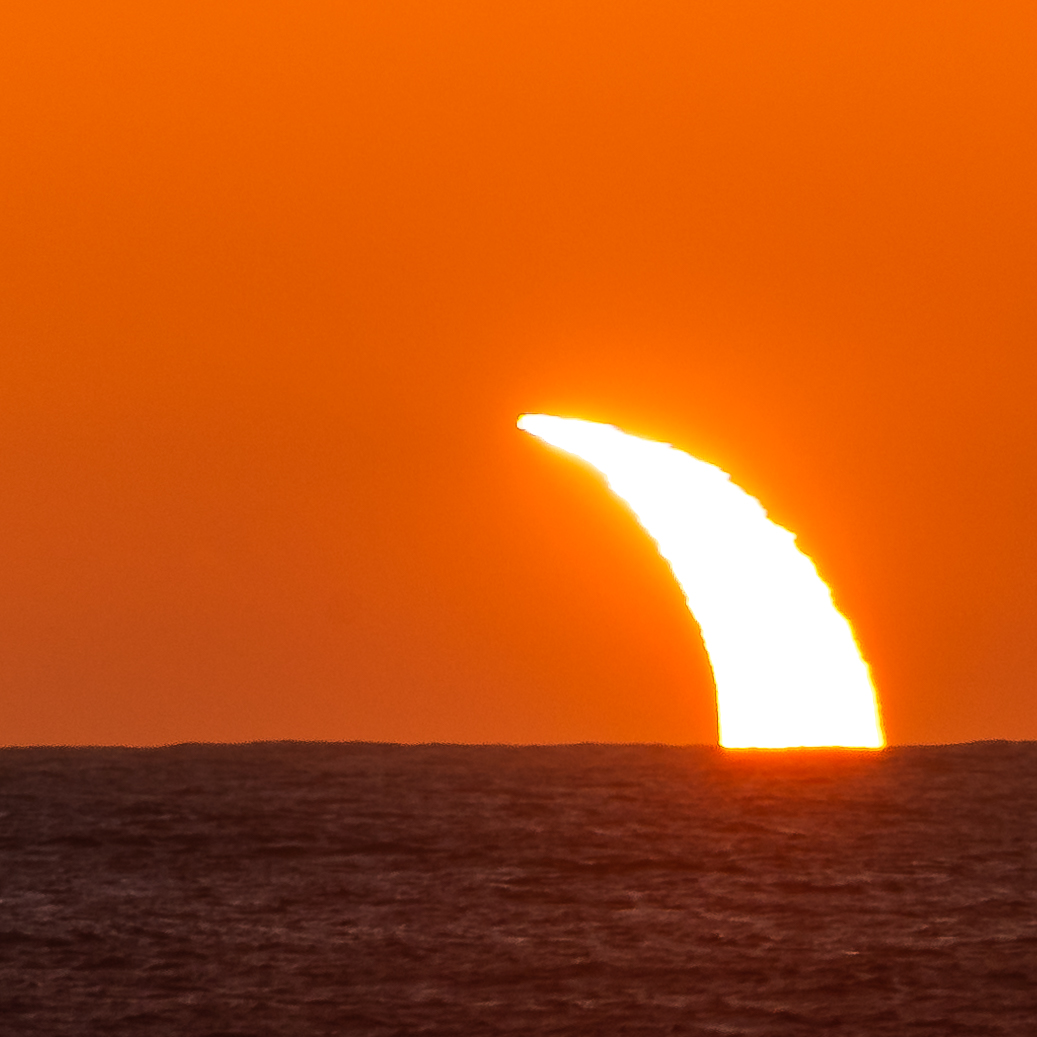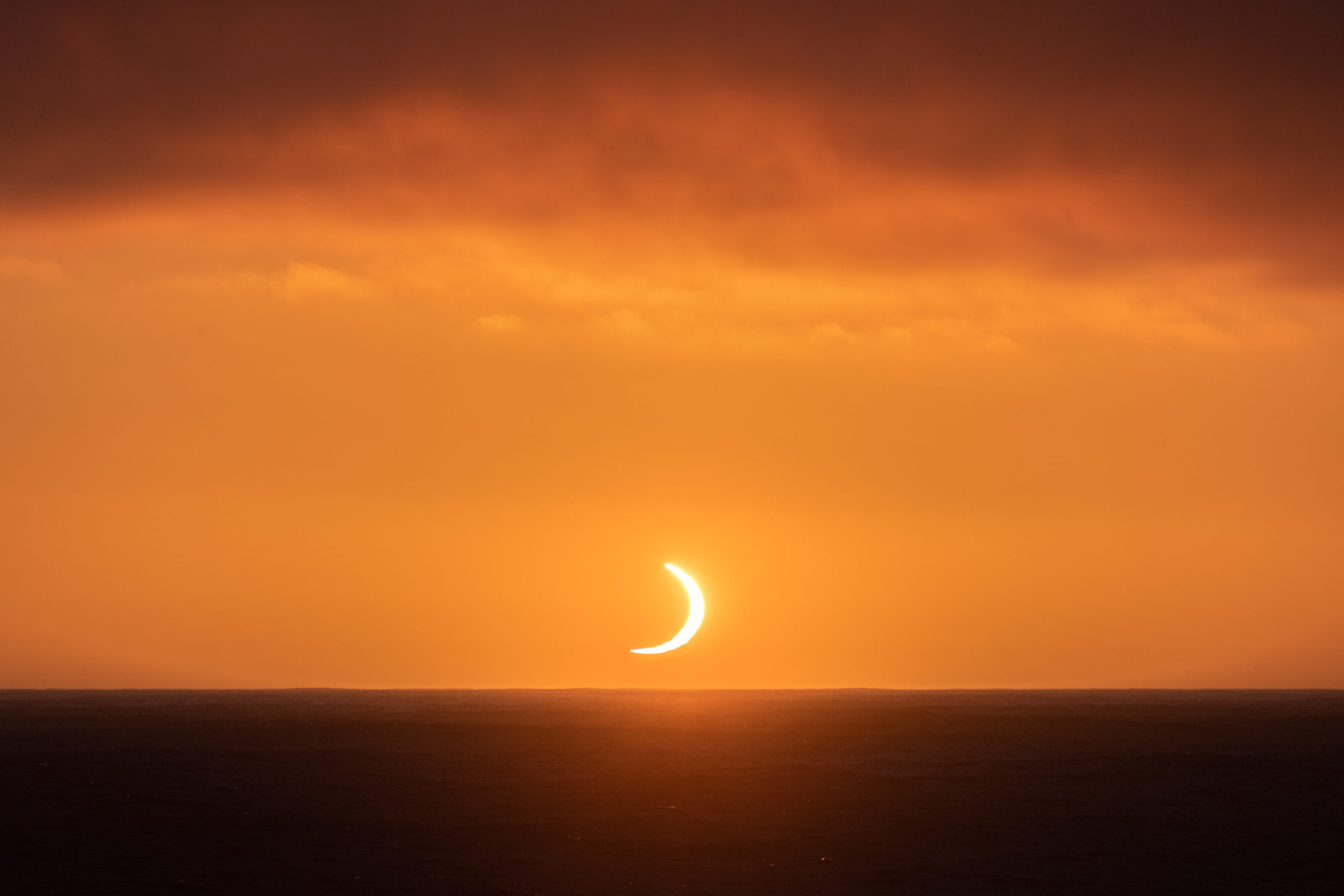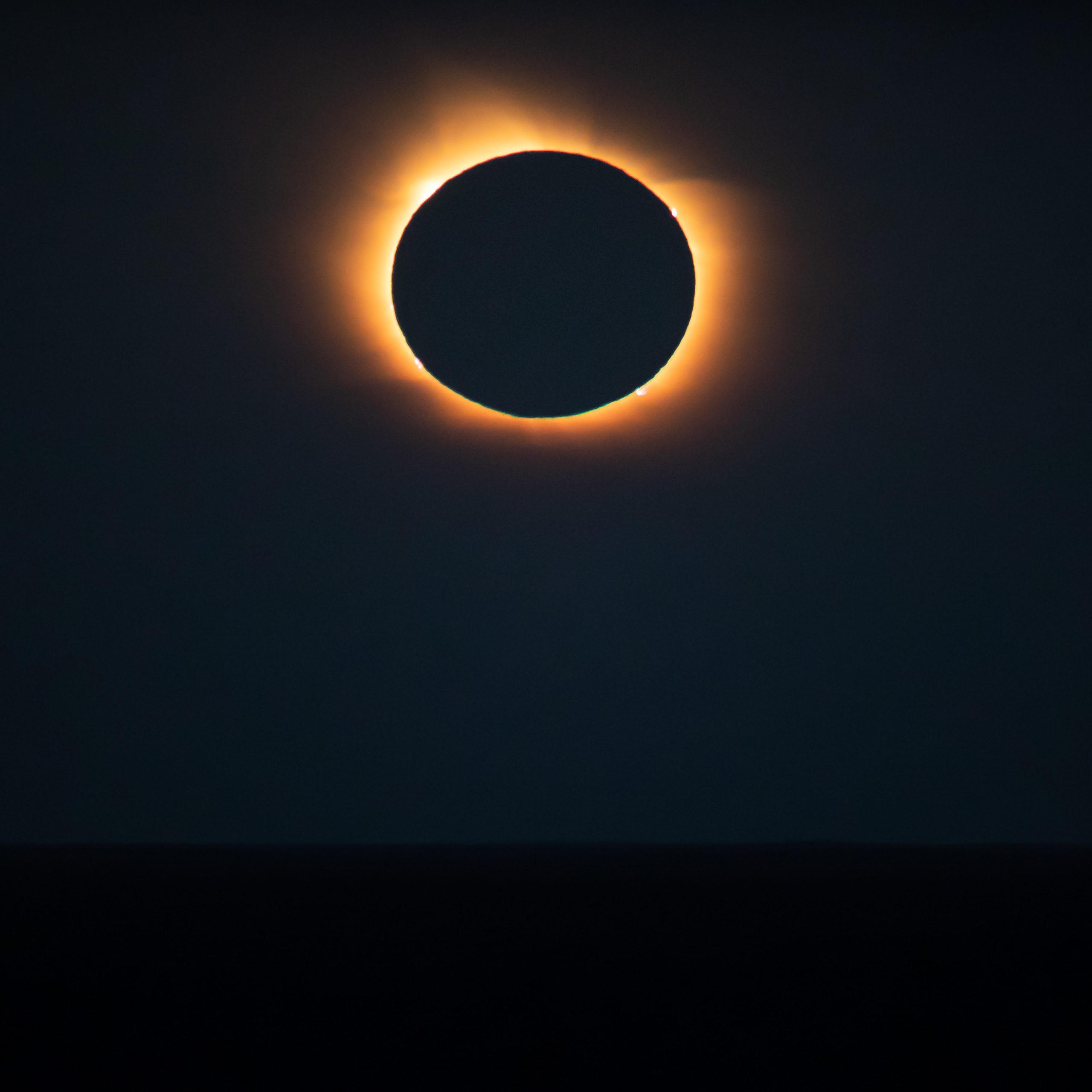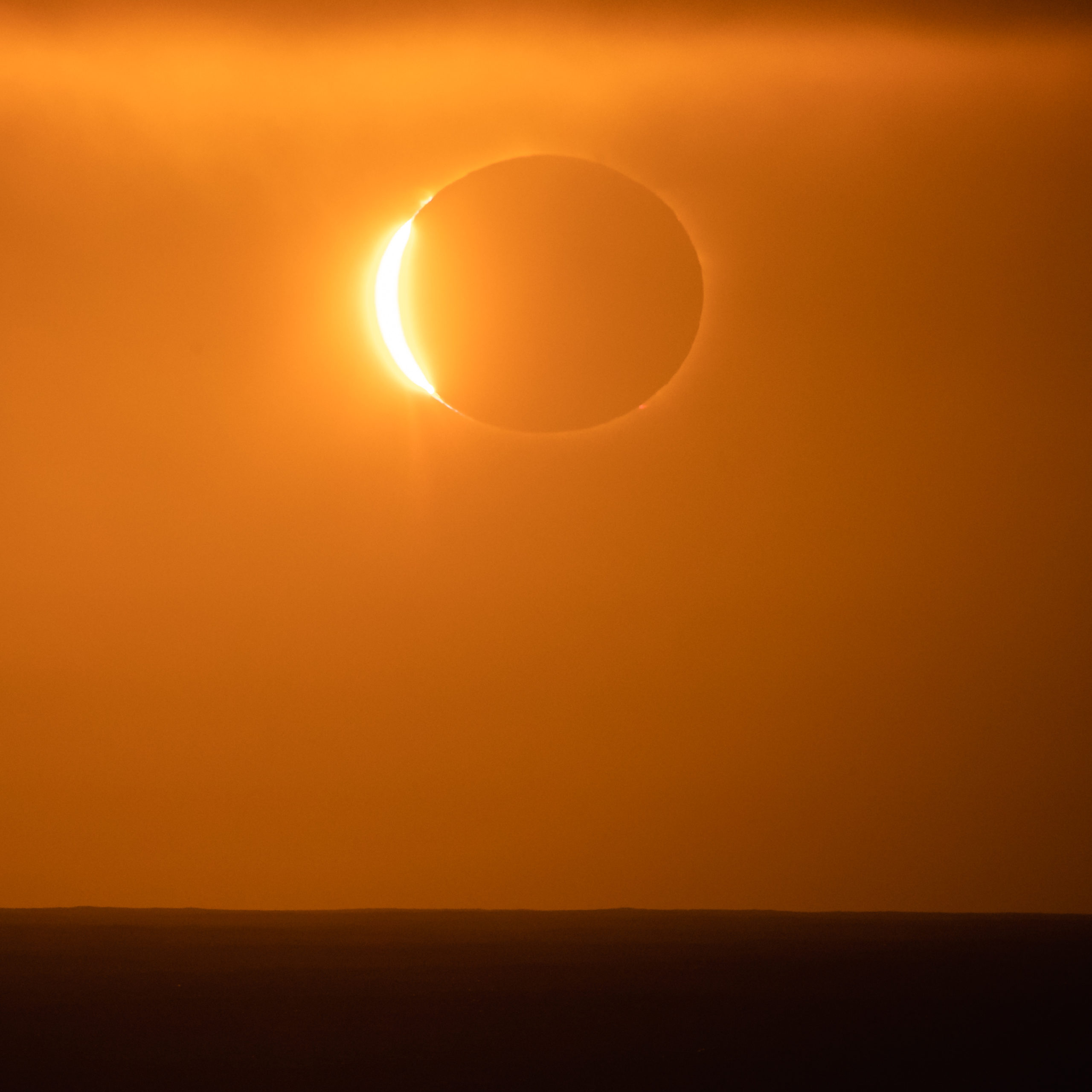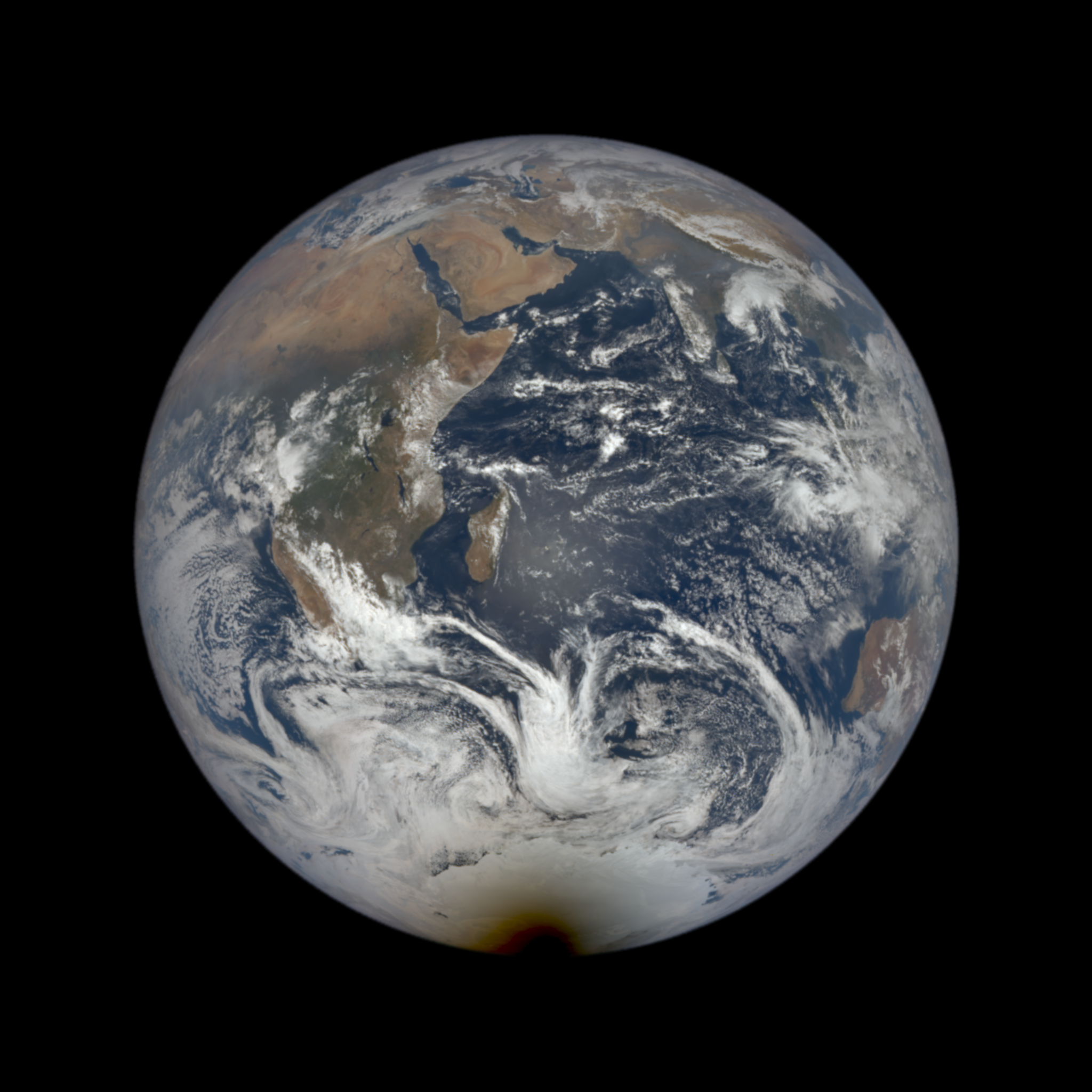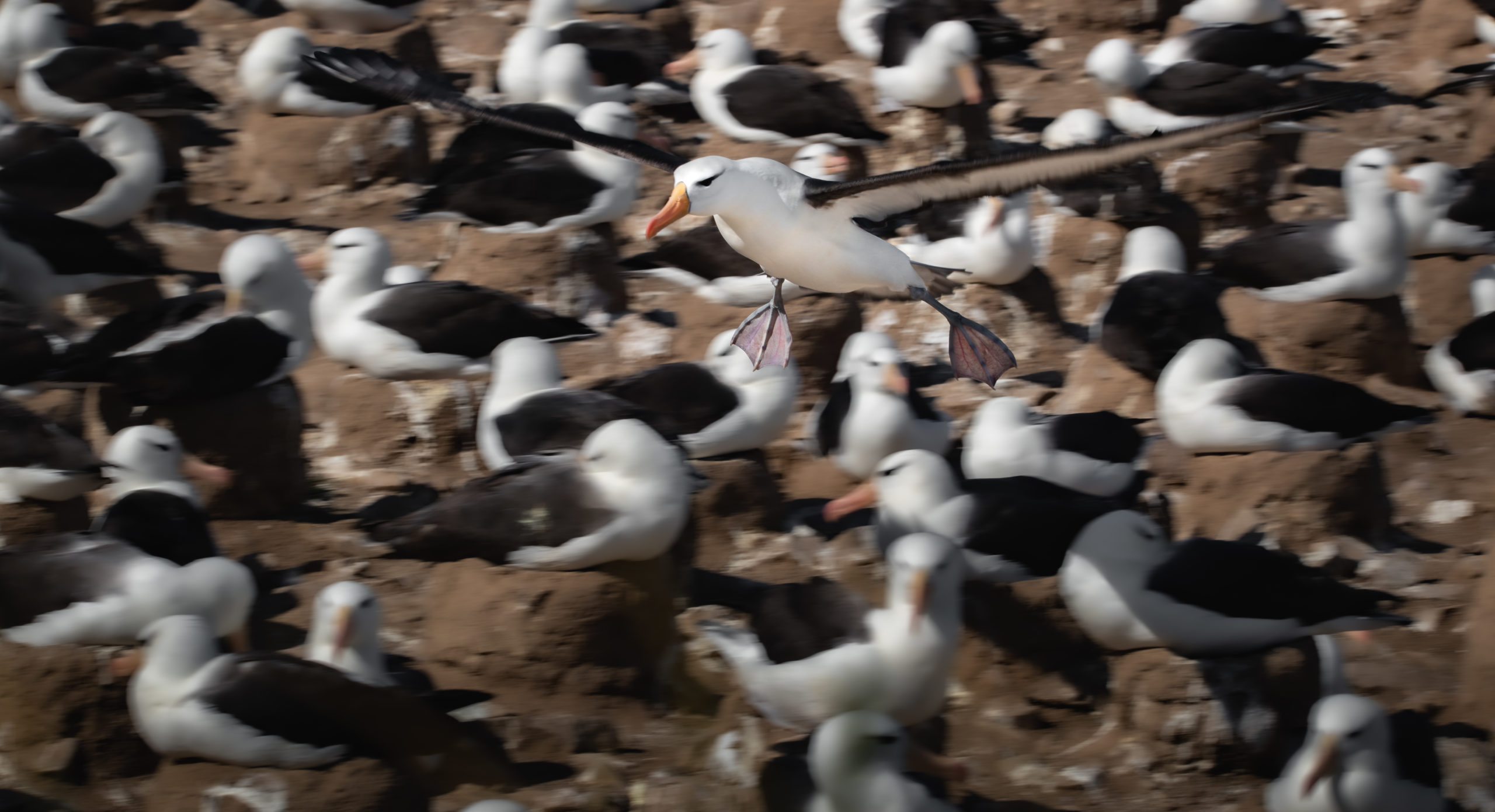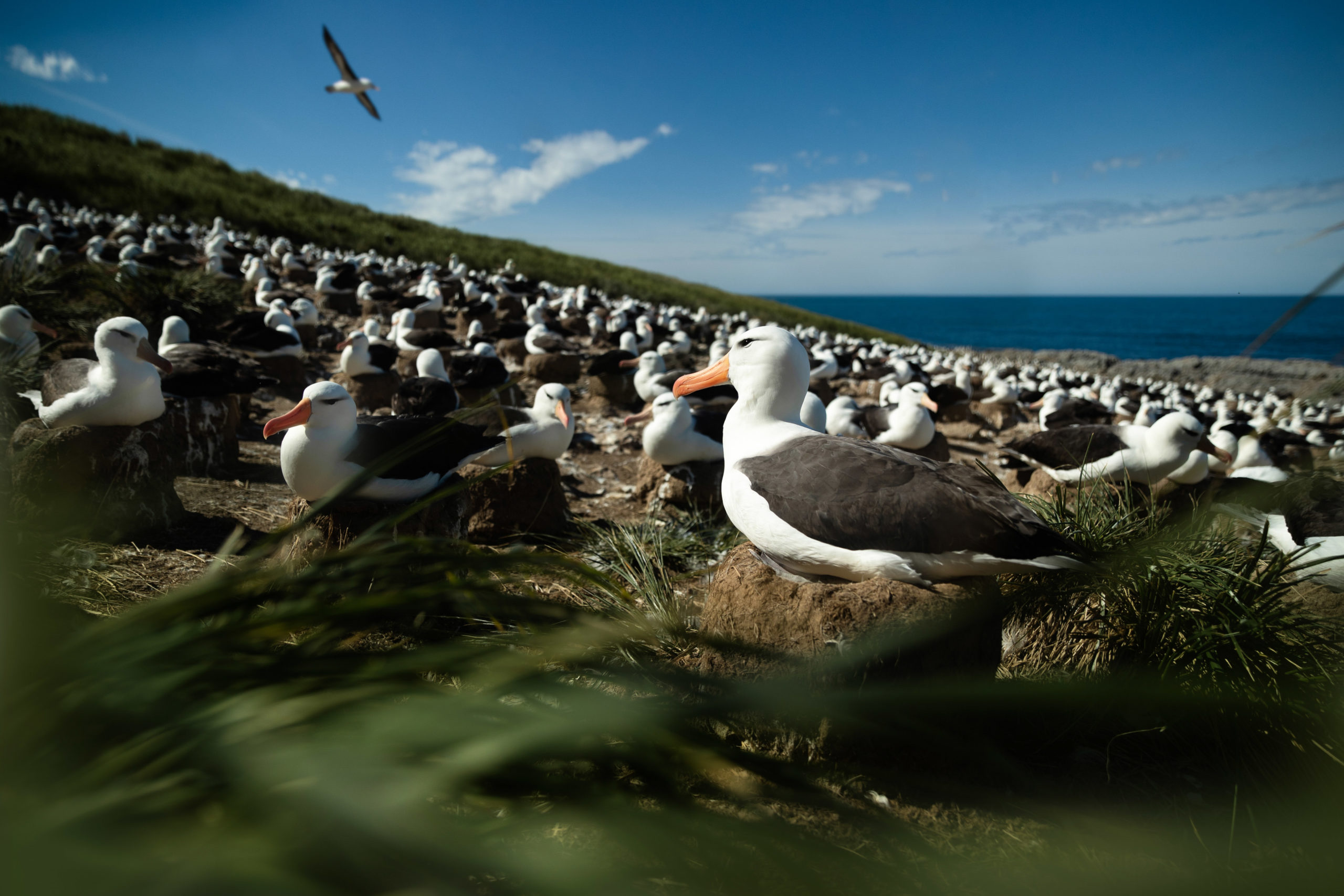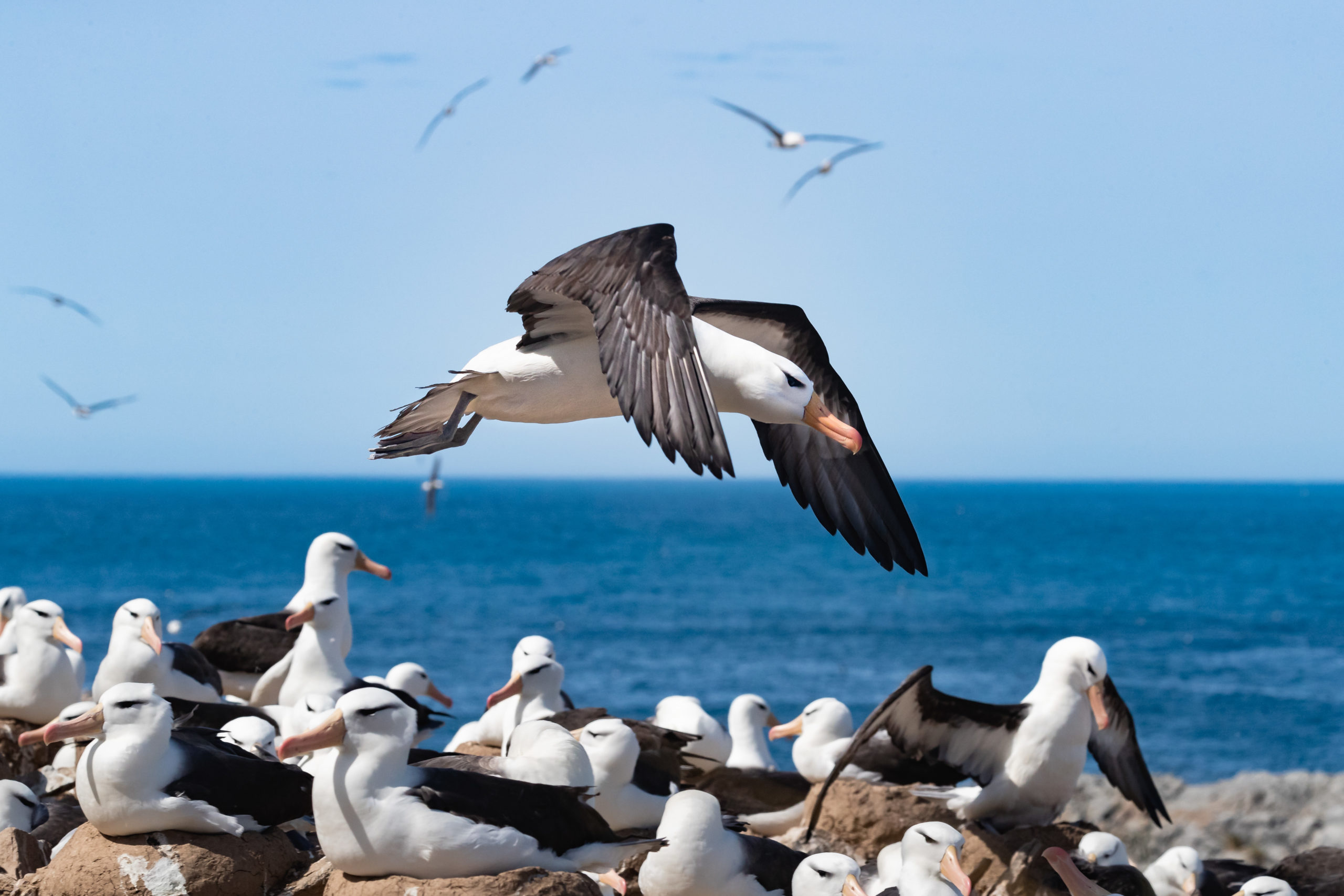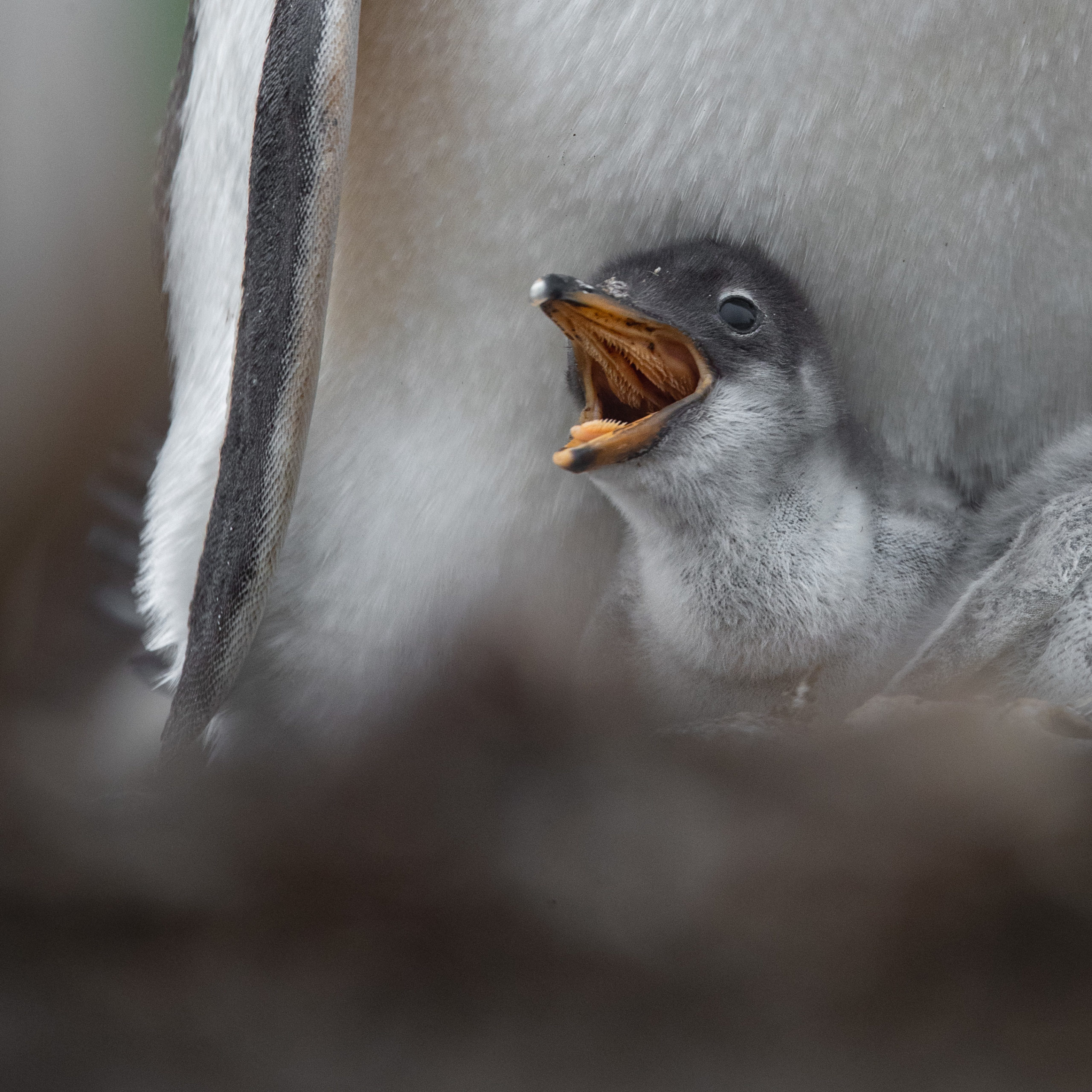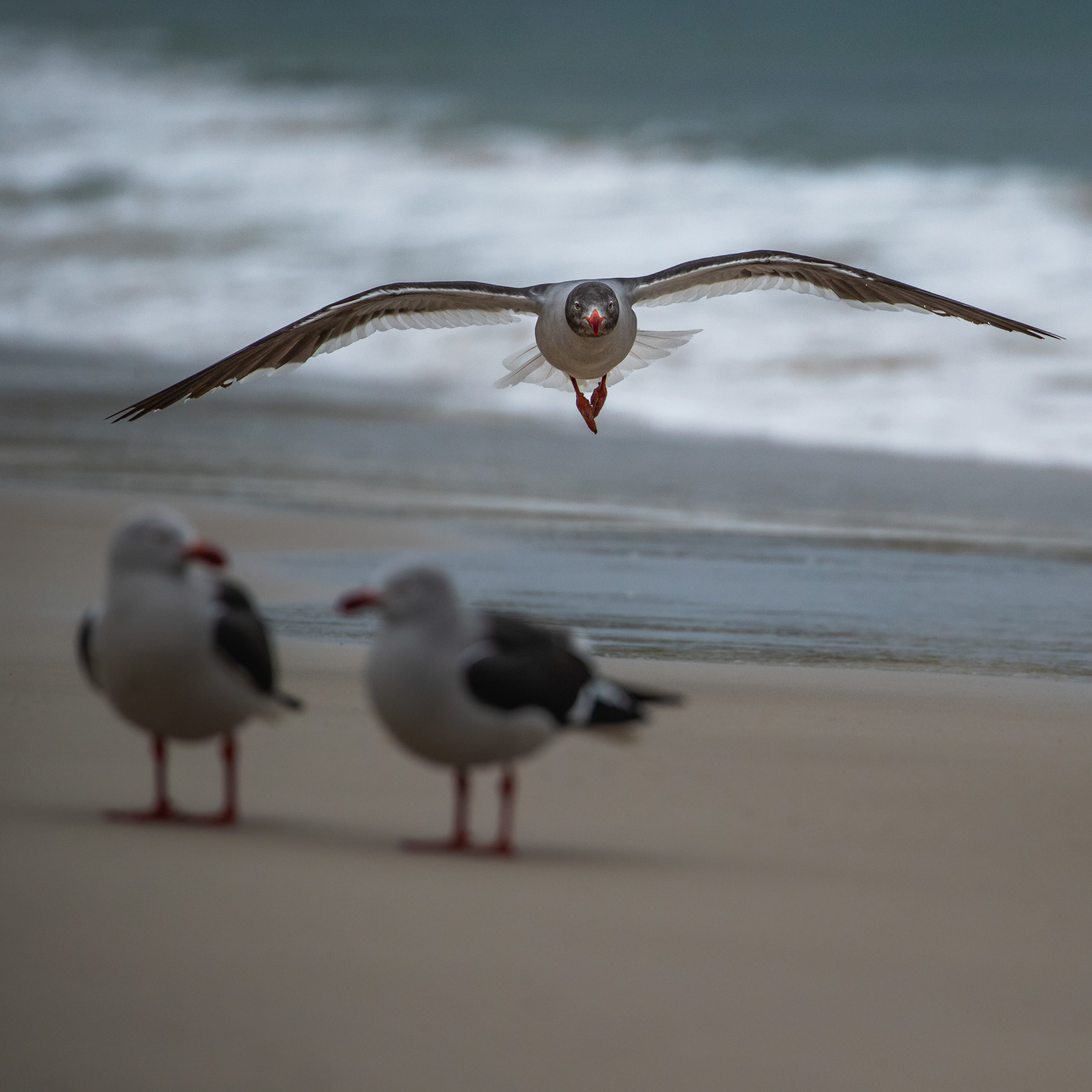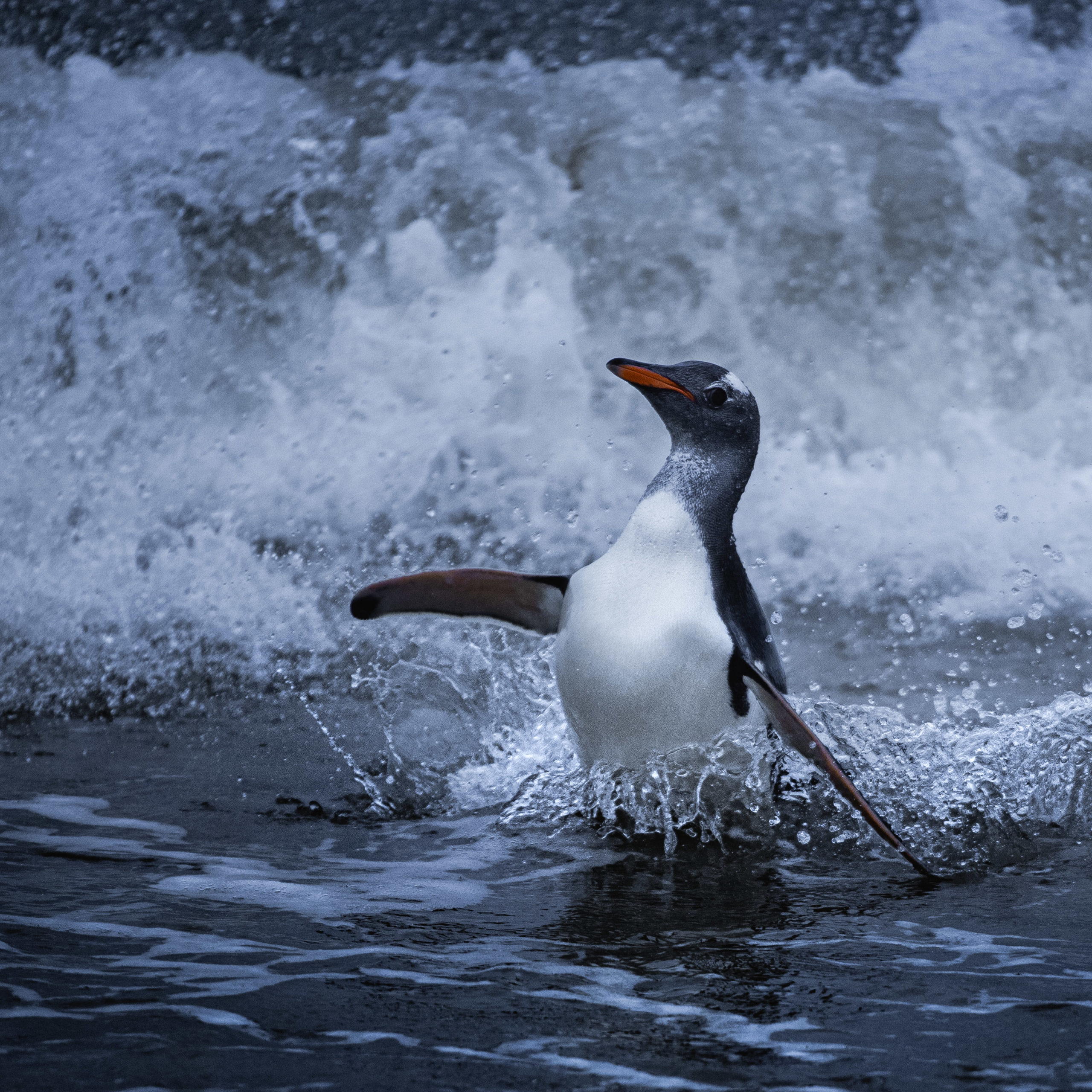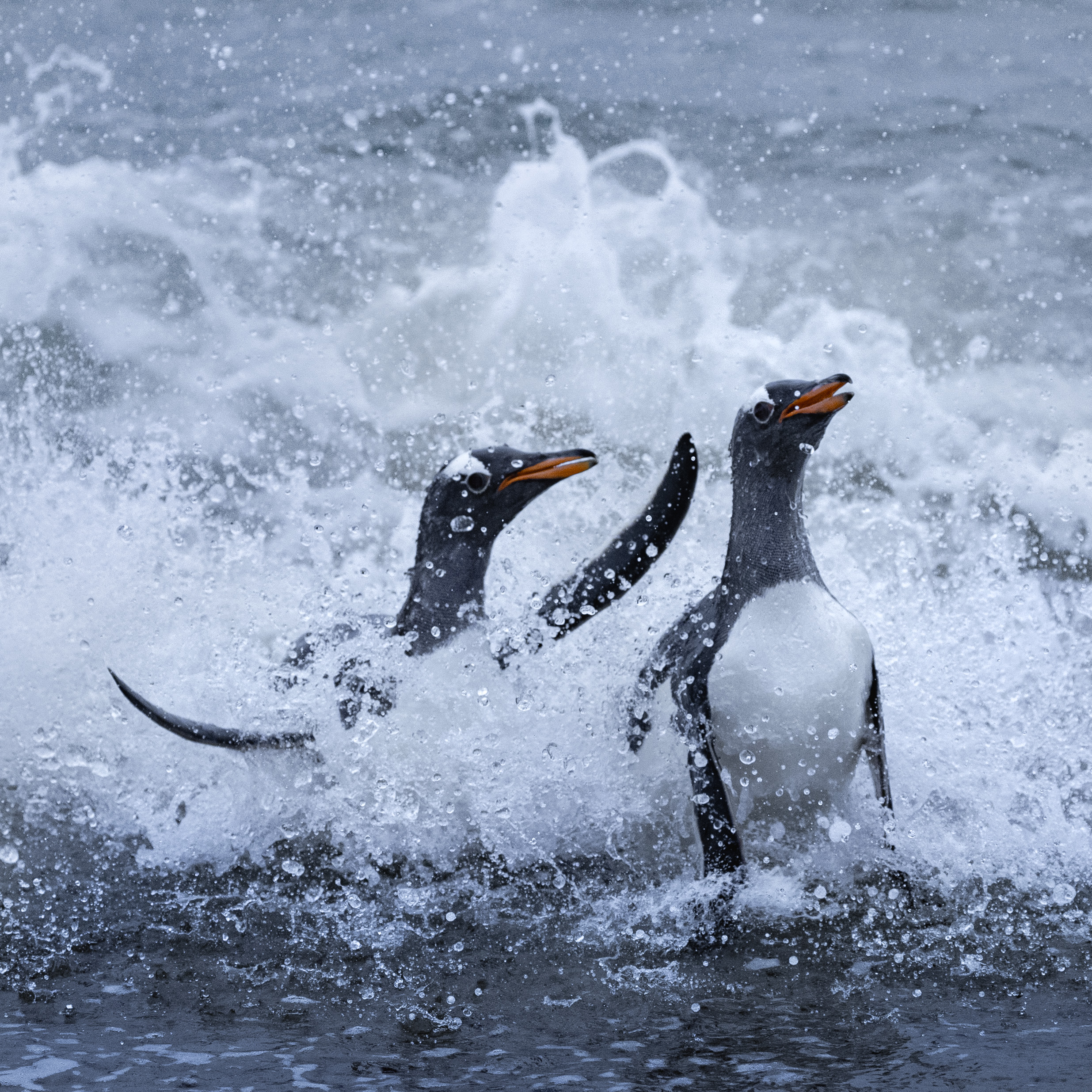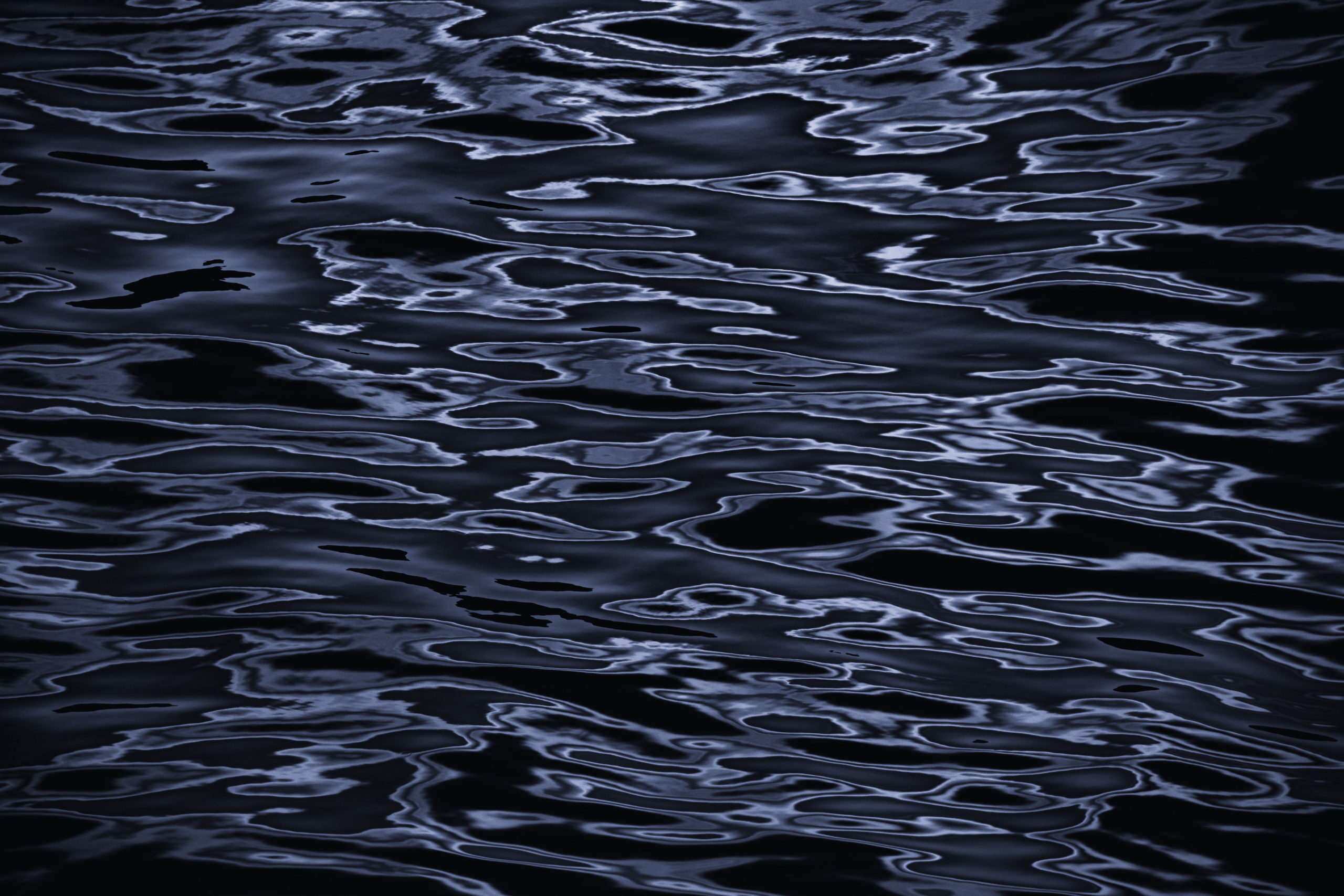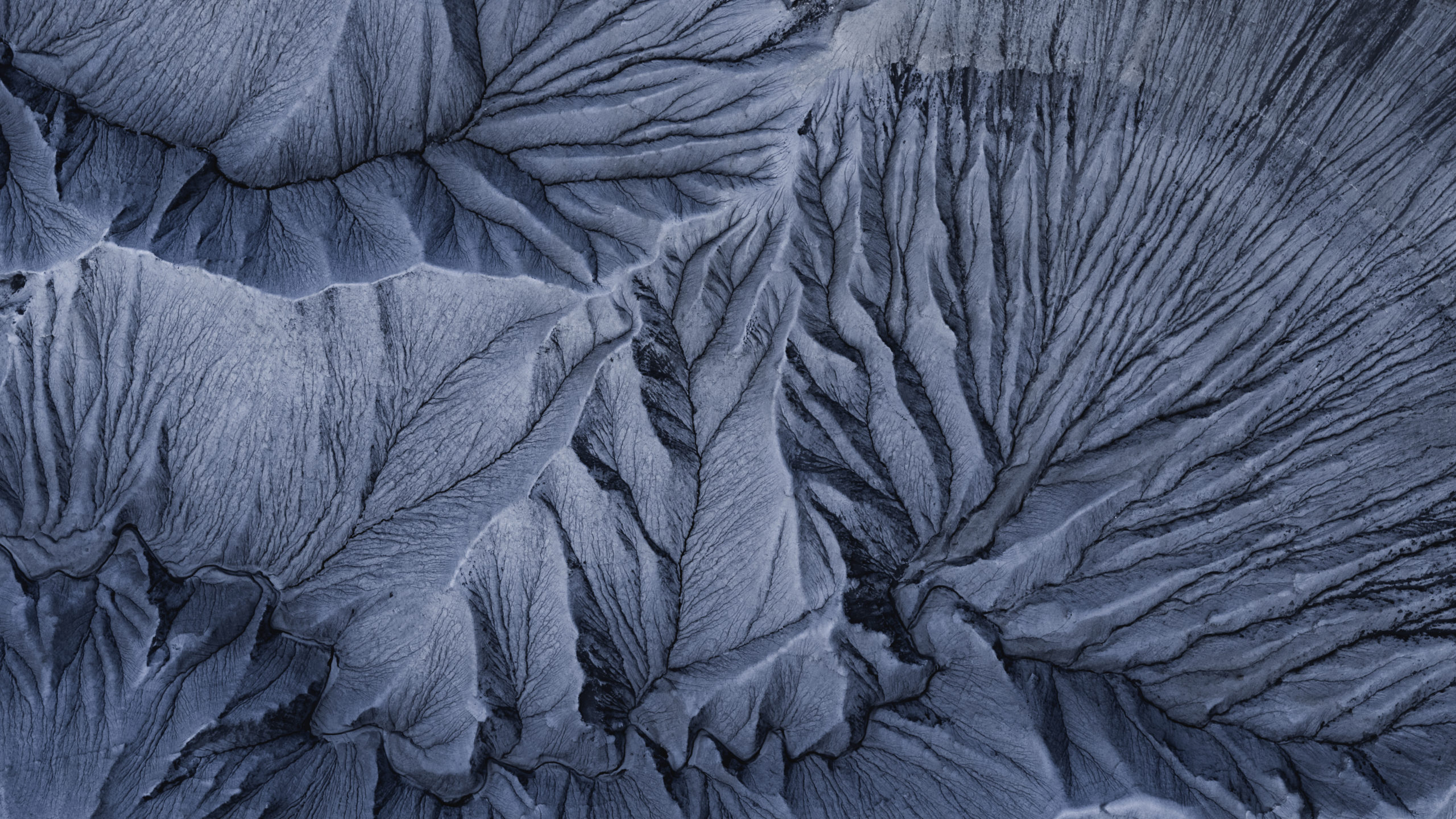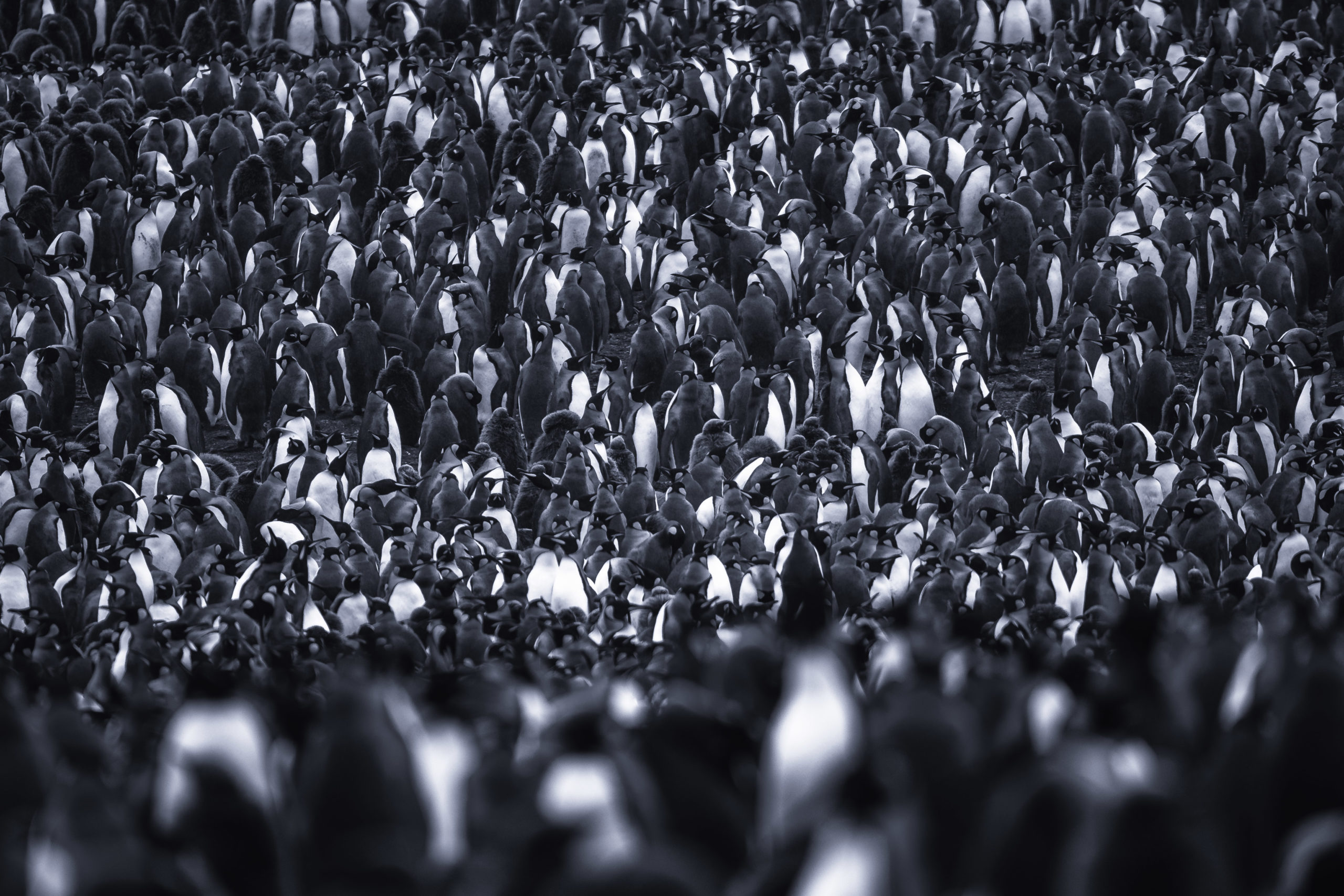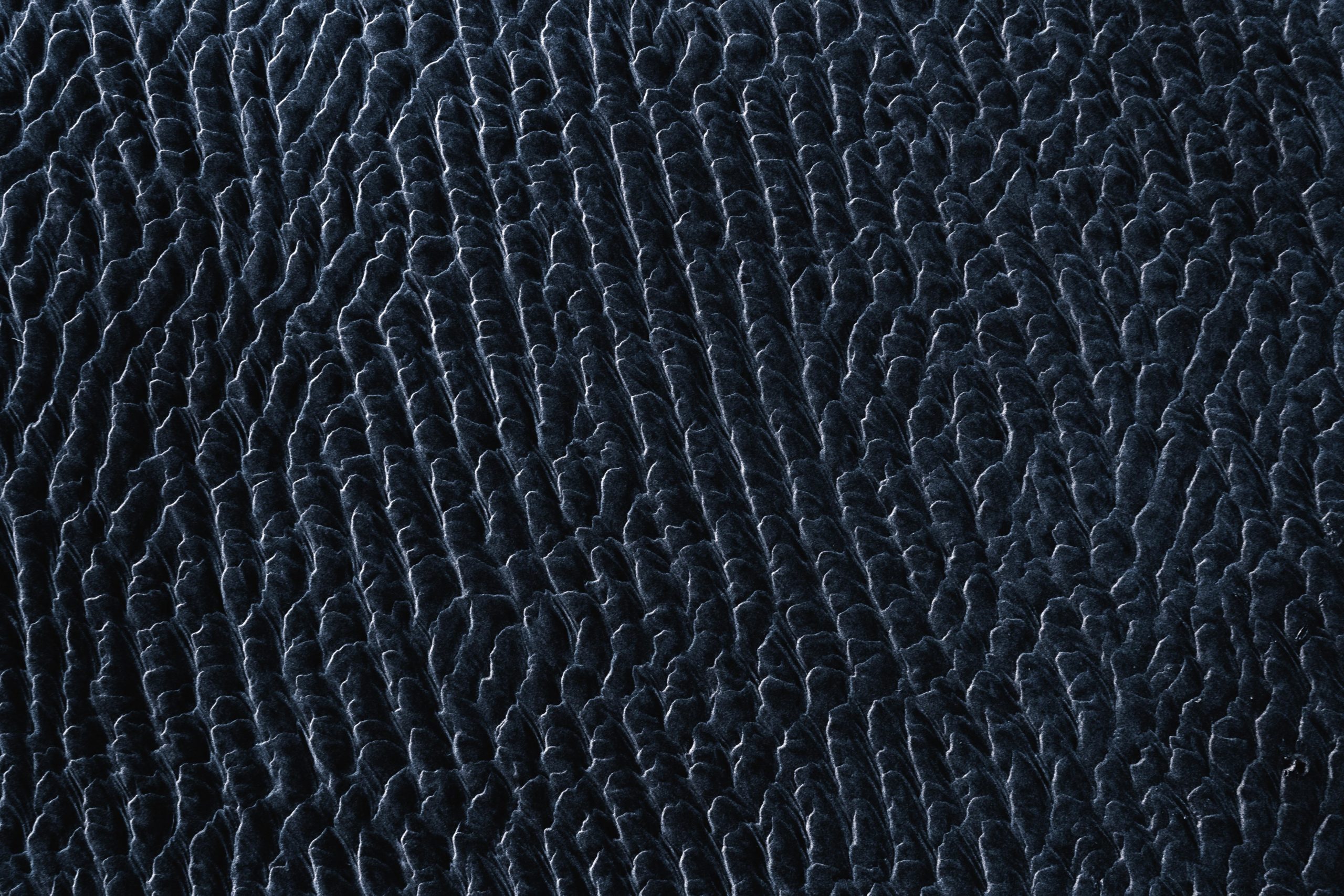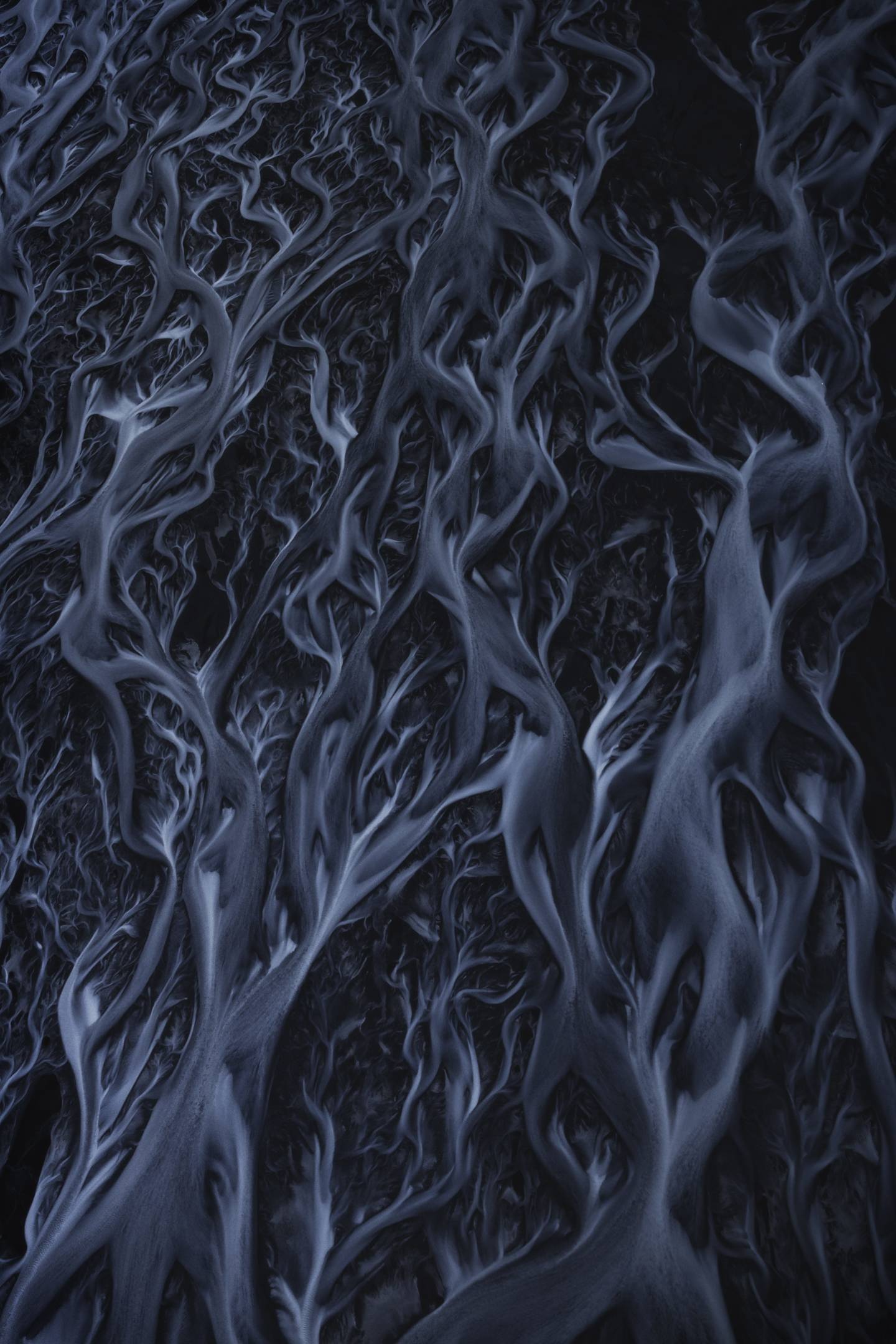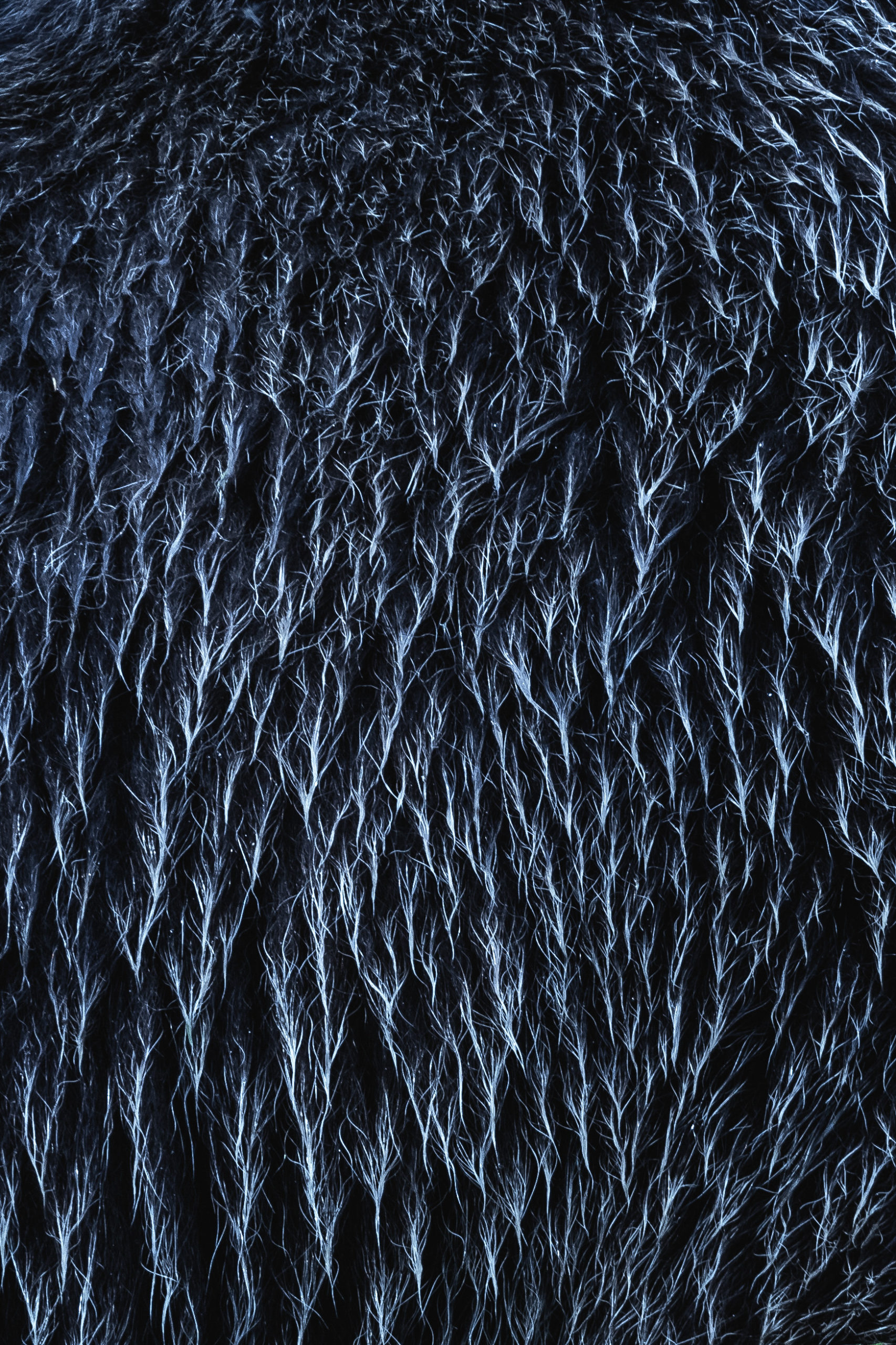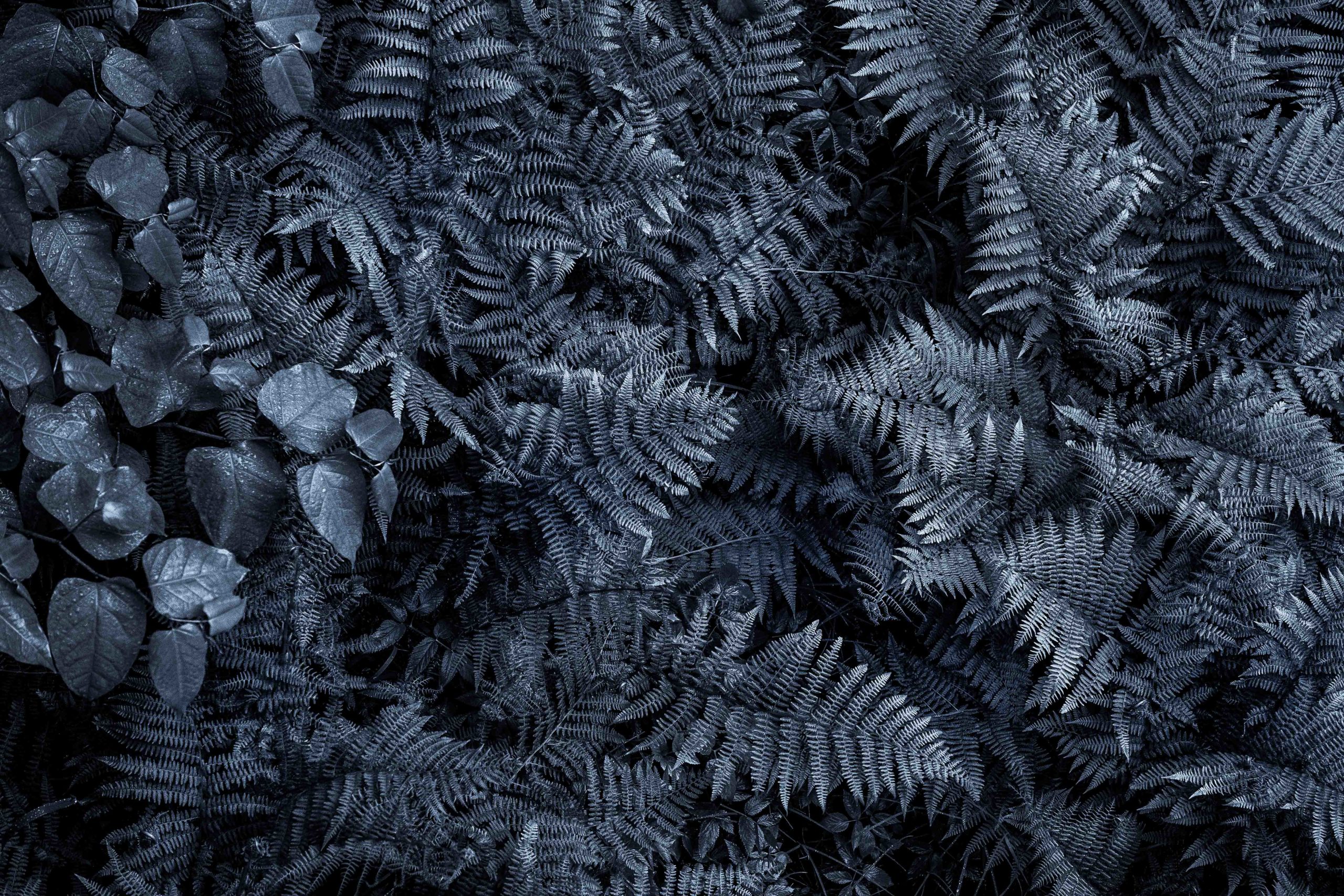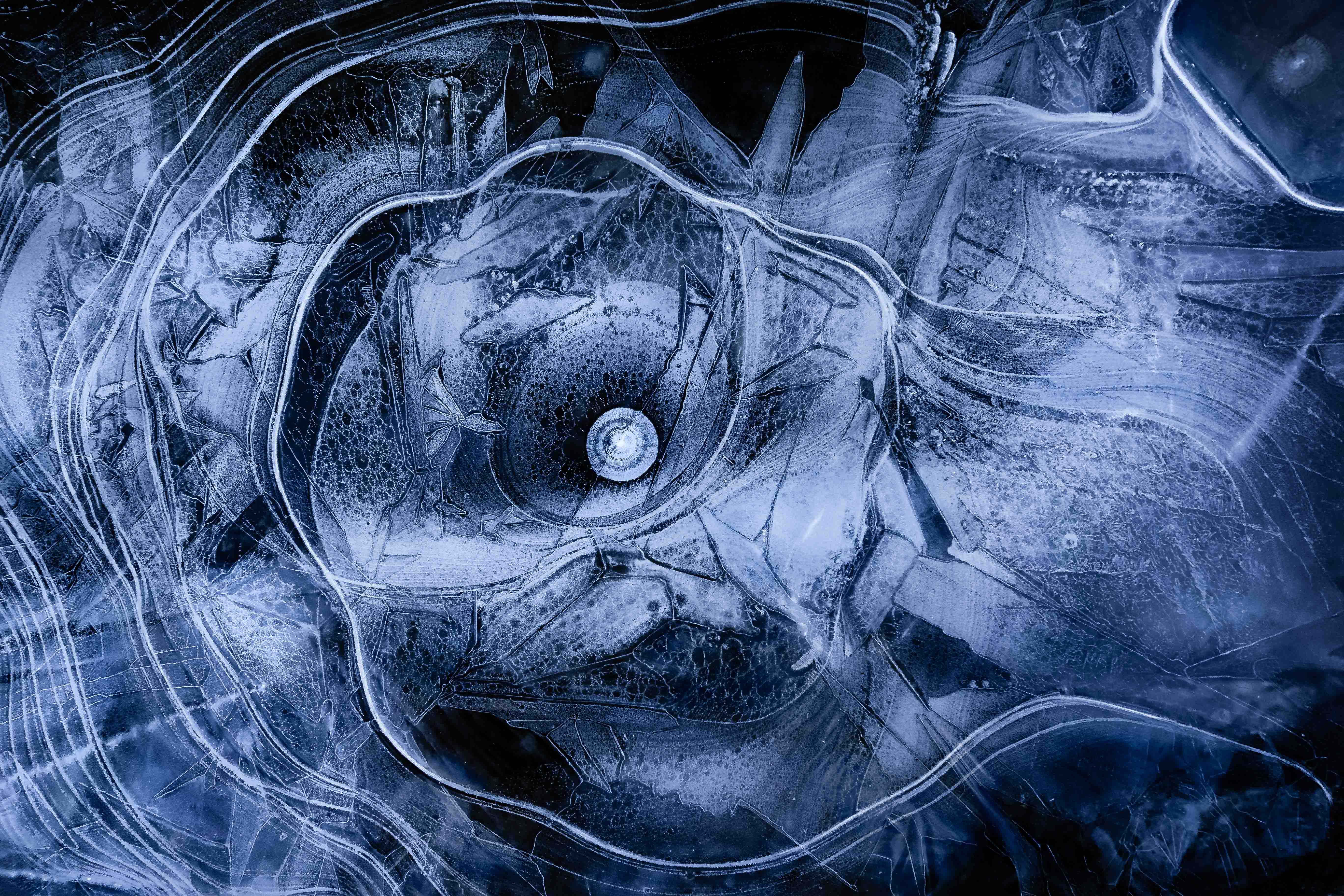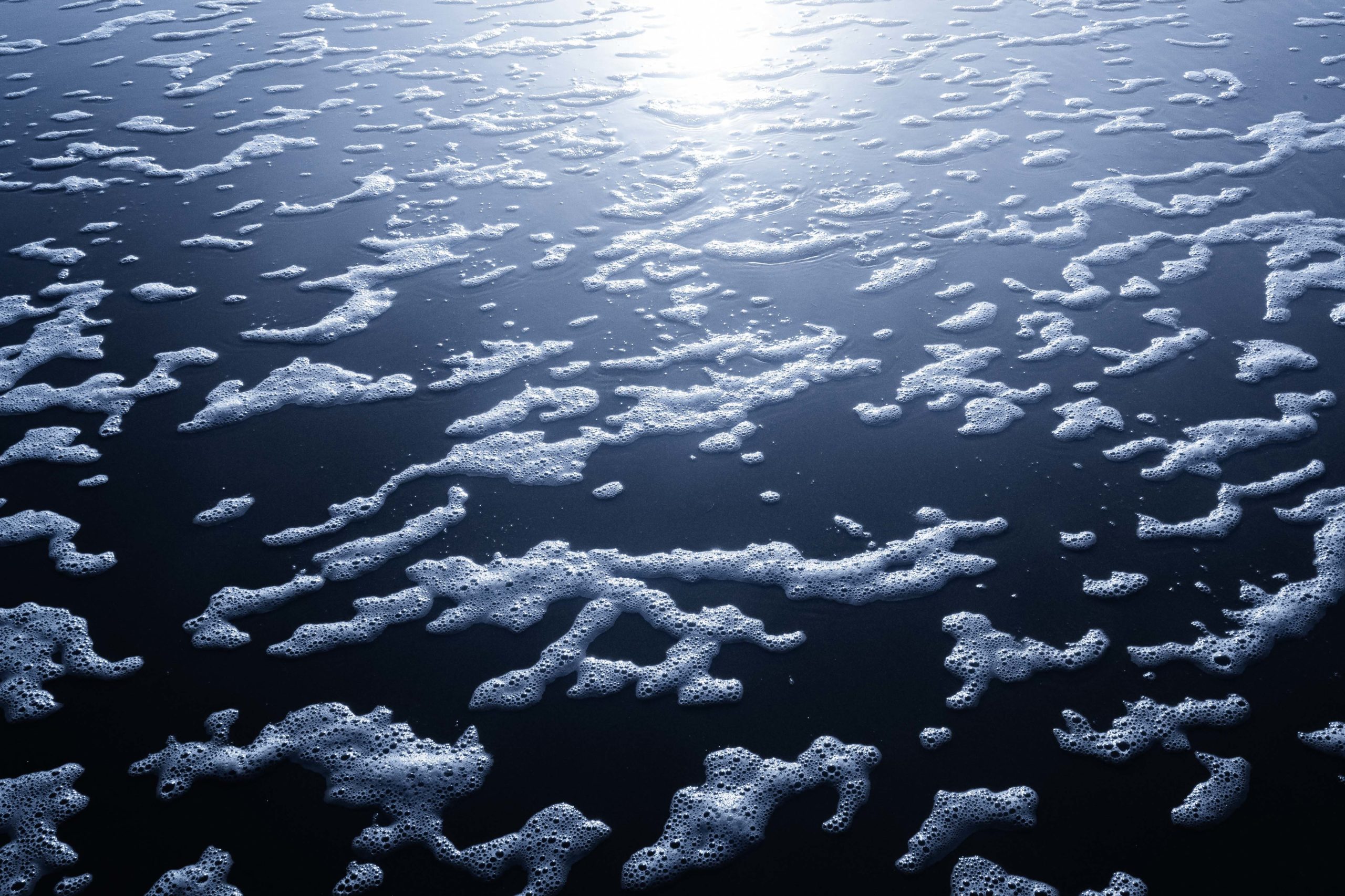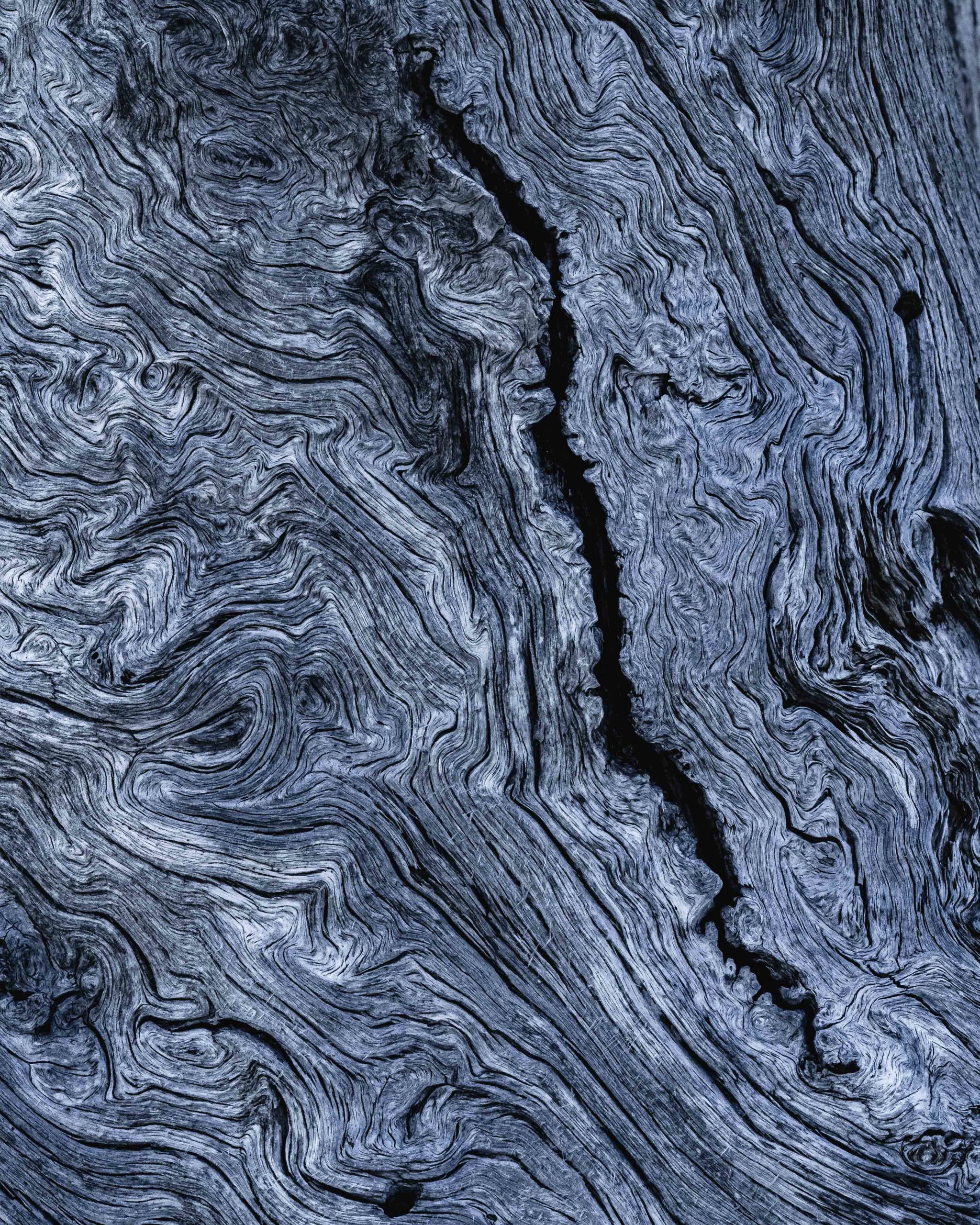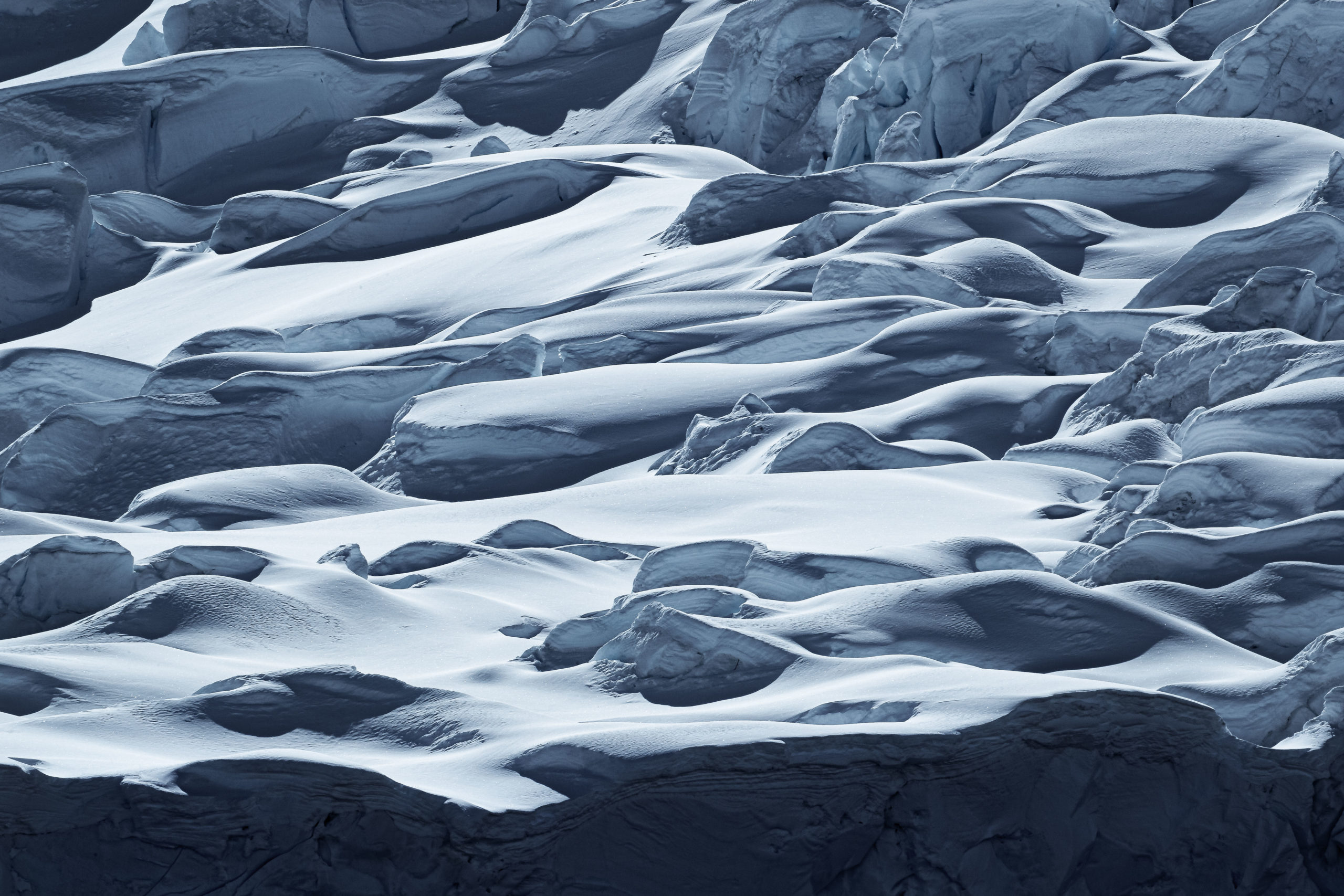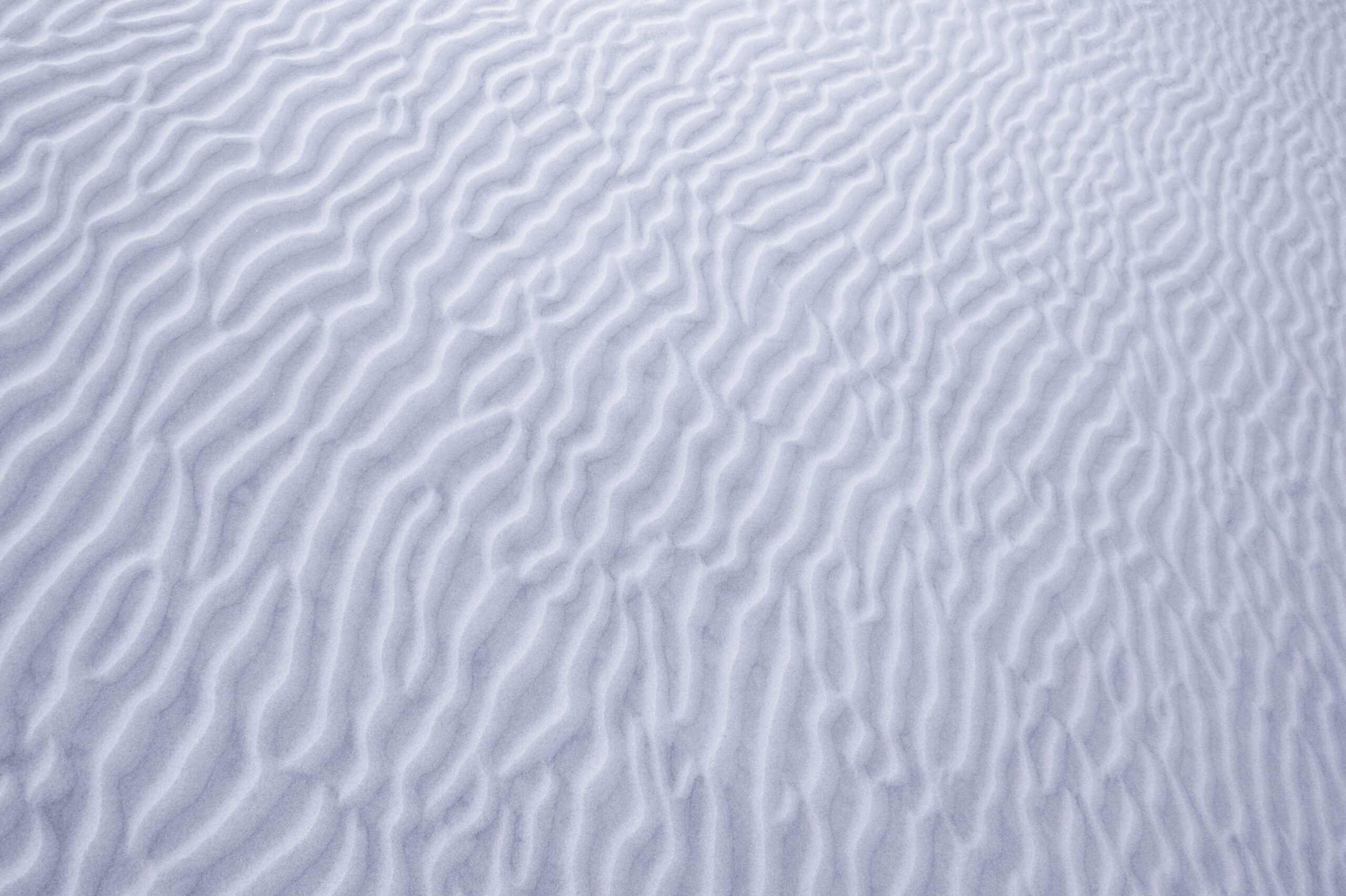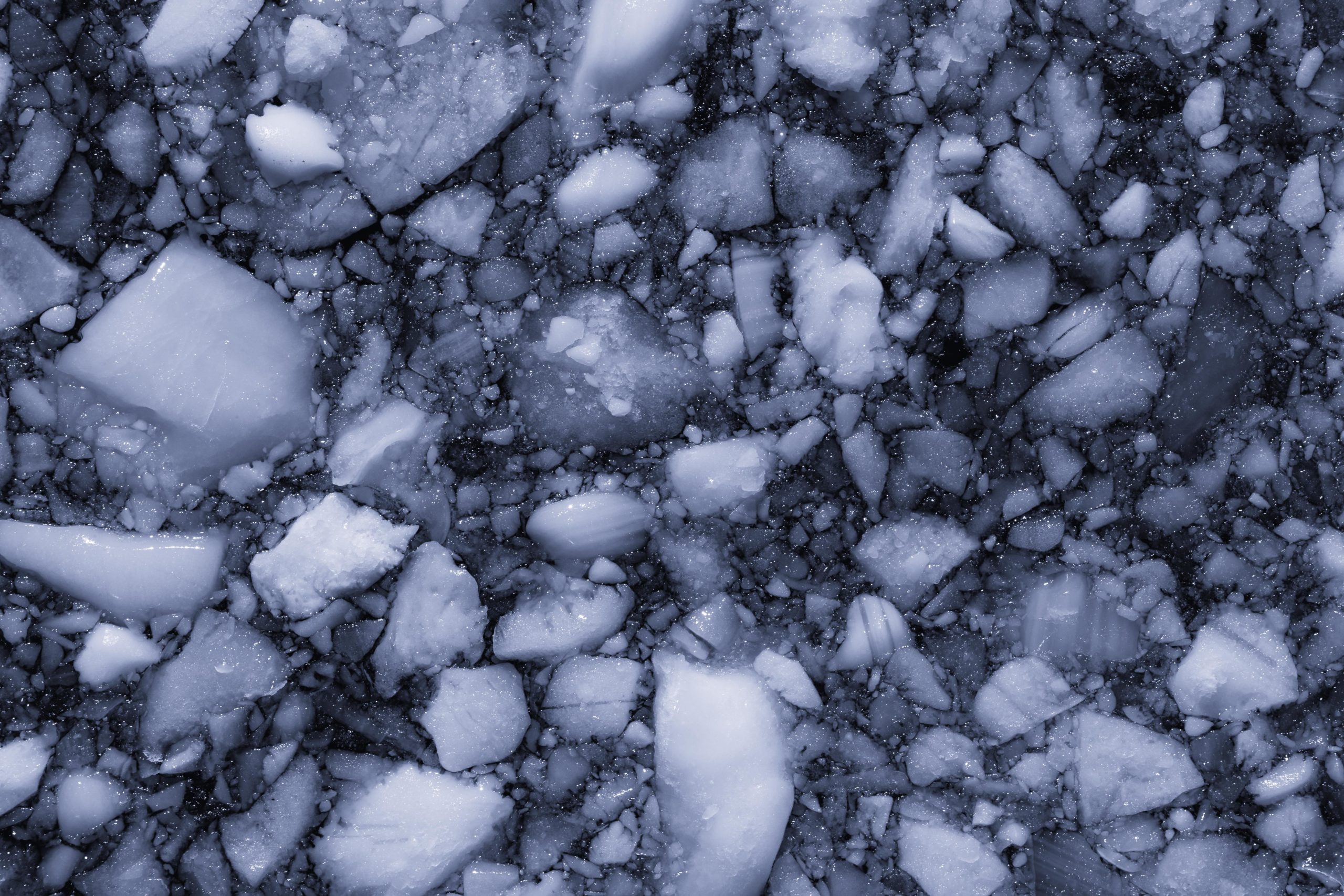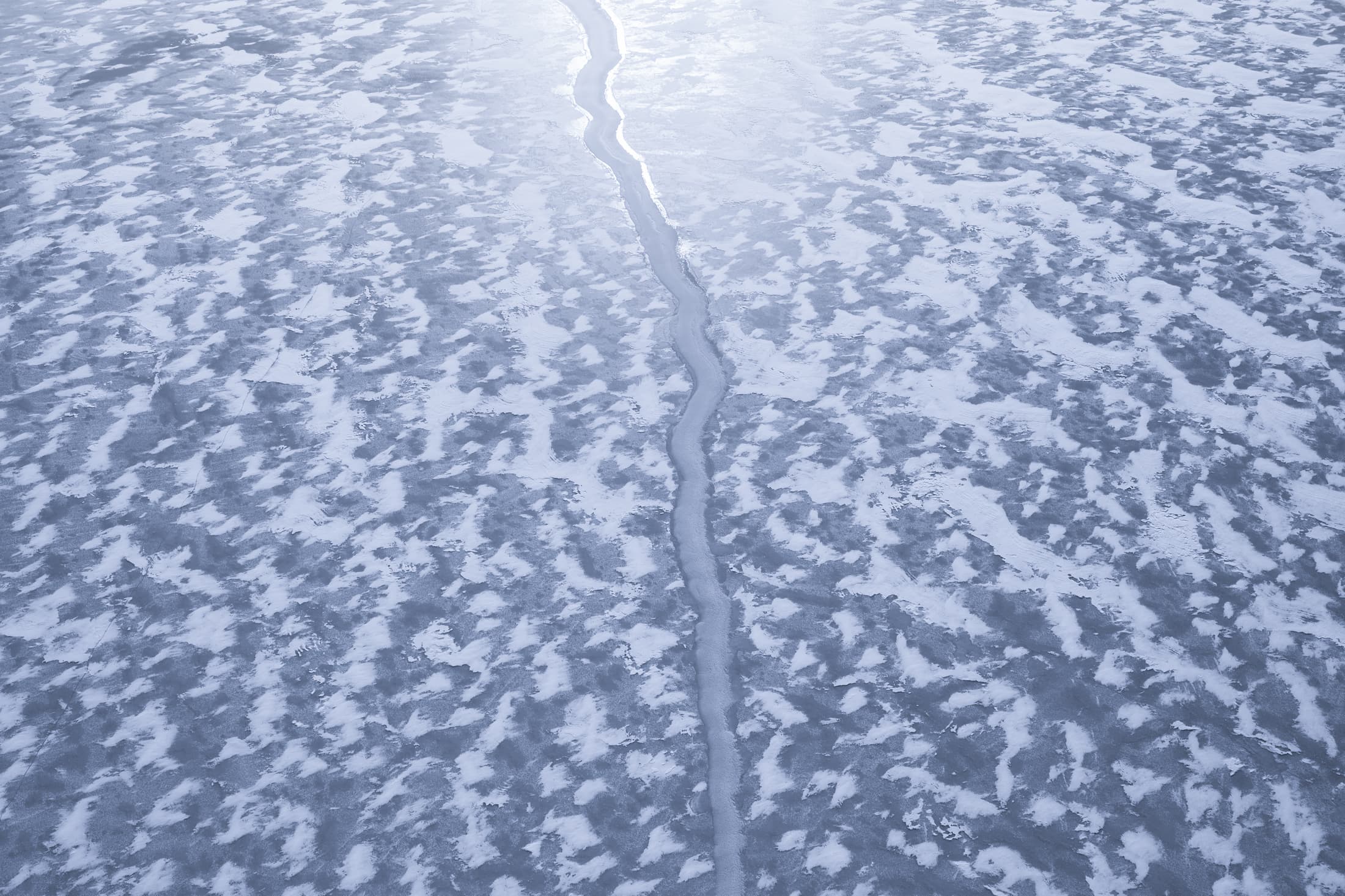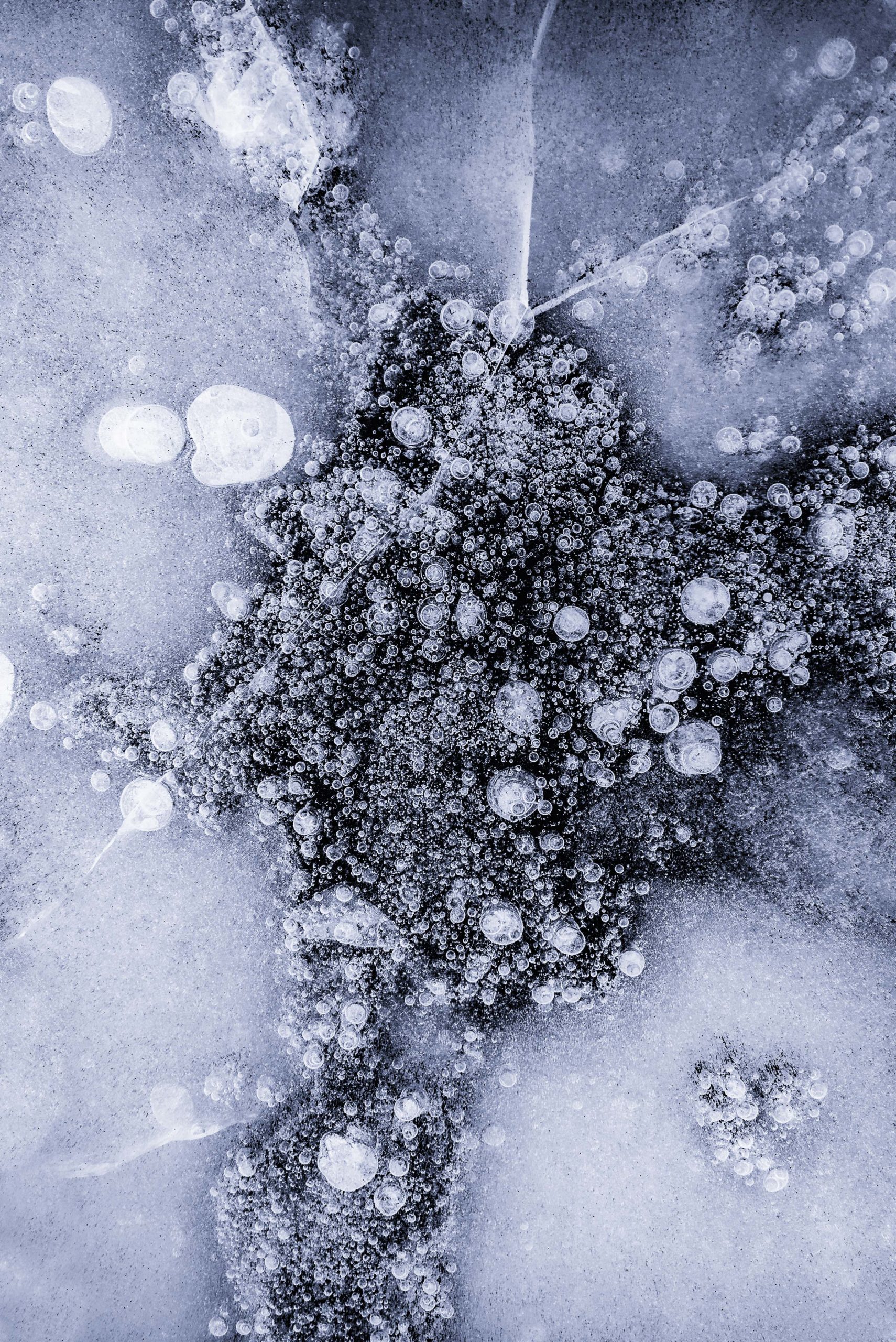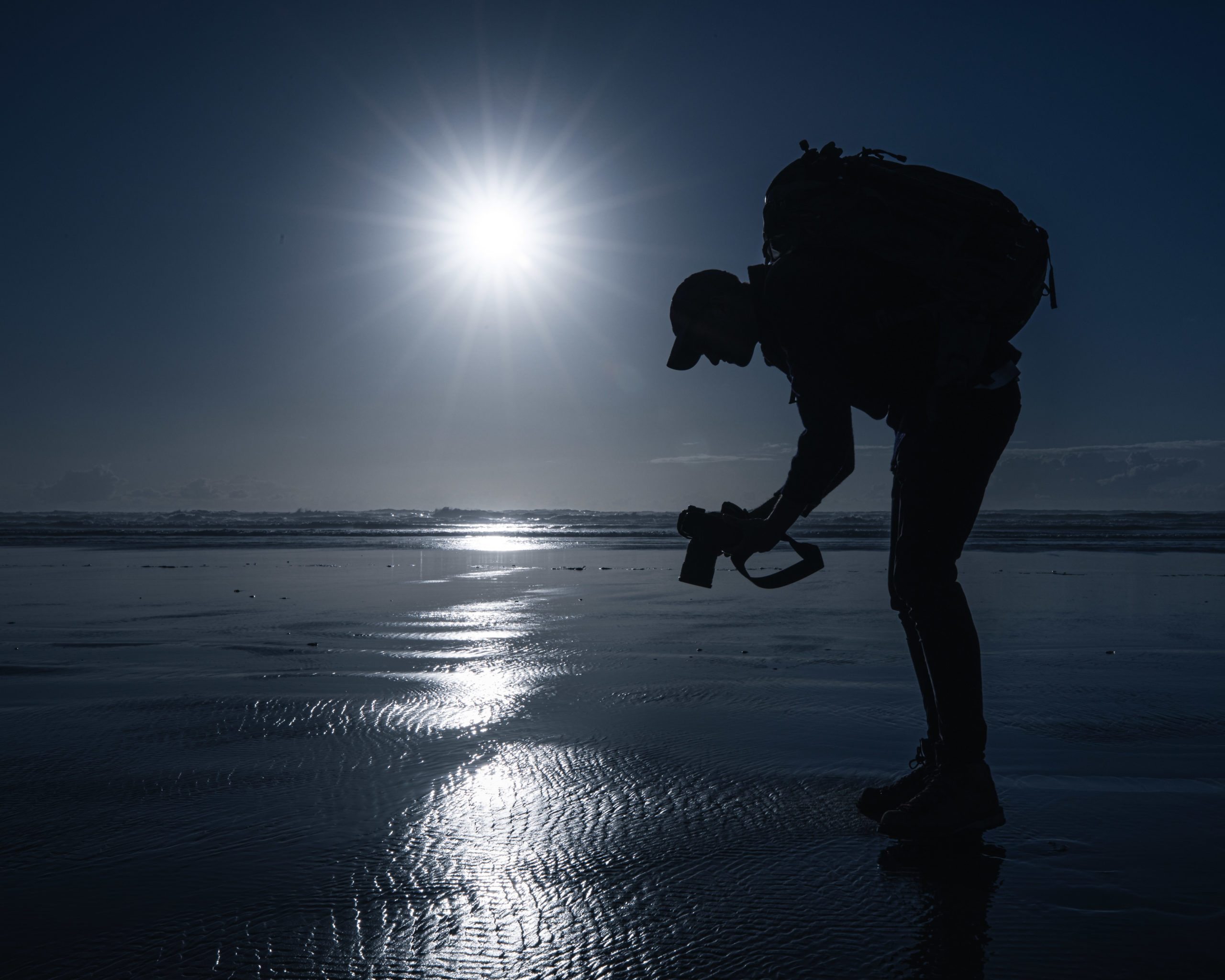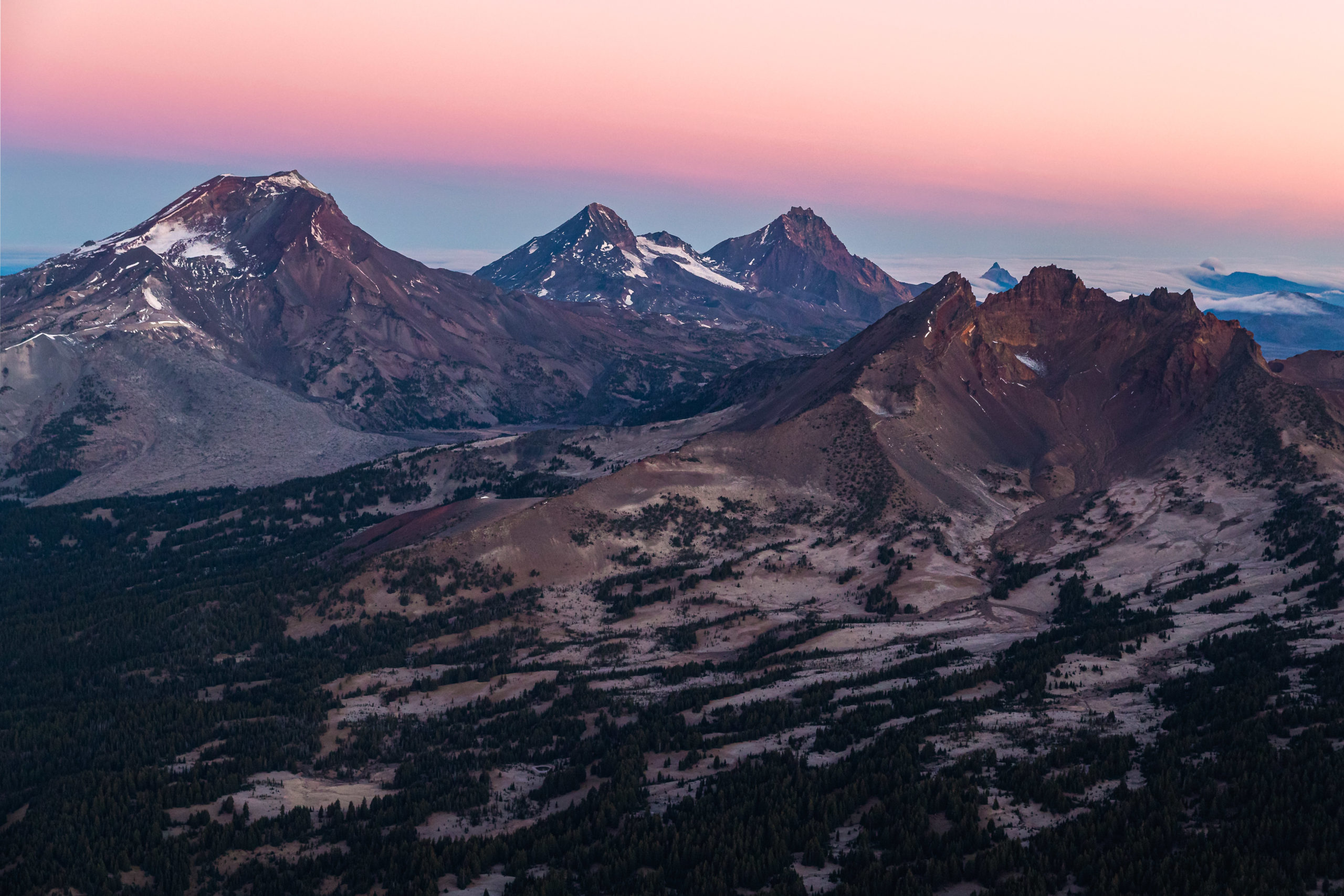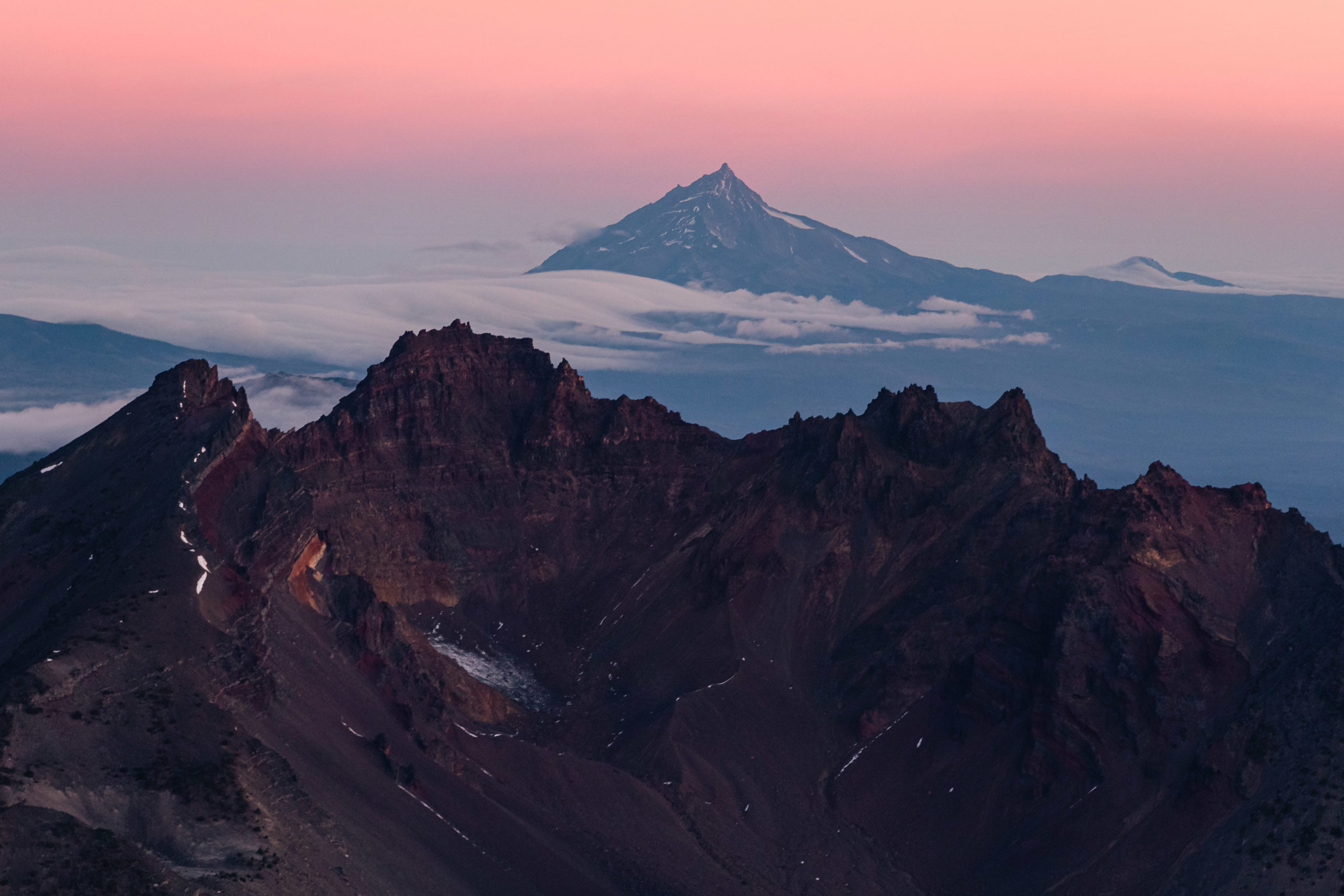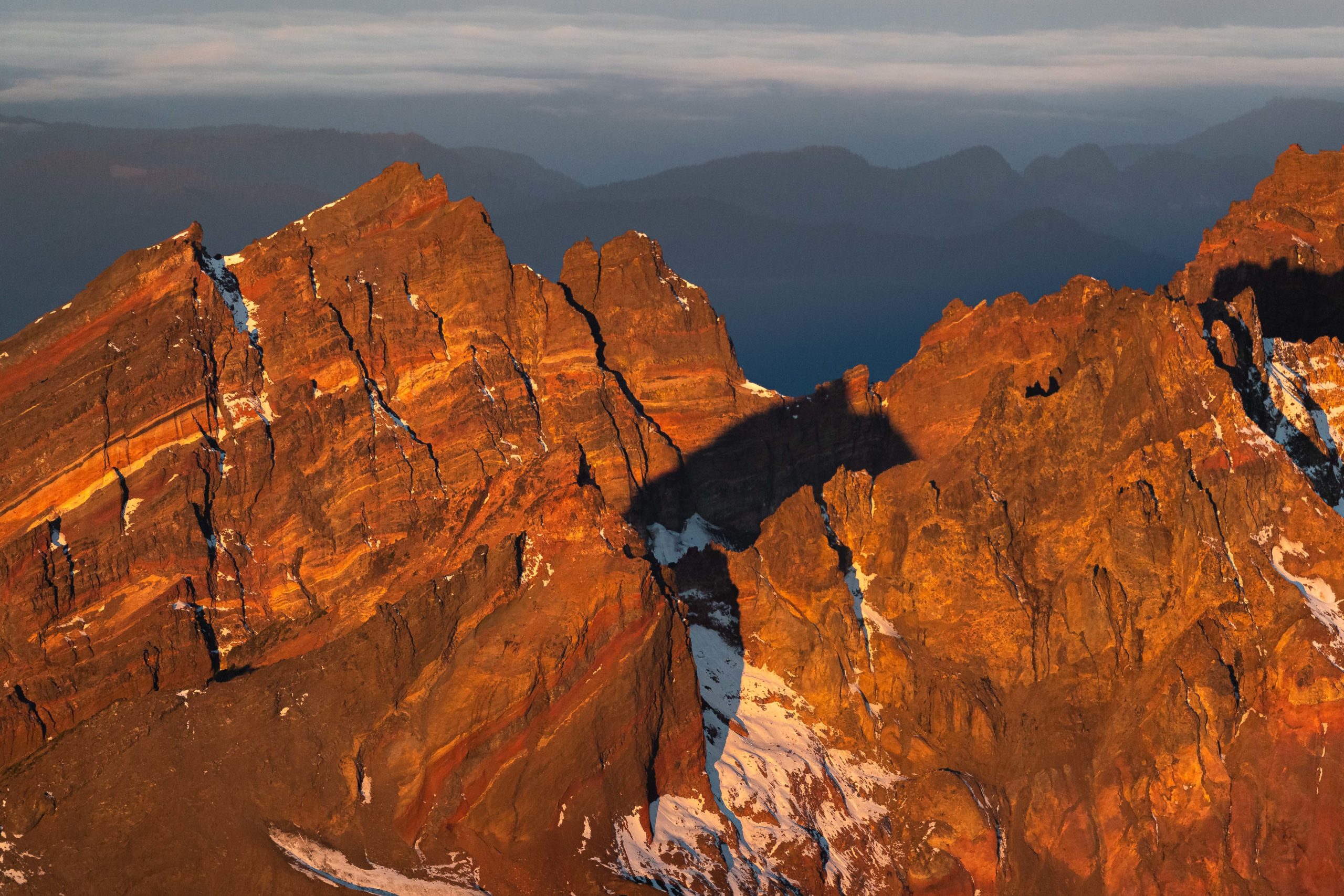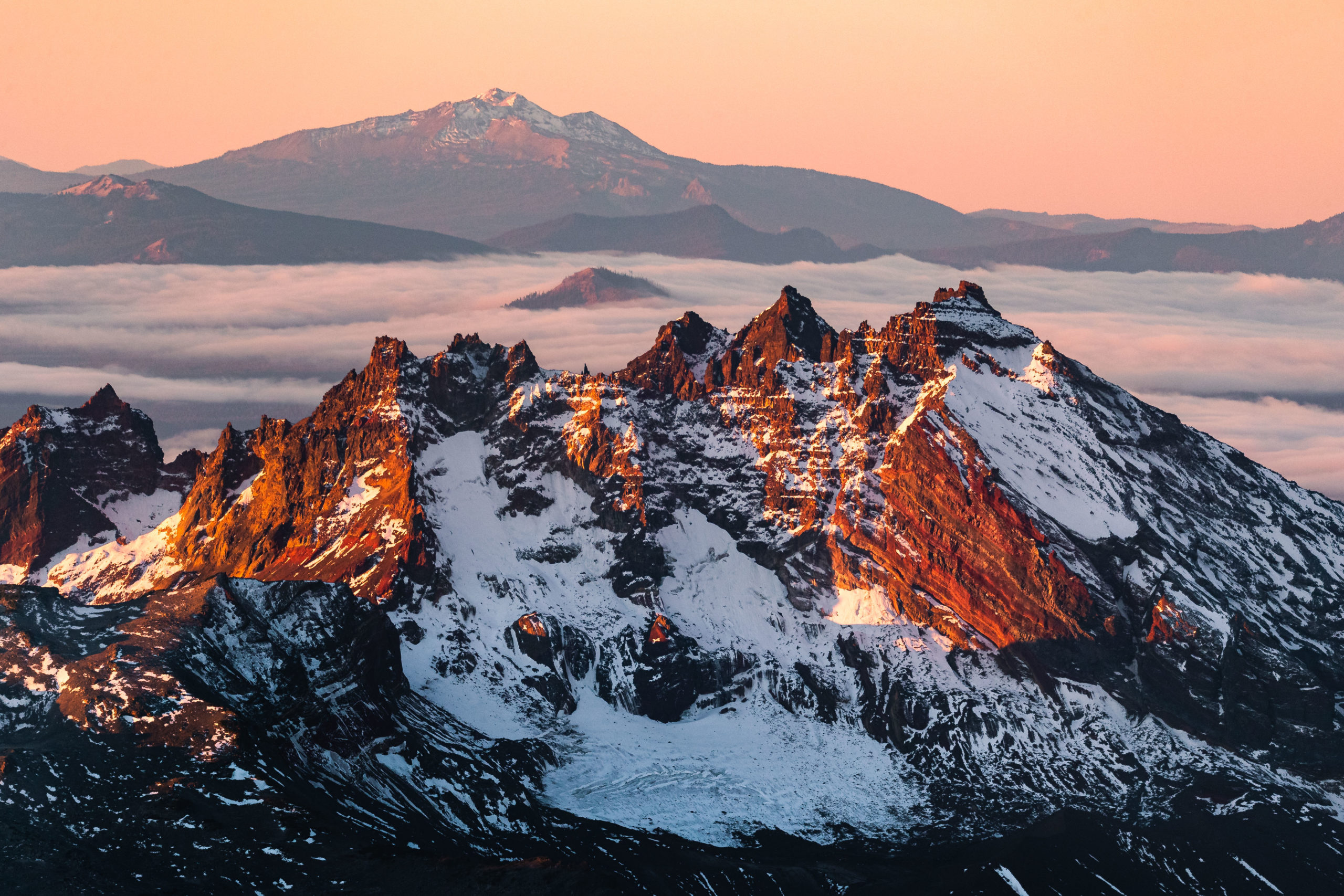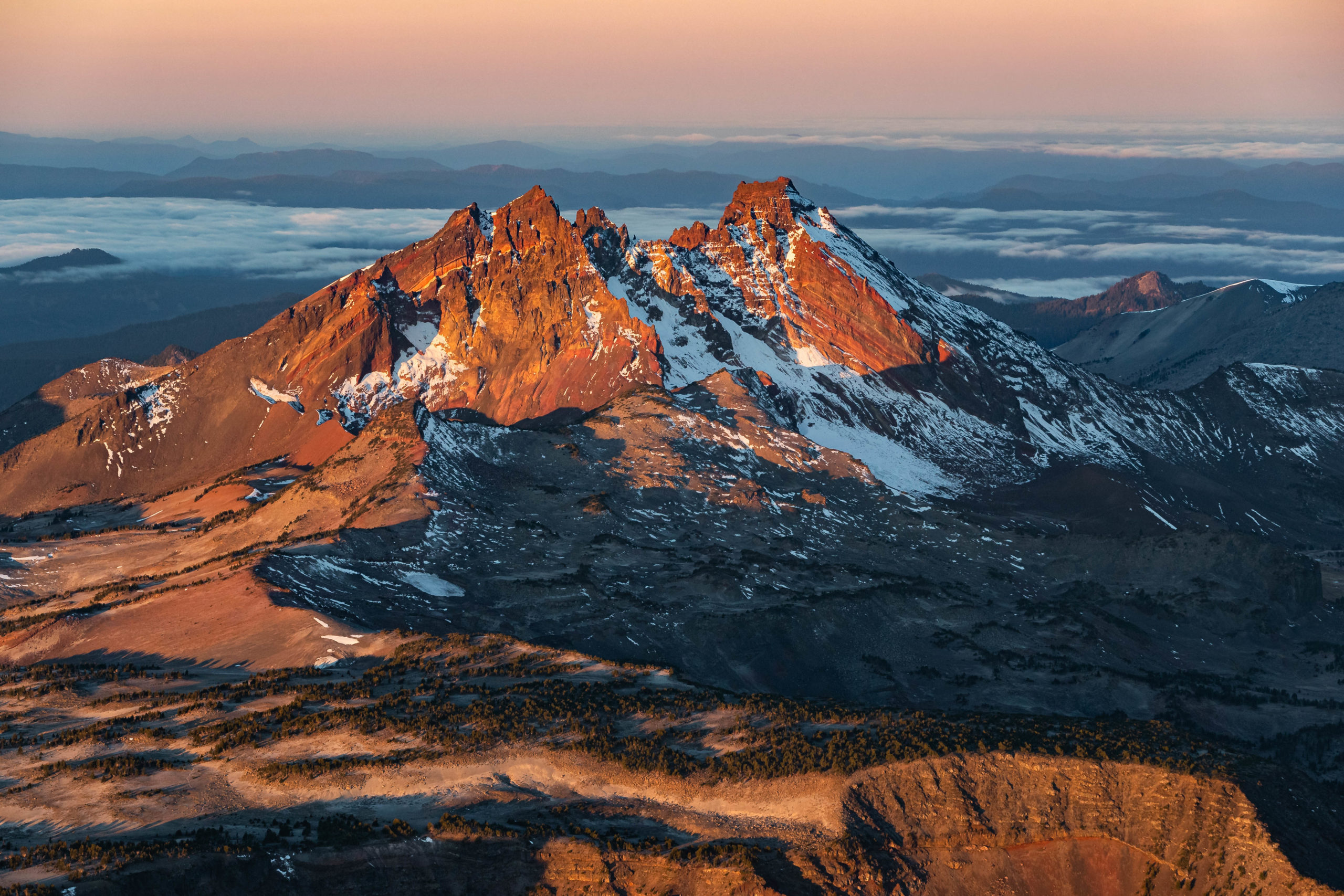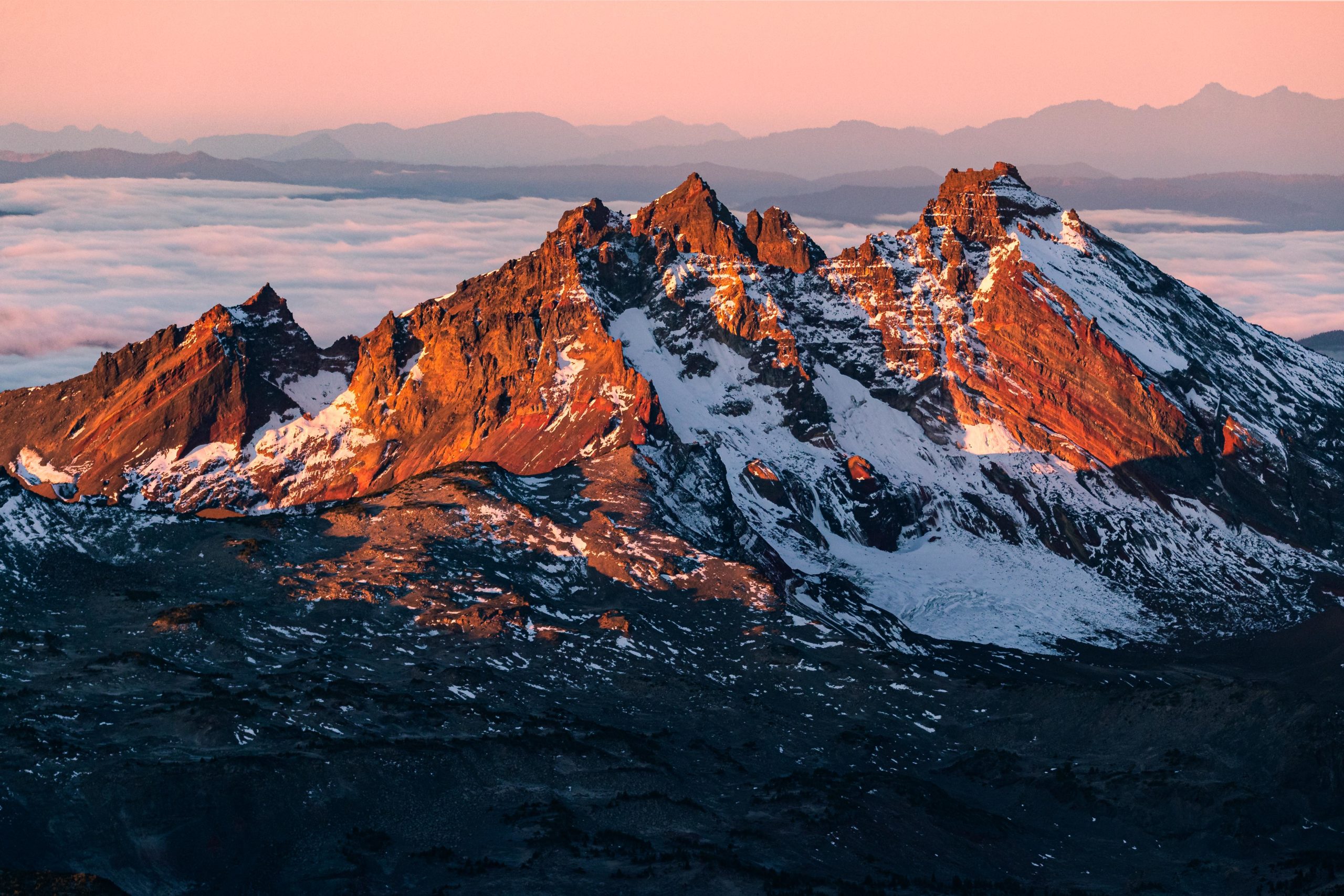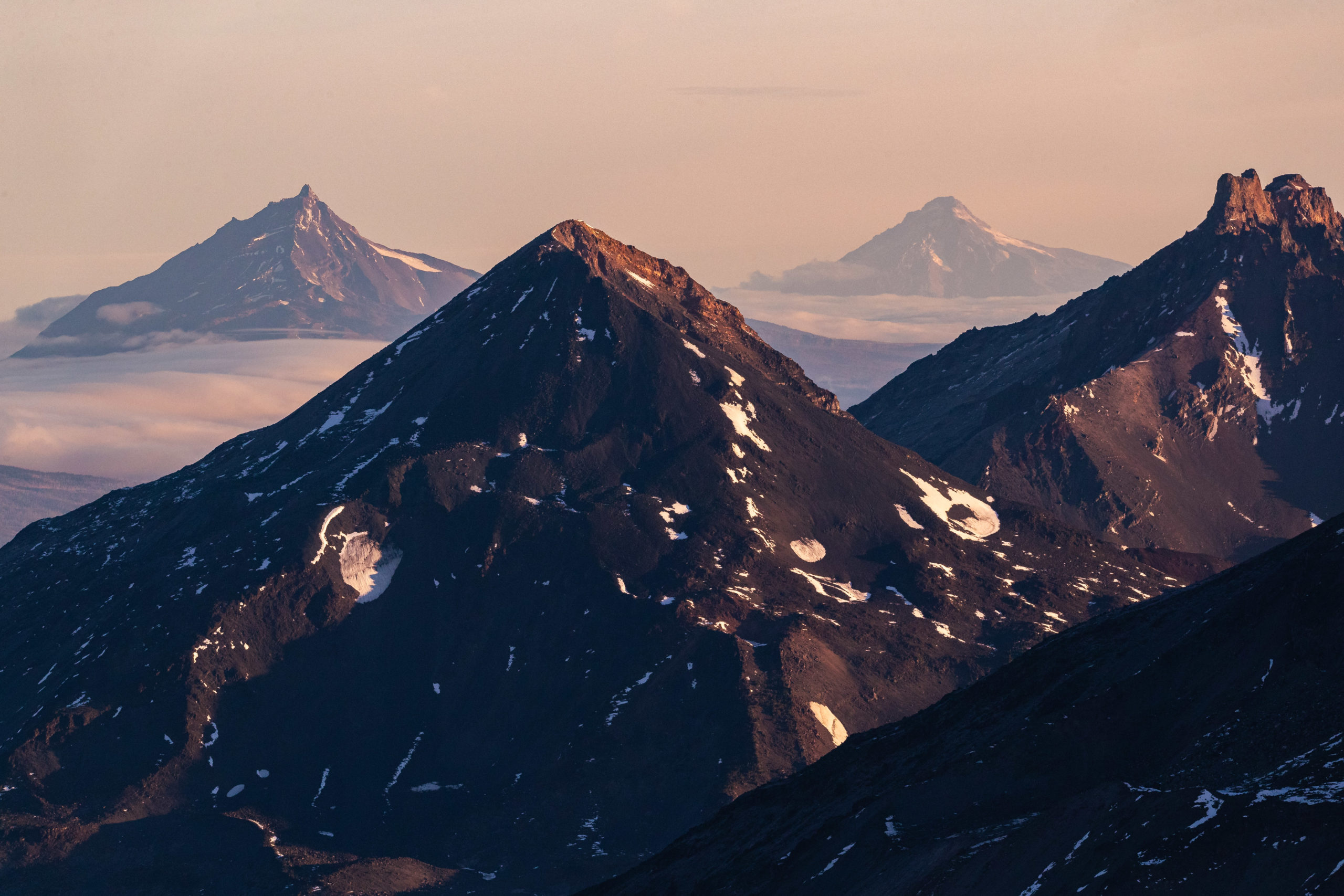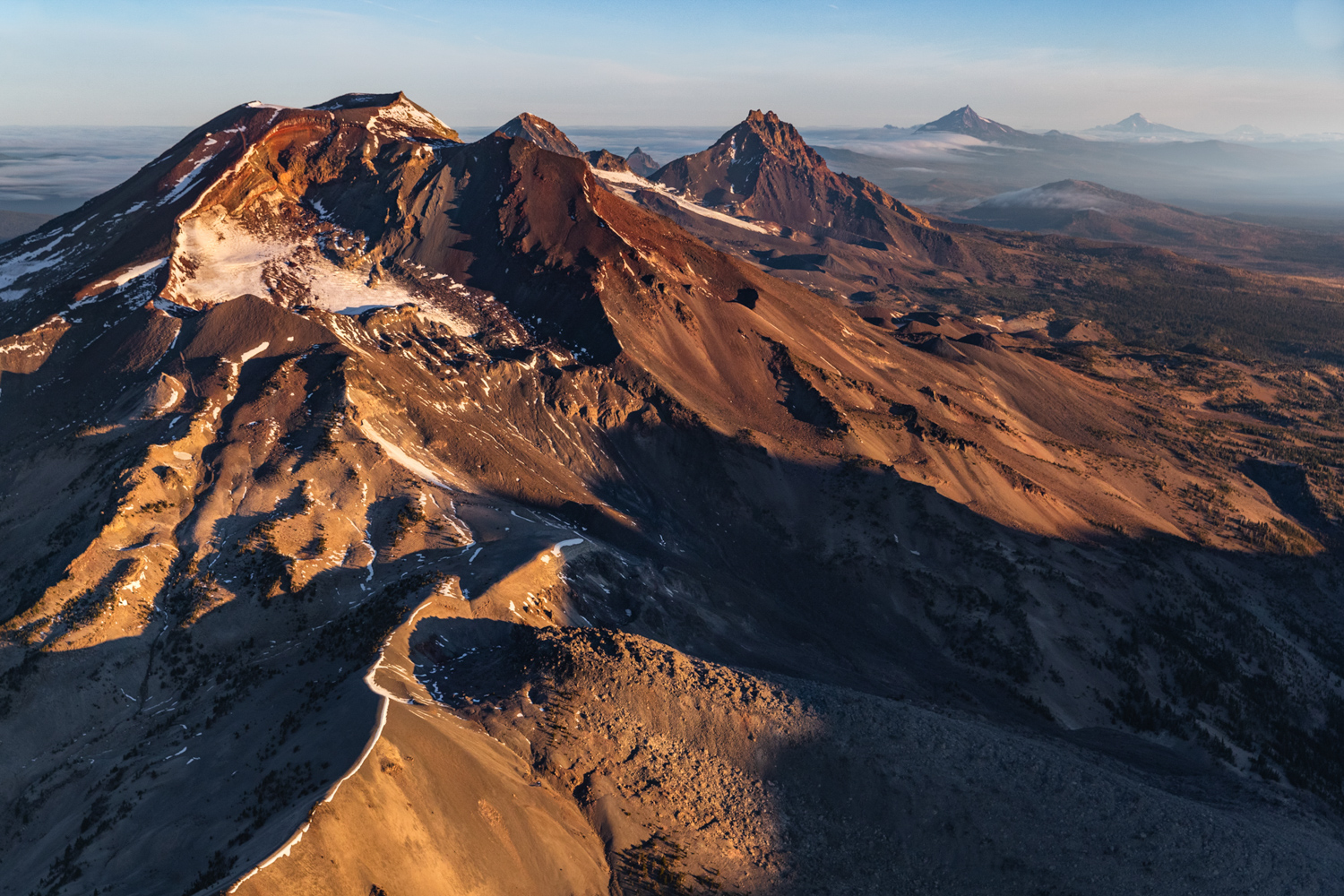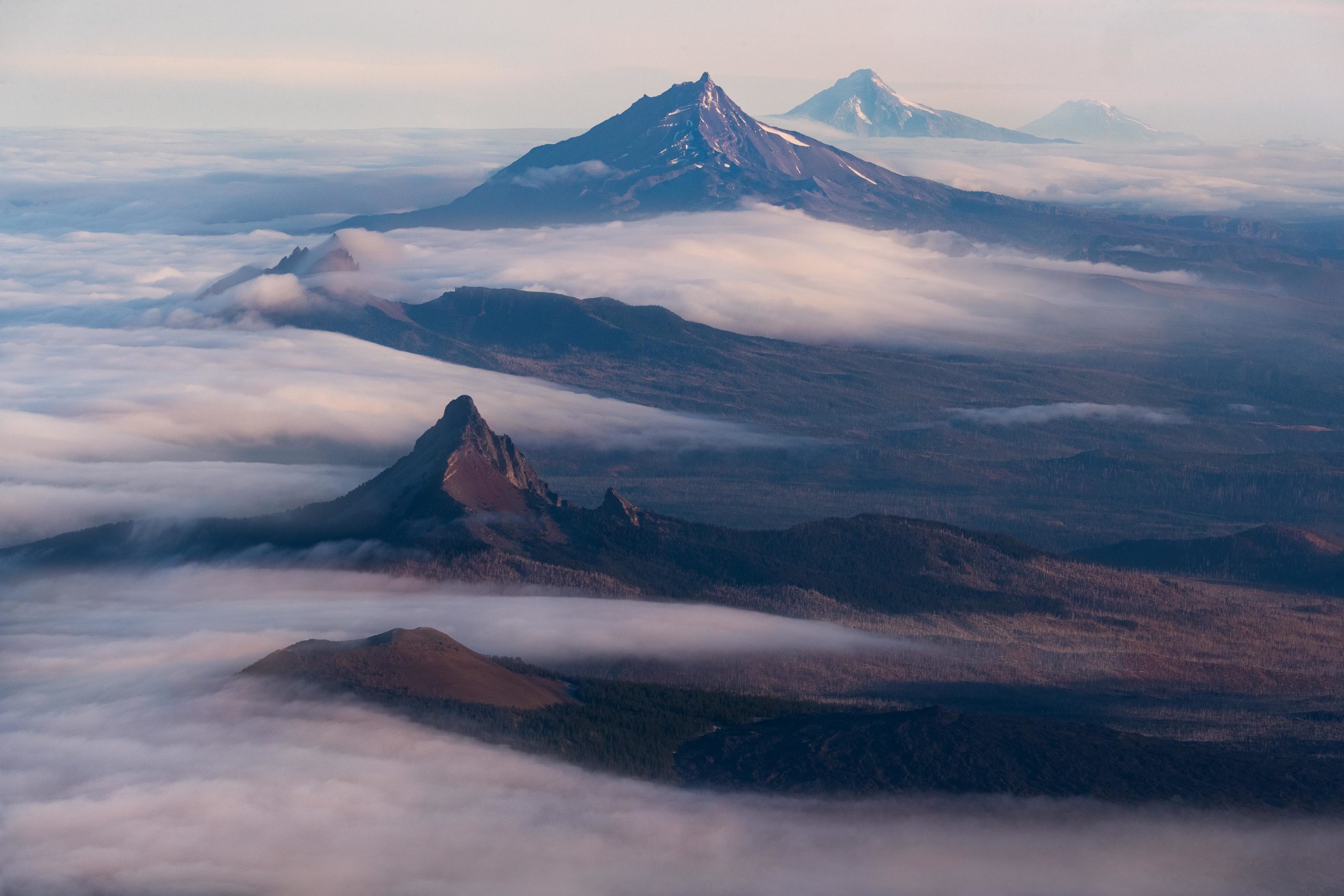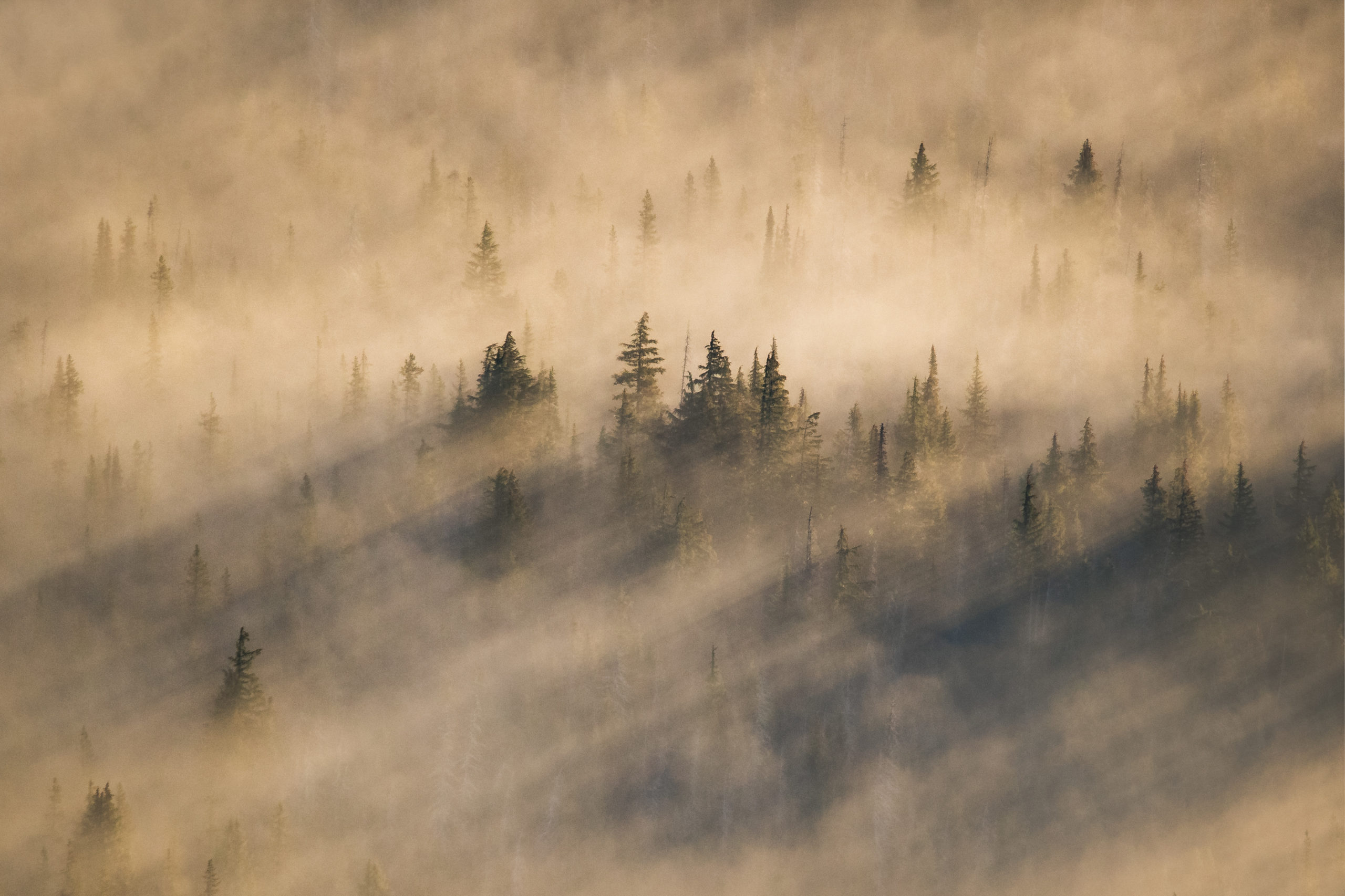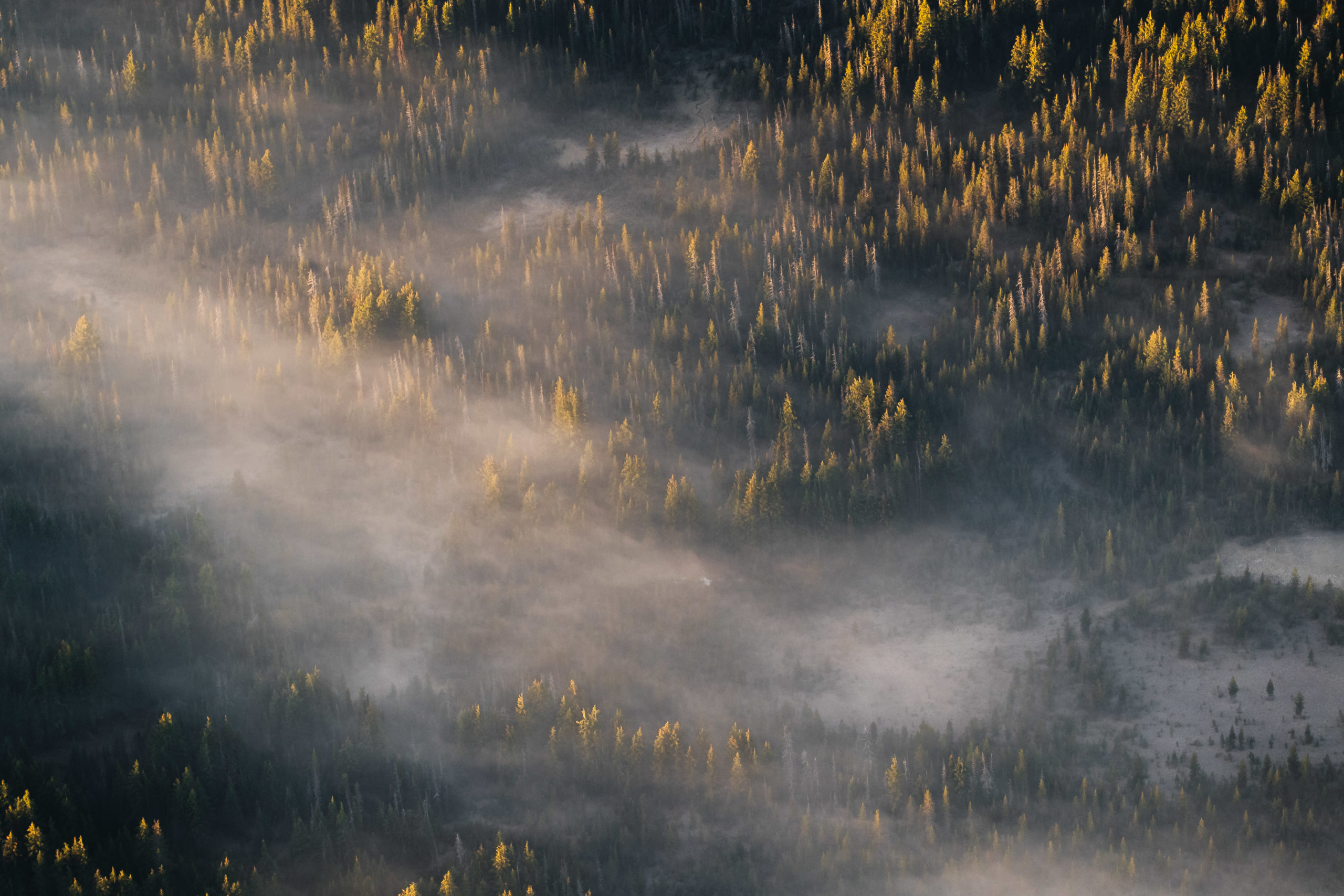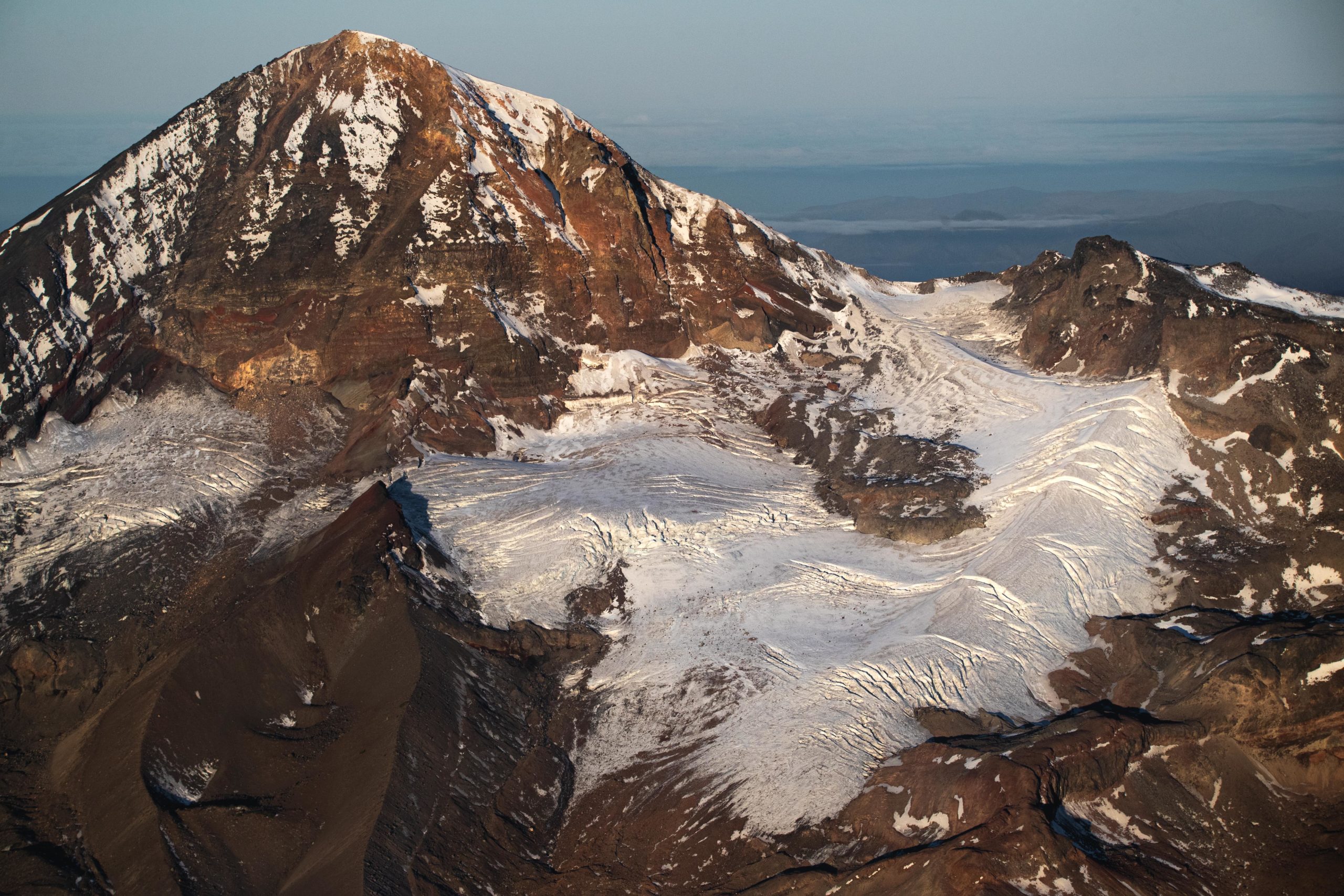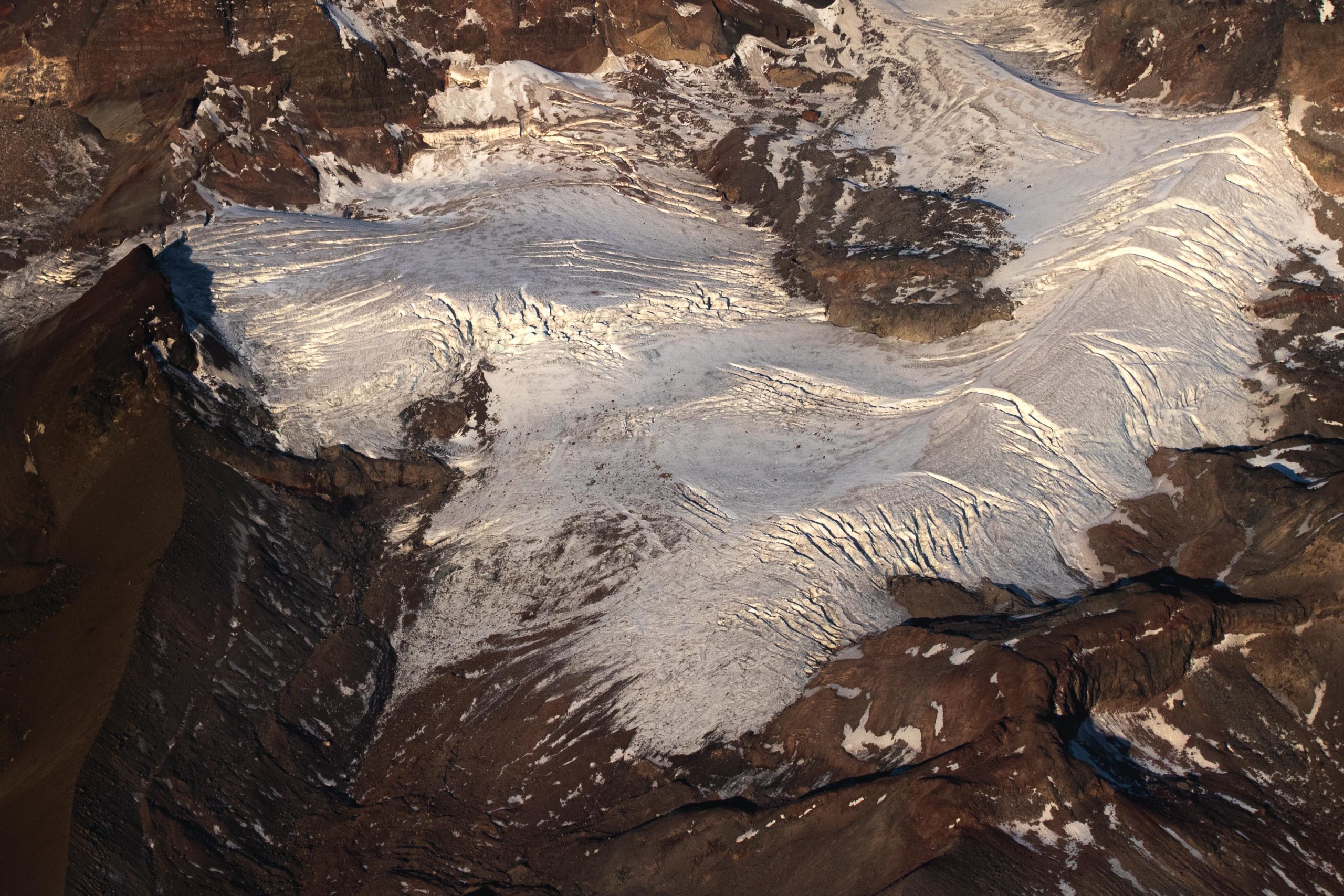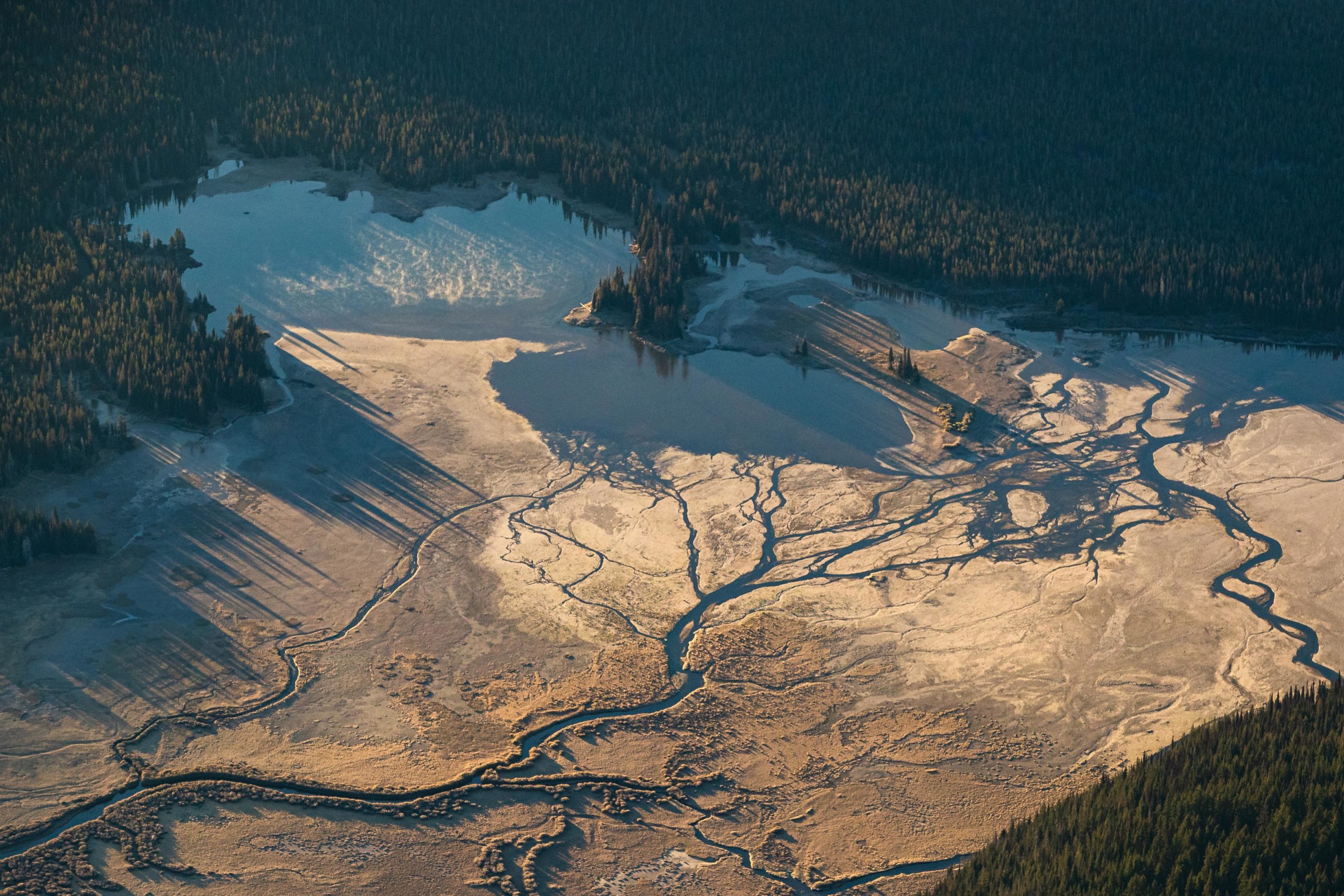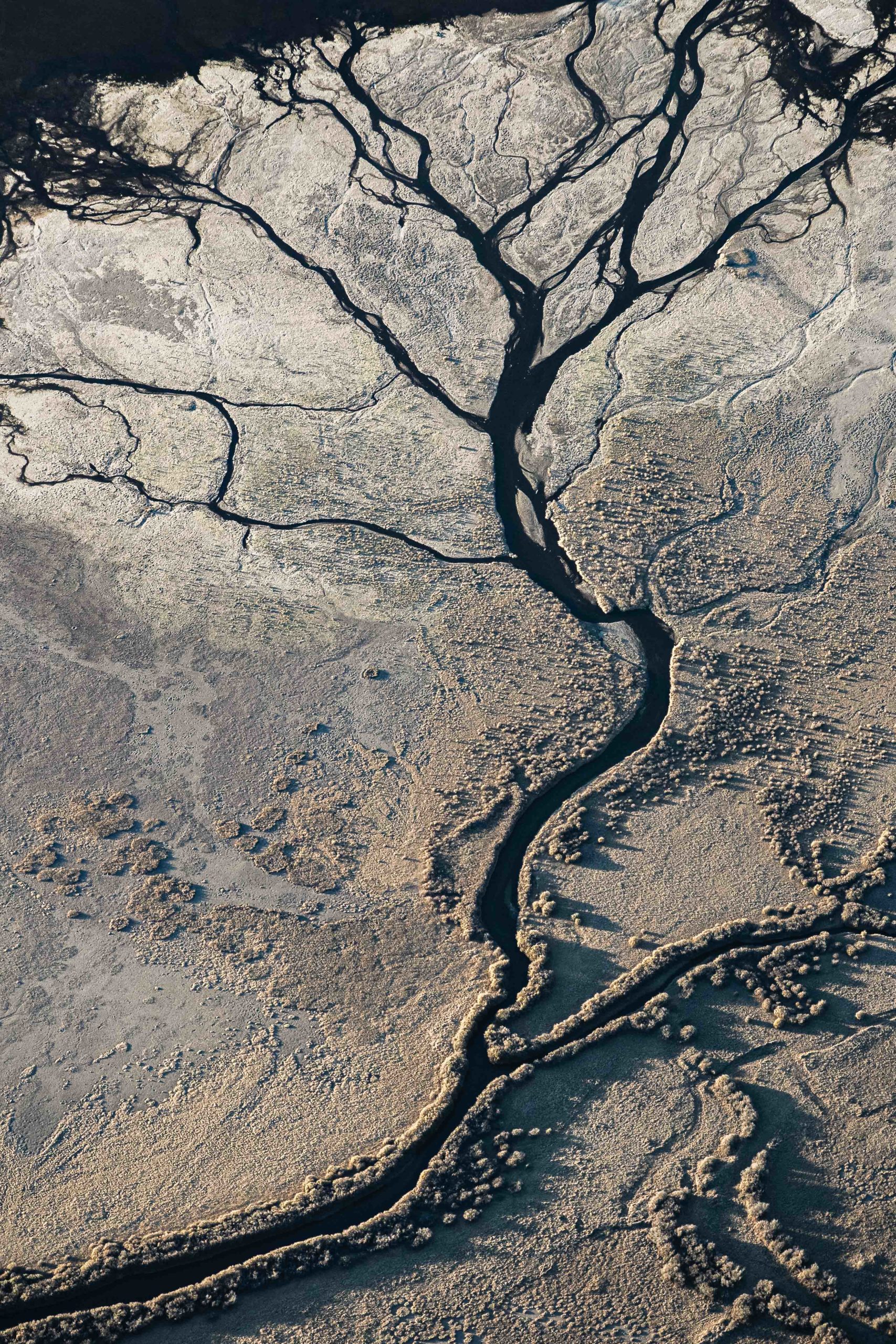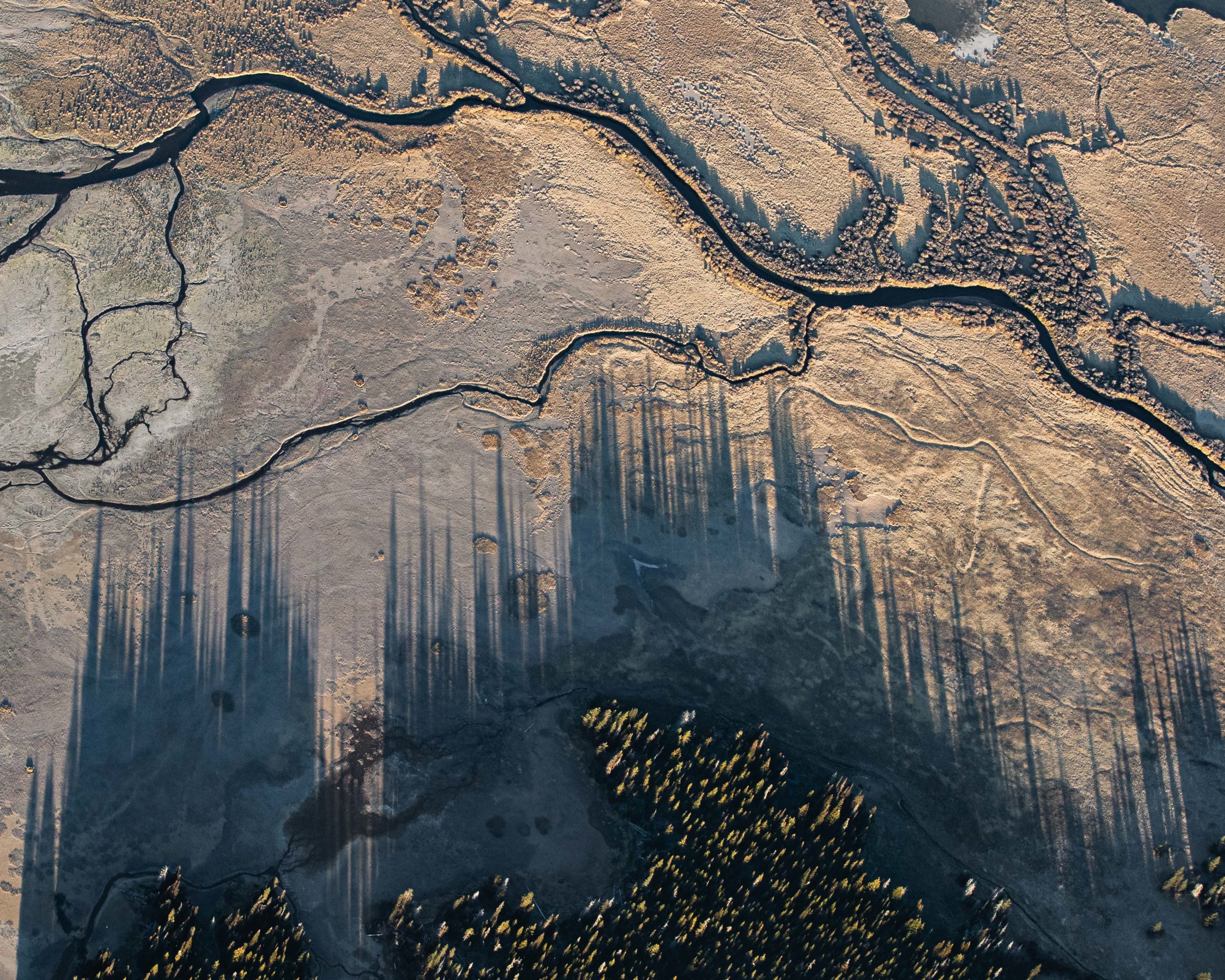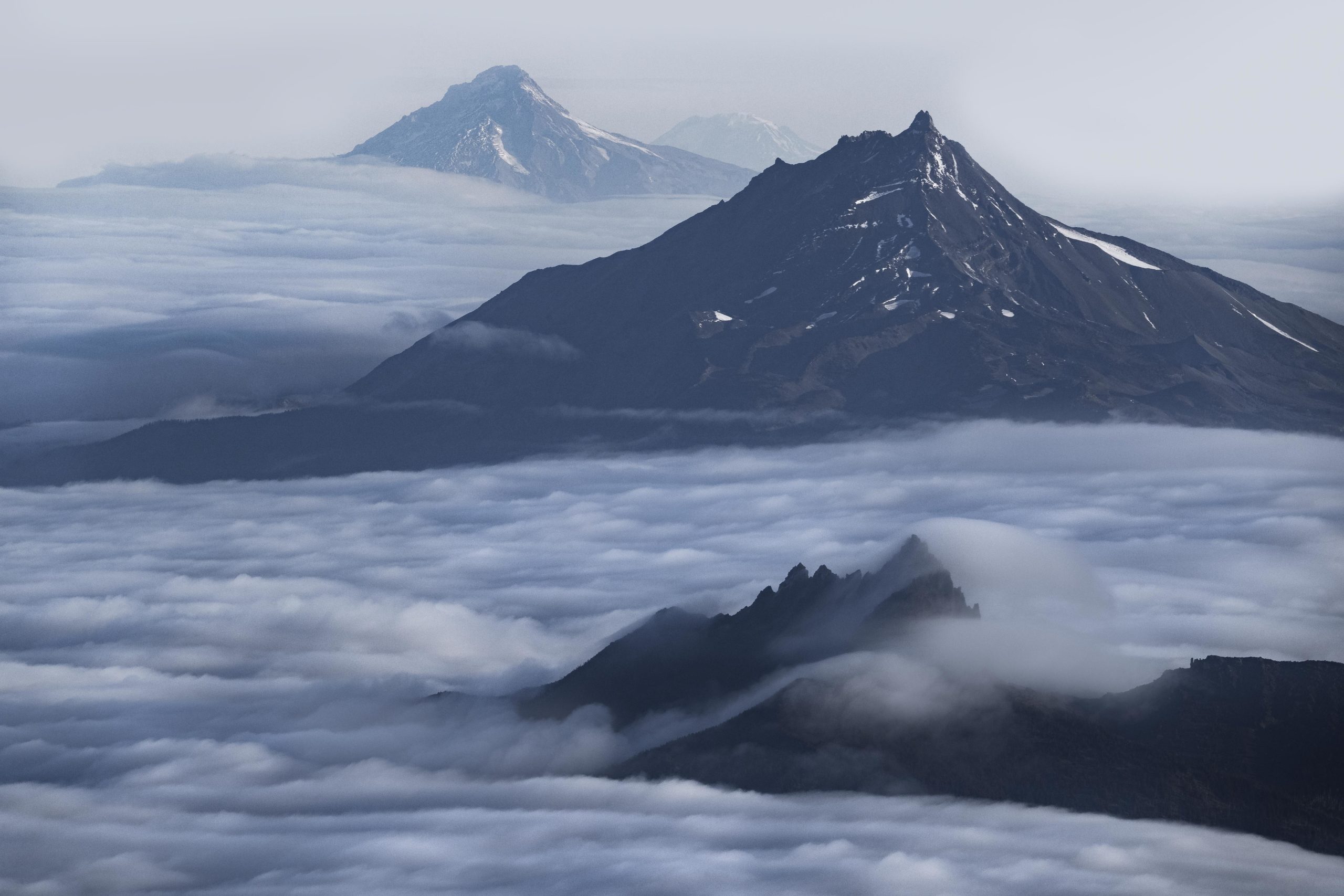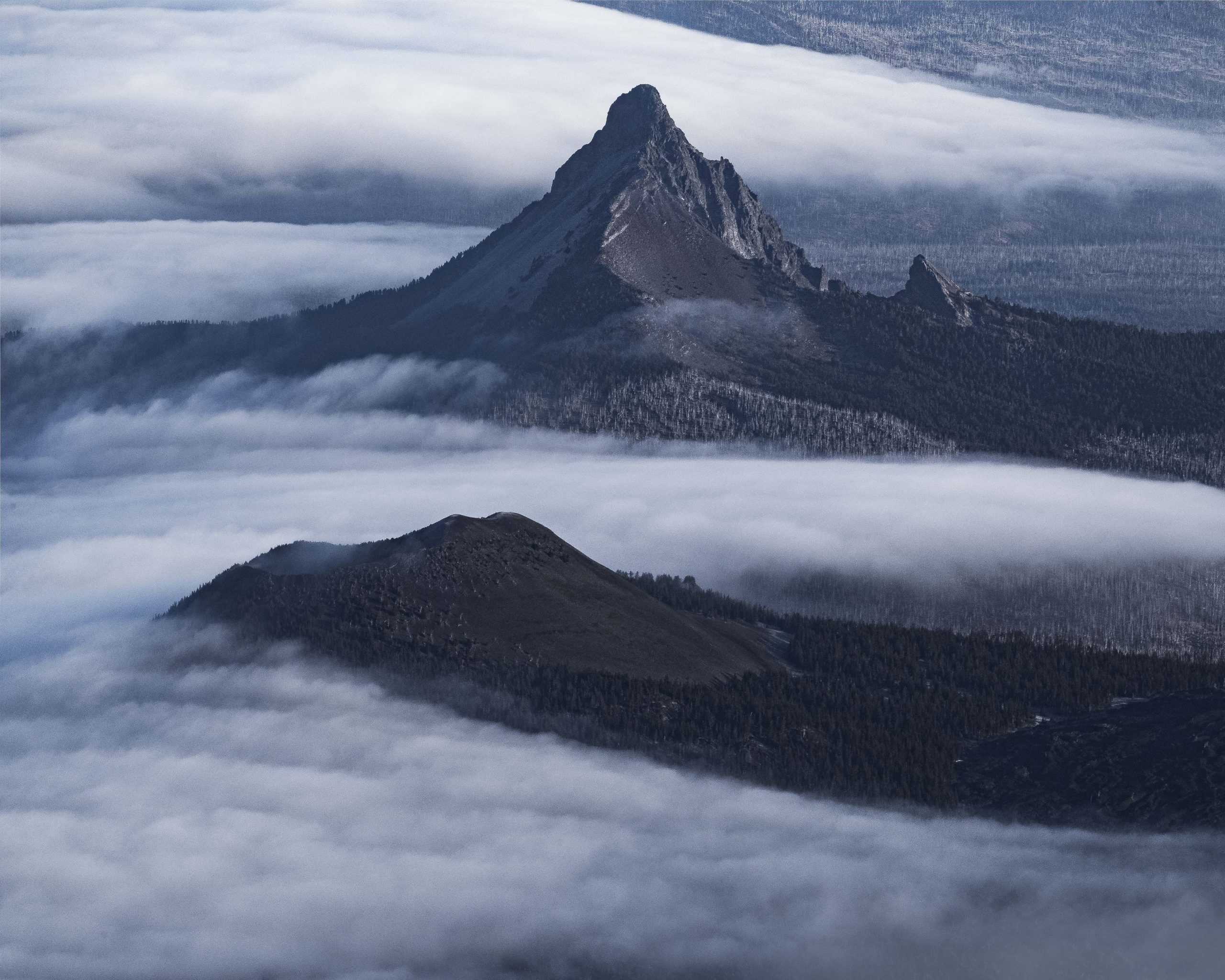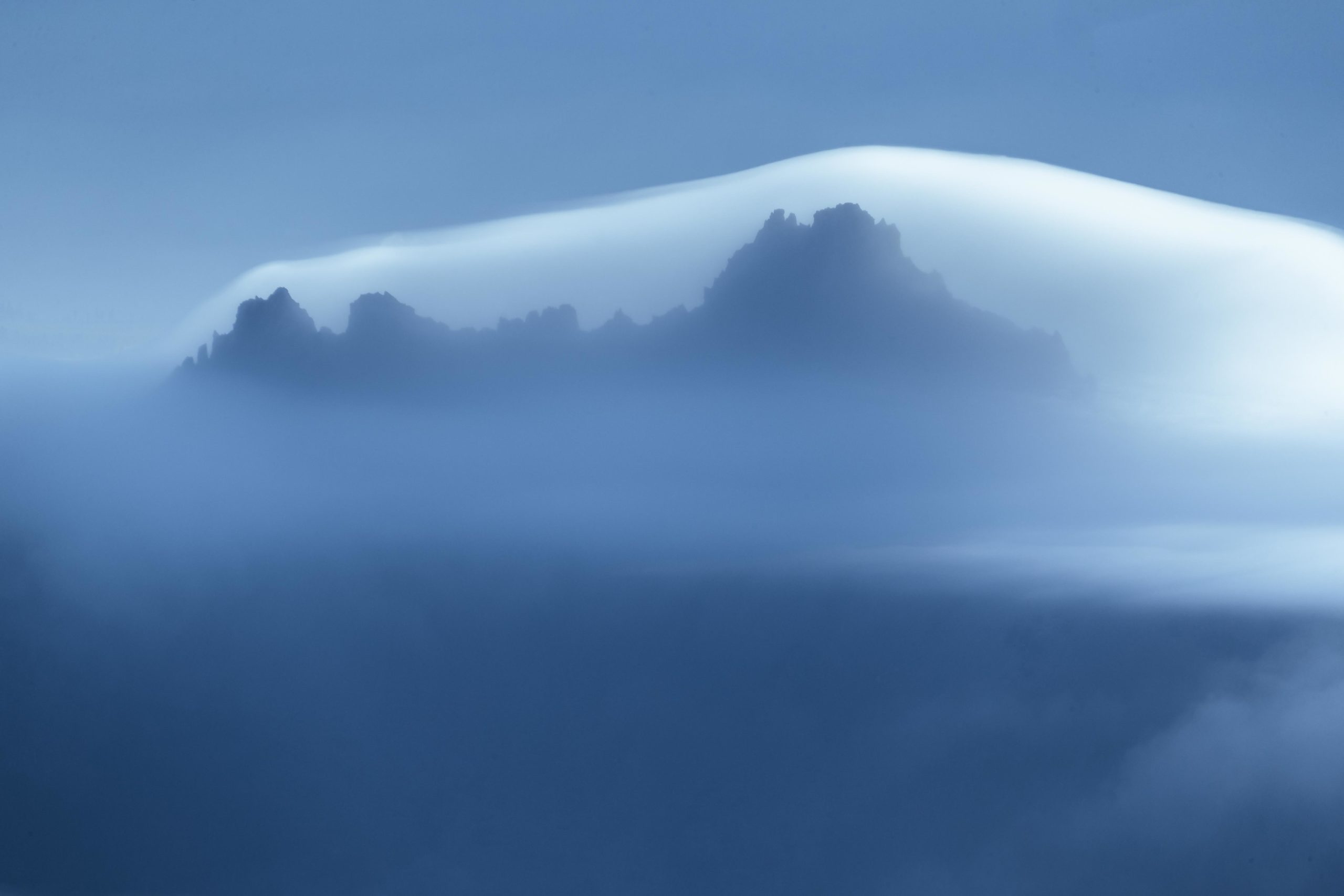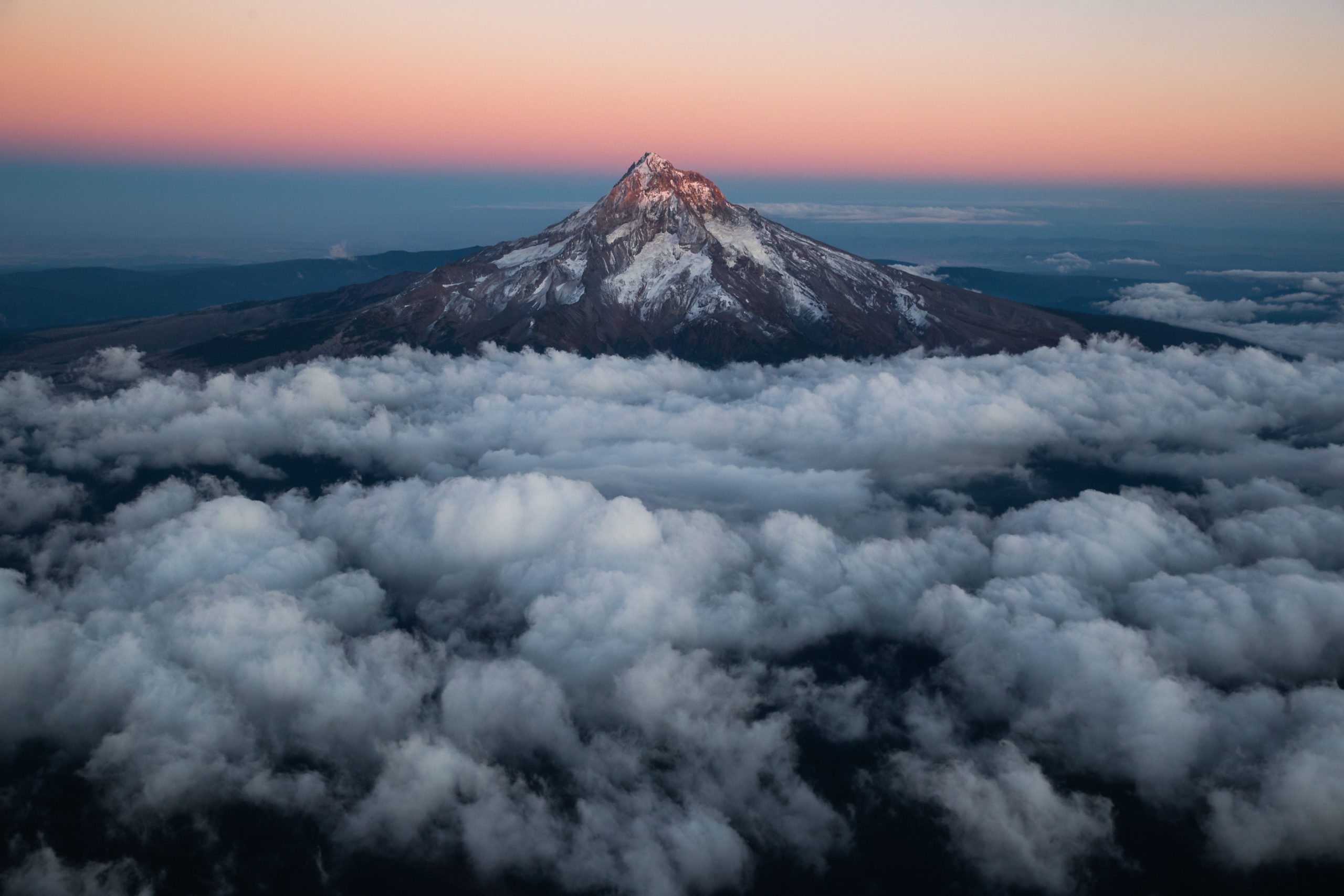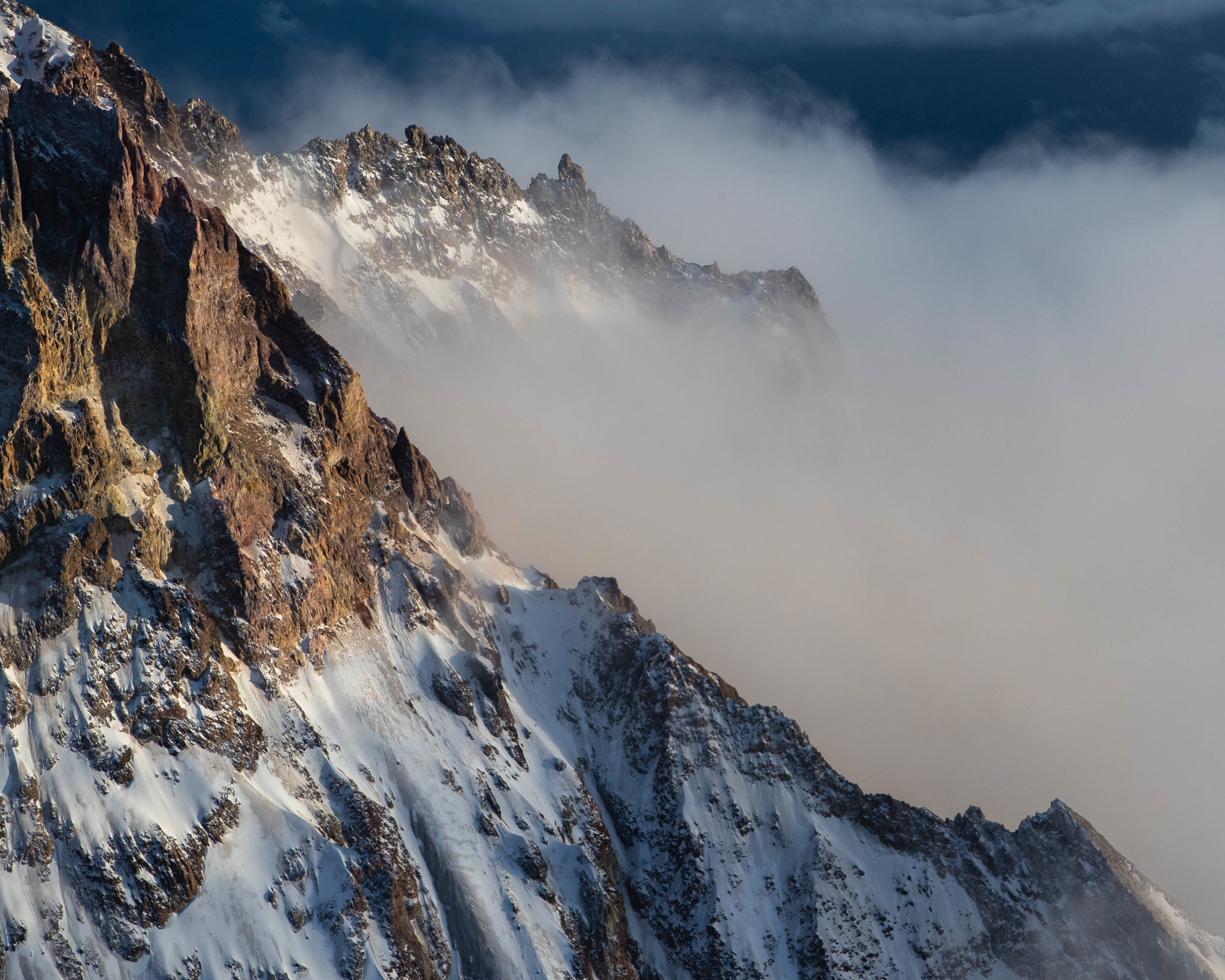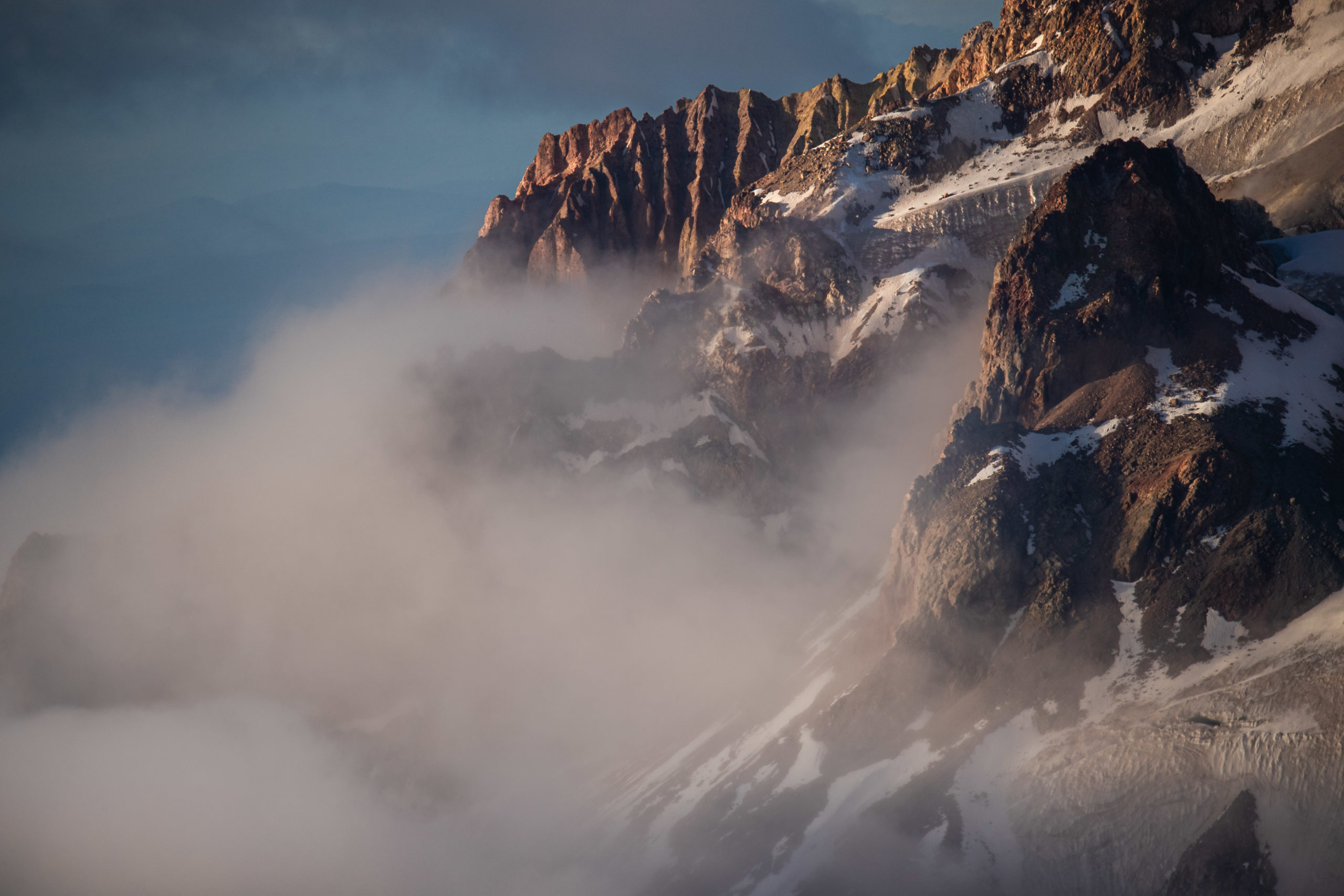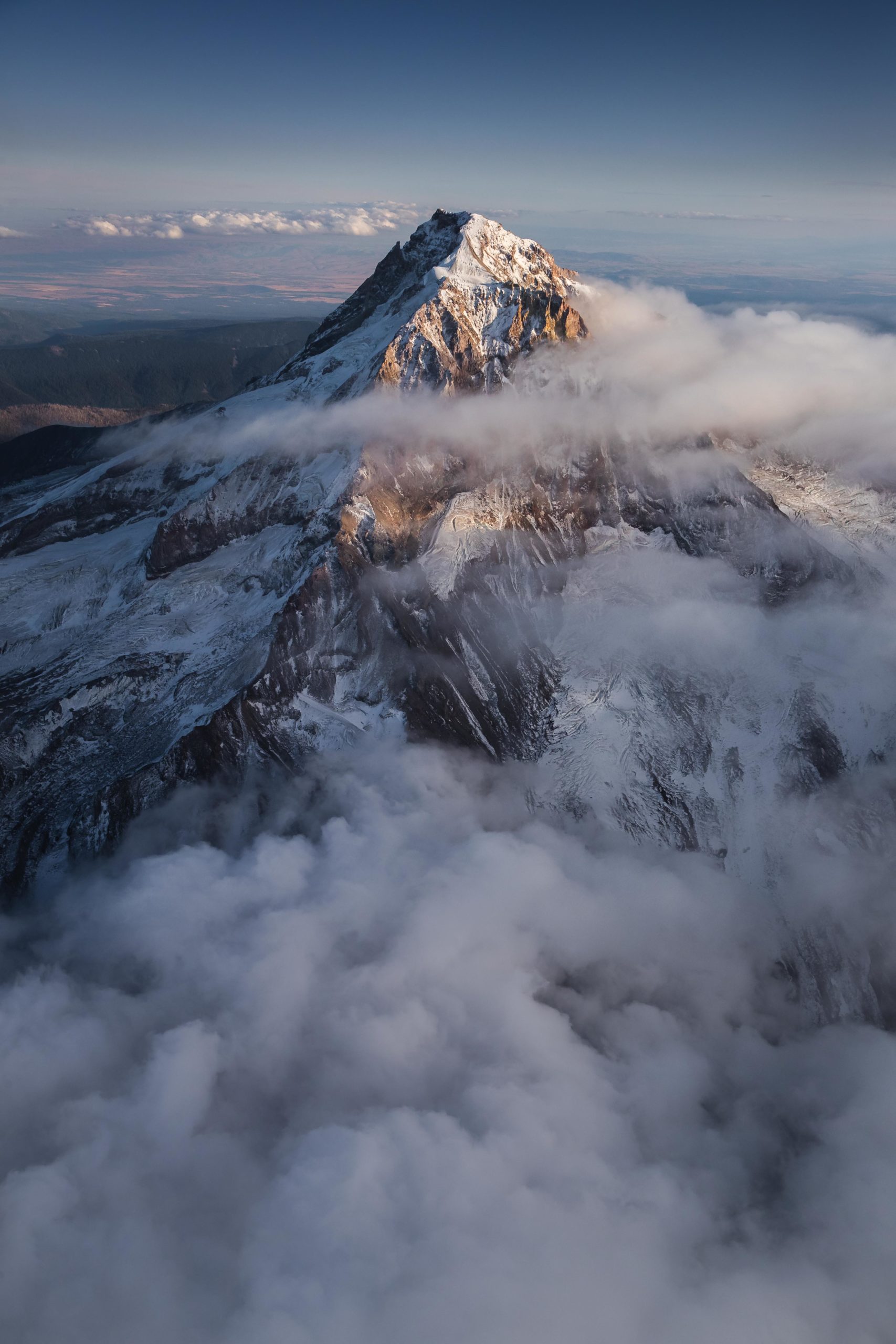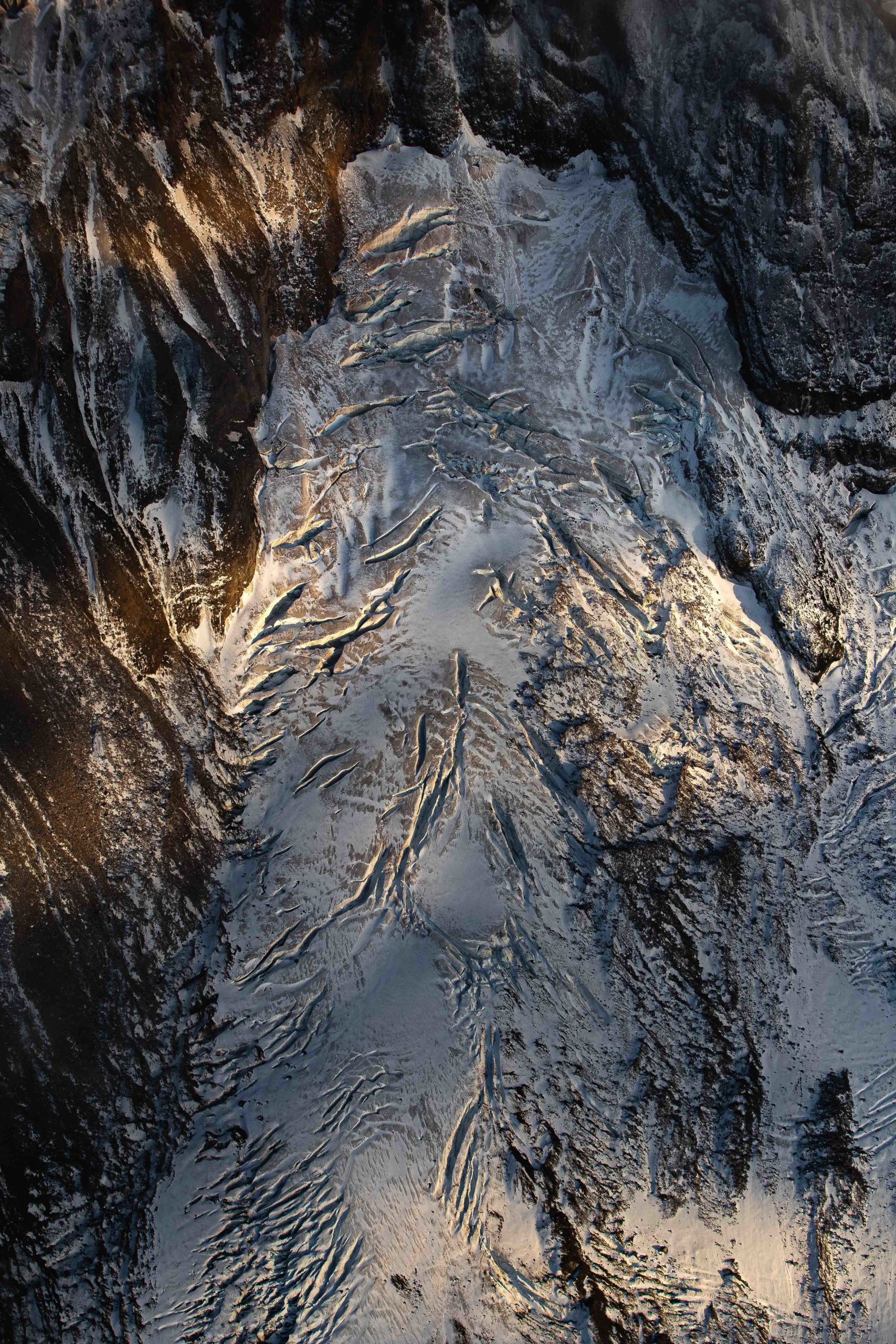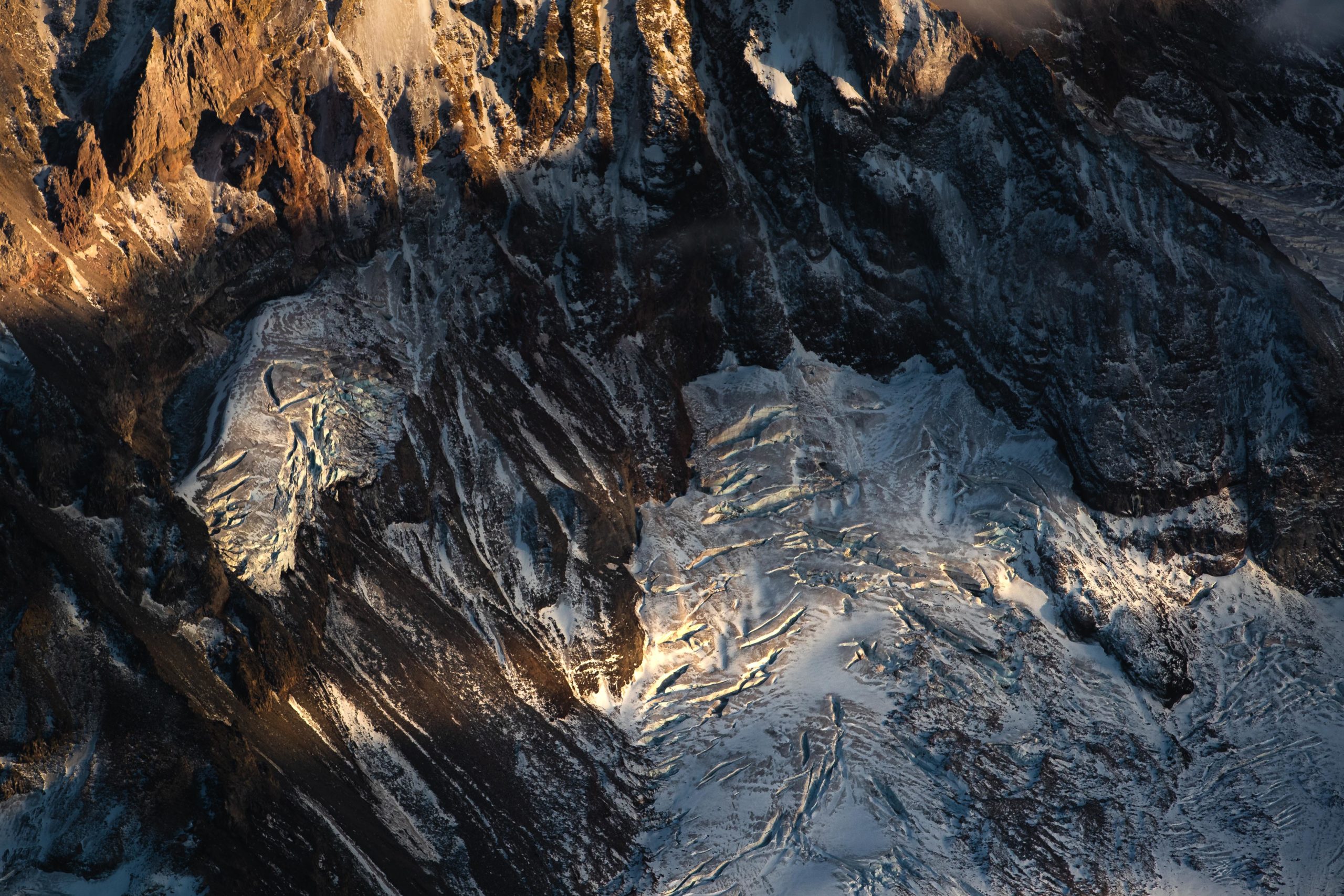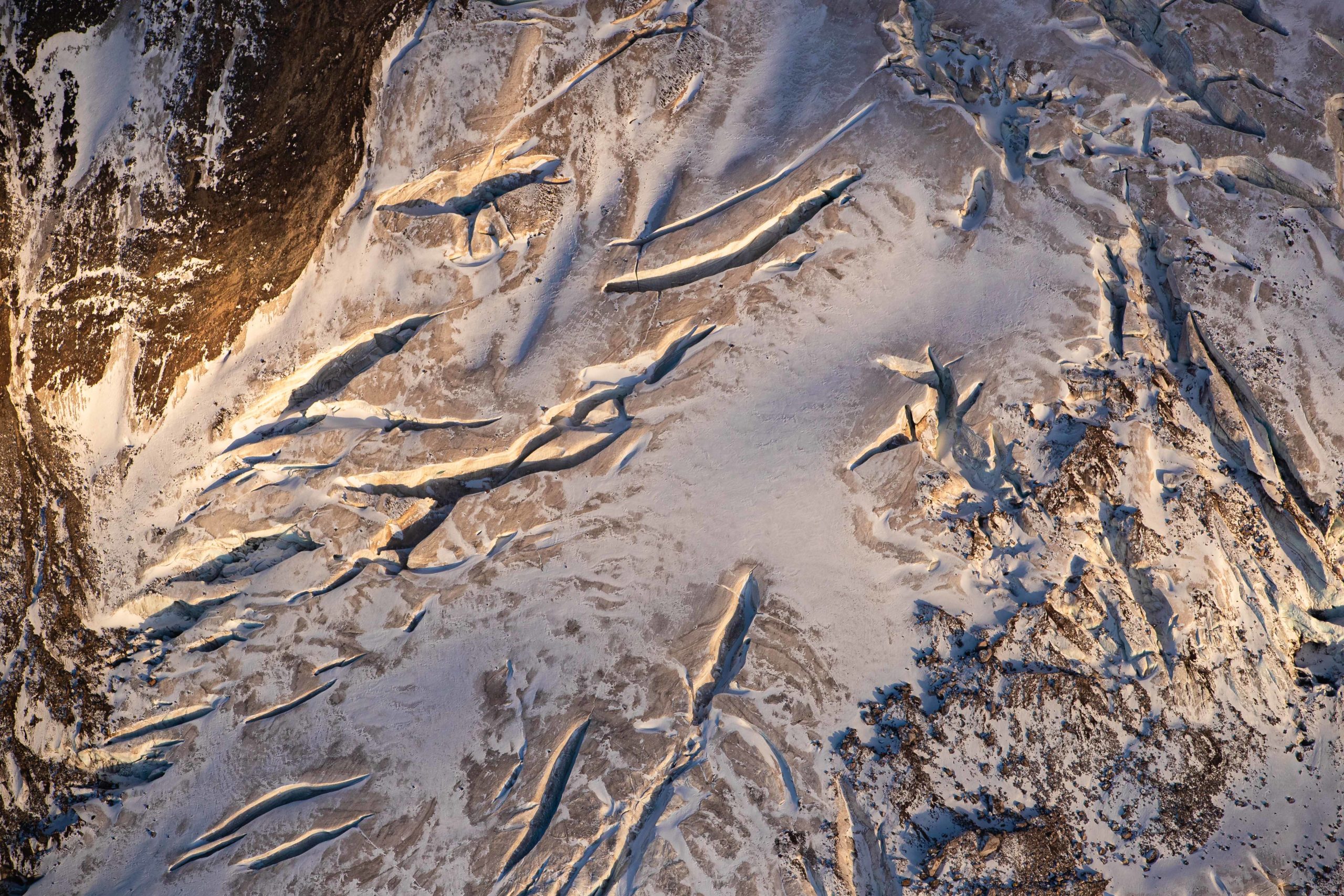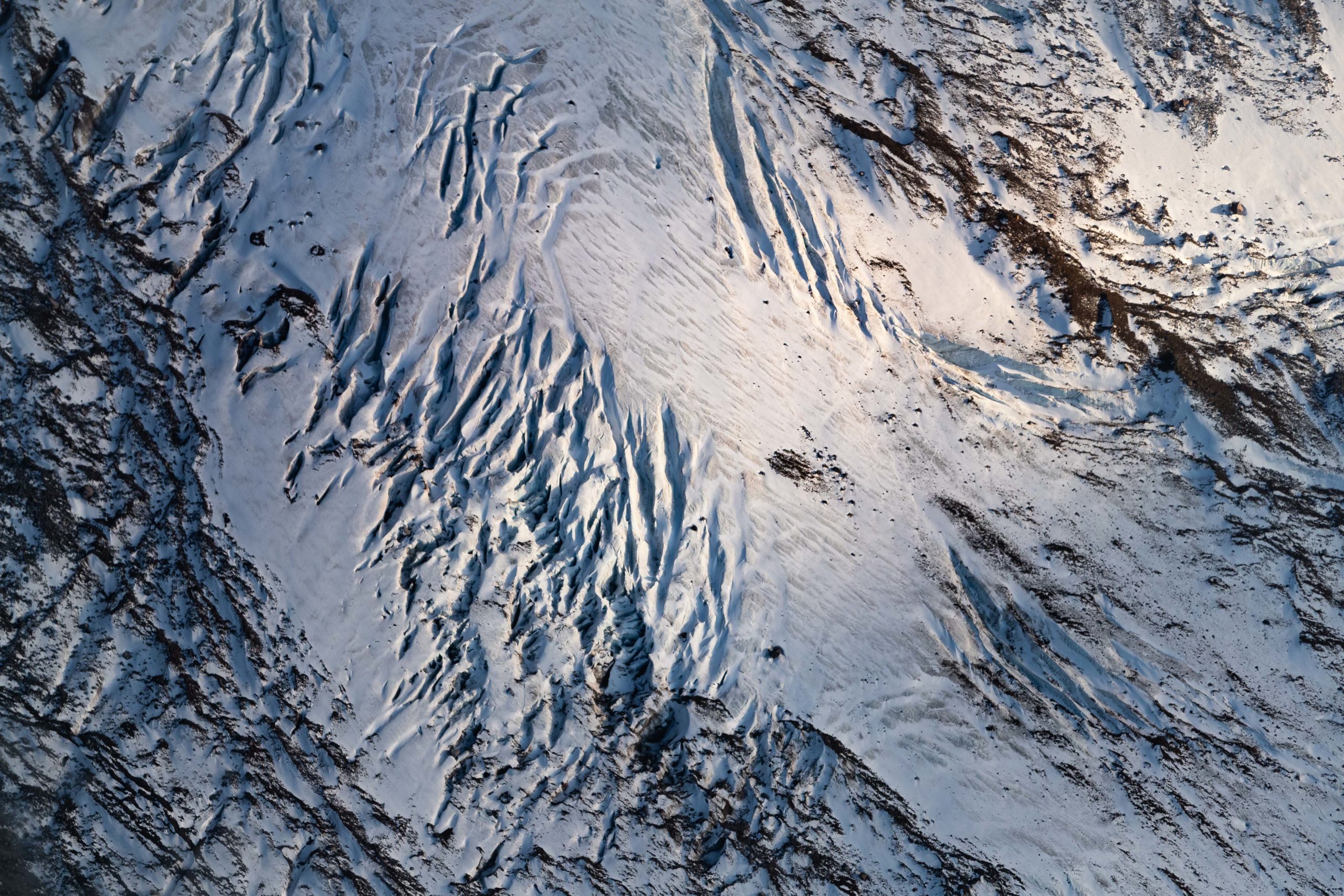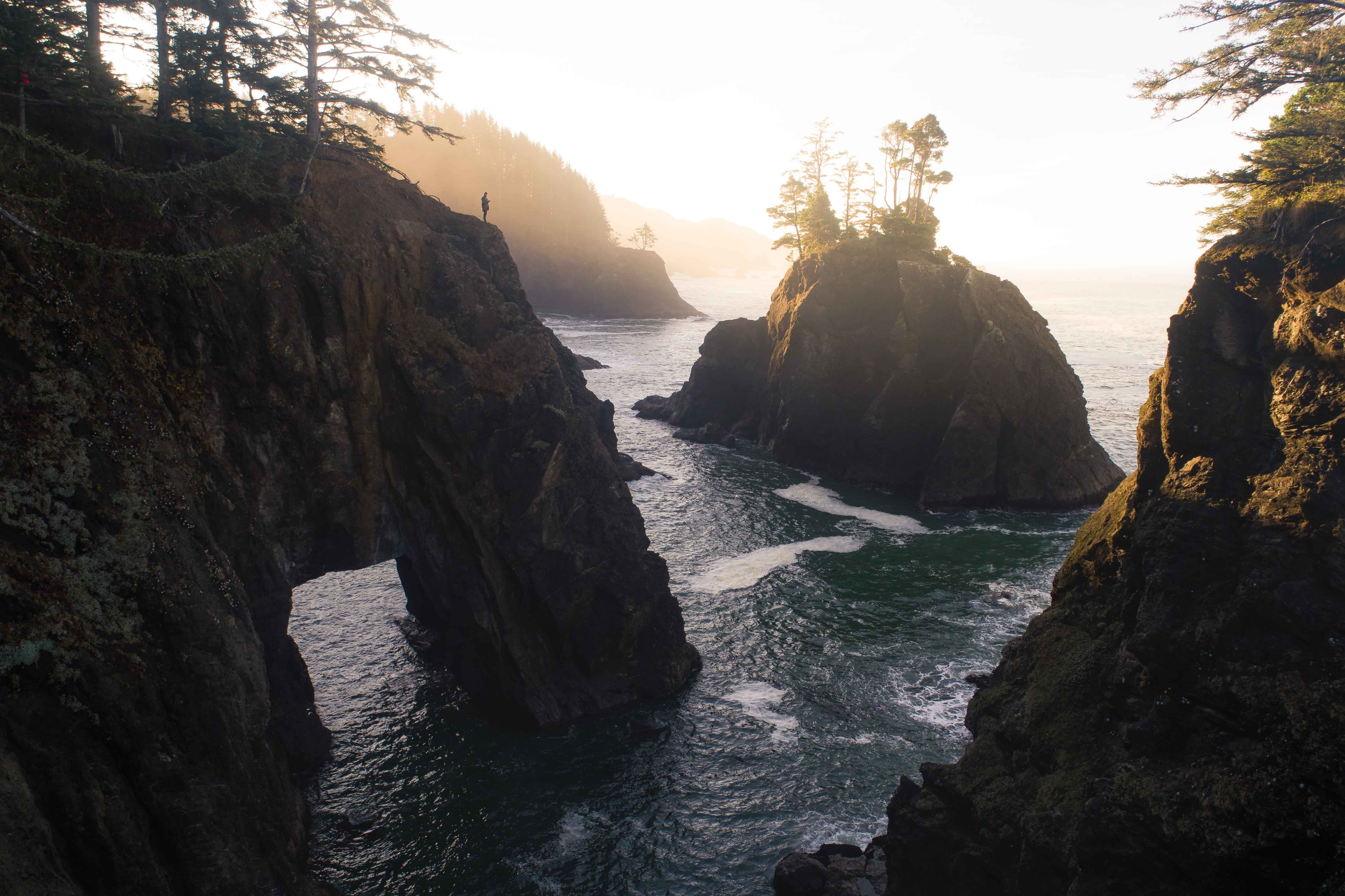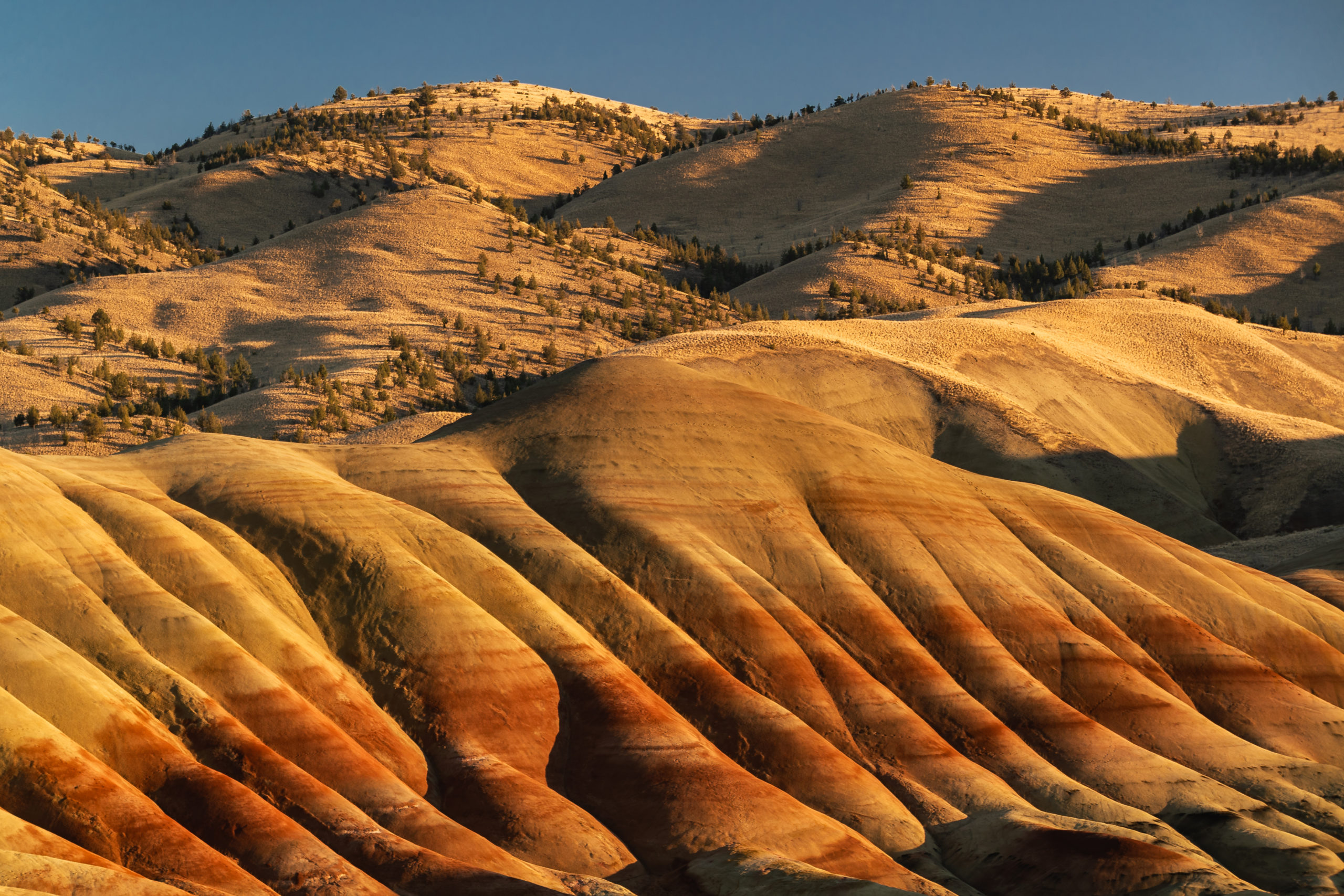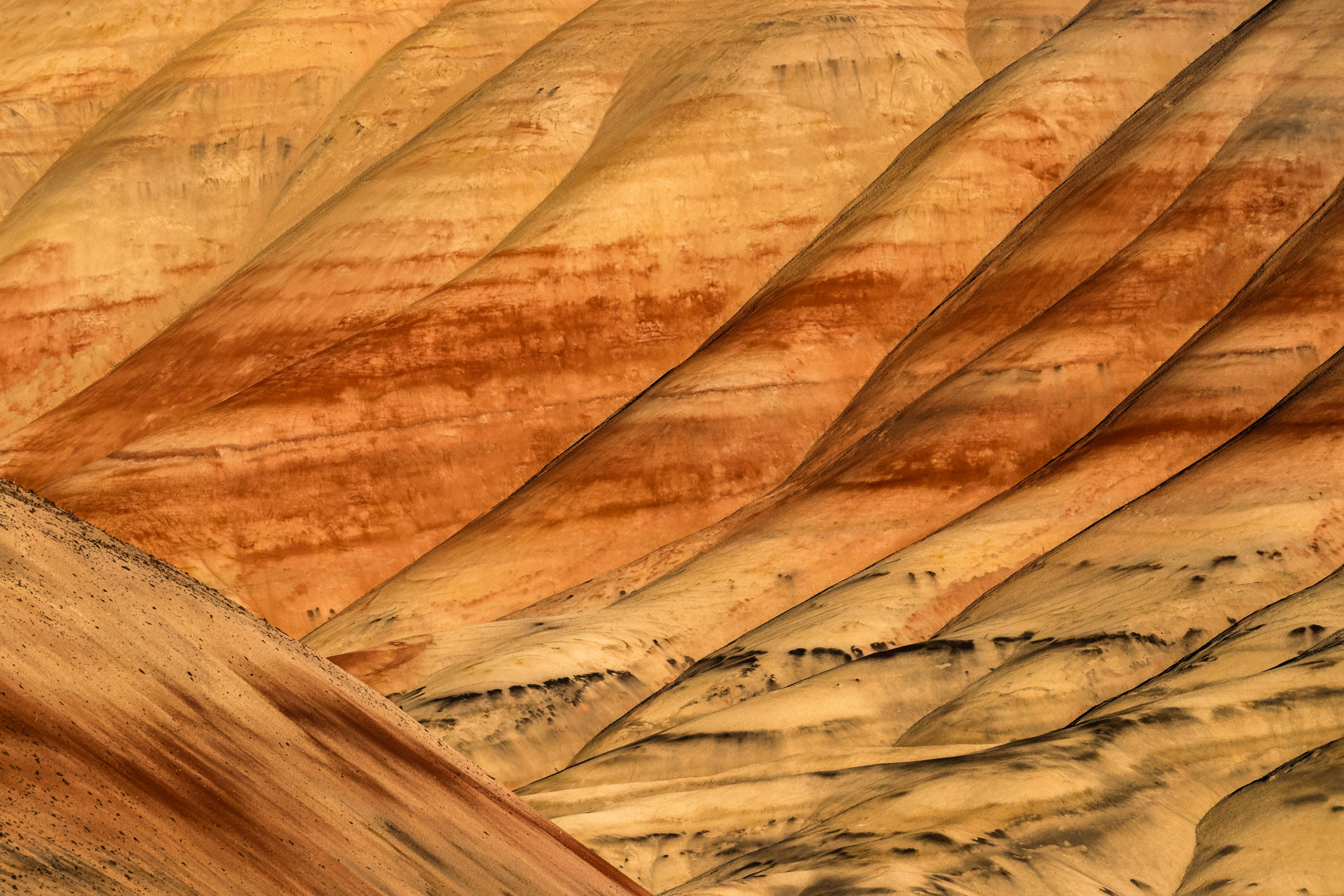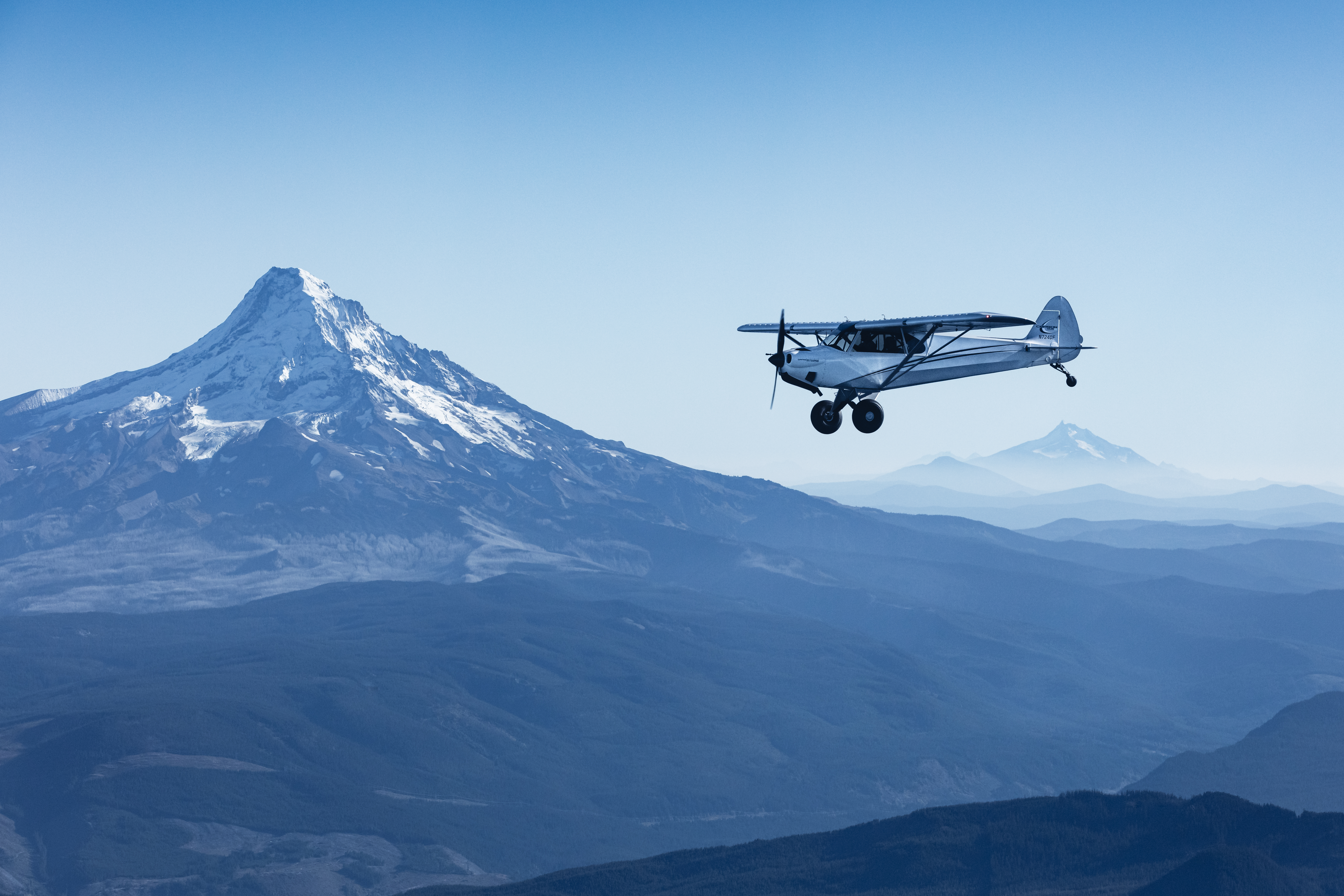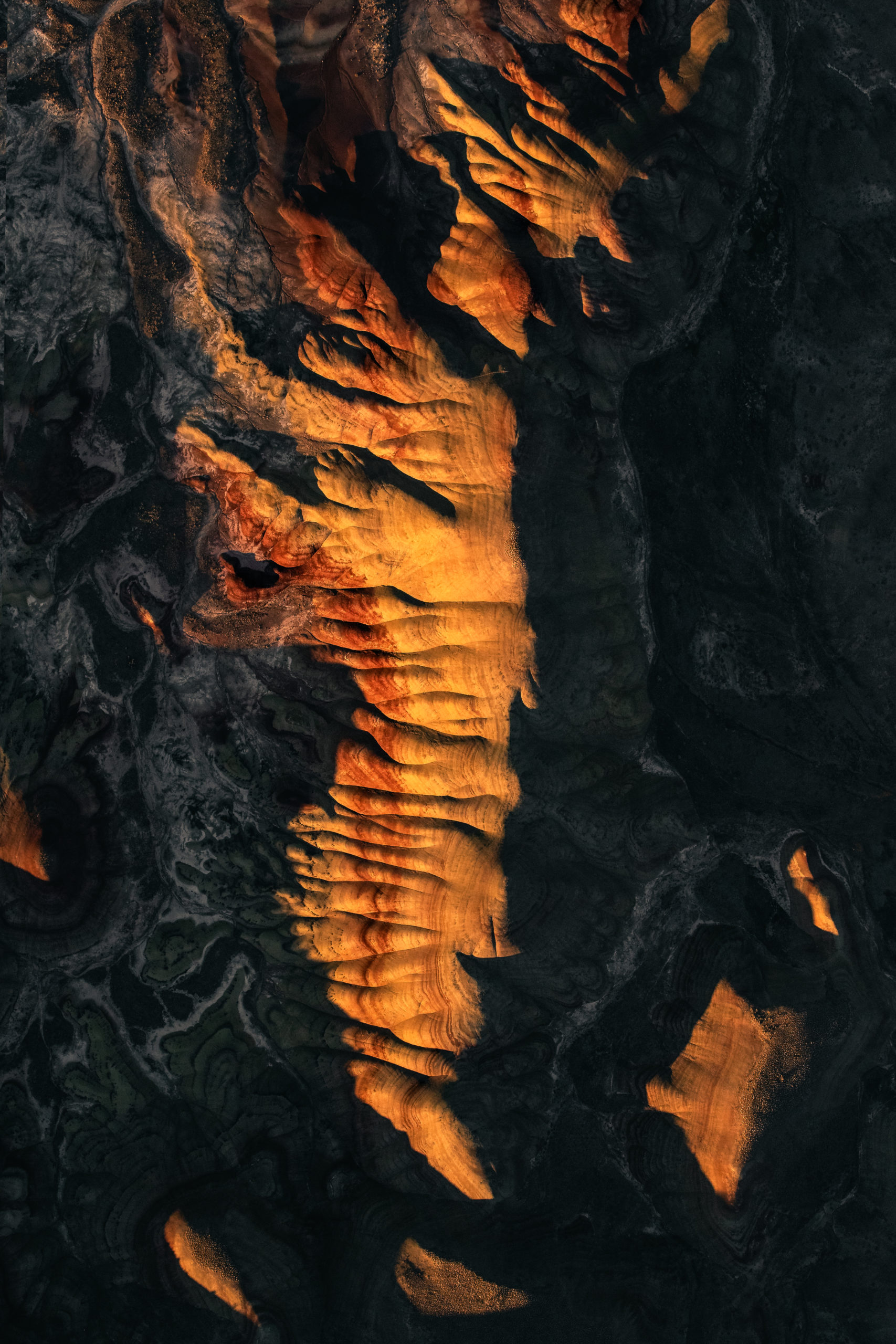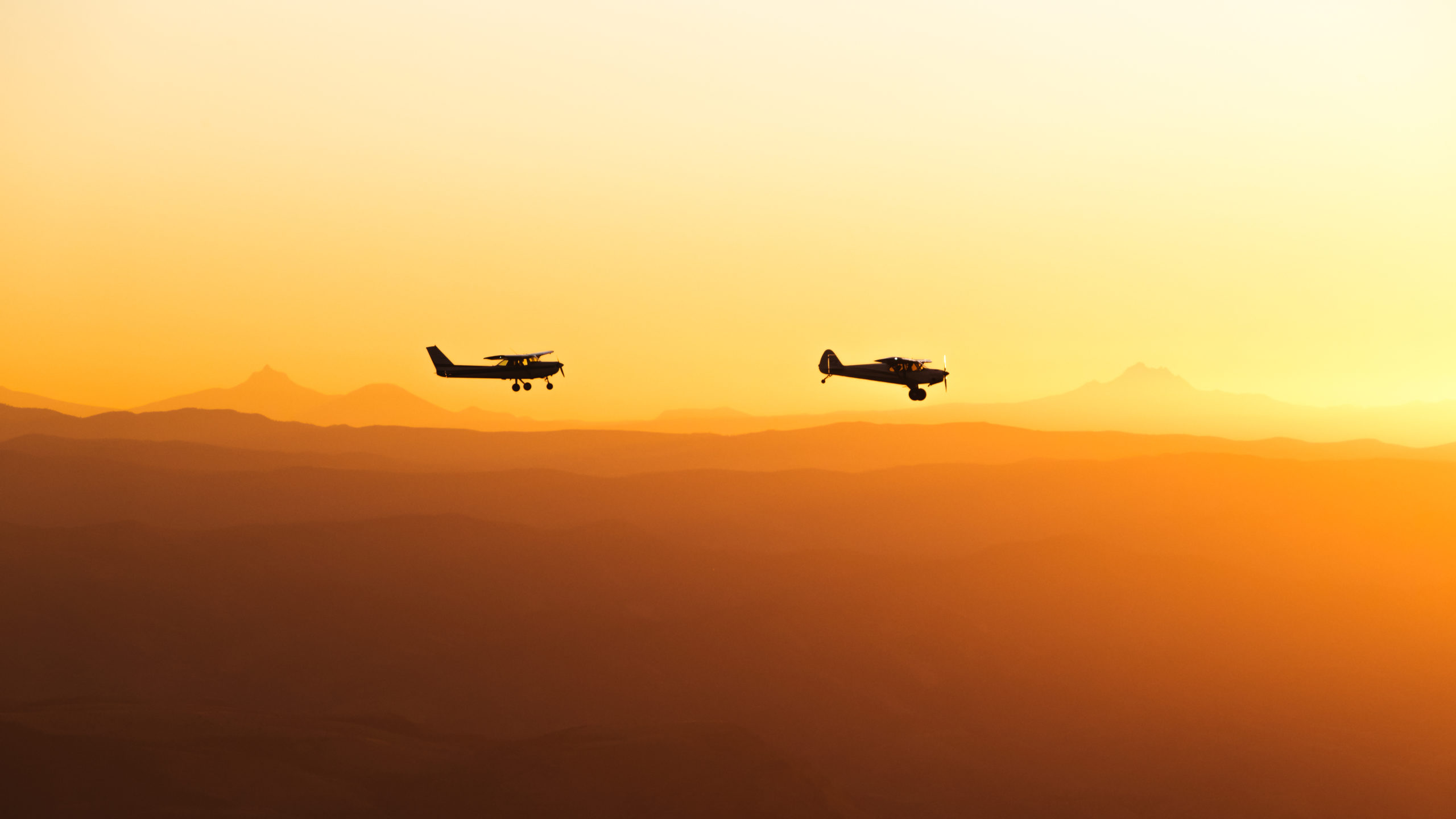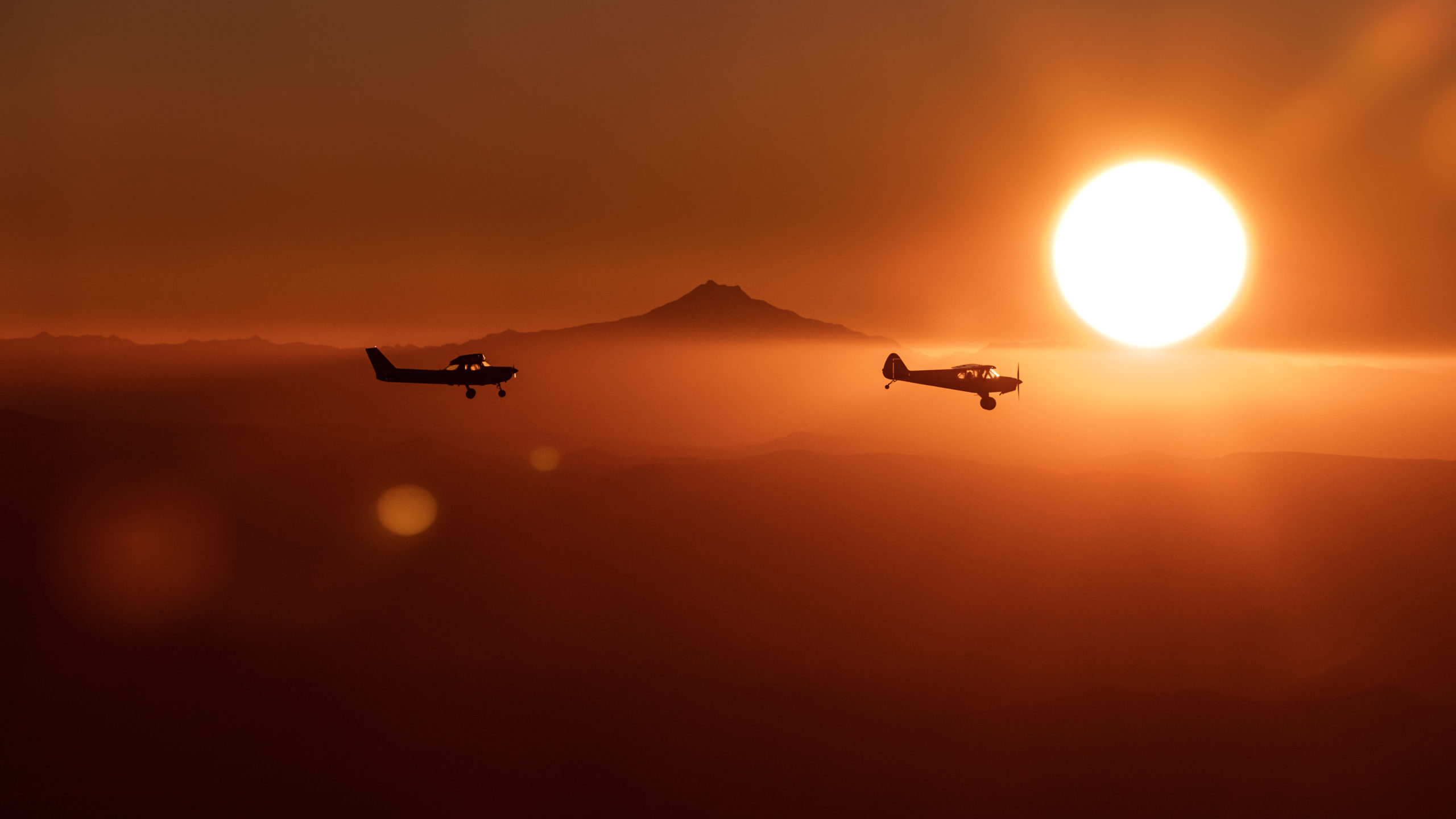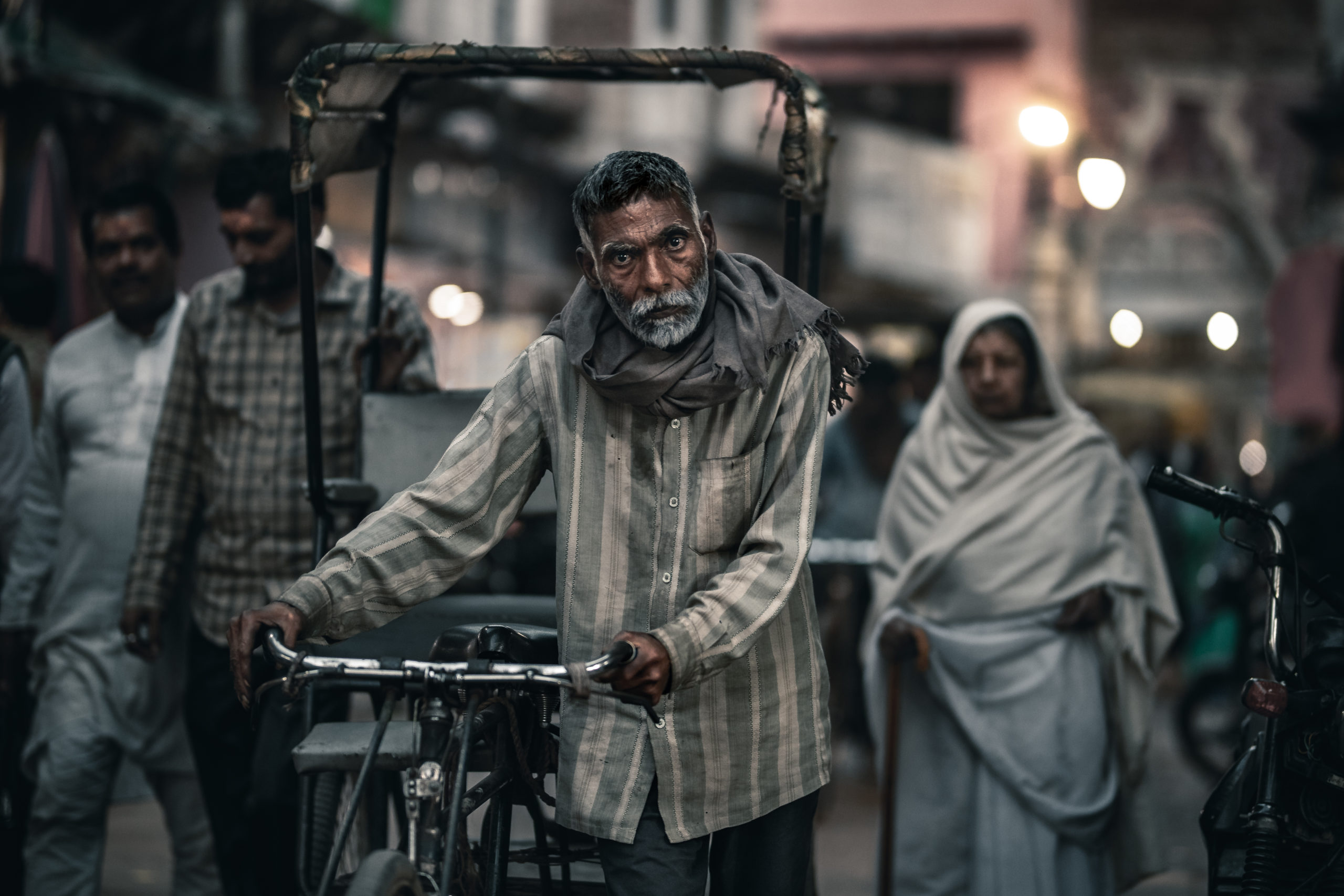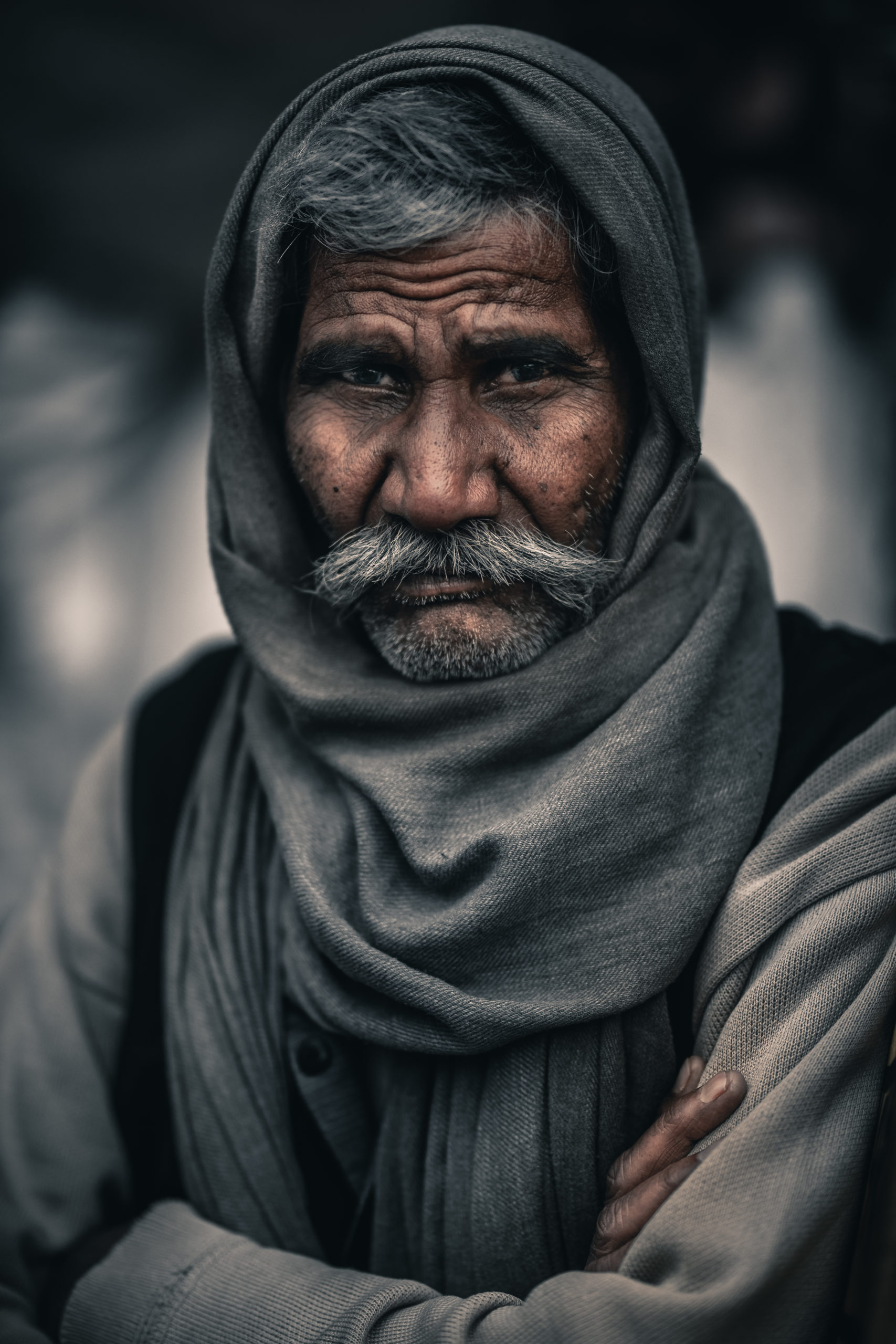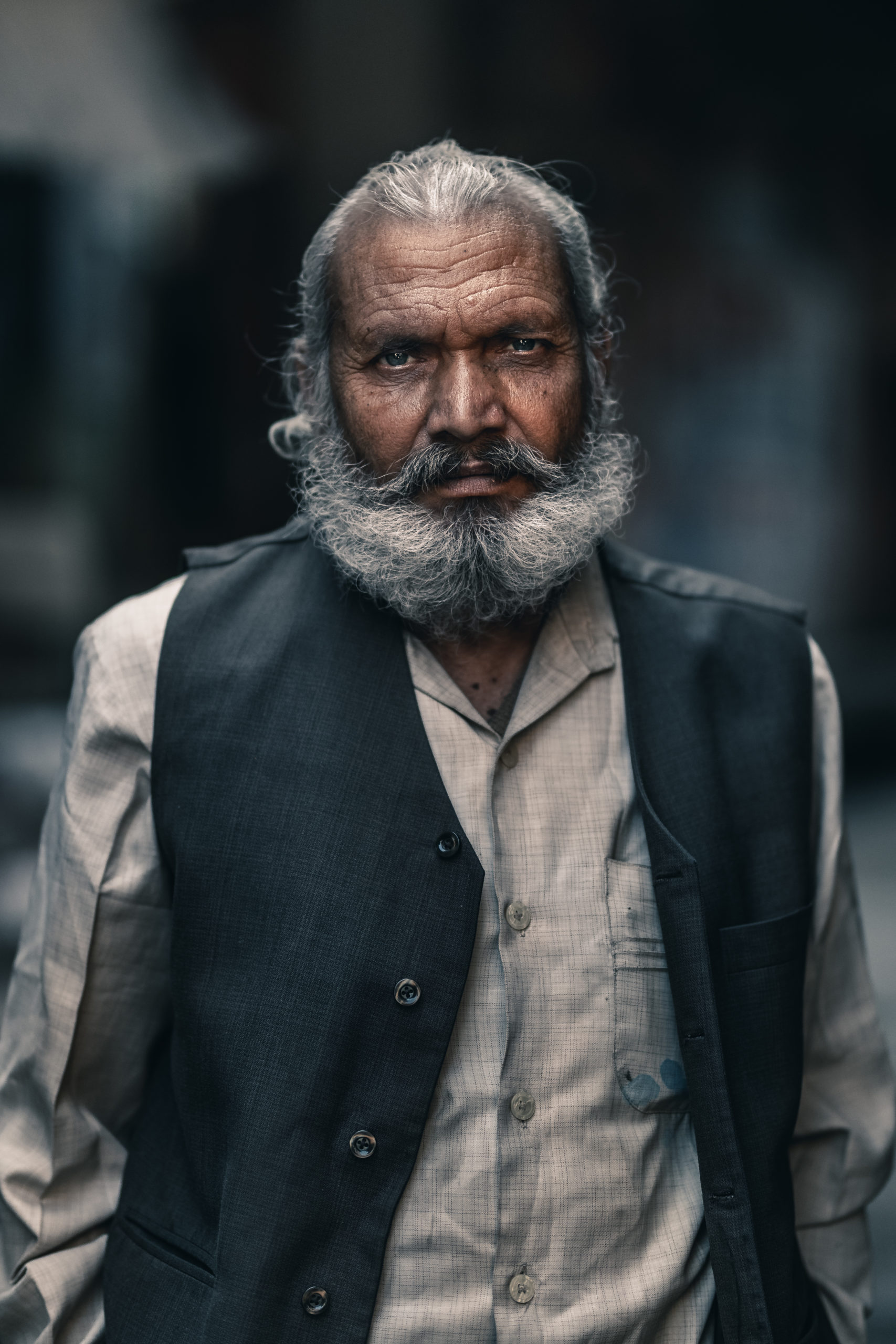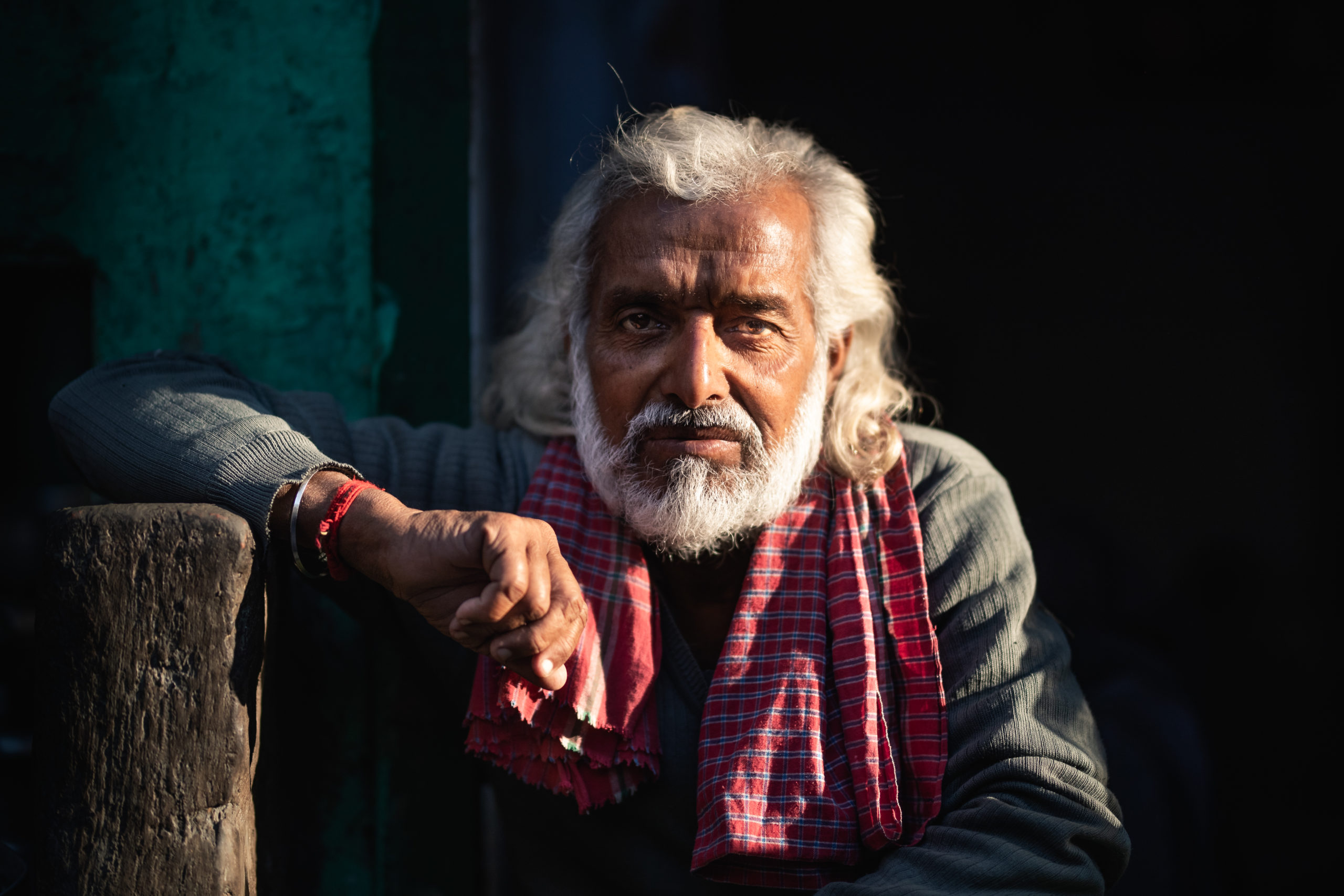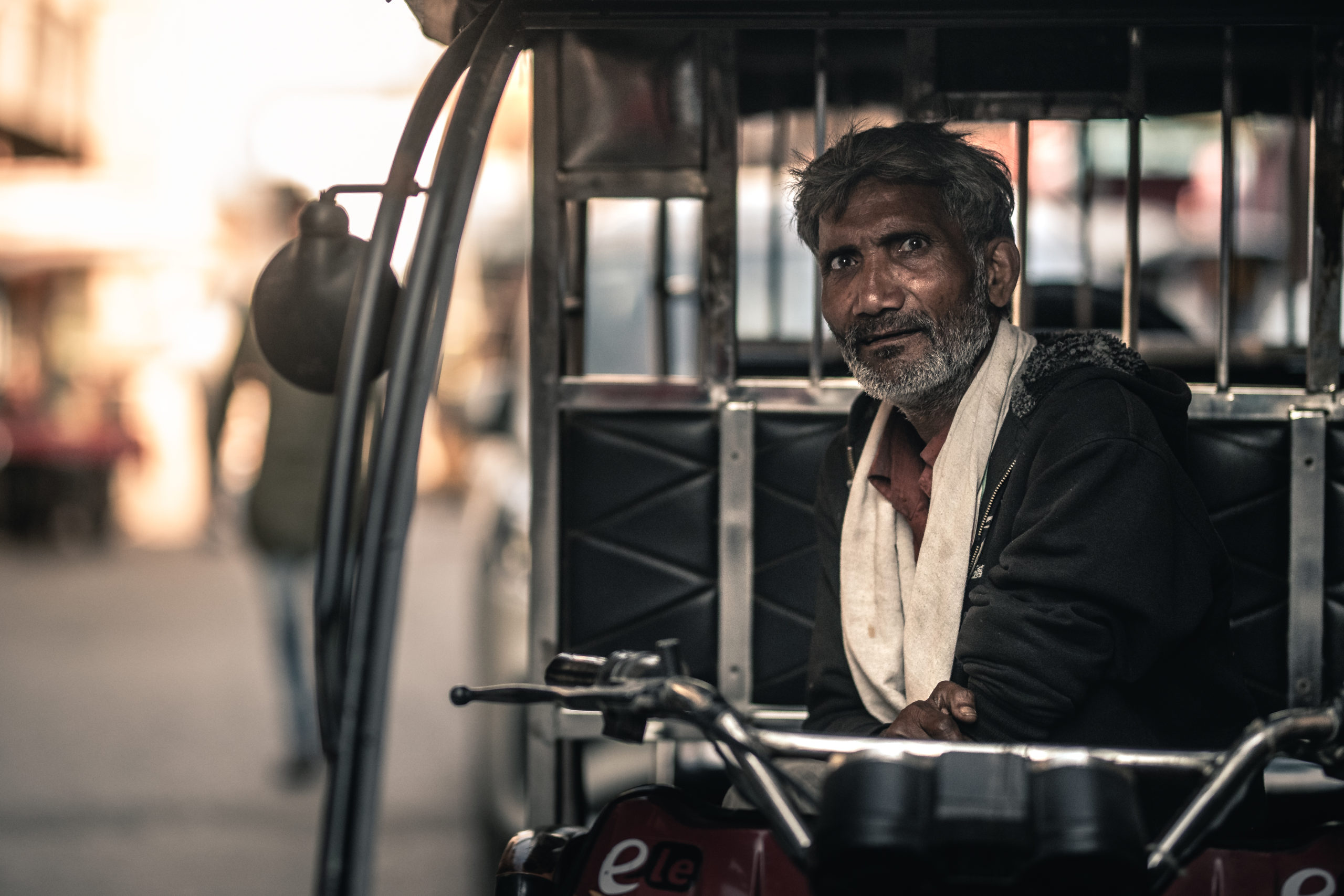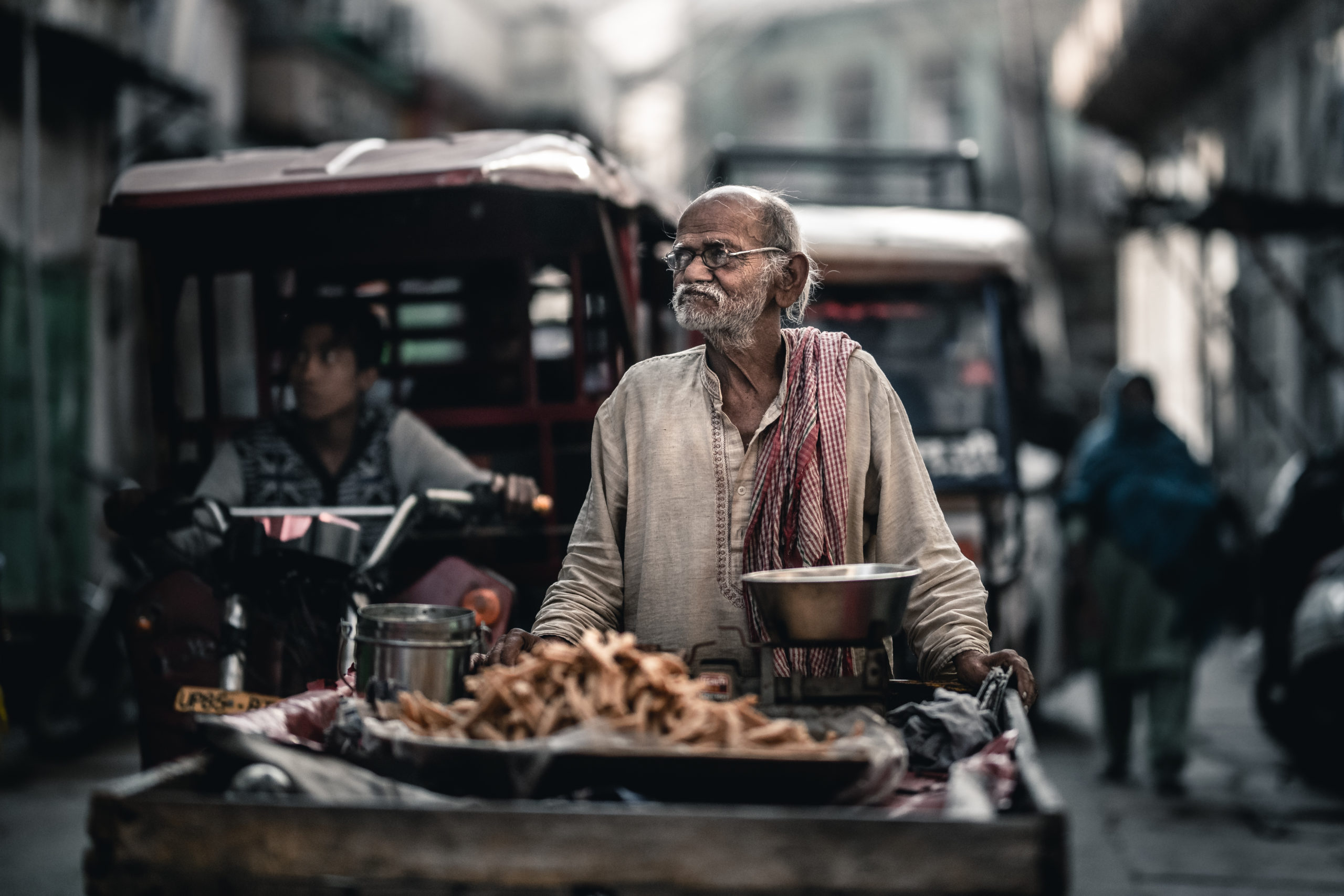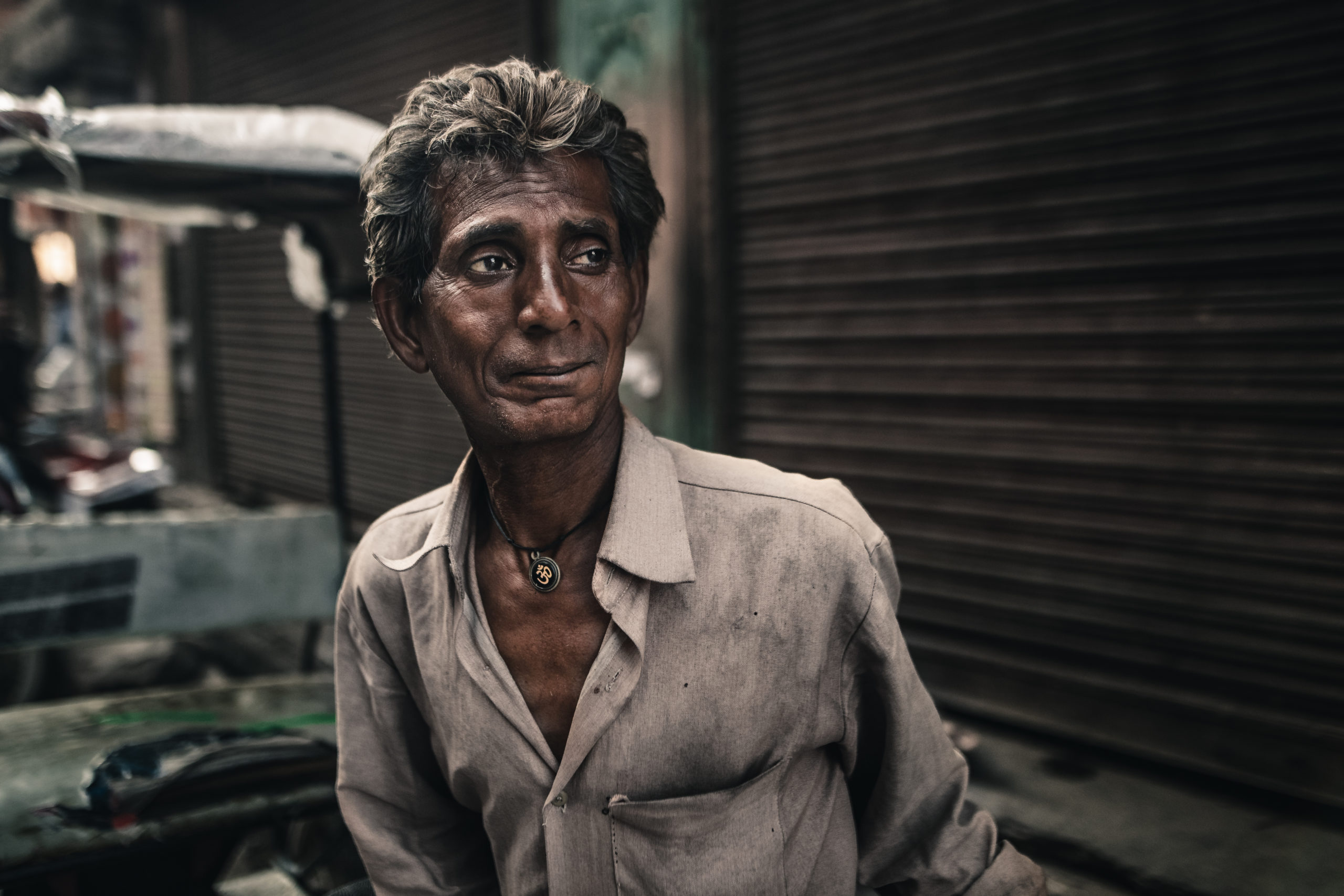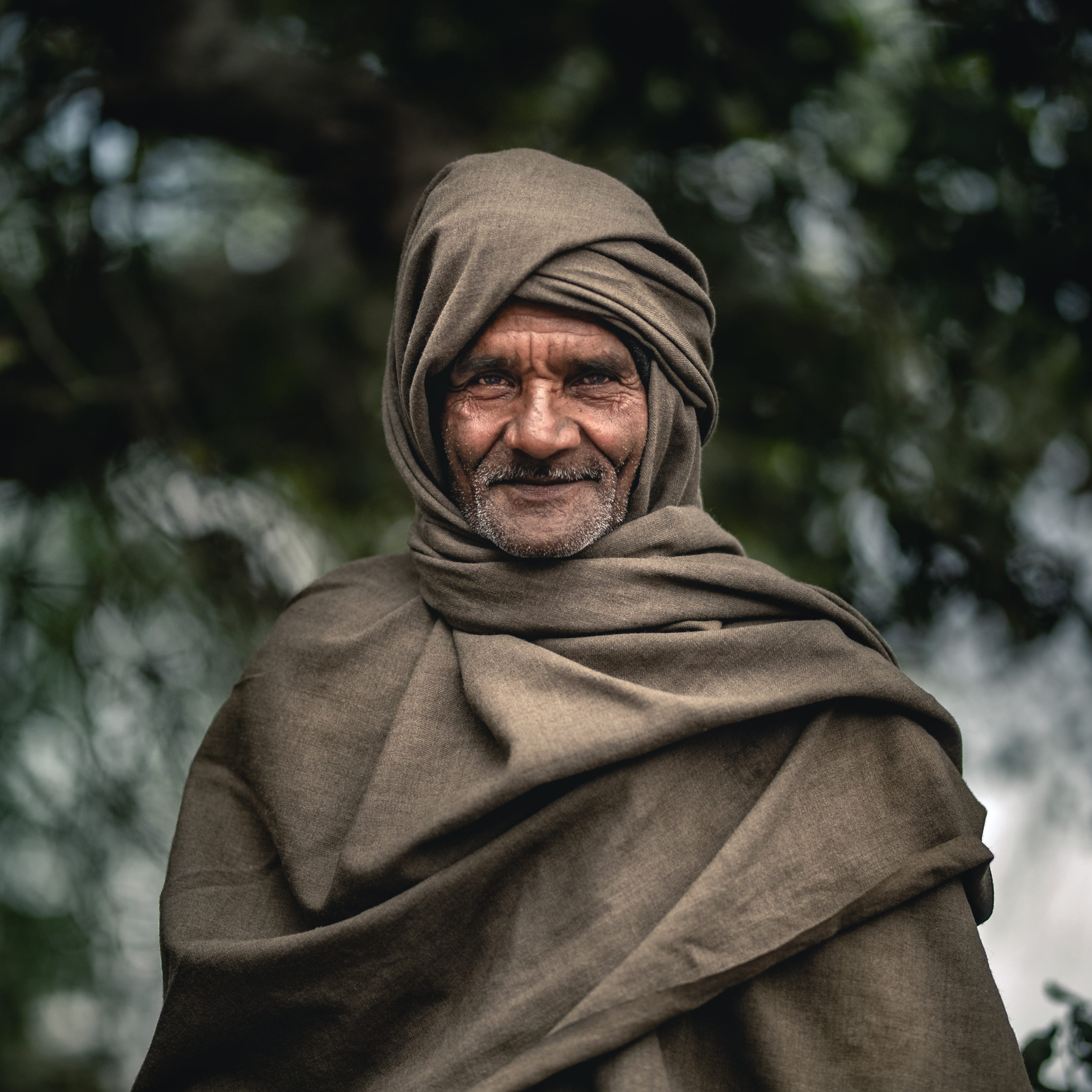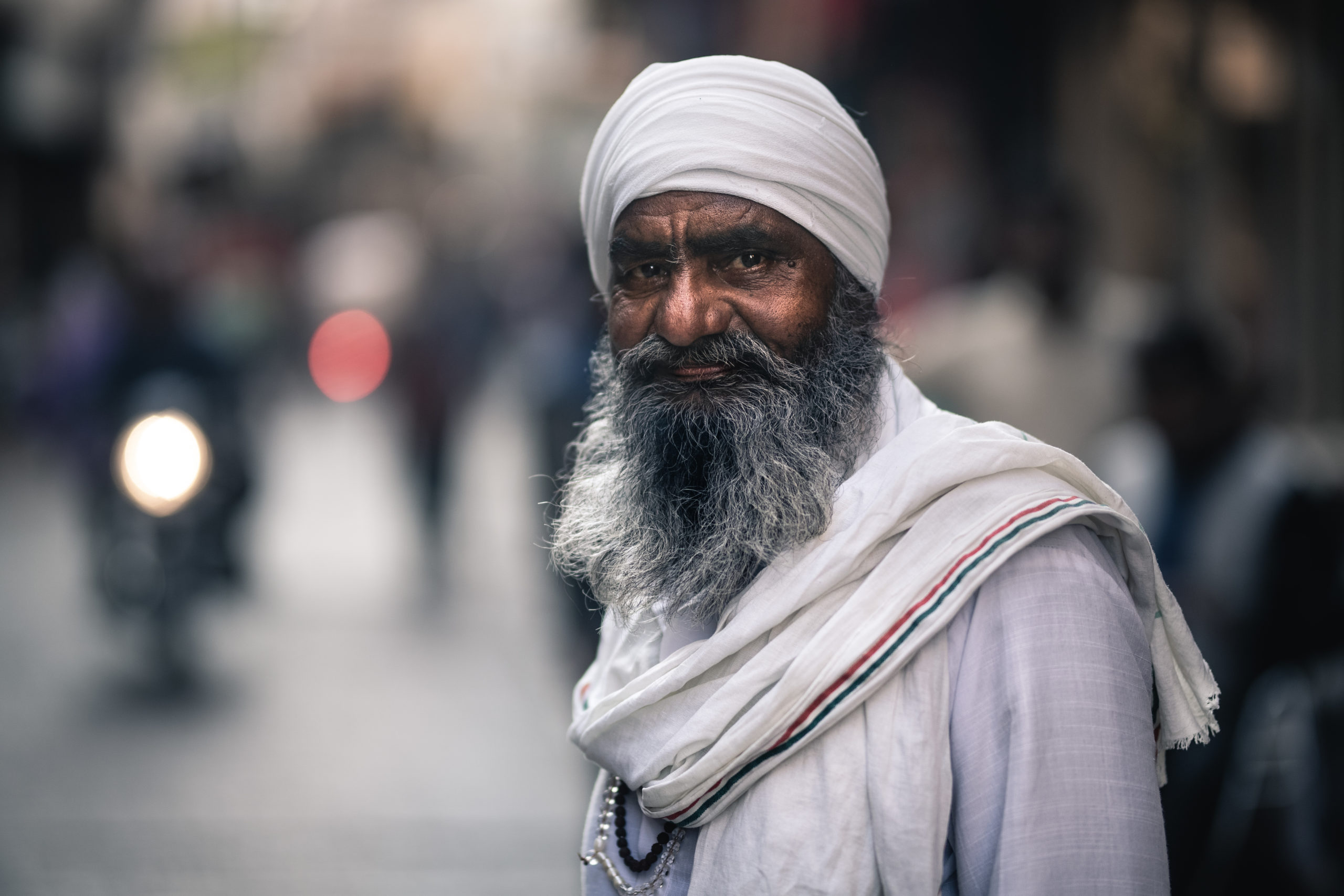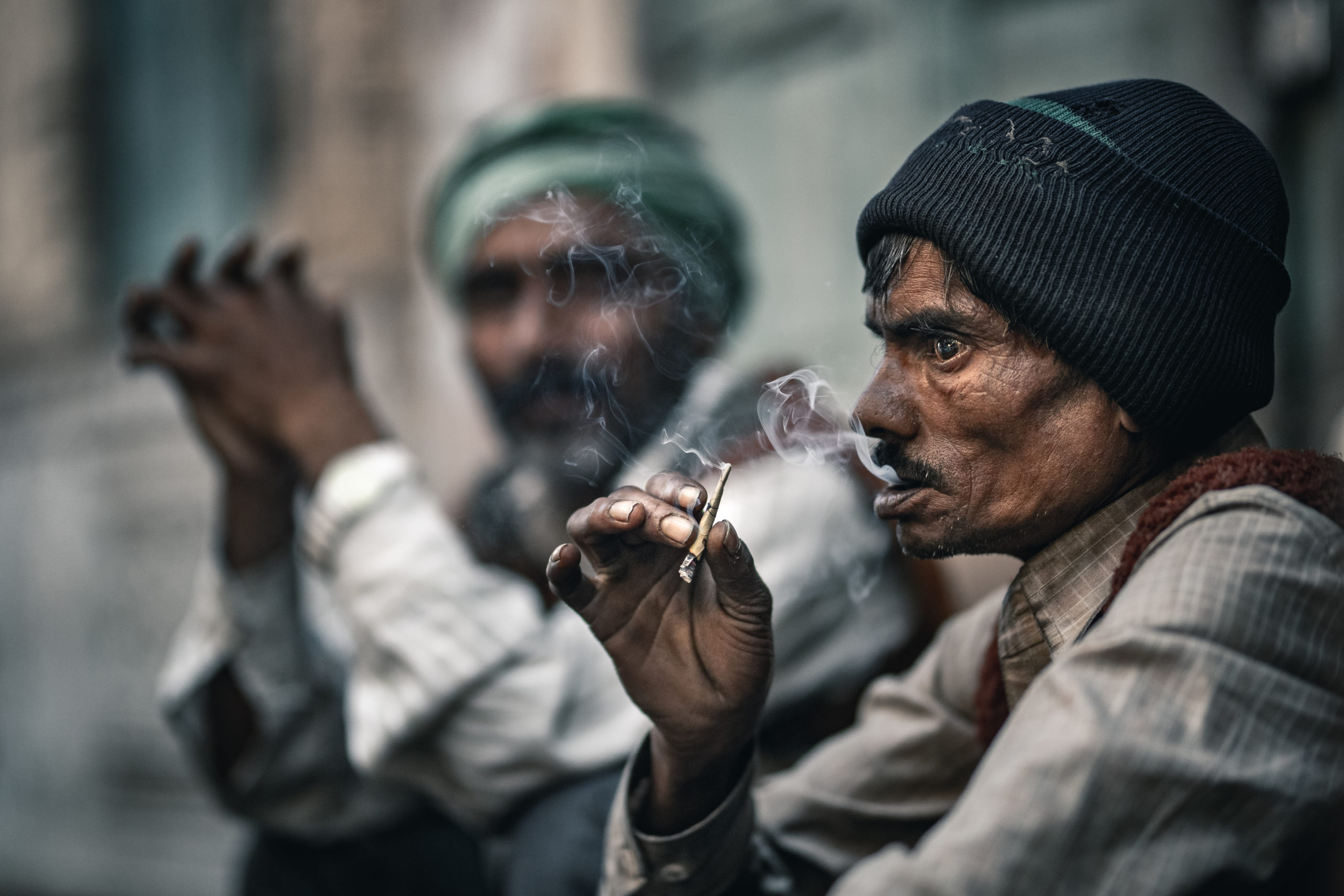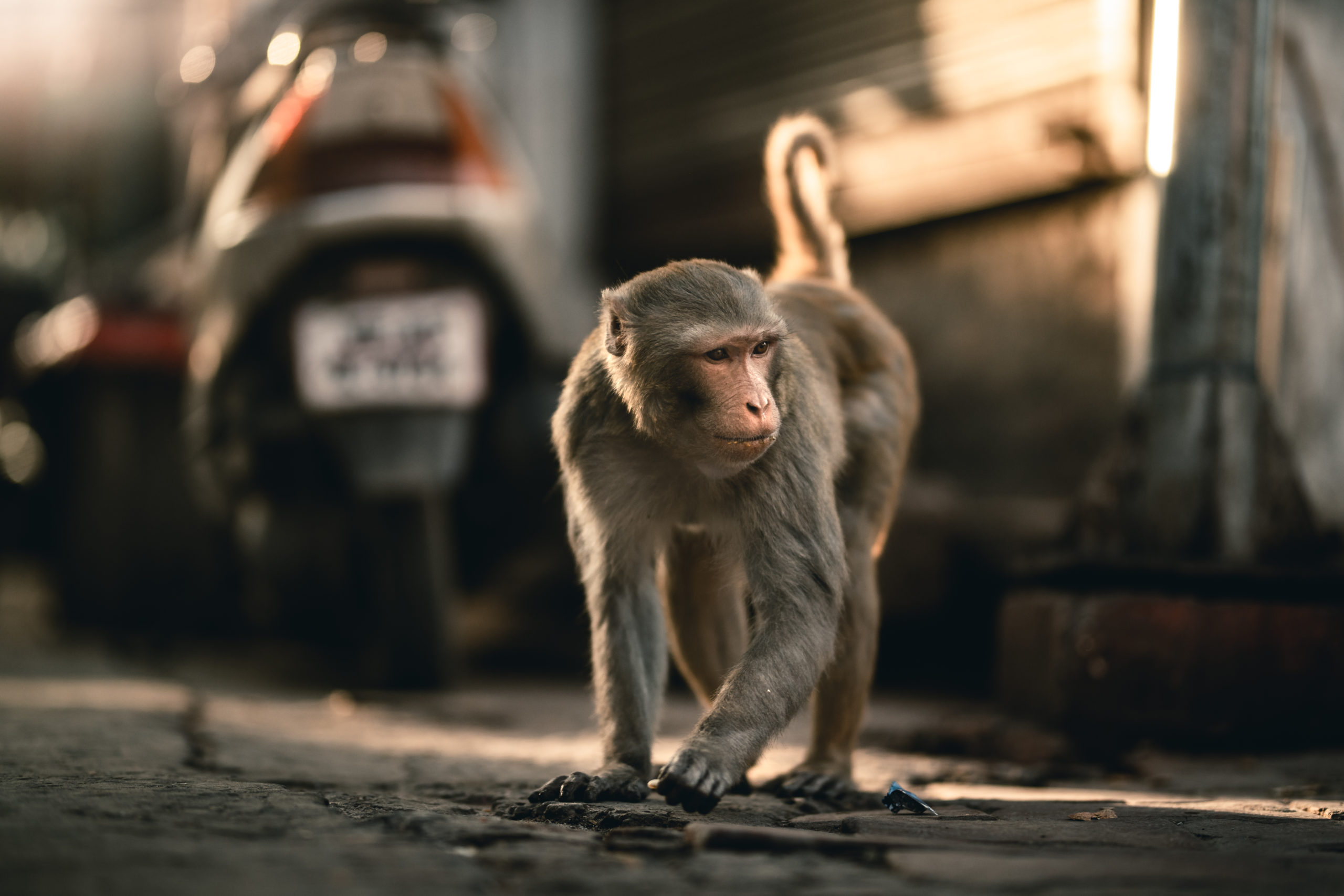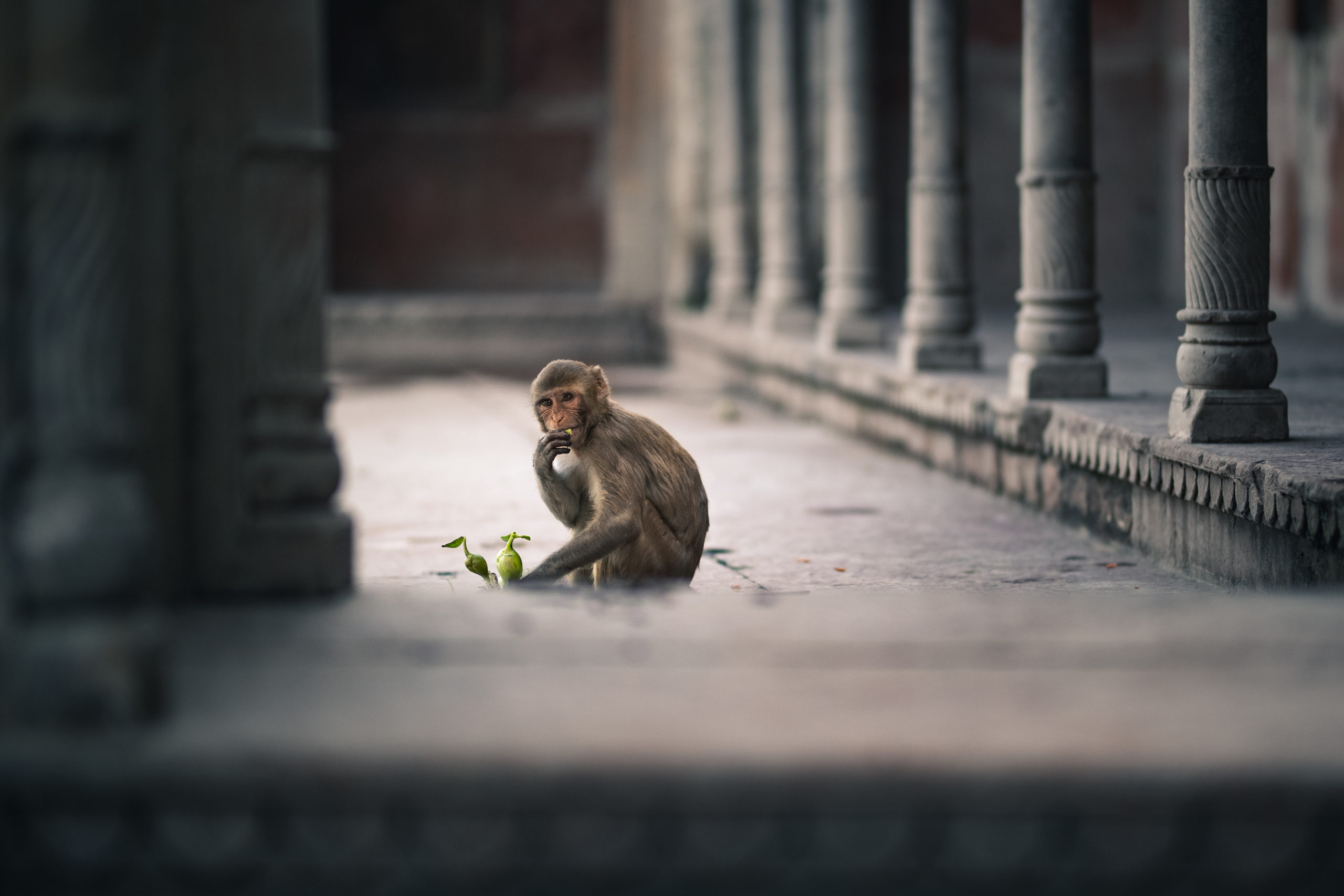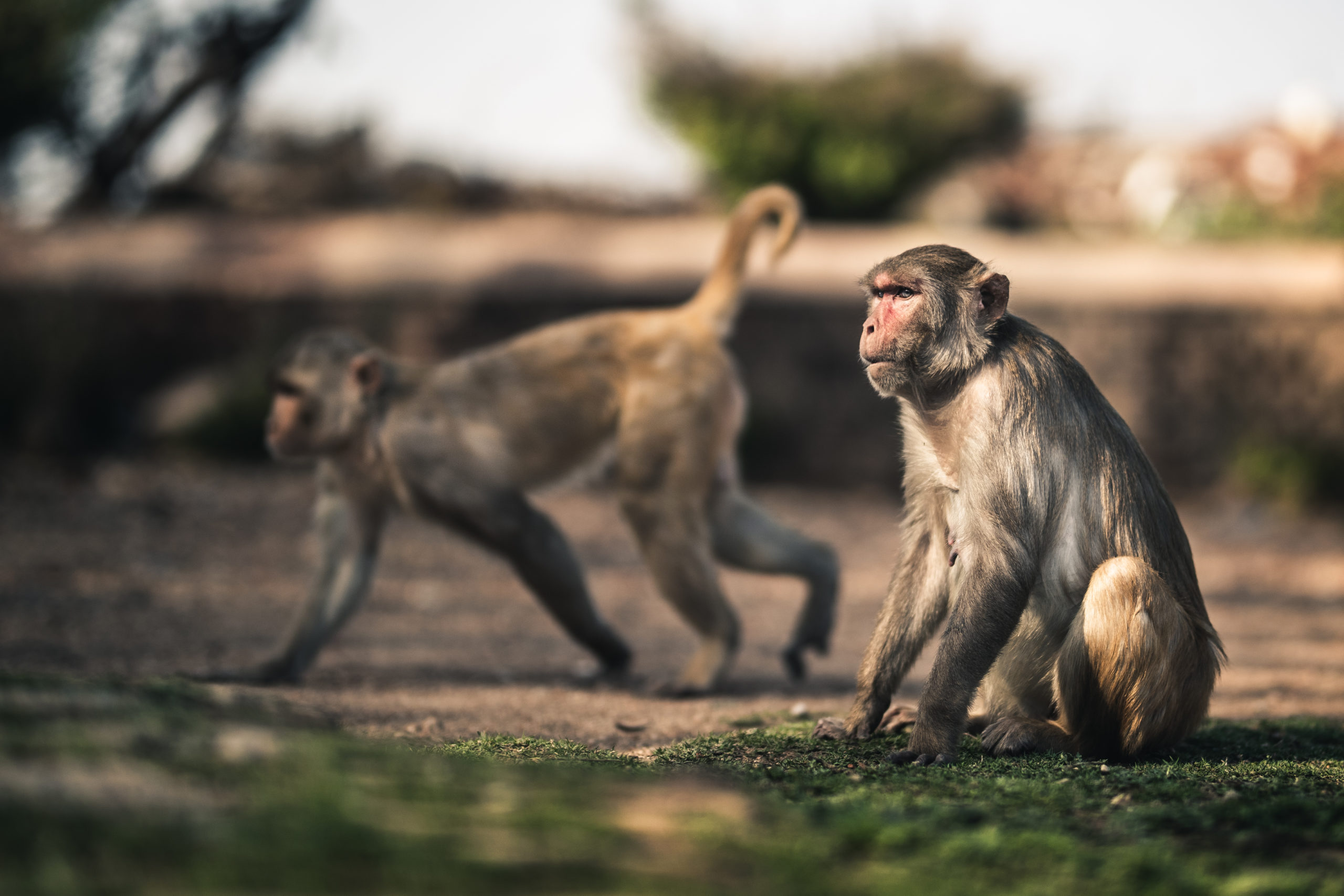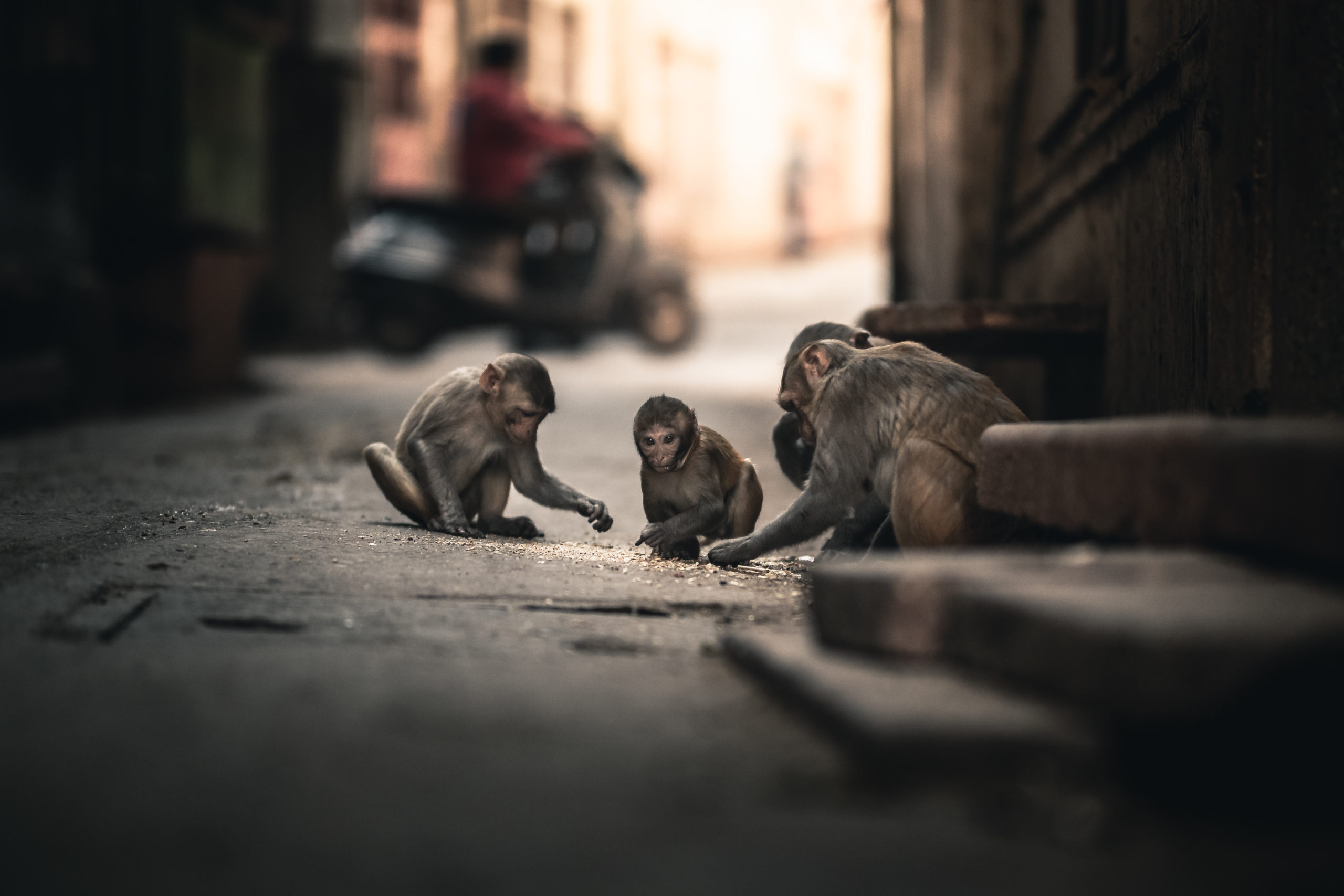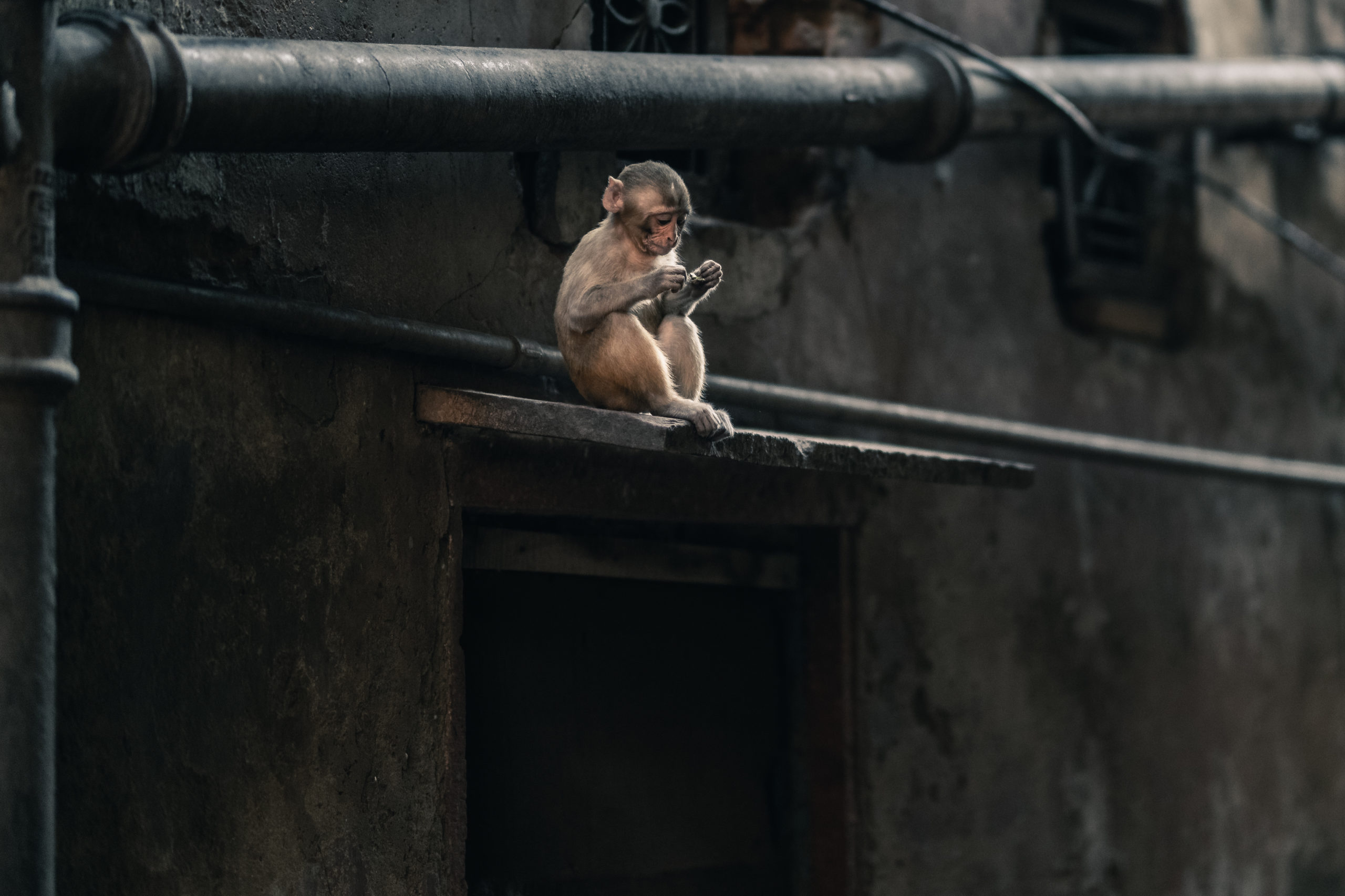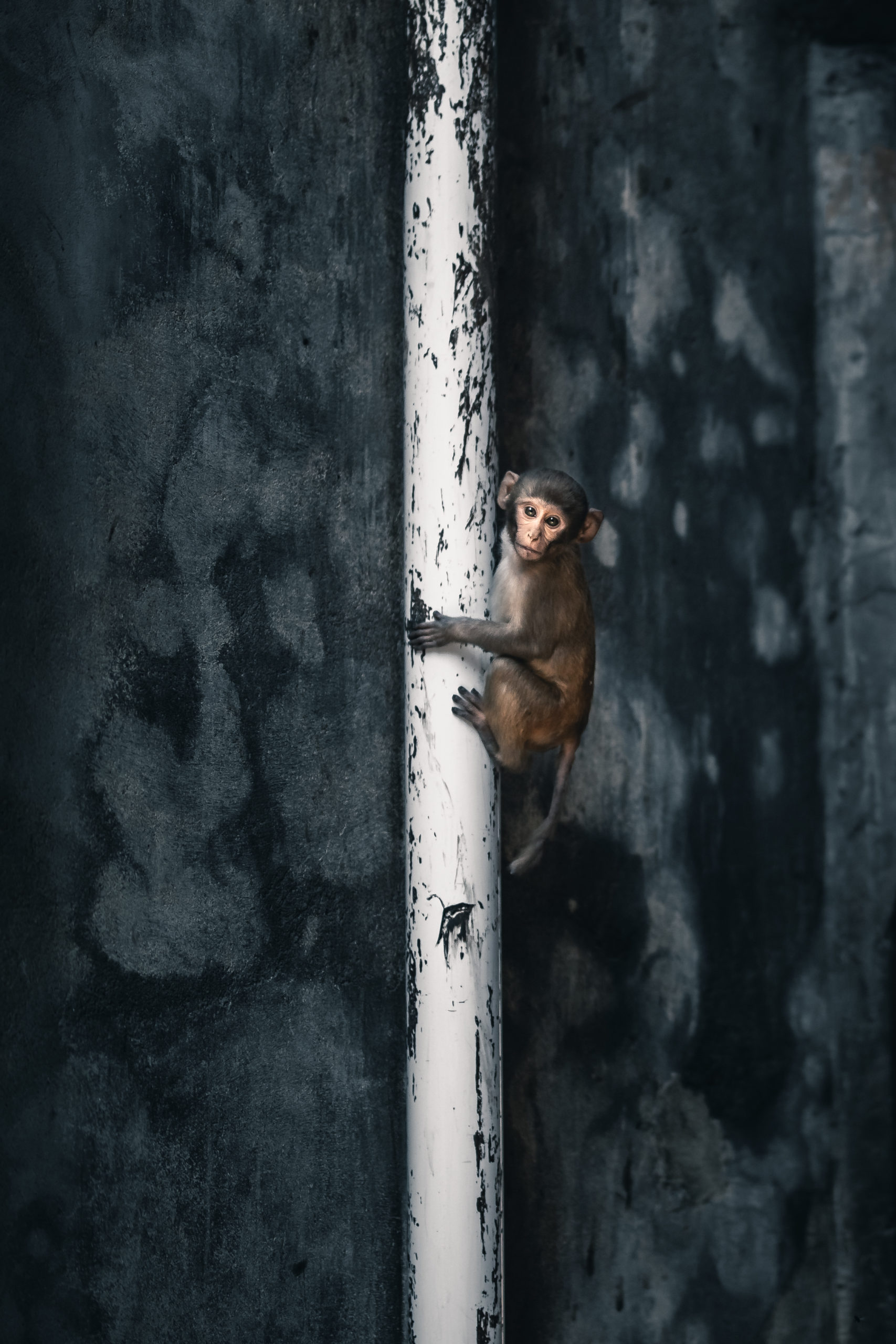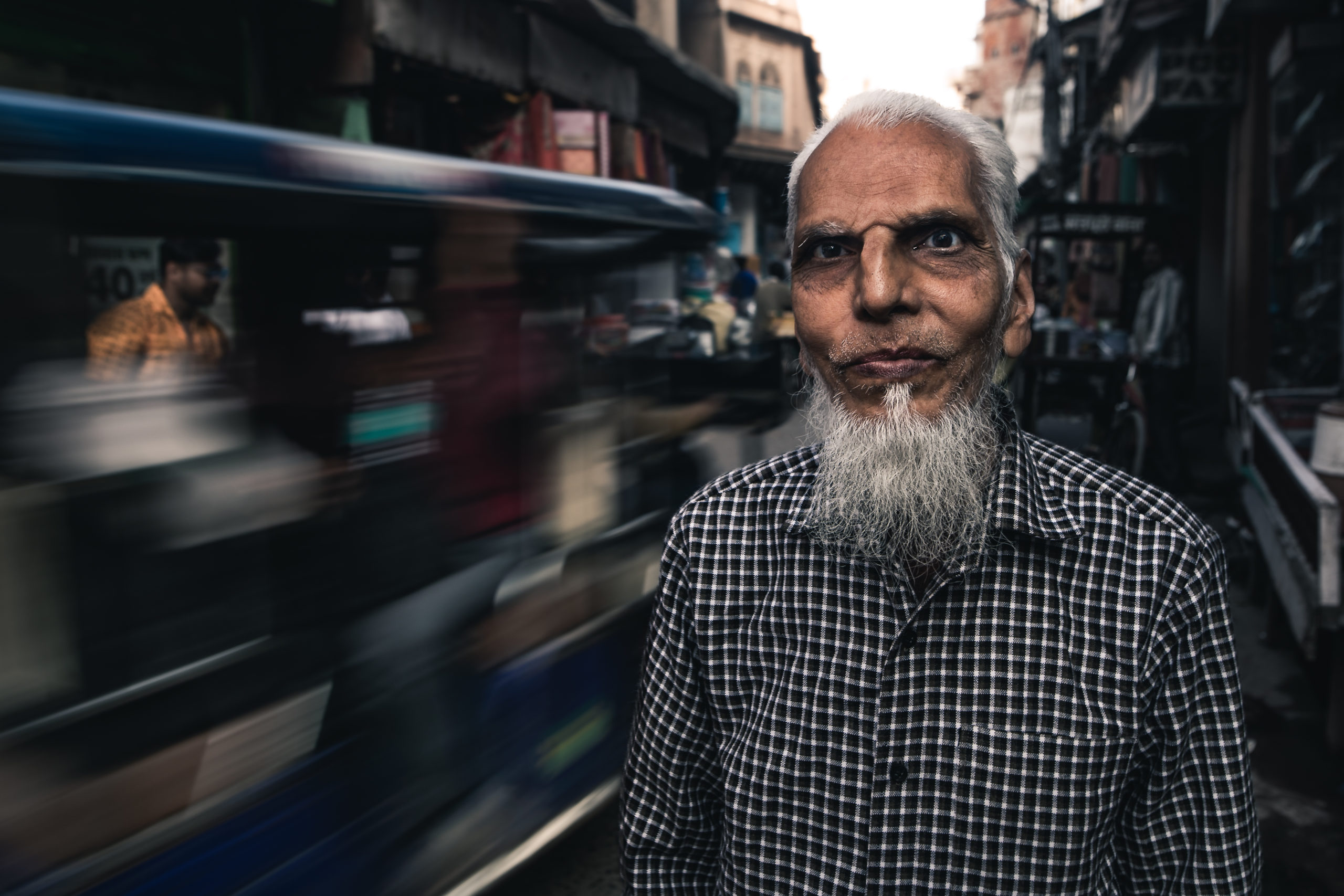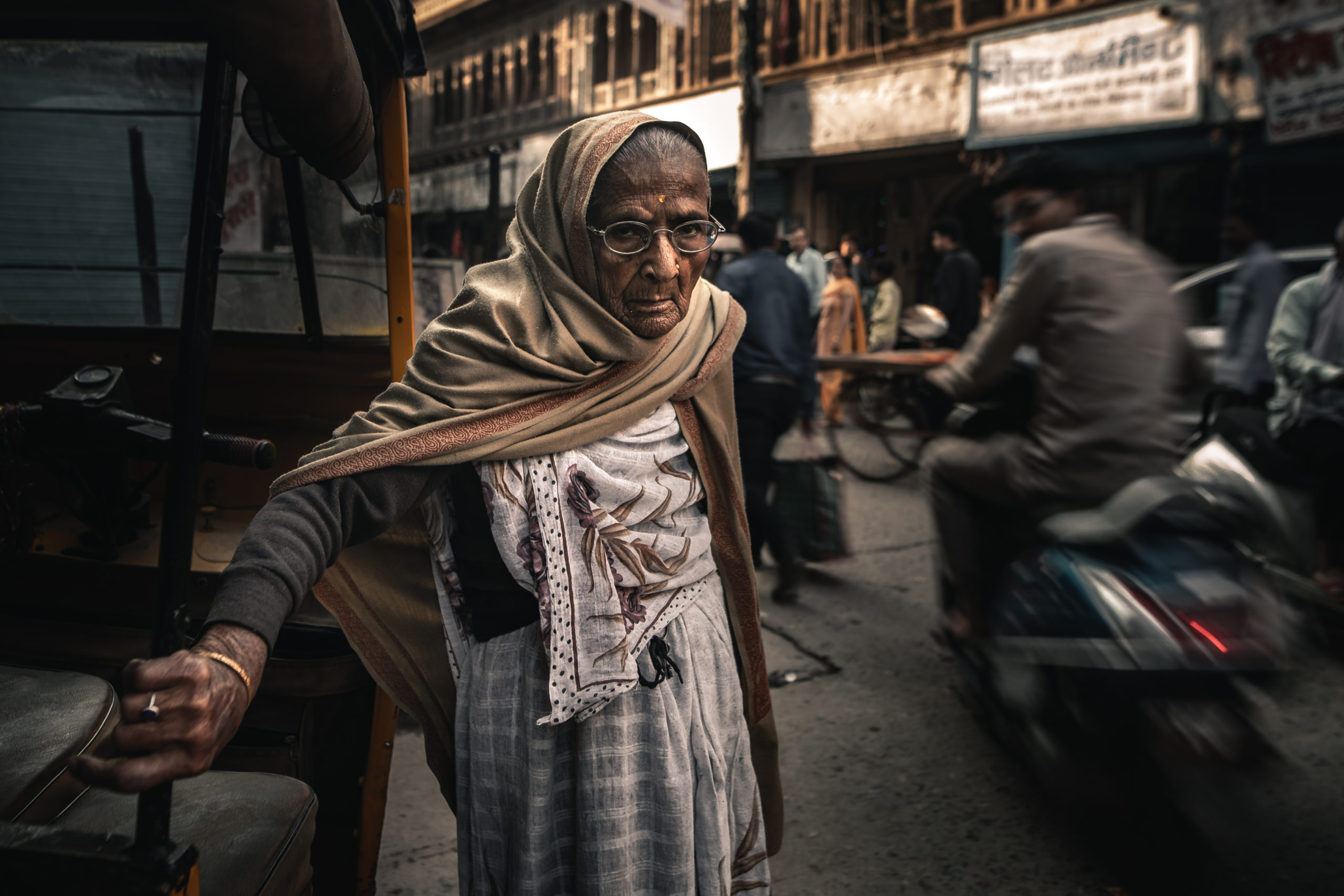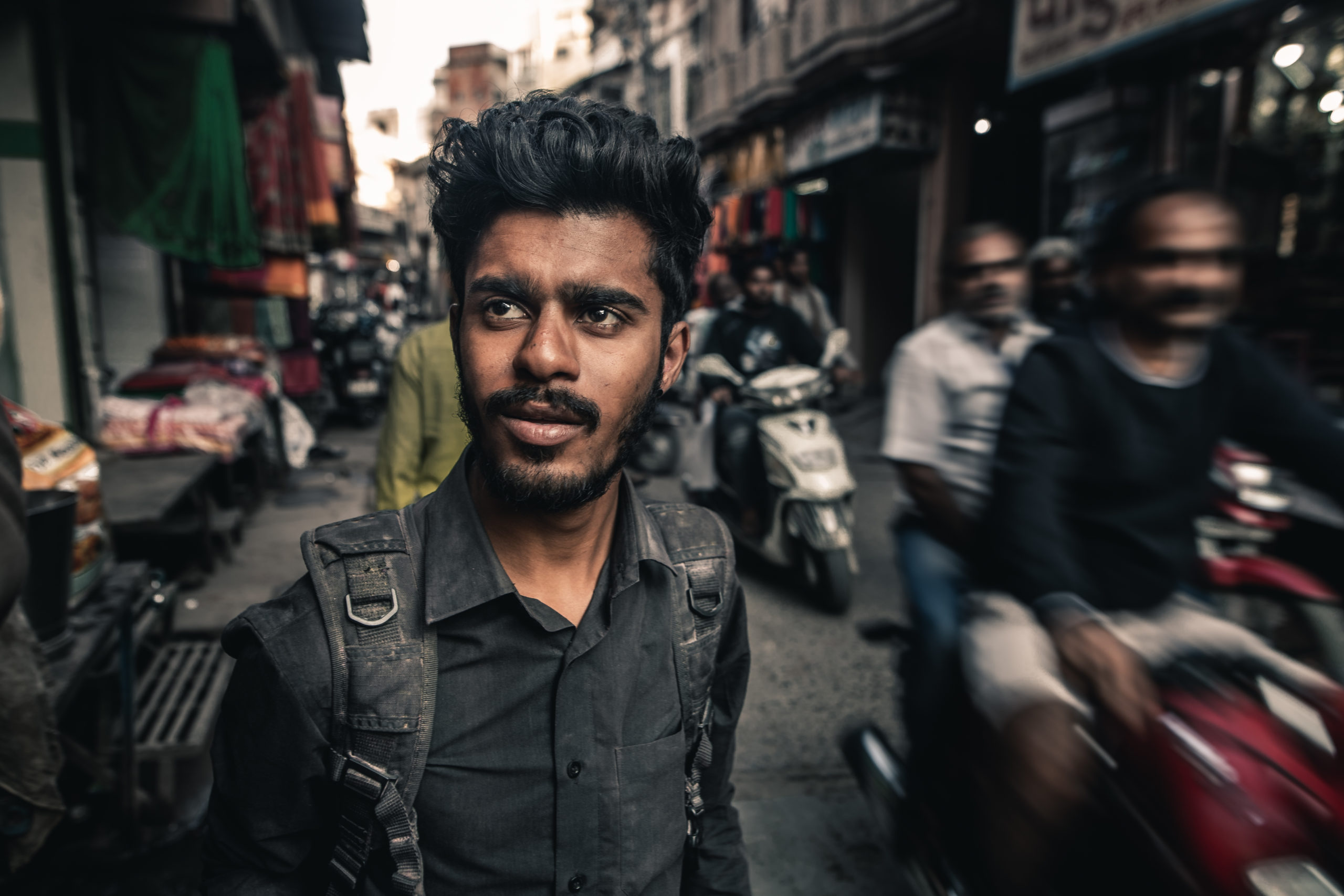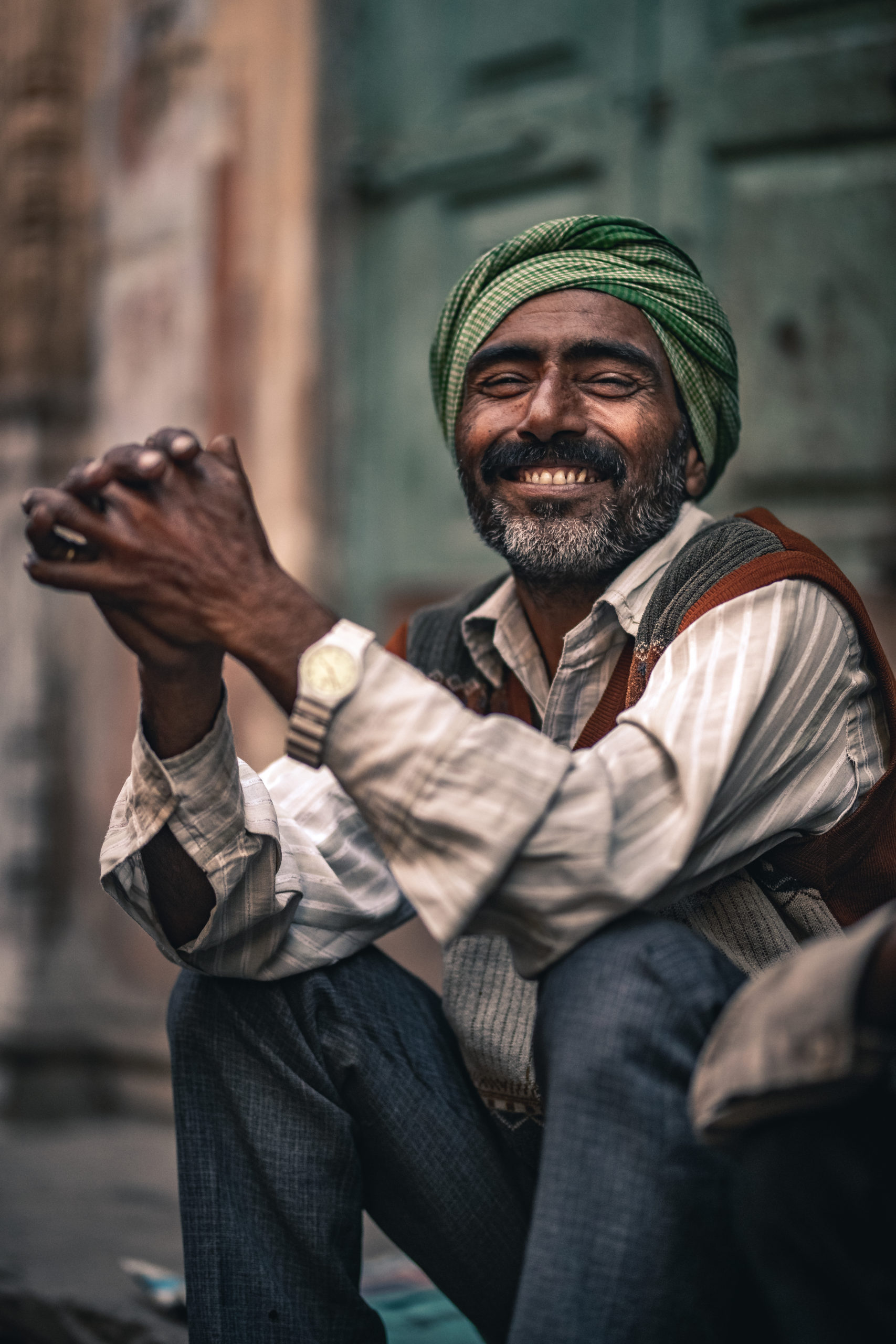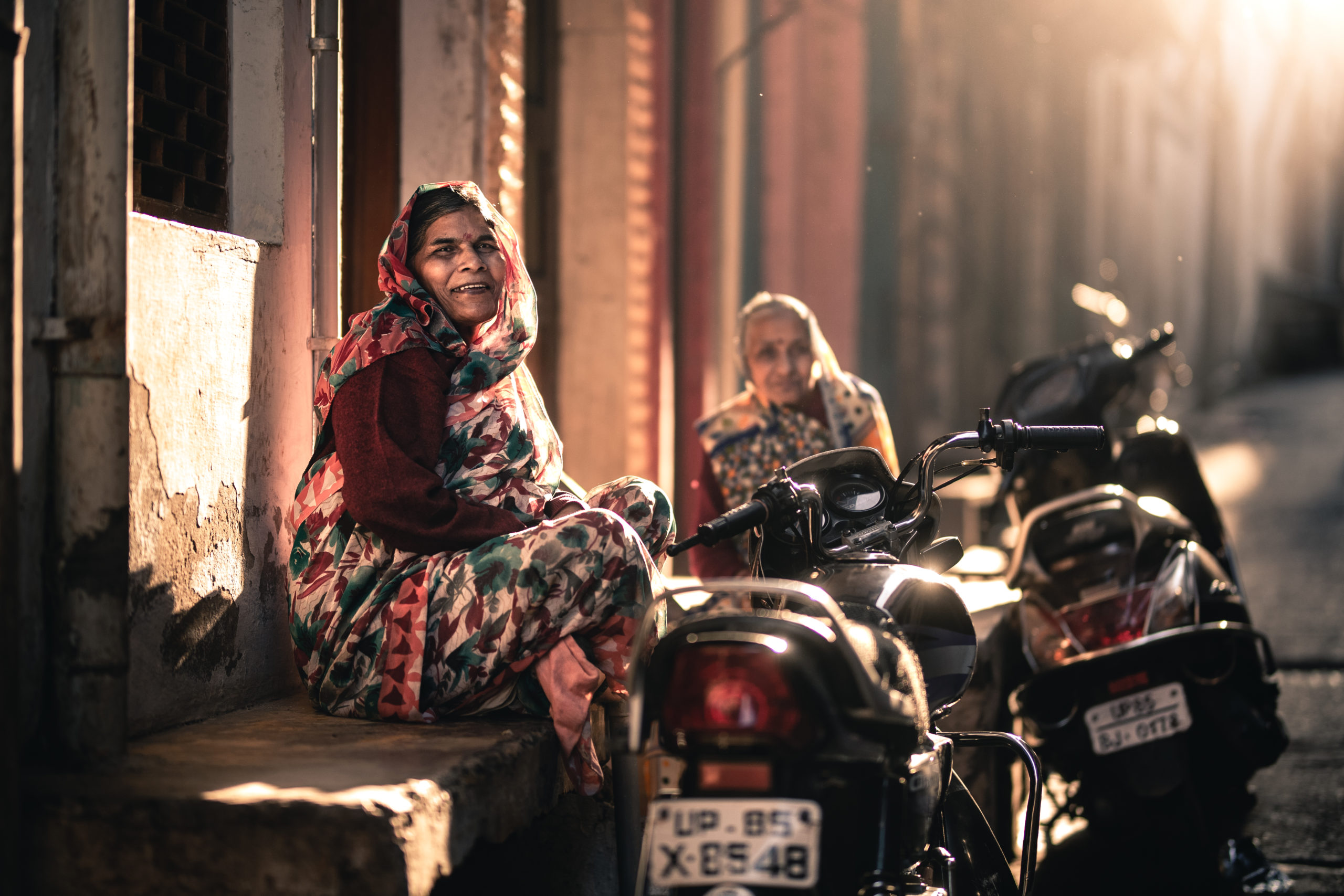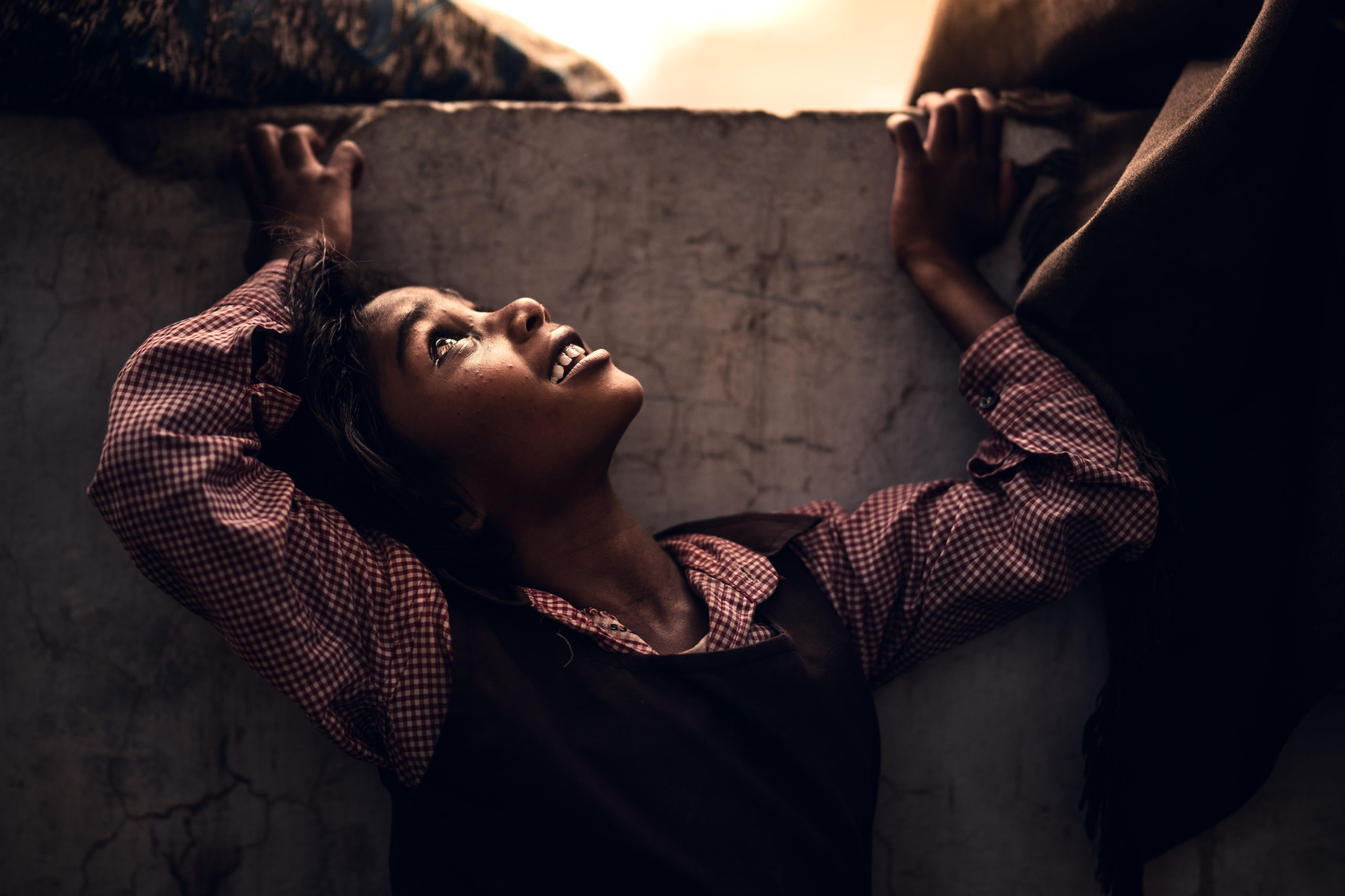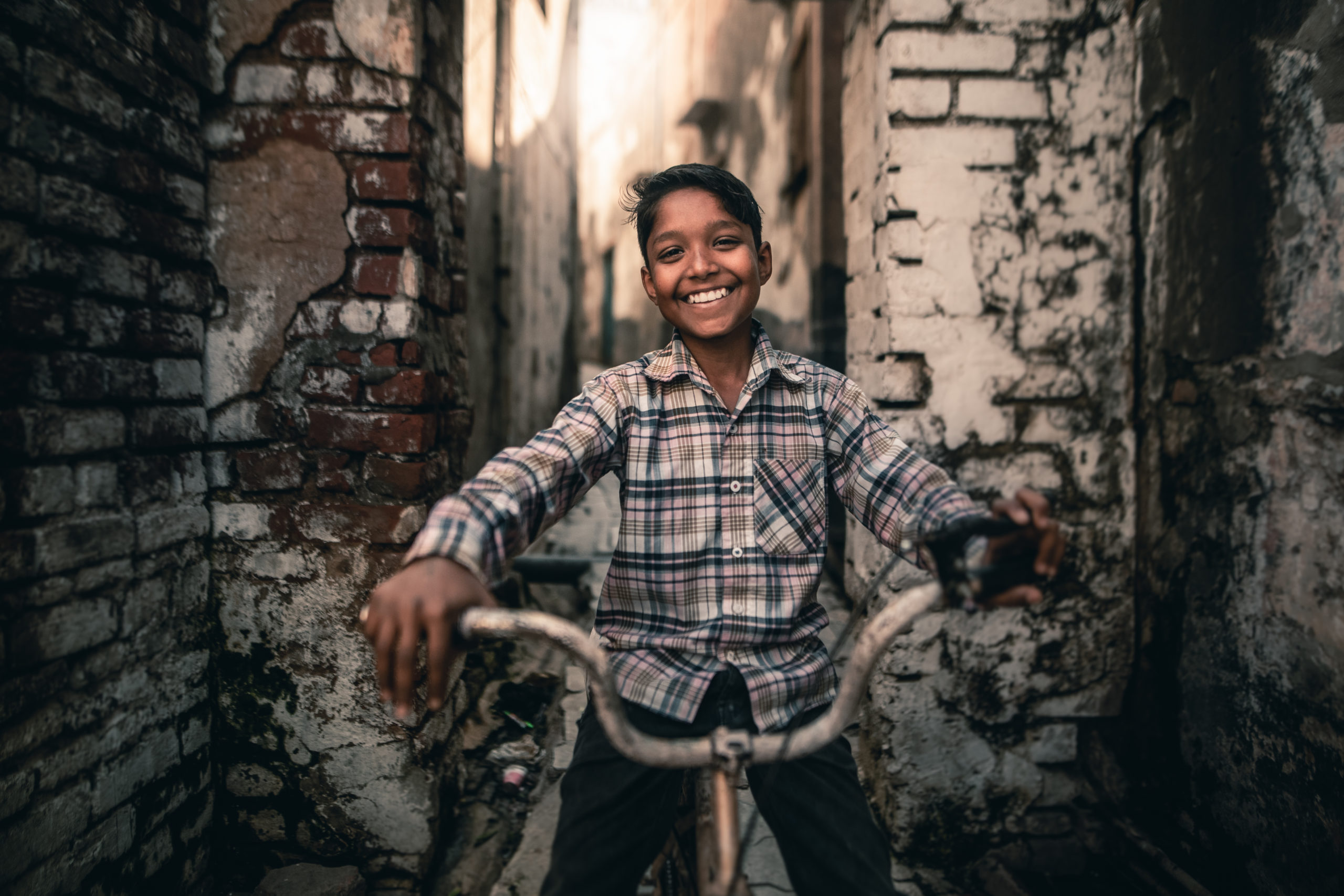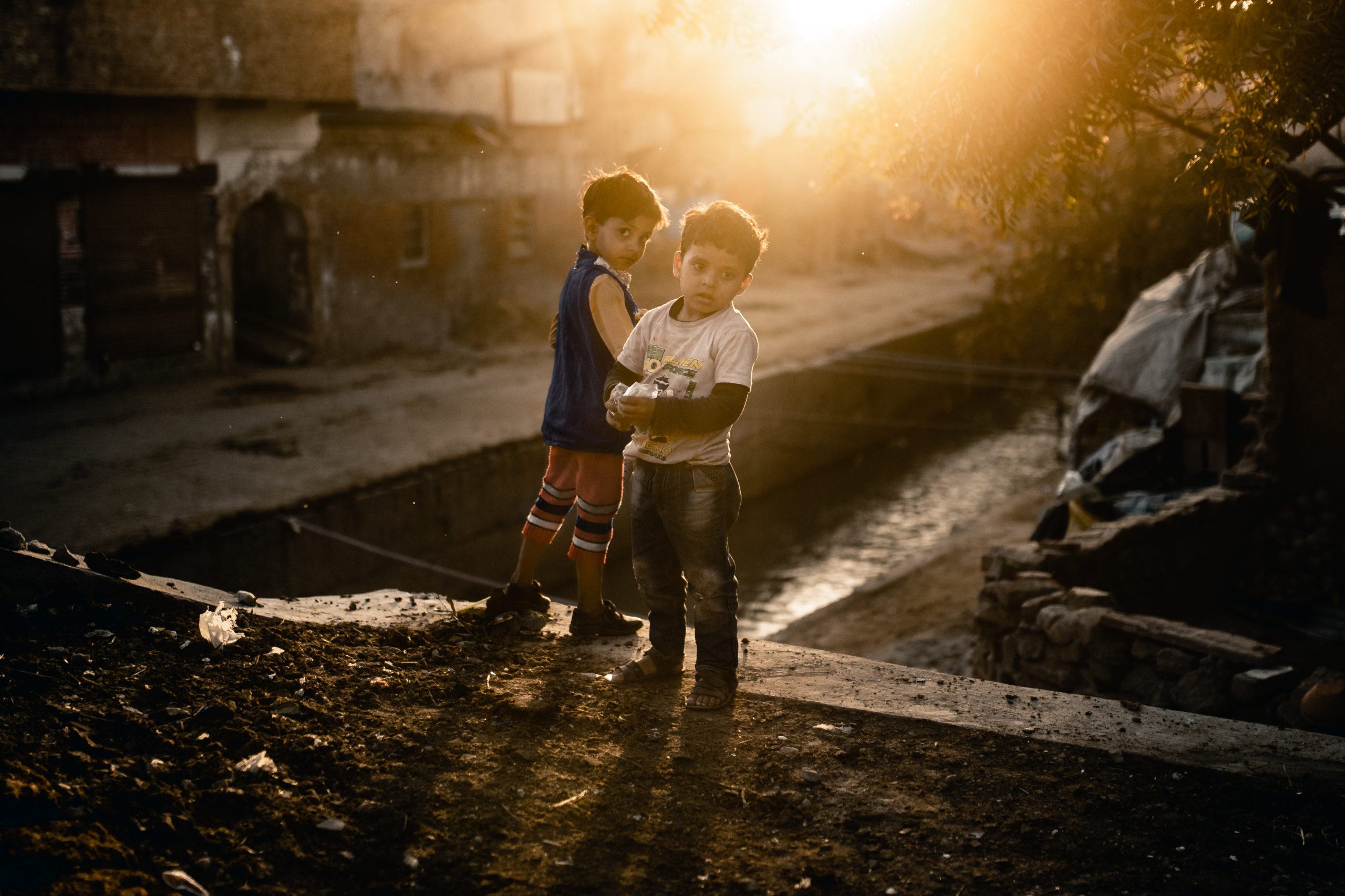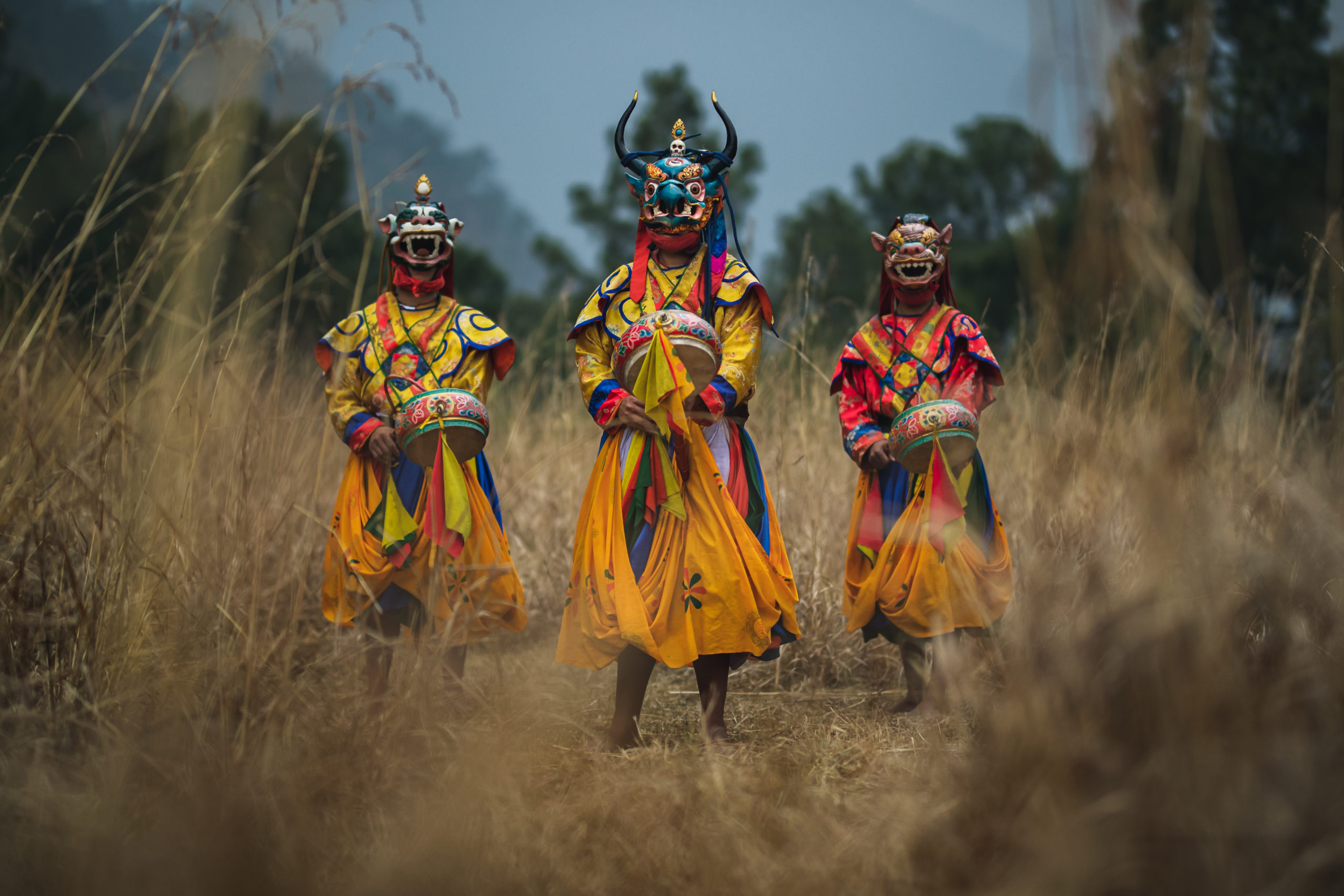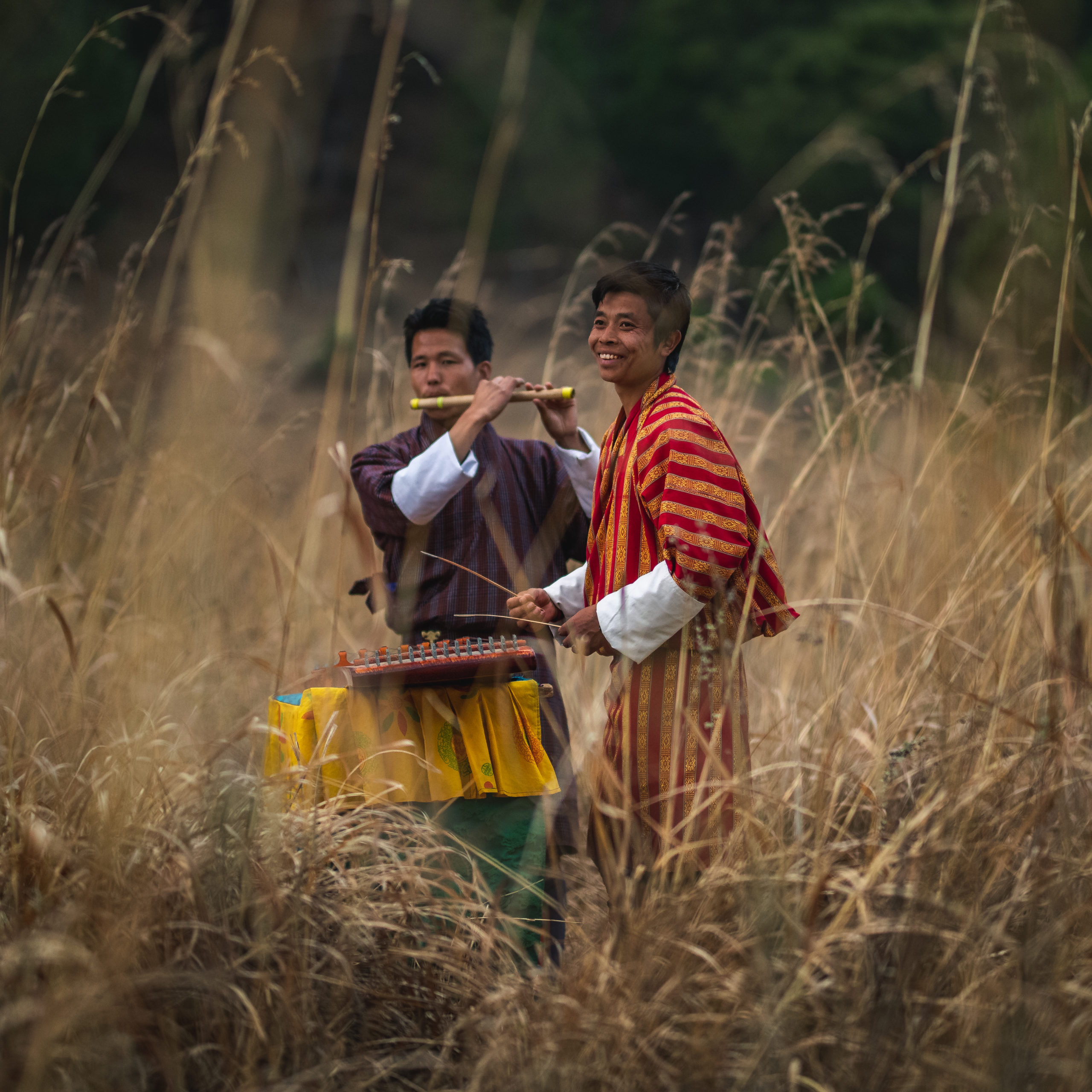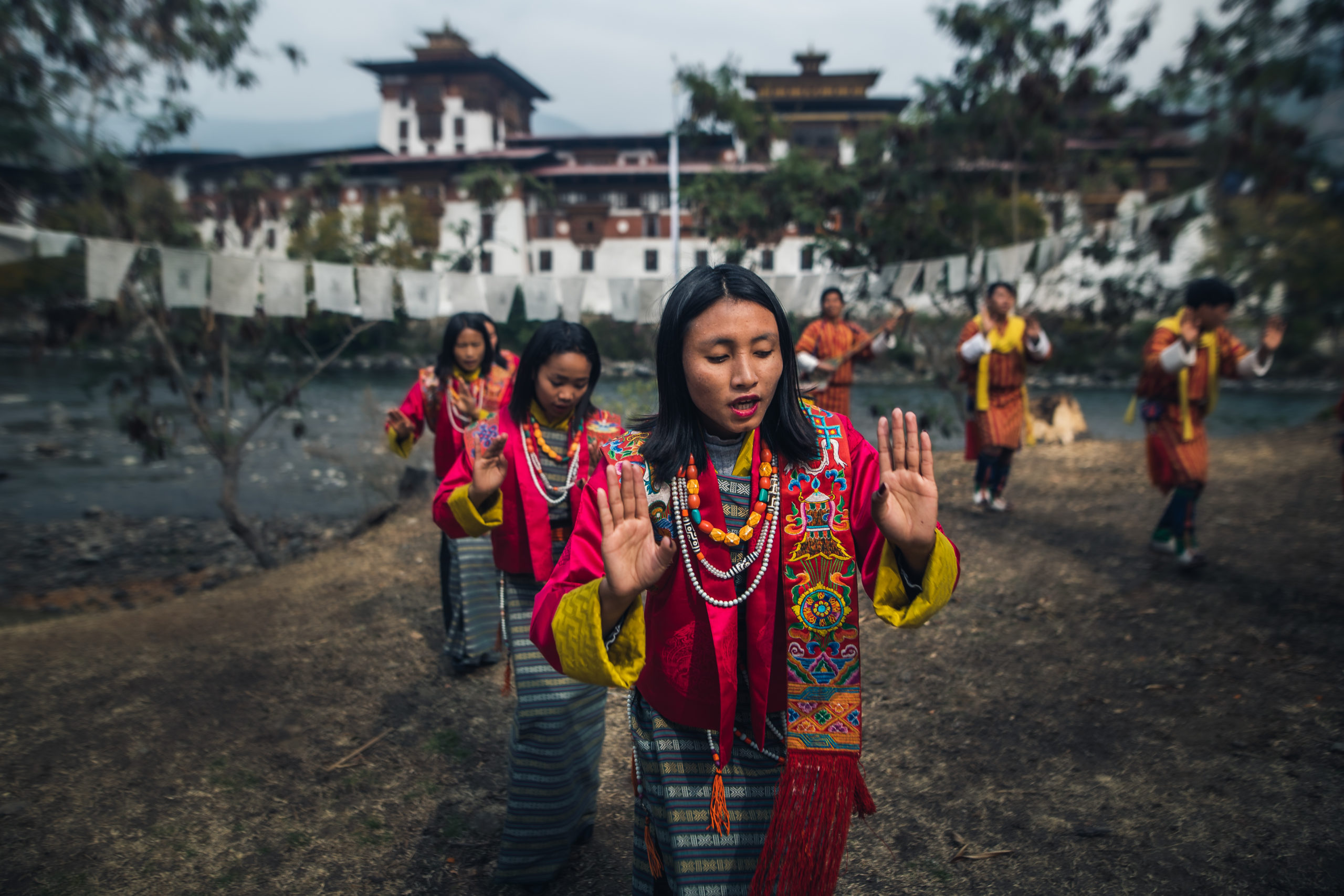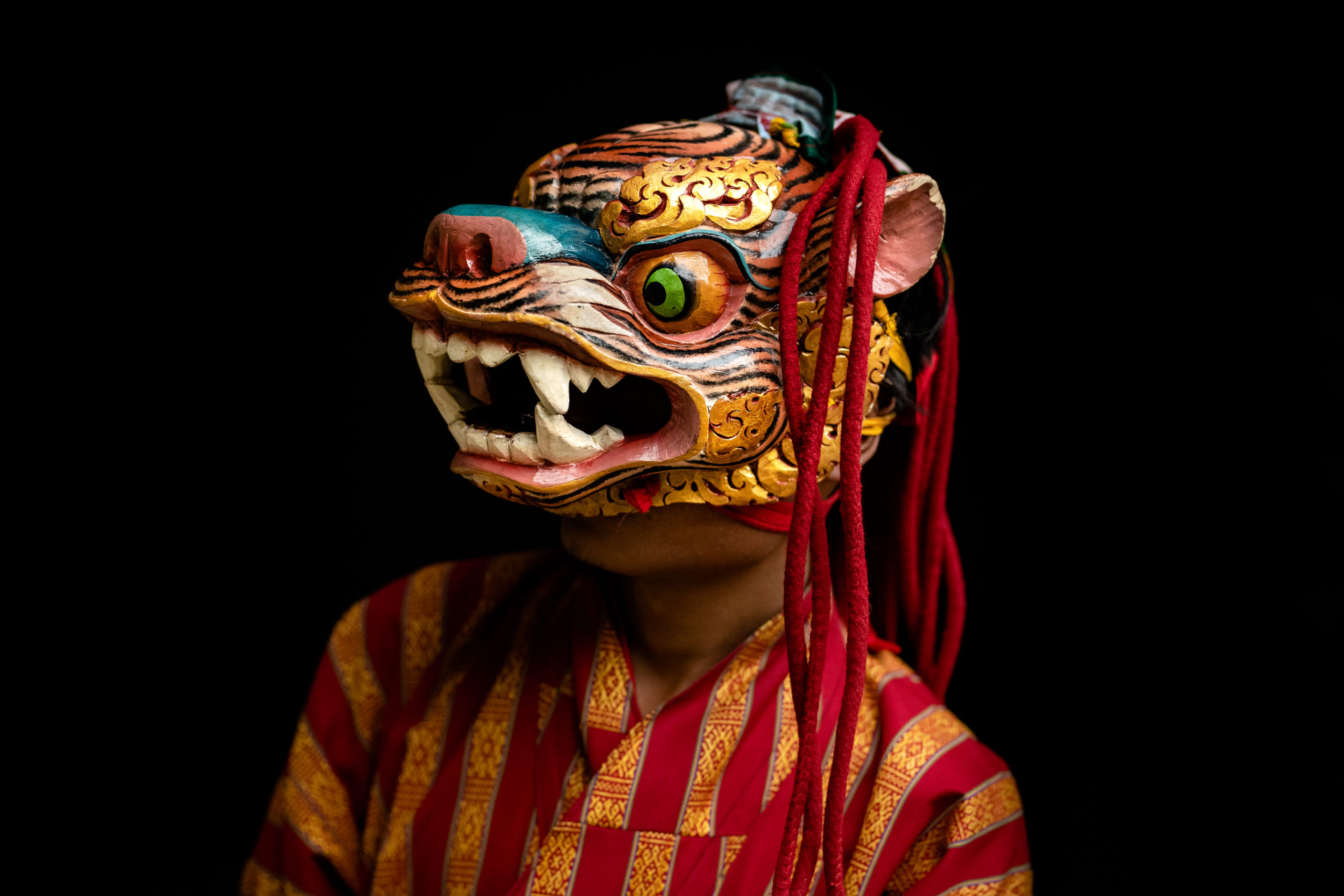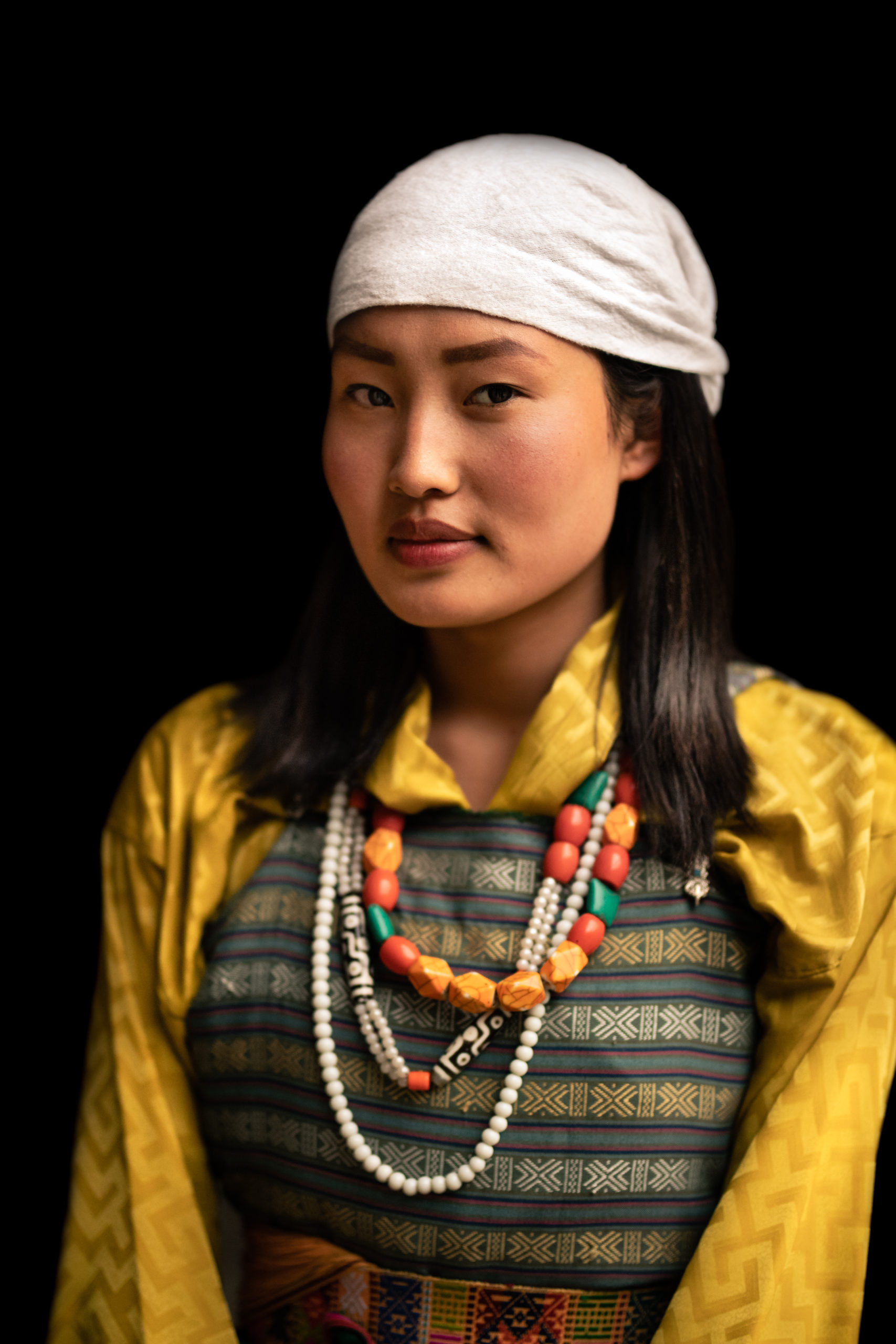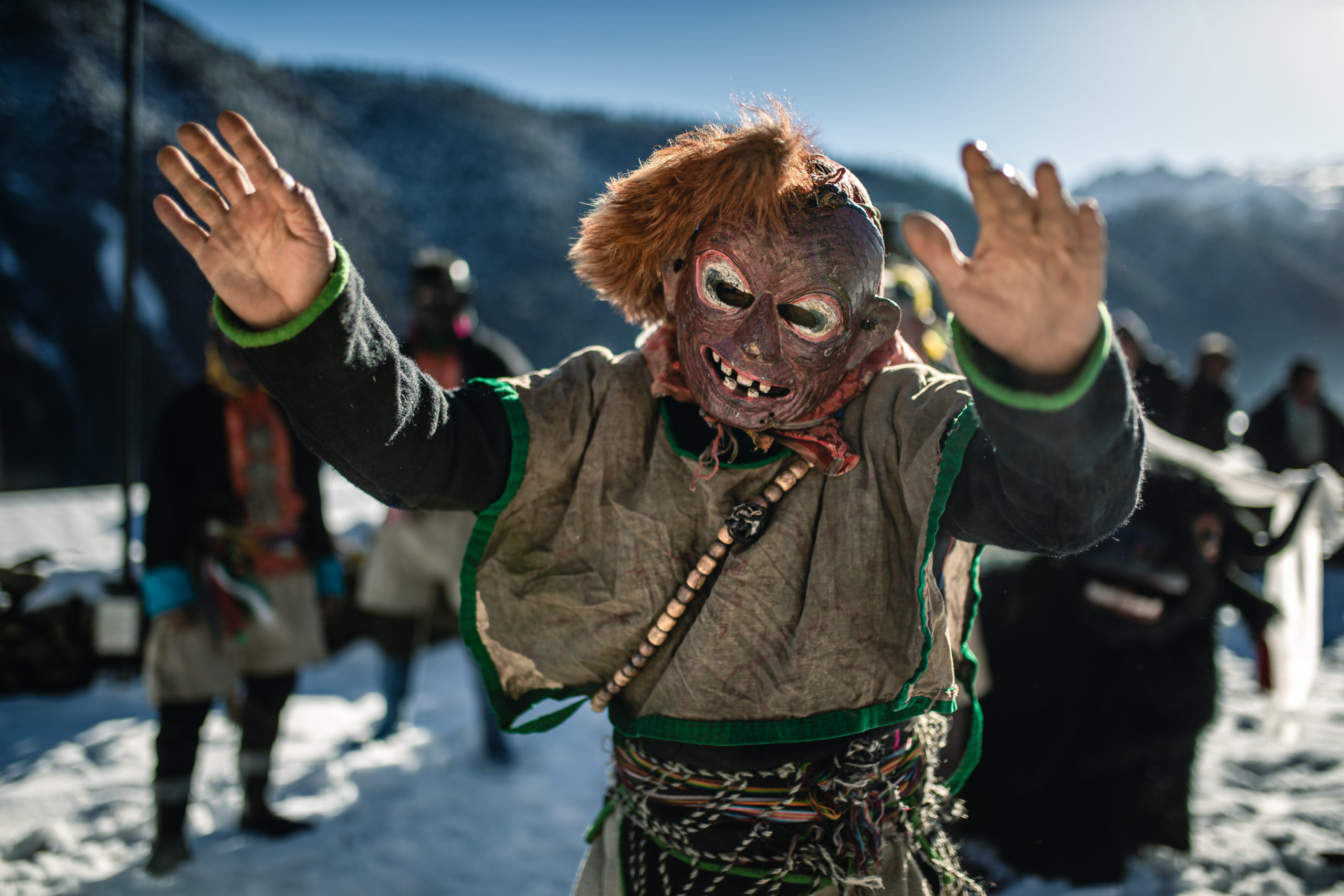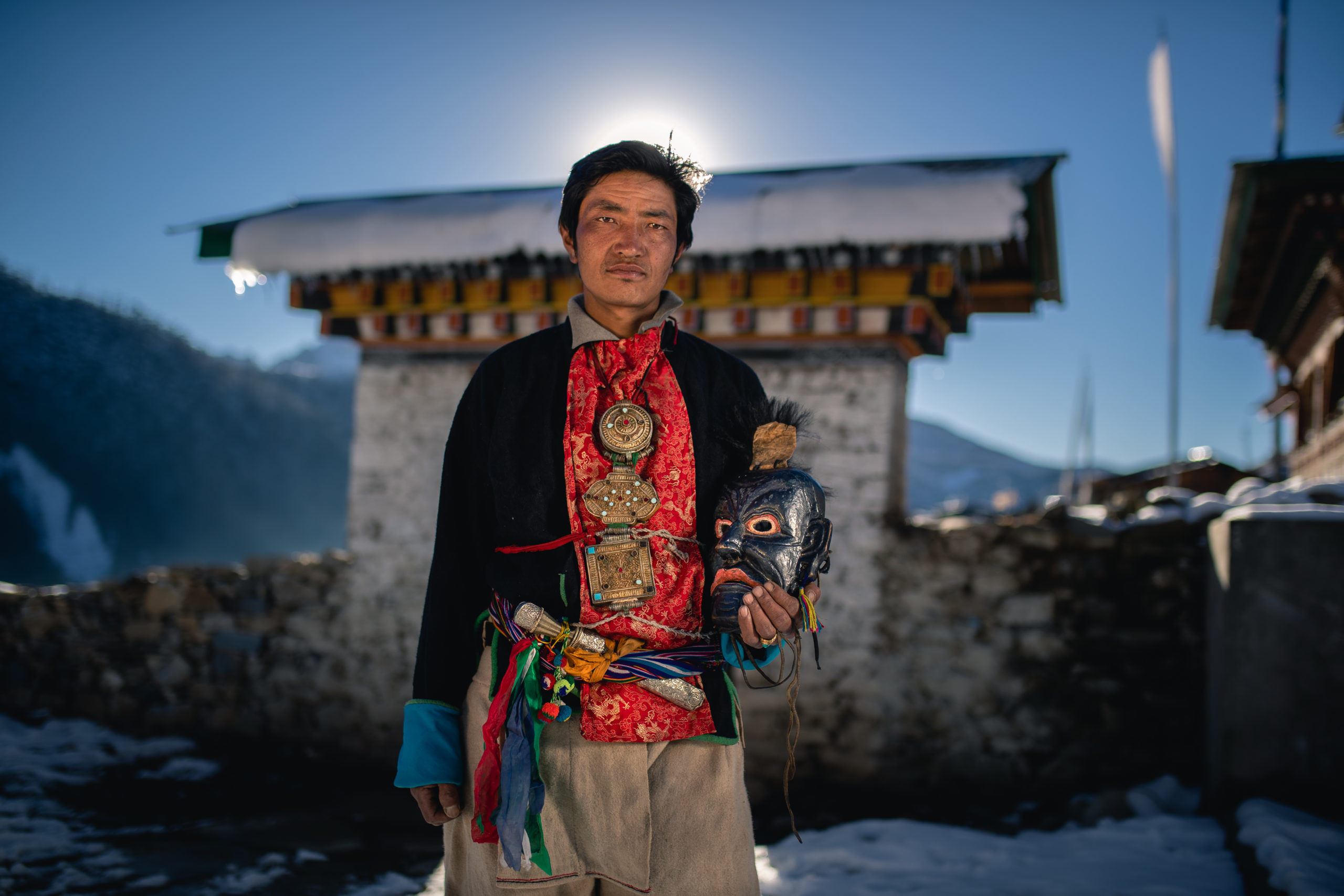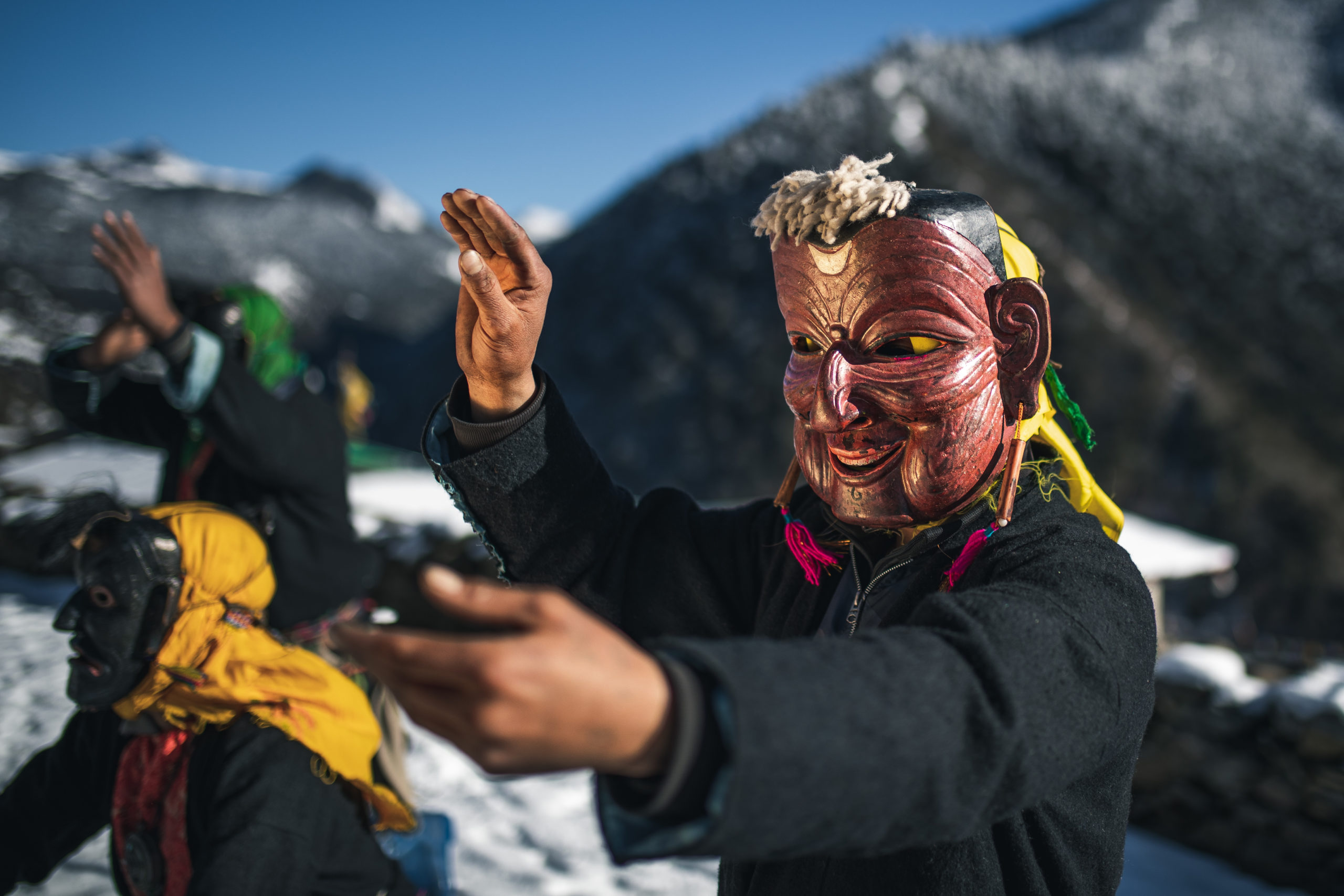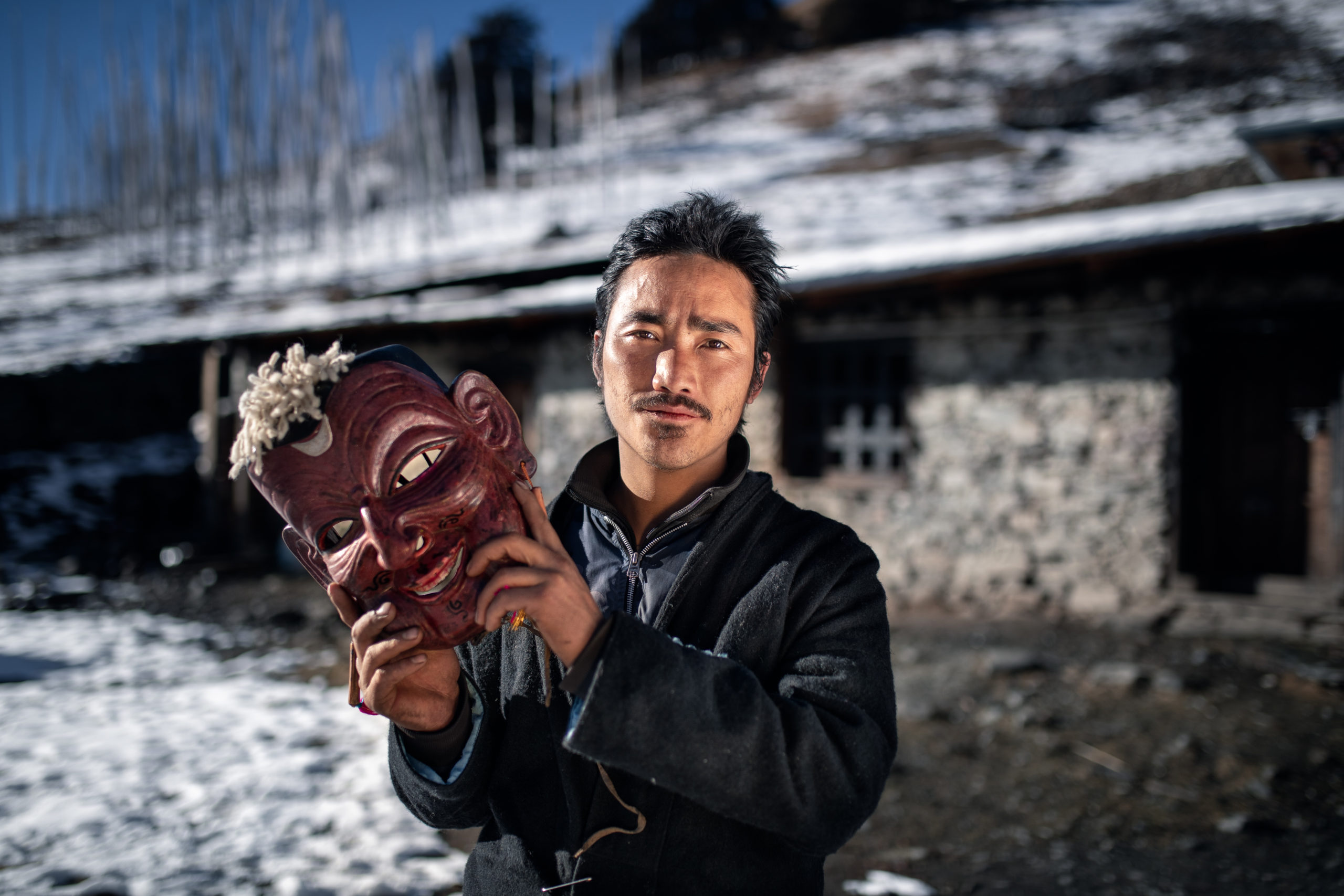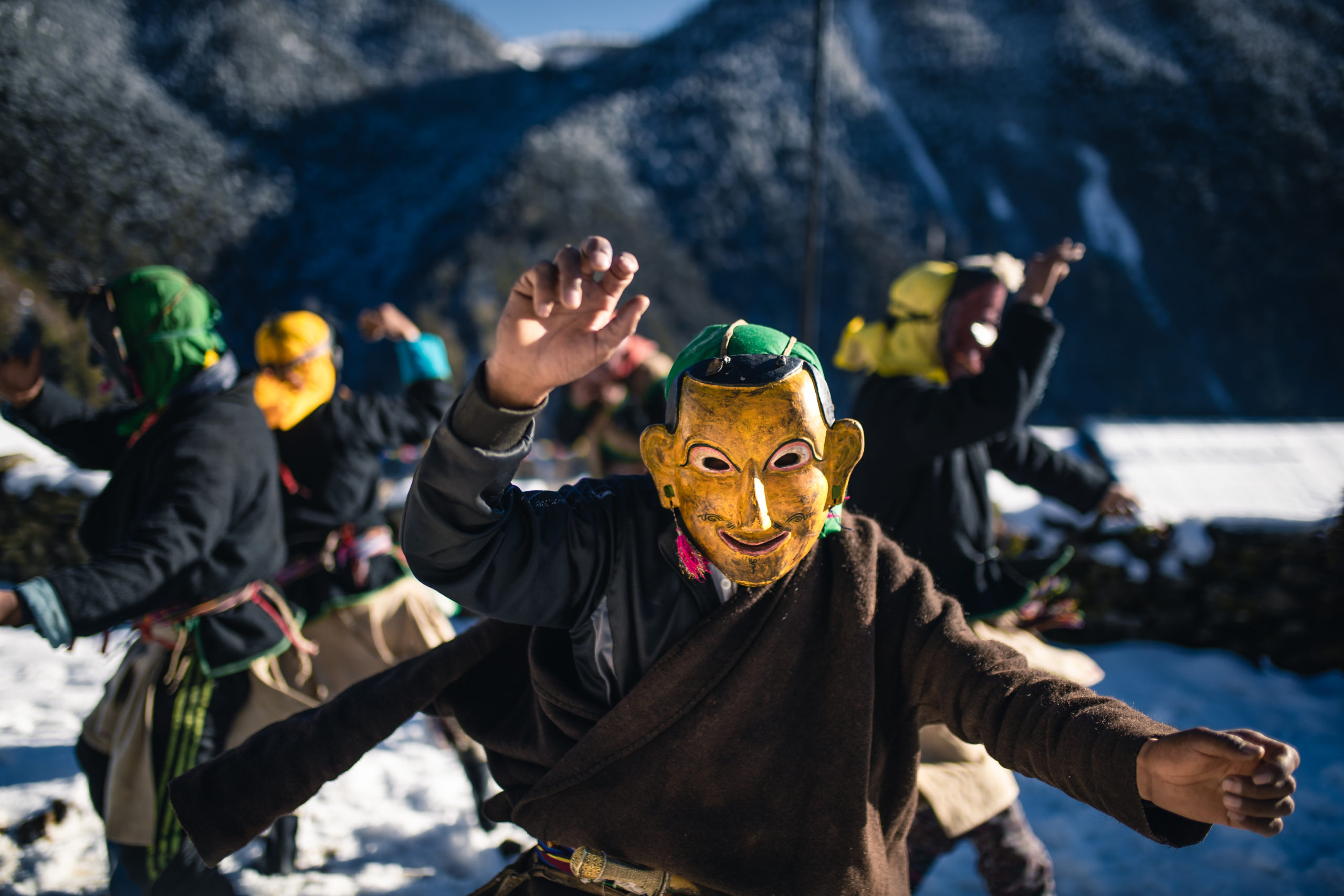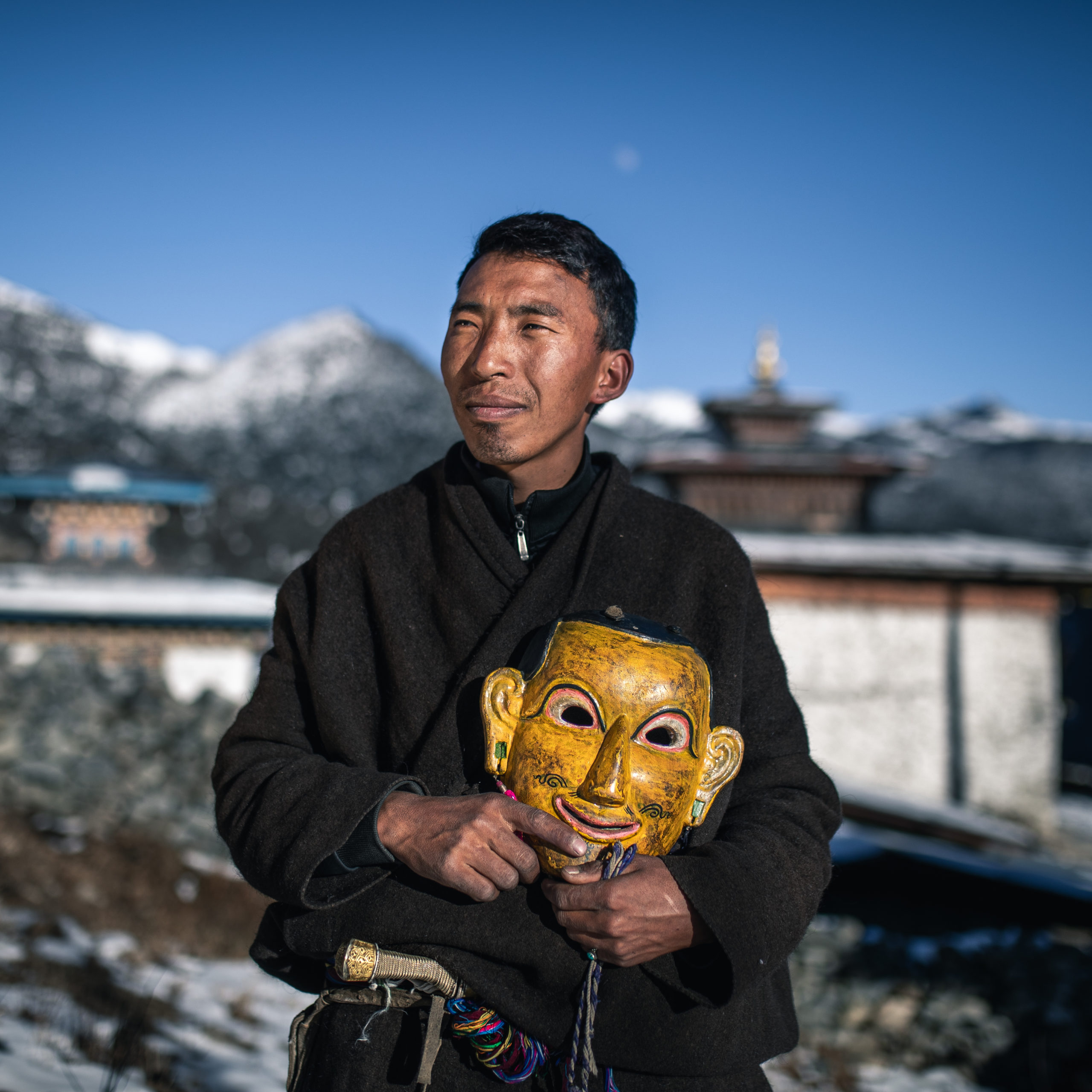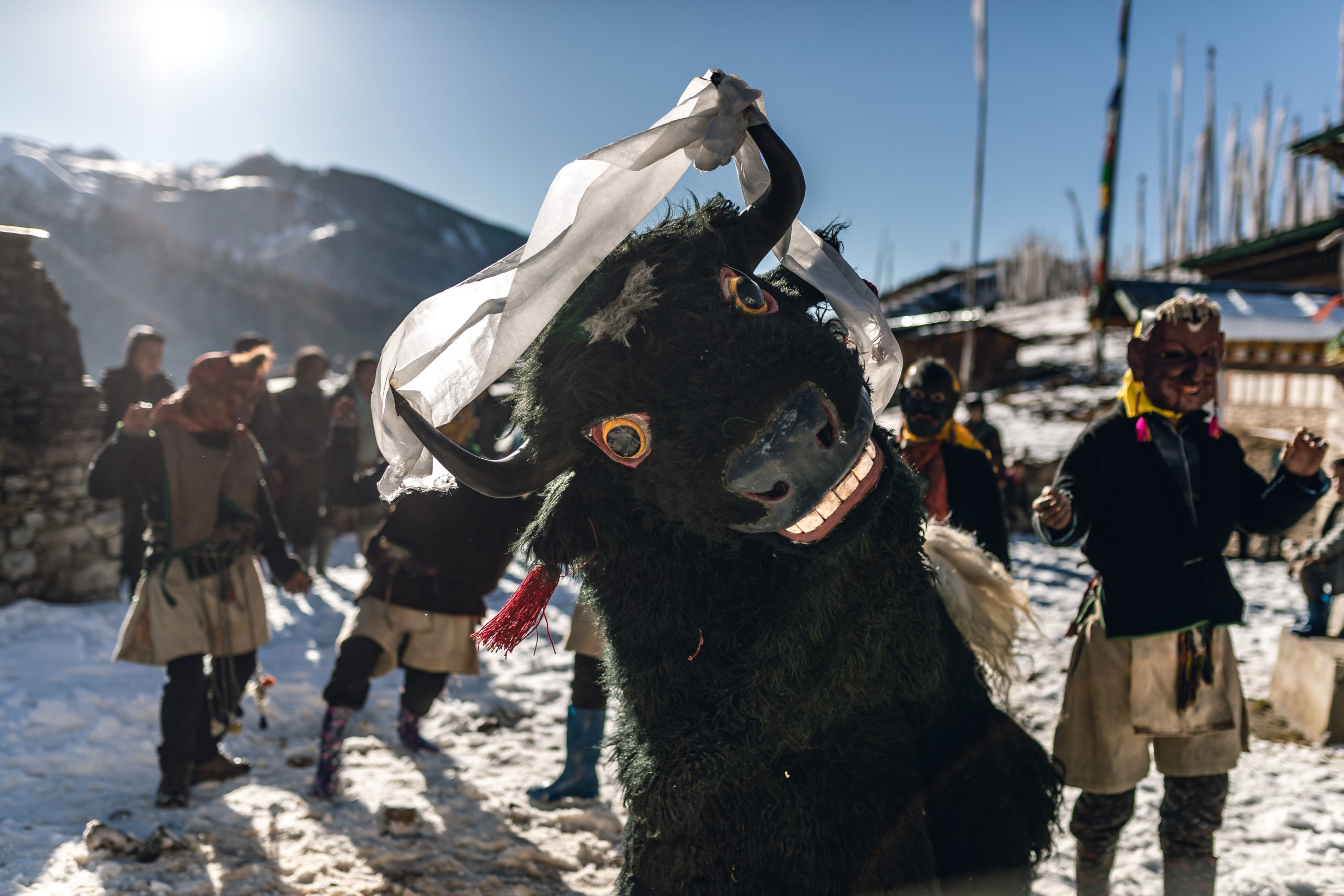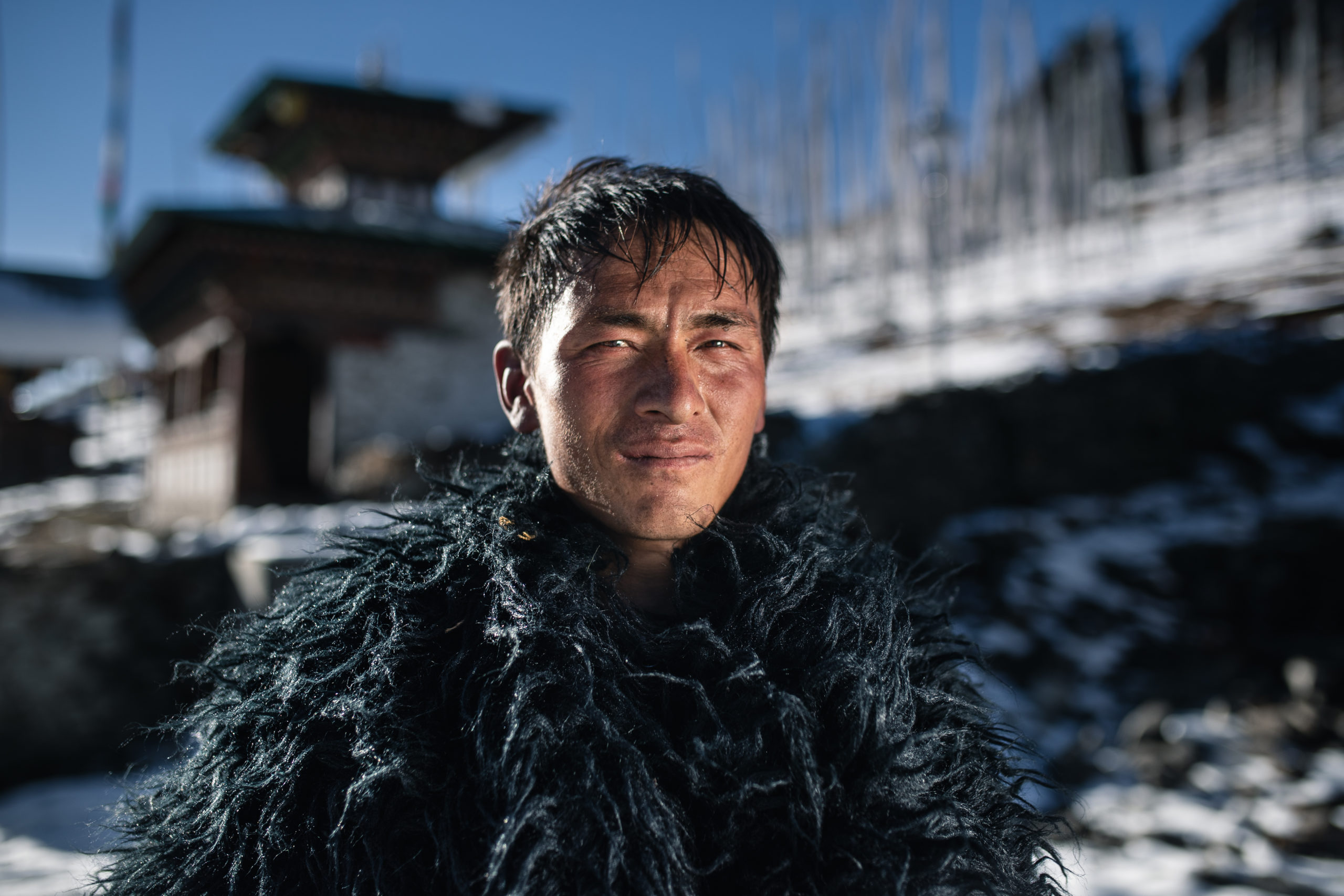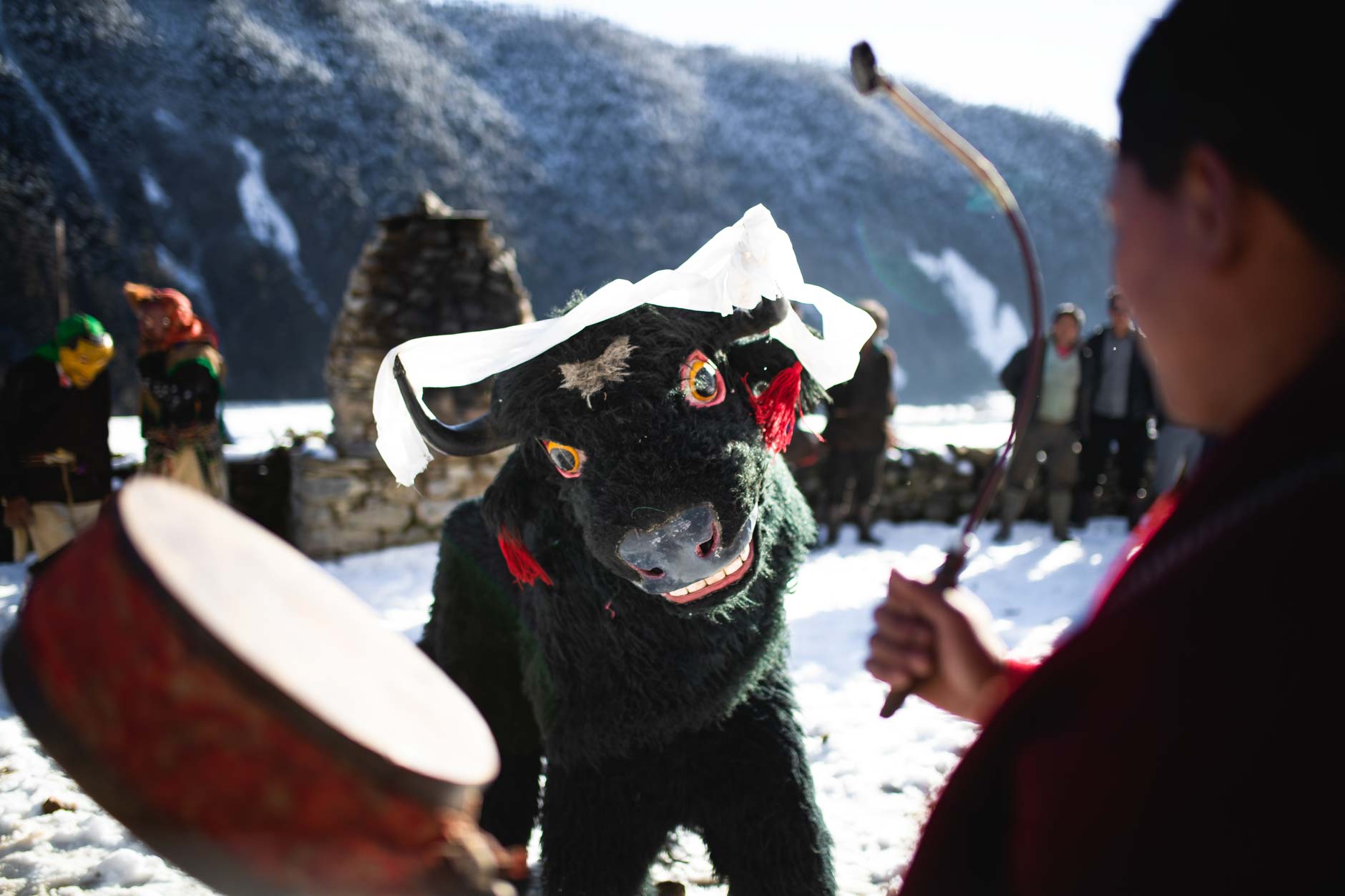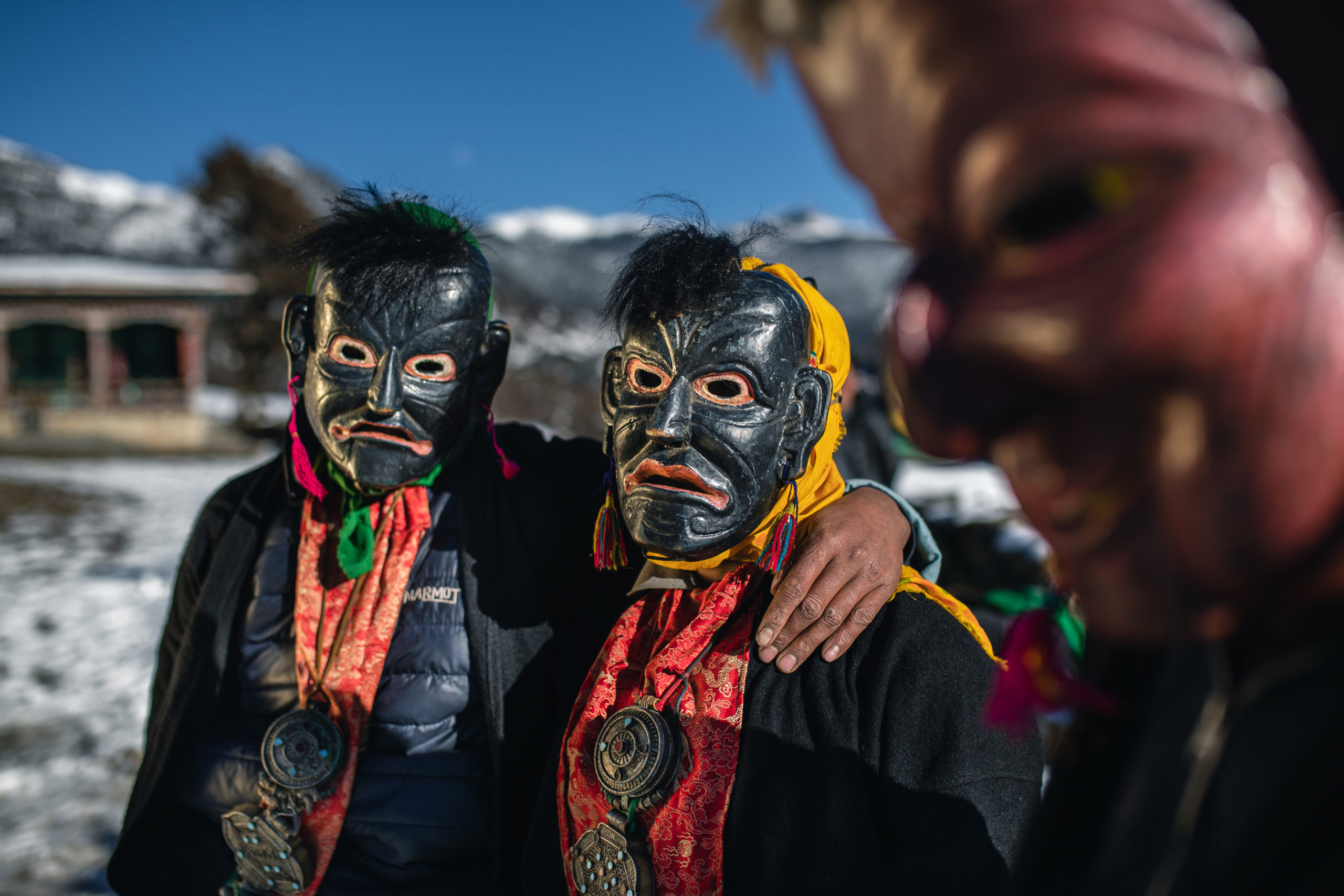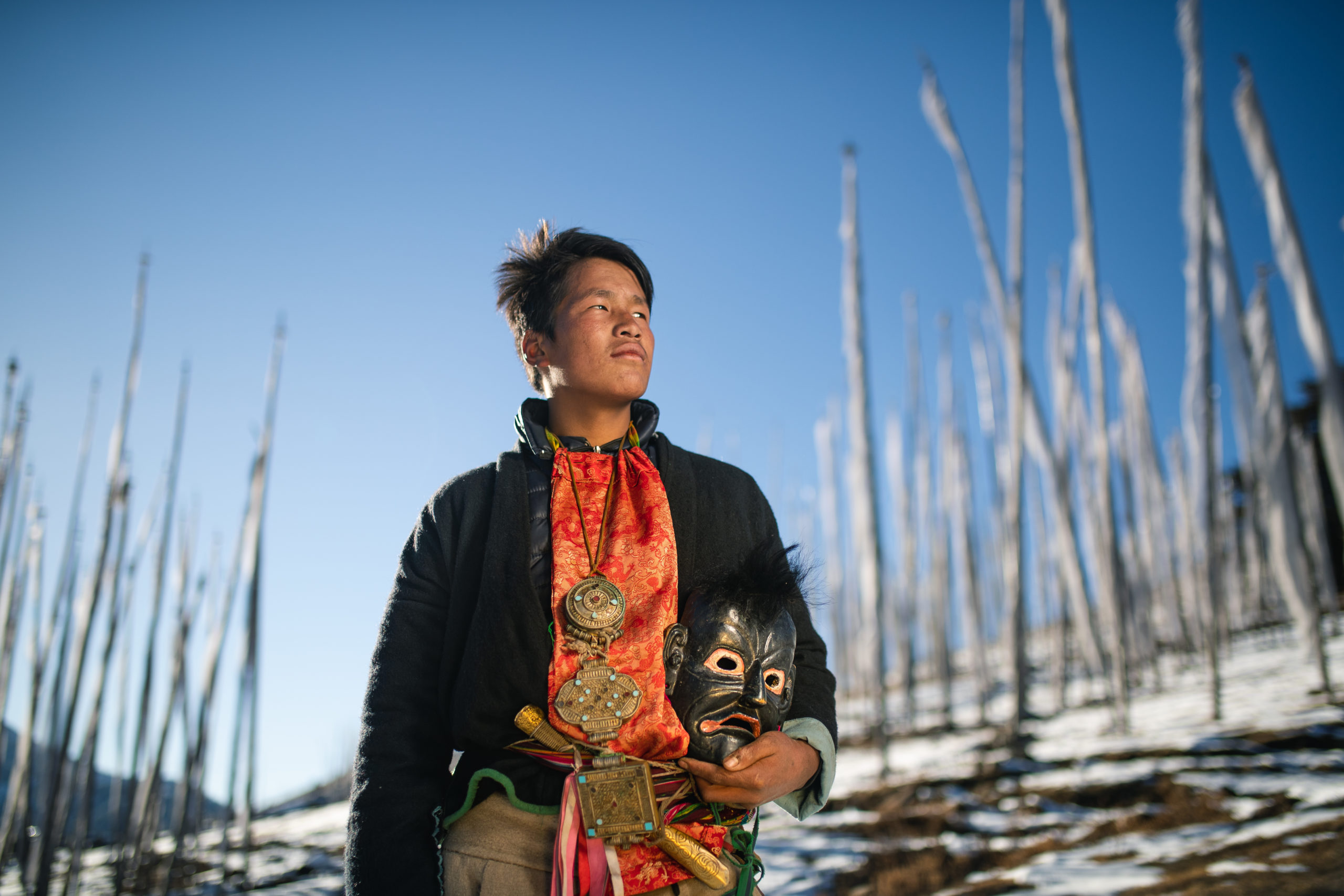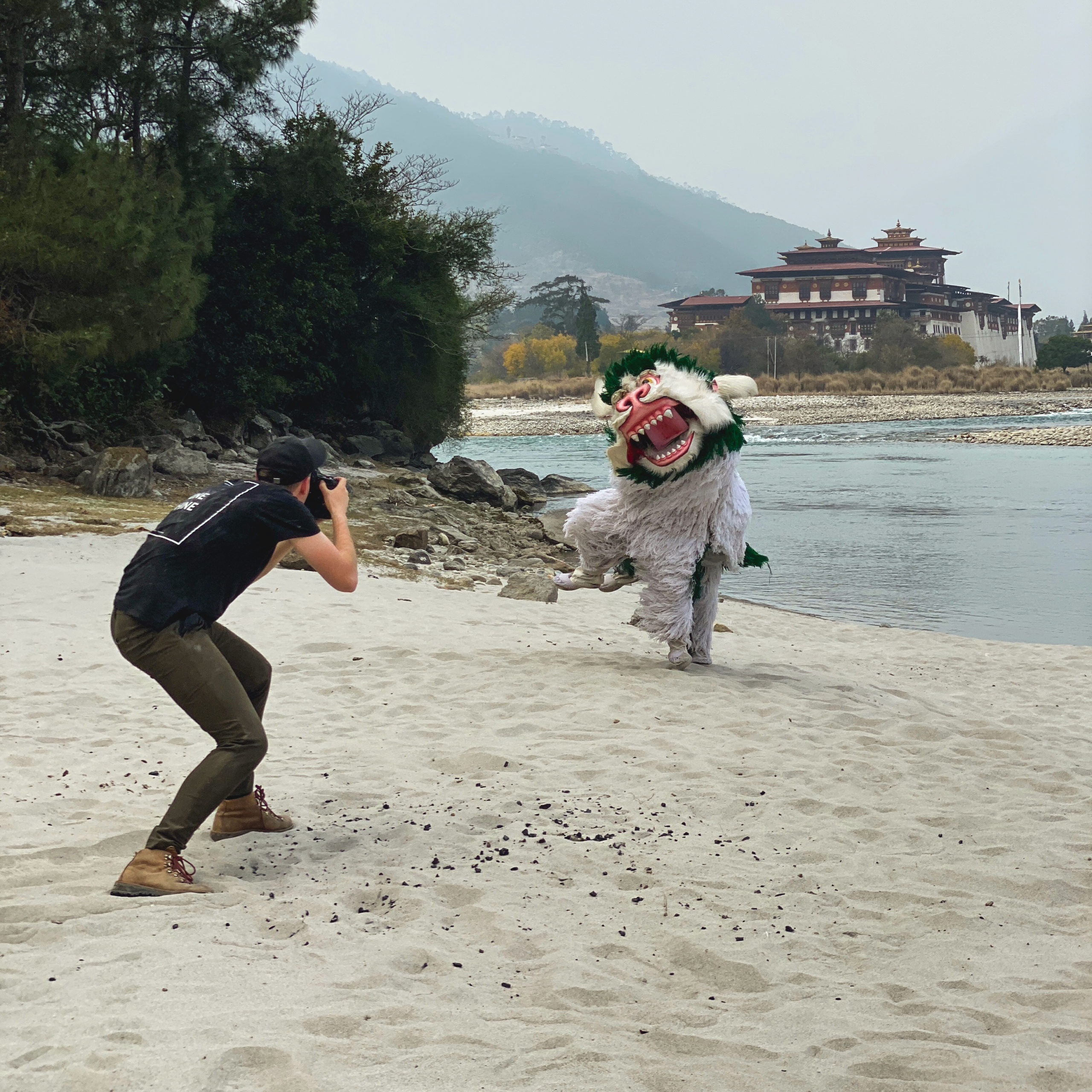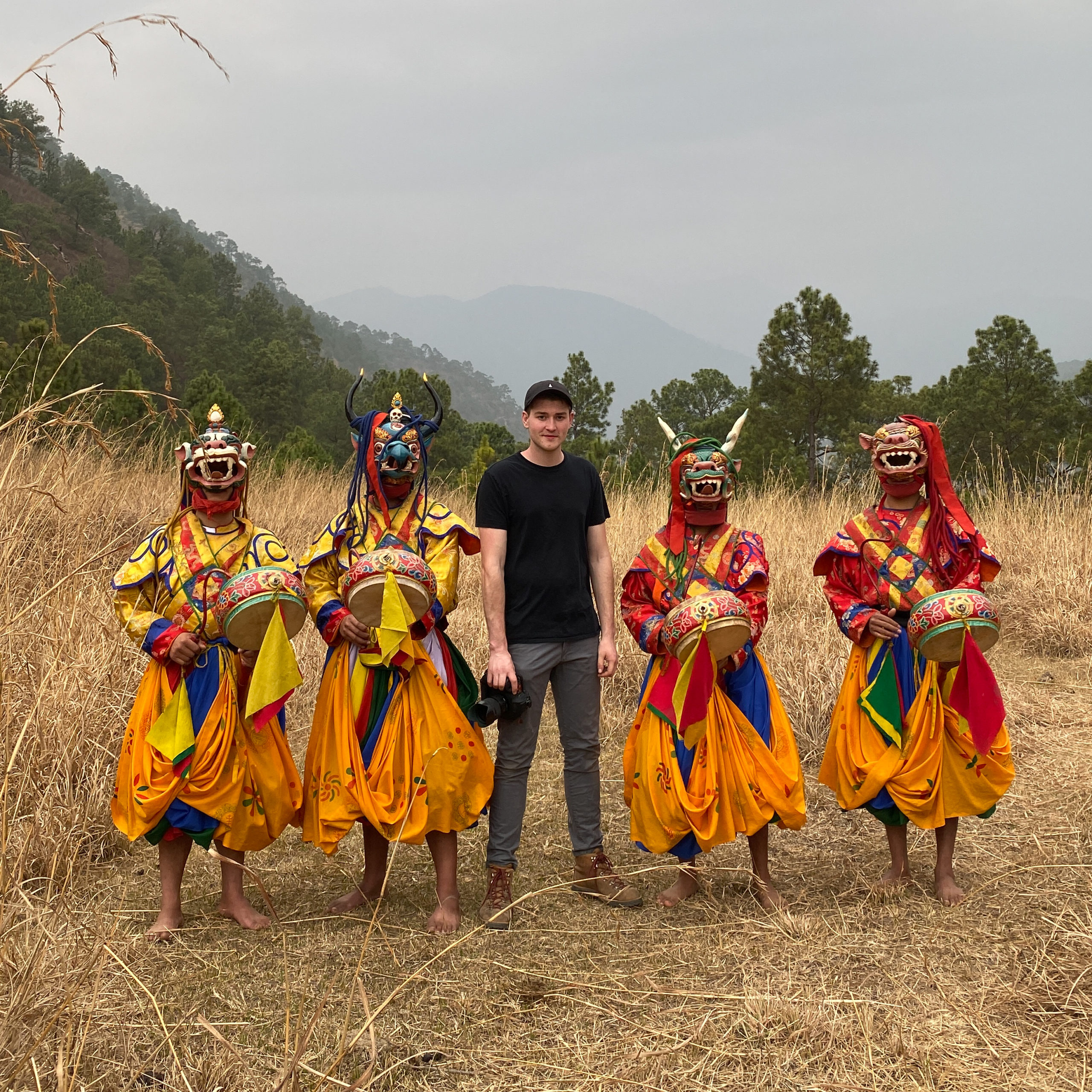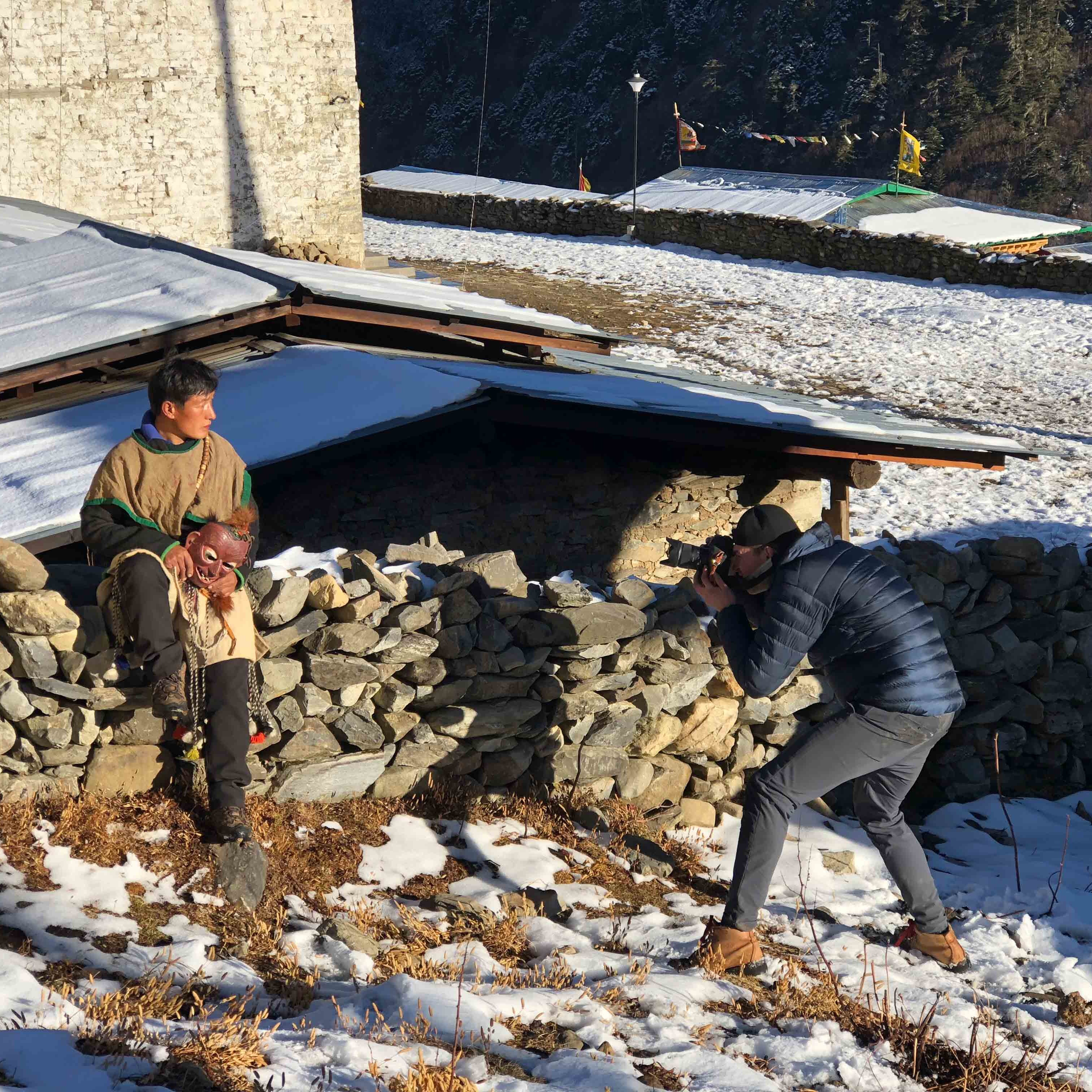Mount St Helens Aerial Photography
We began the flight just before sunrise as the pre-dawn glow softly illuminated Mount St Helens and the surrounding ridge-lines and alpine lakes.
Just after sunrise, Mount St Helens quickly became illuminated by the rising sun. The lack of snow cover from the hot and dry summer became much more apparent.
The early morning fog blanketing the landscape below was an added bonus. I loved the way the light illuminated the mist creating such a beautiful atmosphere.
Although difficult to notice at first, a remarkable remanent from the eruption of 1980 can still be seen today…
Upon closer inspection, what may appear to be an island or a shallow stretch of muddy lake is actually thousands upon thousands of trees floating in the water. During Mount St Helen’s eruption in 1980, these trees were all blasted from the surrounding hillsides and all plunged into Spirit Lake.
When viewed from above, the scale of these floating trees is beyond breathtaking…
It’s estimated that over a million trees float in Spirit Lake today.
Despite being significantly smaller than Spirit Lake, Saint Helens Lake is also home to a fair amount of floating trees. I particularly enjoyed the way this ‘island’ of trees looked from above.
Another remanent in the landscape on Mount St Helens is it’s intricate and unique patterns carved out from the flows of debris during the volcanic eruption. These flows of debris are known as ‘lahar’ and are best viewed from an aerial perspective.
These landscape features begin on Mount St Helens itself and can be traced downwards to the base of the mountain. Lahar flows on Mount St Helens even continue all the way into the surrounding landscape. Photographing these abstract textures from the airplane was incredible!
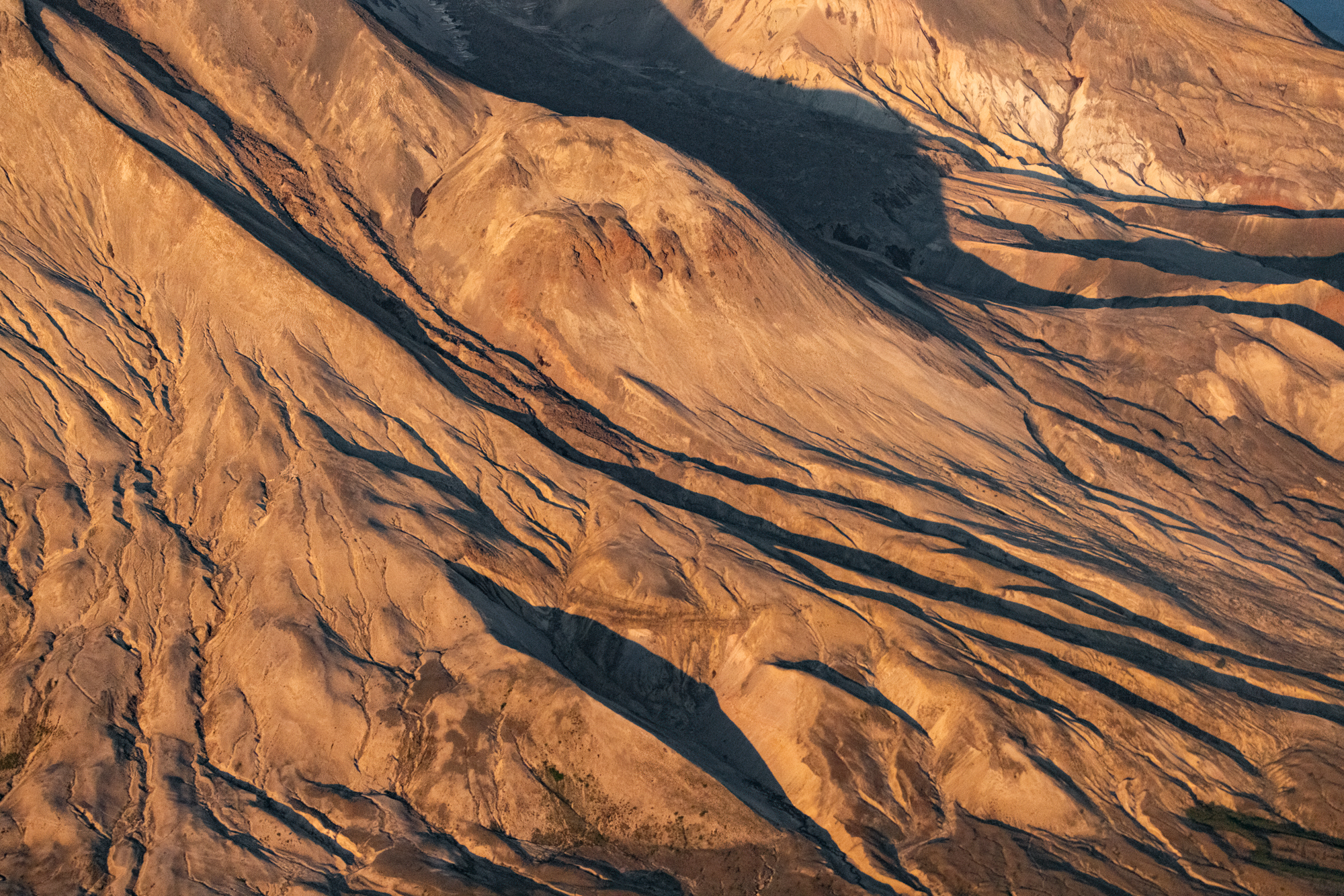
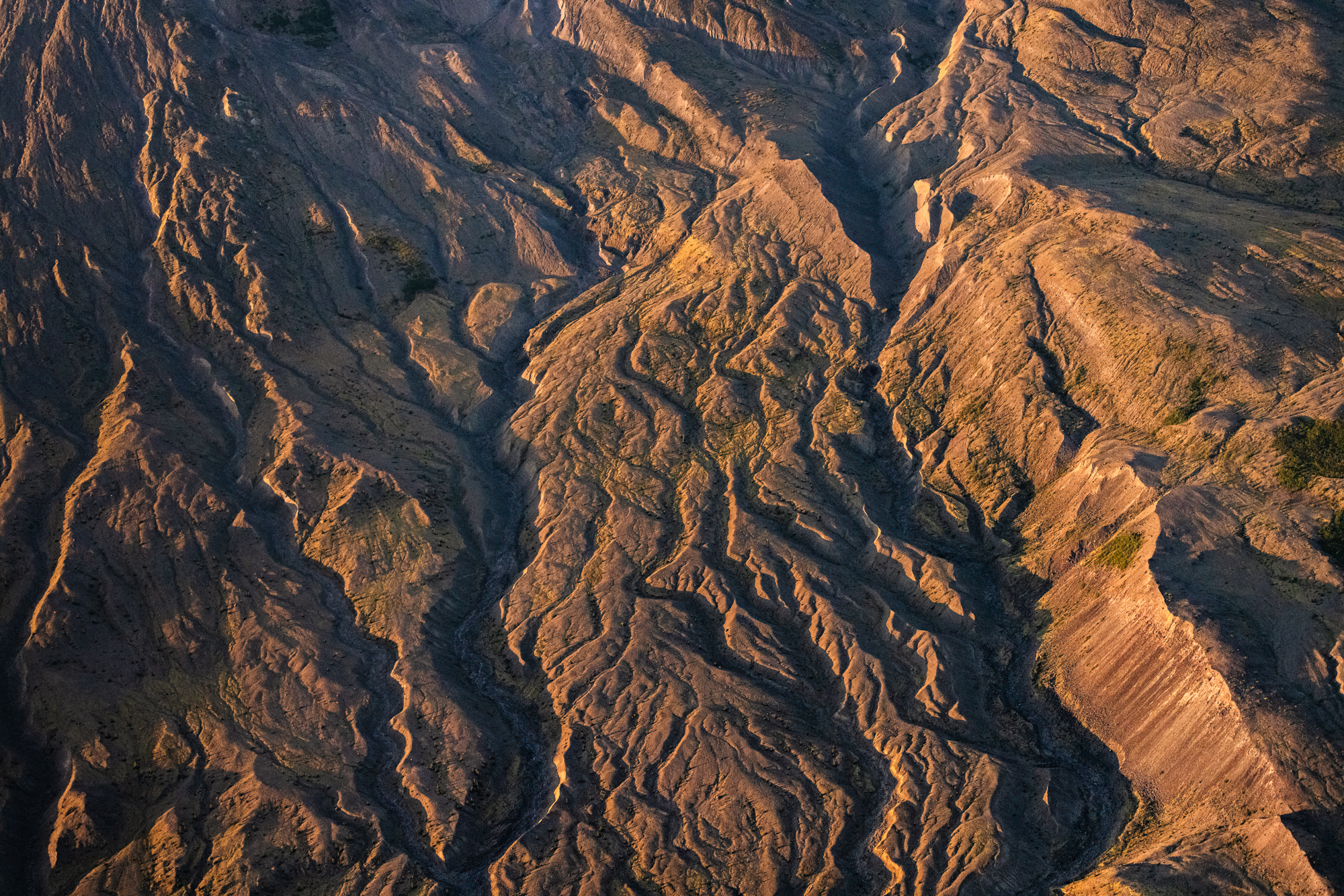
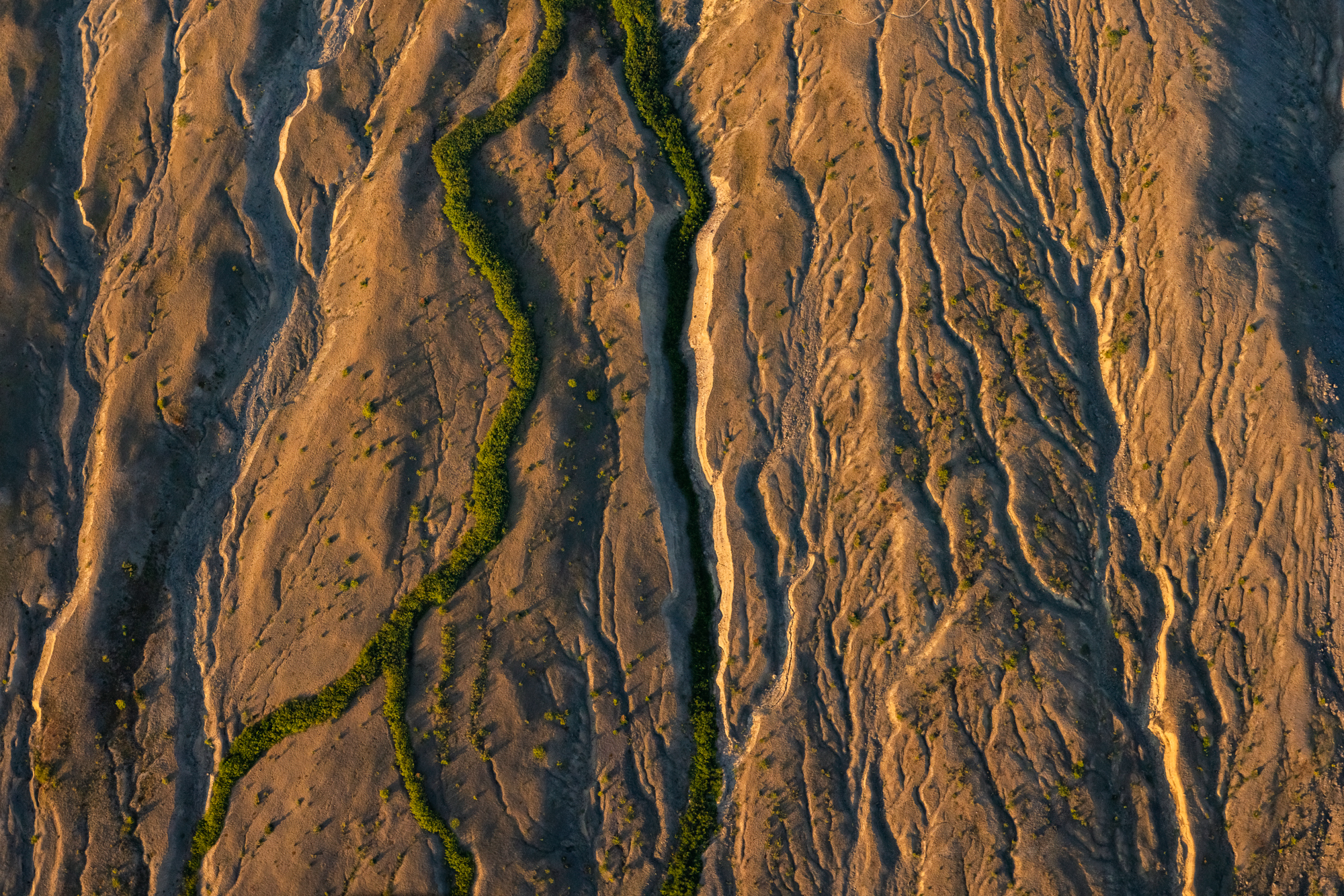
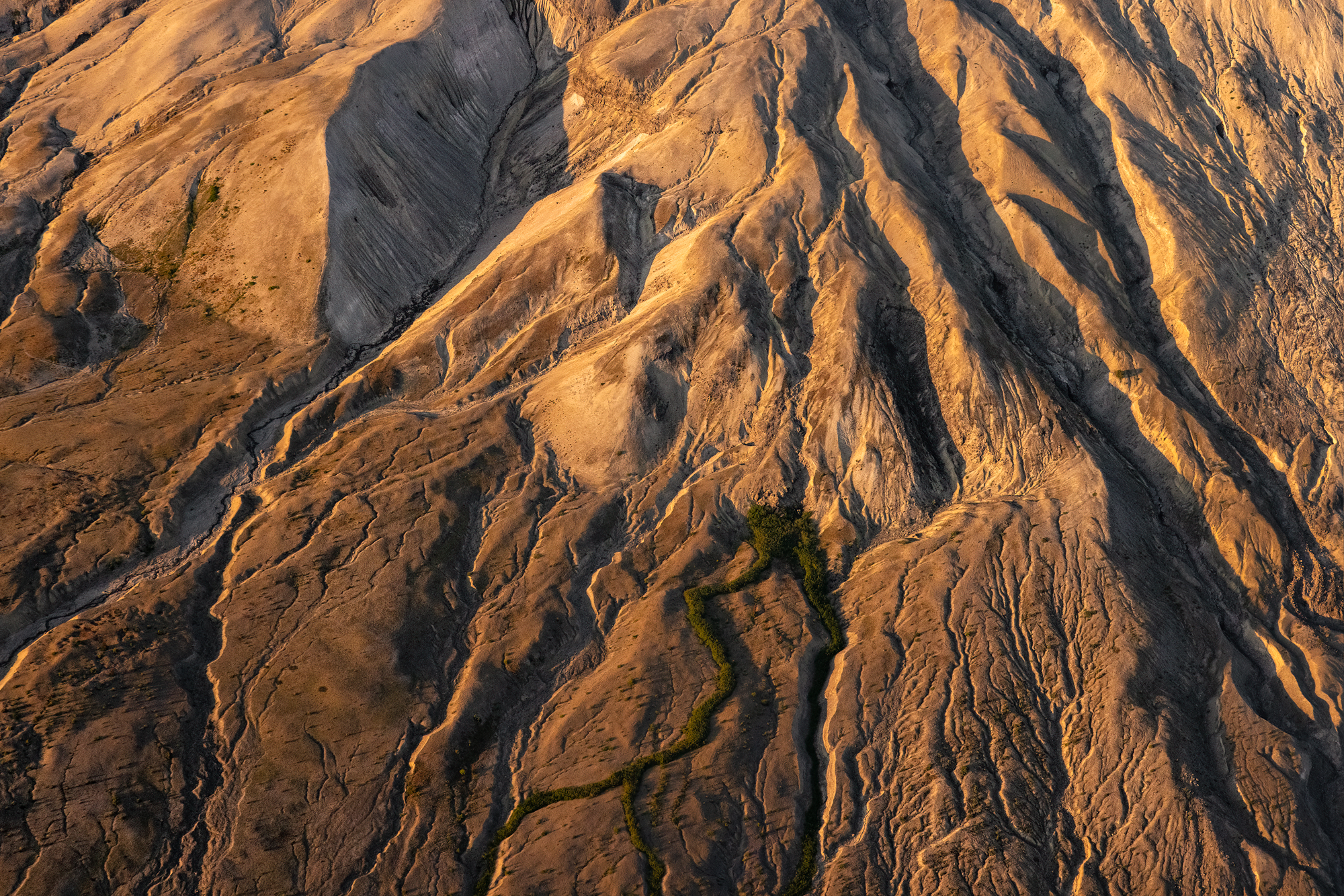
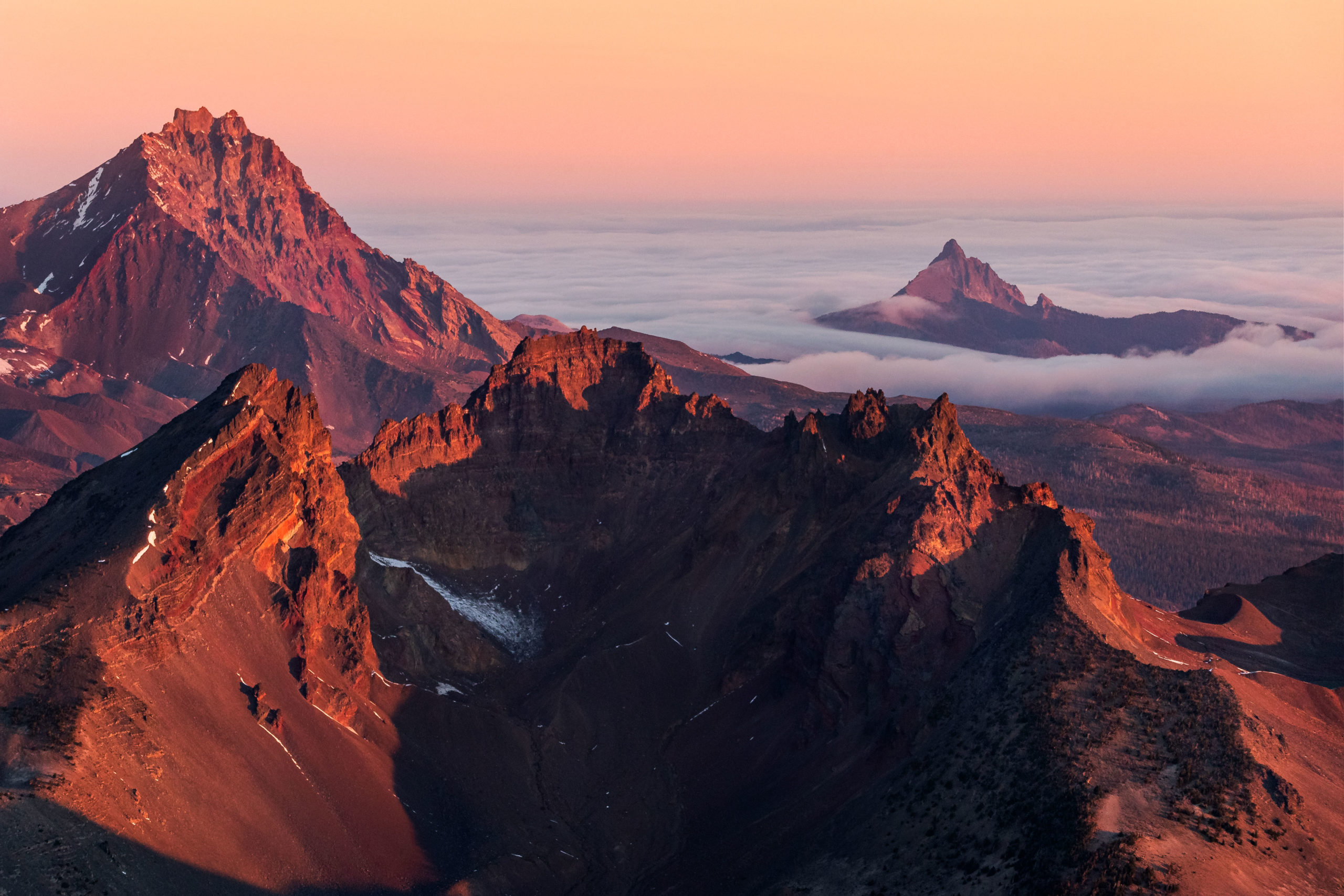
Related Aerial Photography Post:
Above Oregon's Central Cascades
View a collection of aerial landscape photography captured from a small aircraft over Broken Top Mt, Three Finger Jack, Mt Jefferson, Mt Washington and the Sisters mountains.
Related Aerial Photography Post:
Above Mt Hood, Oregon
View a collection of aerial landscape photography images of Oregon’s Mount Hood during sunset.
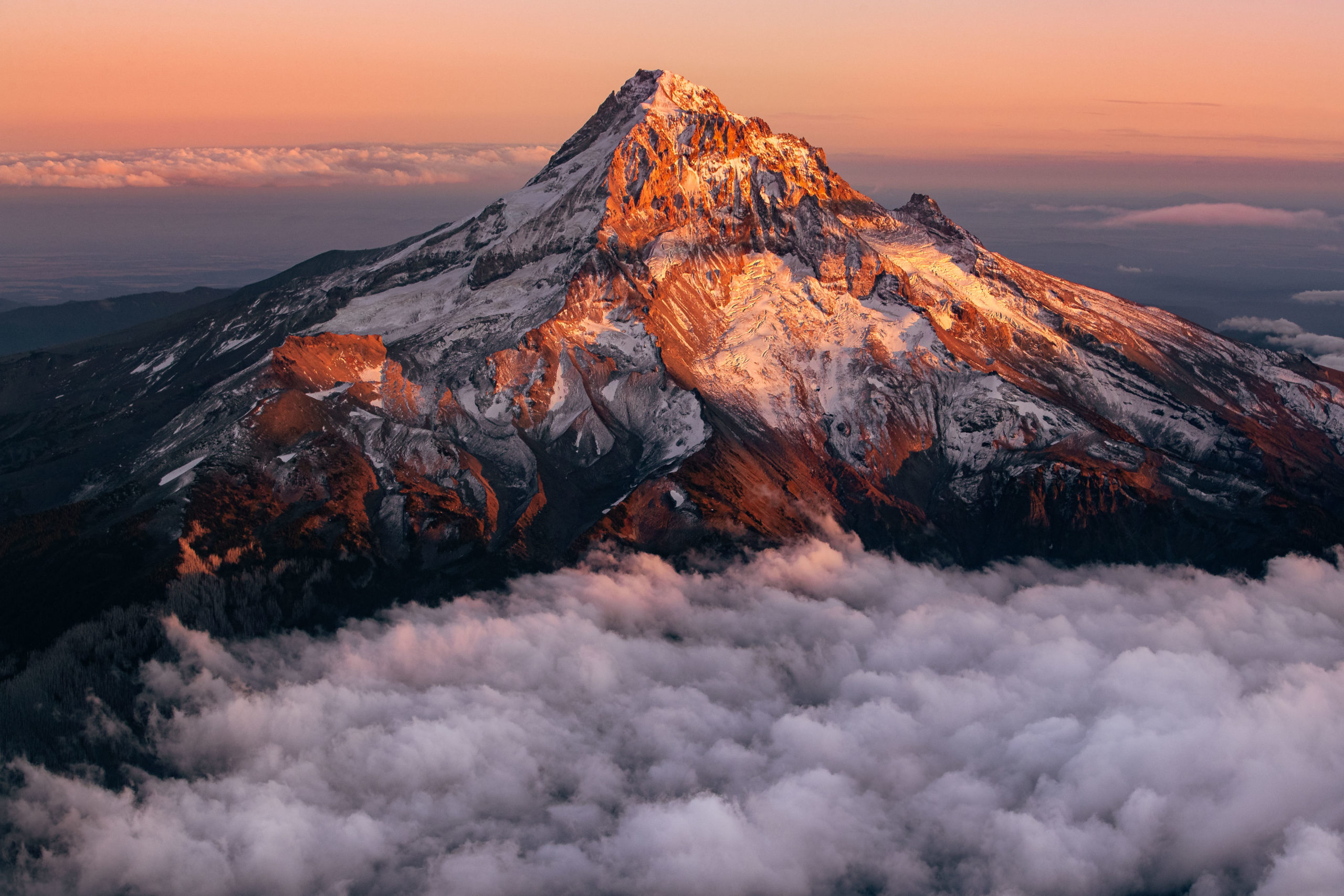

Related Aerial Photography Post:
Aerial Photography: The High-Lights
View Andrew Studer’s complete collection of aerial photography captured from drones, airplanes and helicopters all around the world.
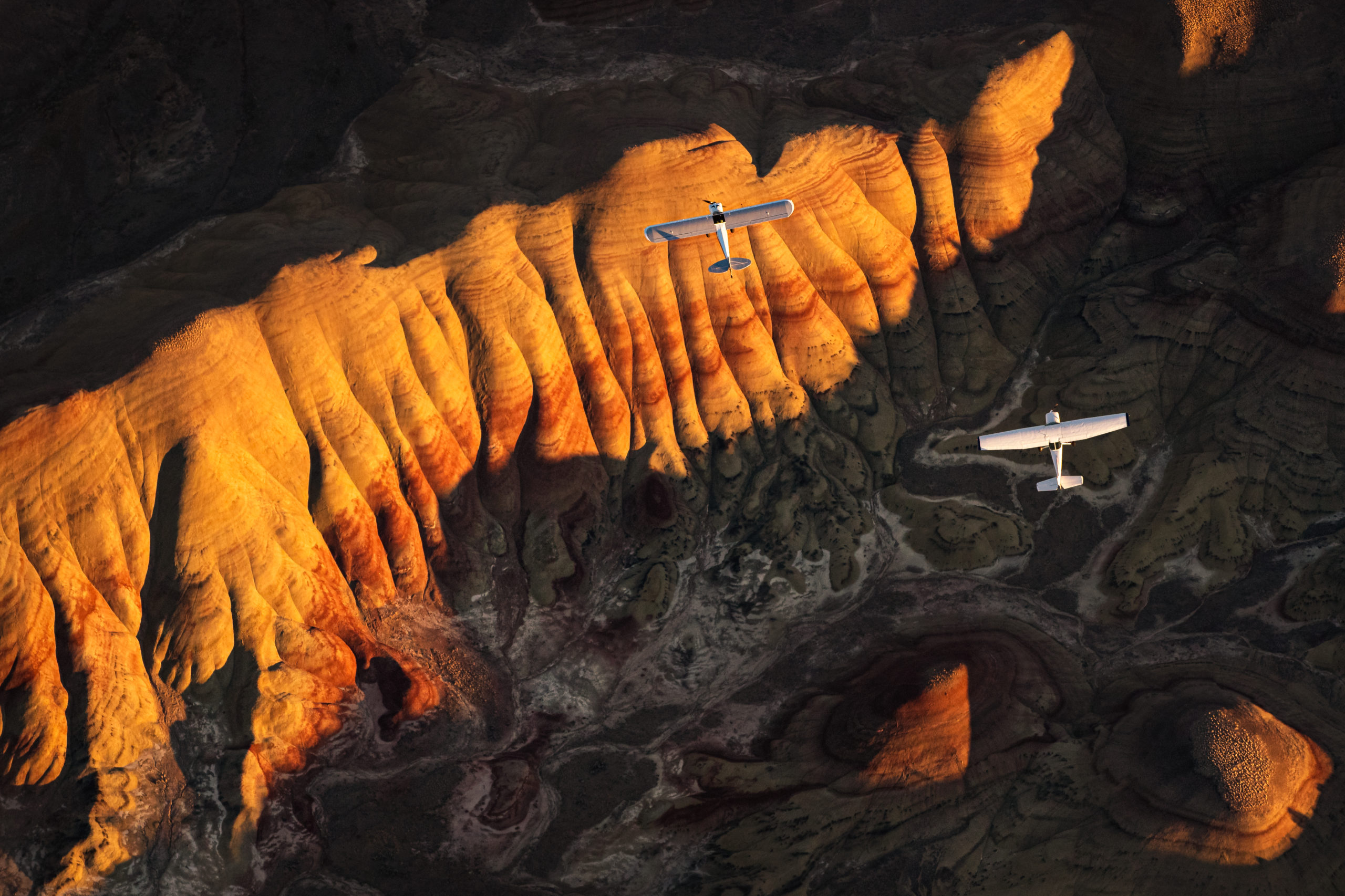
Related Aerial Photography Post:
Aviation Photography Over Oregon
Andrew and a team of pilots set out to capture an image of two airplanes flying over Oregon’s Painted Hills. View a gallery of images and watch a ‘behind the scenes’ documentary covering the photoshoot.
Capturing a Glacier Timelapse Behind the Scenes of Nat Geo's 'America the Beautiful'
In the Spring of 2020, I had the opportunity of joining Wildstar Films and their production for National Geographic’s ‘America the Beautiful’ on Disney Plus. This marked my beginning in the world Natural History television production. It felt like a dream come true to be a part of! After a few months of capturing fog timelapse footage in the Pacific Northwest, a new assignment arose.
Towards the end of summer, joined my good friend Nick Grier (Cascade Camera Works) on Mount Baker’s Coleman Glacier capturing timelapse footage of subglacial movement over the course of two weeks.
Now, over two years later I look back on it still as one of my all time favorite projects and am excited to share some of the behind the scenes from this leg of production.

The landscapes in the distance surrounding our camp were incredible! I captured these images of waterfalls fed by meltwater from Coleman Glacier with a backup camera and telephoto lens that was not in use during a beautiful sunset.
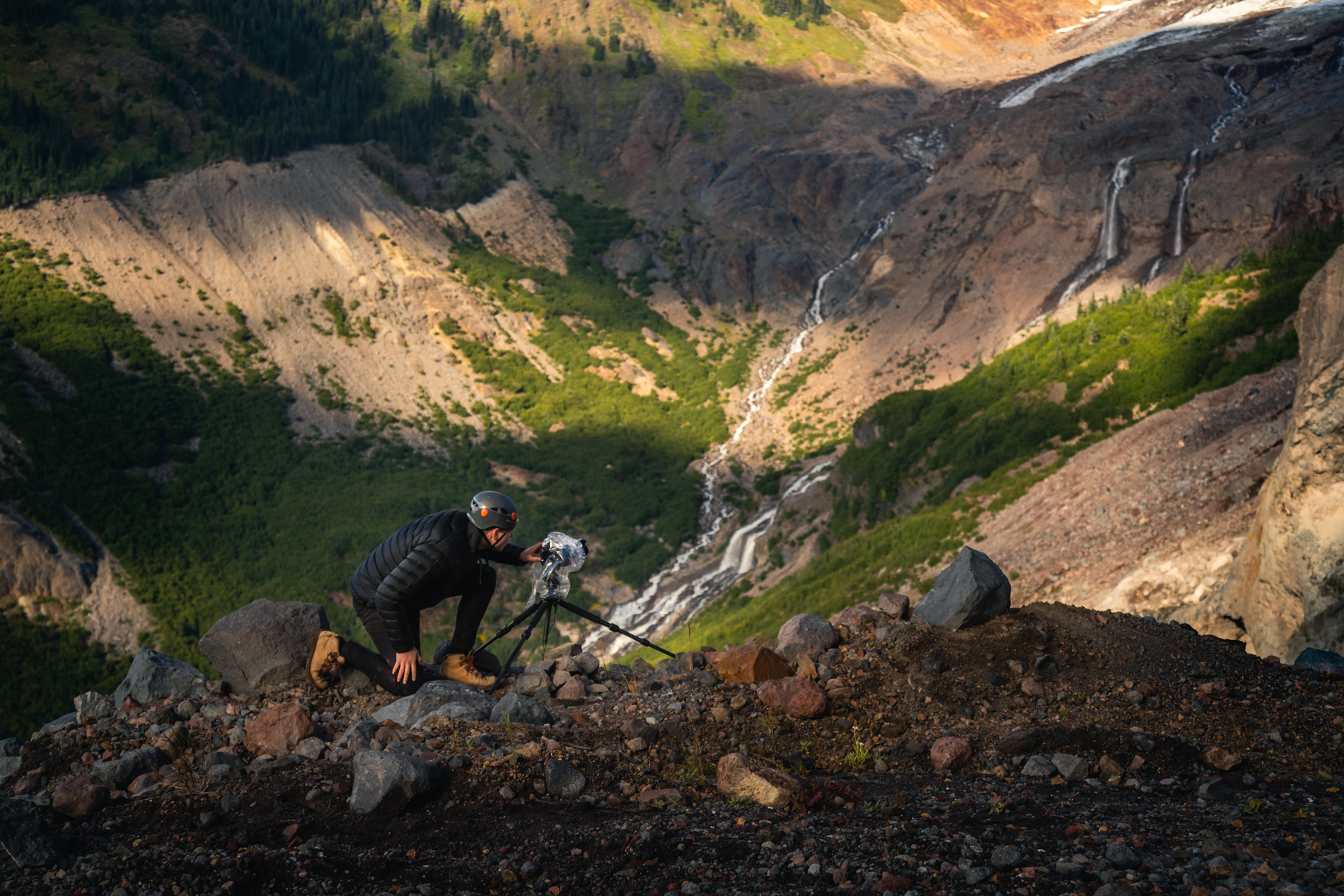
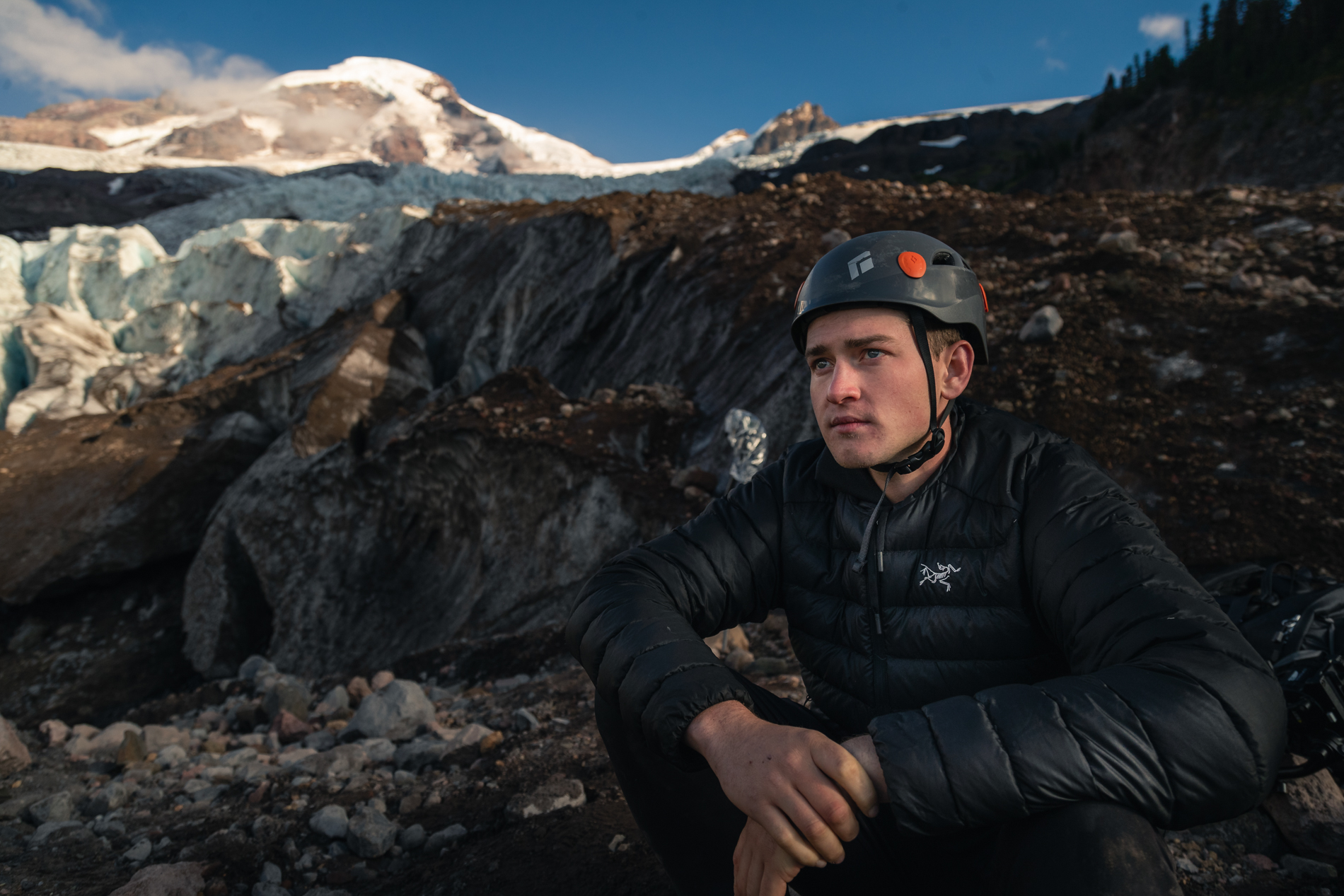
Antarctica Photography Gallery
Towards the end of 2021, I had the privilege of joining Lindblad Expedition’s voyage to Antarctica, South Georgia and the Falkland Islands. To make the journey even more eventful, Lindblad planned to have their ship the ‘National Geographic Endurance’ be within the path of totality in Antarctica during the total solar eclipse of 2021. All in all, it seemed like a phenomenal experience and the thought of possibly seeing a second total solar eclipse (weather permitting) was an absolute dream.
The following is a collection of some of my favorite landscape and wildlife photography shot while on Lindblad’s National Geographic Endurance over the course of three weeks.
We began our journey on the southern tip of South America leaving Ushuaia, Argentina and spent two days crossing the Drake Passage into the Antarctic Peninsula.
From the moment land was within sight, I could tell that Antarctica was not the flat, icy abyss that I grew up believing it was. I spent so much of my time outside on deck photographing the distant mountain ranges and icebergs as we made our way to various landing sights.
The goal with my photography has always been for the viewers of my work to feel a strong sense of admiration for the planet. I feel like most people picture Antarctica to be a flat sheet of ice and so to be able to share its dramatic mountains has been an incredible opportunity for me to further my mission.
I particularly enjoyed using my telephoto lens to focus on specific peaks and ridge-lines off in the distance. Even with just a short amount of time sailing, I found the various layers of the landscape began to shift and align with elements even further in the background. Needless to say, I spent quite a lot of time focusing on landscape photography from the deck.
During our various landings on the Antarctic Peninsula, we were able to see many small colonies of adelie and gentoo penguins. My favorite was photographing the penguins as they swam.
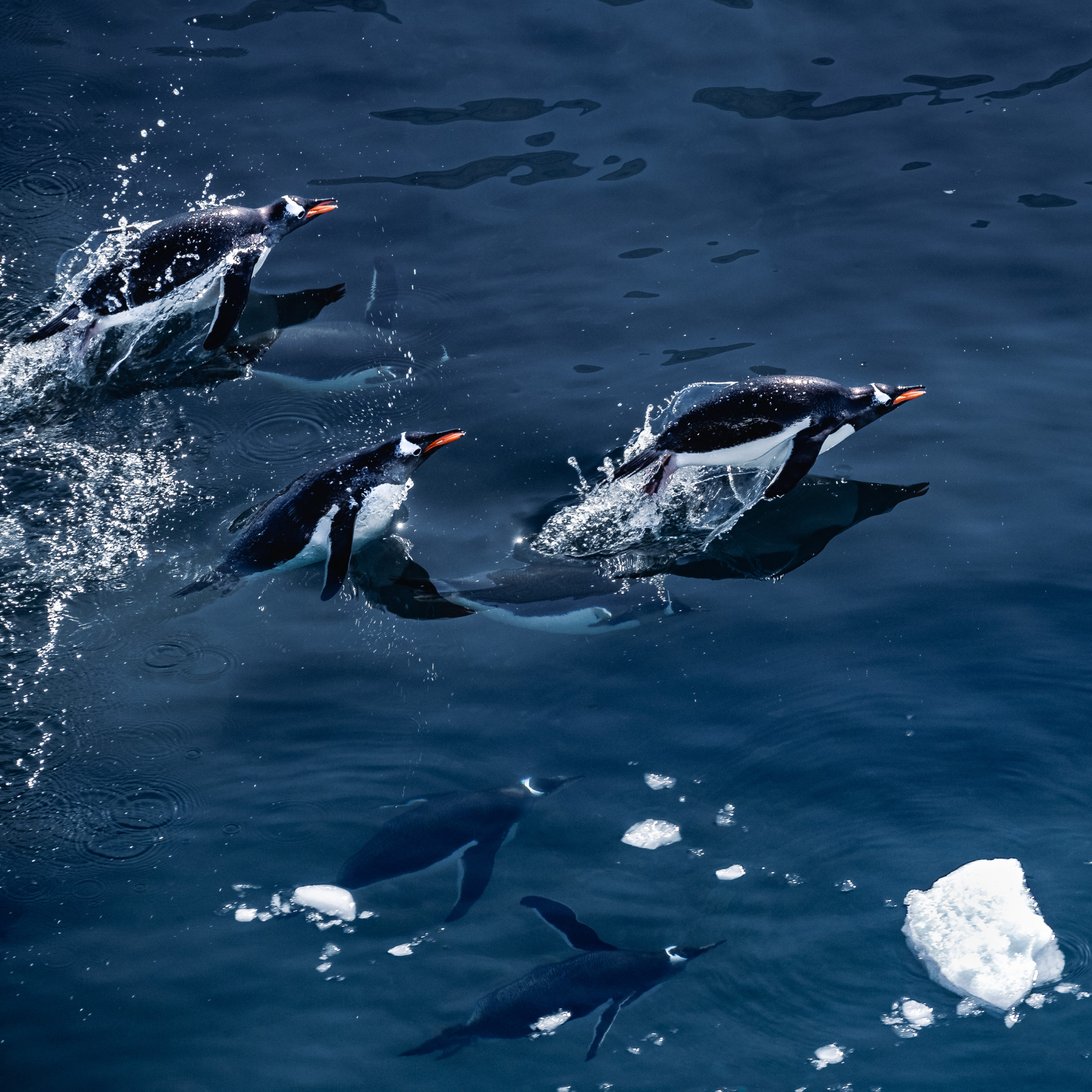
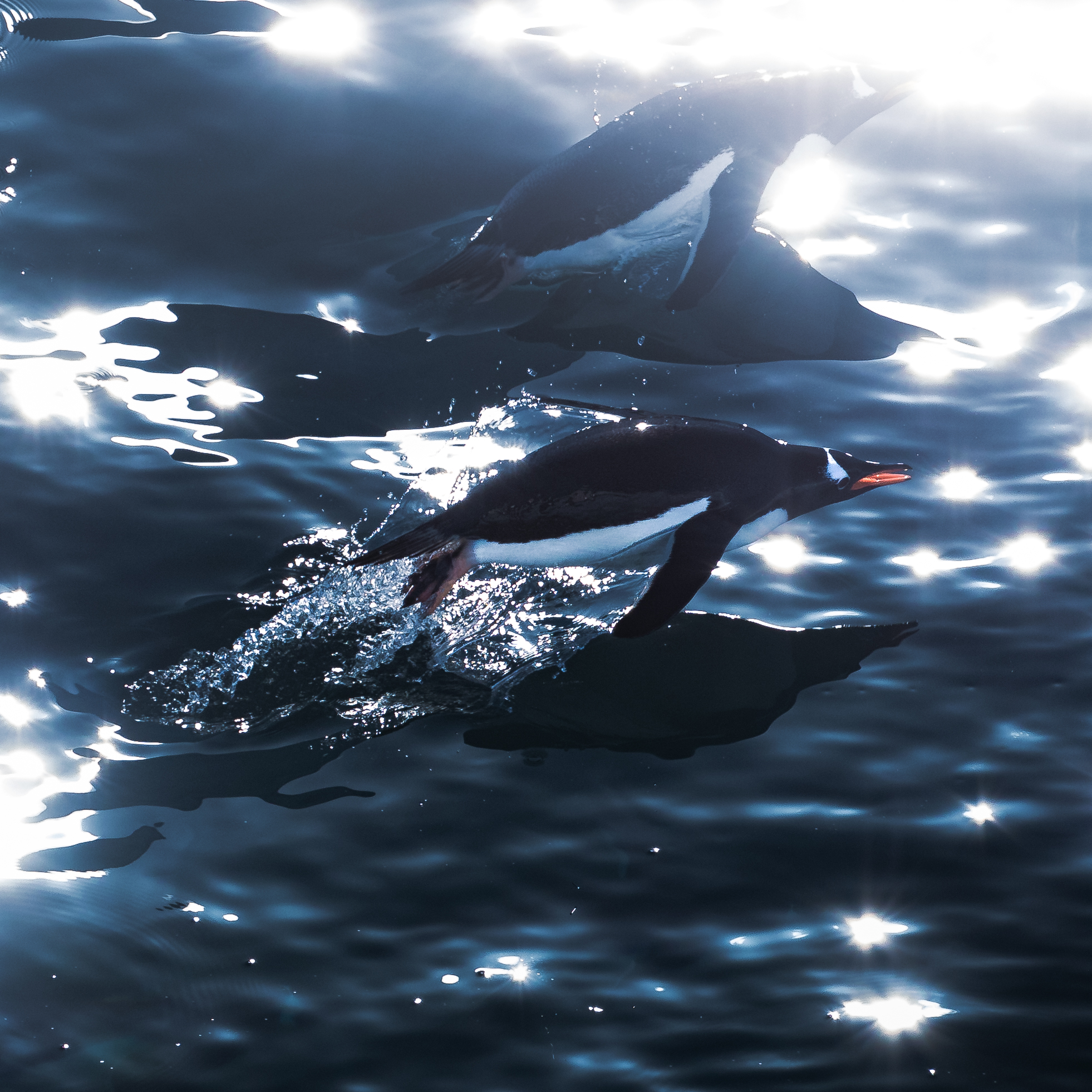
We proceeded to sail through the Scotia Sea from the South Orkney Islands towards South Georgia Island. After a week at sea with many landings and sleepless nights with 3:00AM sunrises, It felt good to have a bit of down time to relax on the ship and learn from Lindblad’s onboard naturalists. The next morning, we woke up to the most incredible view of South Georgia island’s mountains in the distance.
After a short zodiac ride, we stepped foot onto the shore of Gold Harbor, sharing the beach with countless king penguins and elephant seals. It didn’t take long for me to realize that this island paradise thriving with wildlife just might be the most beautiful place I will ever have the privilege of visiting.
The elephant seal pups were so fun to photograph! I loved how expressive they were as they rested on the beach amongst the king penguins. Surprisingly, I didn’t find myself taking quite as many photos as I might have in the past at a place like this. I really enjoyed observing them interact with the penguins and flop around.
The next day we took the zodiacs ashore to visit an even larger king penguin colony on South Georgia’s eastern side. After a short walk down the beach and a little further inland up into the hills, we made it to the colony. The view that followed was truly overwhelming.
It might be clear that I’m an extremely visual person and not much of a writer so I understand that what I’m about to say might not carry too much weight but it’s hard to describe what it was like to see a colony of this size for the first time. To be perfectly honest, I think that the past six years as a nature photographer I have grown somewhat used to incredible views. While I like to think I have an immense admiration for the world and can’t say I ever find myself feeling ‘jaded’ I realized that what I was saw was completely unlike anything I have seen before or expected to see on this expedition.
The adult king penguins densely packed in with their chicks known as ‘Oakum boys’ felt so alien-like. The surrounding landscape seemed to be transformed into an alien planet as it was completely filled with penguins as far as the eye could see.
The king penguin colonies we saw on South Georgia ended up tying in perfectly with my ongoing passion project ‘Space to Roam‘ which features an astronaut exploring the ‘otherworldly’ on planet Earth. My girlfriend, Bailey joined me for the trip and wore the suit. With not much time ashore and wanting to take some time without the cameras, I quickly captured a few images of her wearing the astronaut suit with the alien-like colony behind her.
Leaving this colony on South Georgia Island was particularly difficult but incoming strong winds and a tight schedule pushed us to head back to the zodiacs and return to the National Geographic Endurance. Thankfully, the time spent transiting to various parts of the island for hiking and other sightseeing was constantly full of stunning views.
Later in the evening, more and more lenticular clouds had formed overhead and began catching beautiful warm color as the sun set. Watching the pancake stack-like clouds glow red above the dramatic mountain range made for one of the most unforgettable evenings ever.
This incredible sunset was the perfect way to wrap up our time on South Georgia Island as we sailed west through the Scotia sea towards the Falkland Islands and in search of clear skies for the total solar eclipse. The next two days would be spent at sea with our excitement levels growing for the eclipse.
After a night of researching weather maps, the captain and crew steered the National Geographic Endurance into a clear patch of sky for the highlight of the week. We woke up early at 4:00 am to see the total solar eclipse. At first, we had our hopes up because of the clear sky as dawn lightened. However, a cloud bank approached us, threatened our hoped-for view of the eclipse at sunrise. So, the ship turned around and started cruising away from the clouds. Then it happened: the sun rose at sunrise during the total solar eclipse!
At first, we saw a crescent-shaped sun rise since the sun was mostly blocked by the moon’s shadow.
Within just a few short minutes, the moon began to block even more of the sun and before we knew it, totality had begun! Seeing the warm orange glow of the sunlight flare out from behind the moon was such an incredible sight. I shot a few photos but proceeded to enjoy the next minute of totality without a camera in my face like back when I photographed a rock climber within the 2017 total solar eclipse.
As it turns out, we may have been some of only three hundred or so people on earth to have witnessed the total solar eclipse of 2021 because of how cloudy most areas were.
I feel so fortunate to have seen totality for the second time and owe it all to eclipse chaser Jay Andersen and the captain and crew of the National Geographic Endurance for putting us where we needed to be in order to see it without clouds impeding on our view. As you can see from the image above, it was quite cloudy out throughout the path of totality but thanks to careful planning and a decent amount of luck, we were able to make our way into a spot with a sliver of clear sky on the horizon to witness totality. Moments after totality occurred, the sun gradually disappeared yet again but this time into the cloud layer that was just above the horizon.
Energy running high after witnessing the total solar eclipse, we spent the rest of the day at sea as we sailed for the Falkland islands: an island paradise of southern rockhopper penguins, Magellanic penguins and albatross colonies.
We did several landings to see the various colonies but my favorite from the Falklands was visiting Steeple Jason Island, home to the largest colony of black-browed albatross on earth with over 180,000 mating pairs calling it home.
I spent some time photographing the black-browed albatross return to their nests. It was incredible to watch them in action and hear a ‘whoosh’ as they flew in to land.
I also enjoyed capturing penguins as they returned ashore from being out in the ocean. I loved the way they awkwardly transitioned from swimming to walking, splashing about.
I think I speak for everyone on our voyage when I say that we went into it thinking that the total solar eclipse would be the highlight of what we would see. When I made it home and really took the time to reflect on the past three weeks, I found that the journey consisted of so many more ‘moments of totality’ than the actual total solar eclipse itself….moments I feel so incredibly grateful to have experienced.
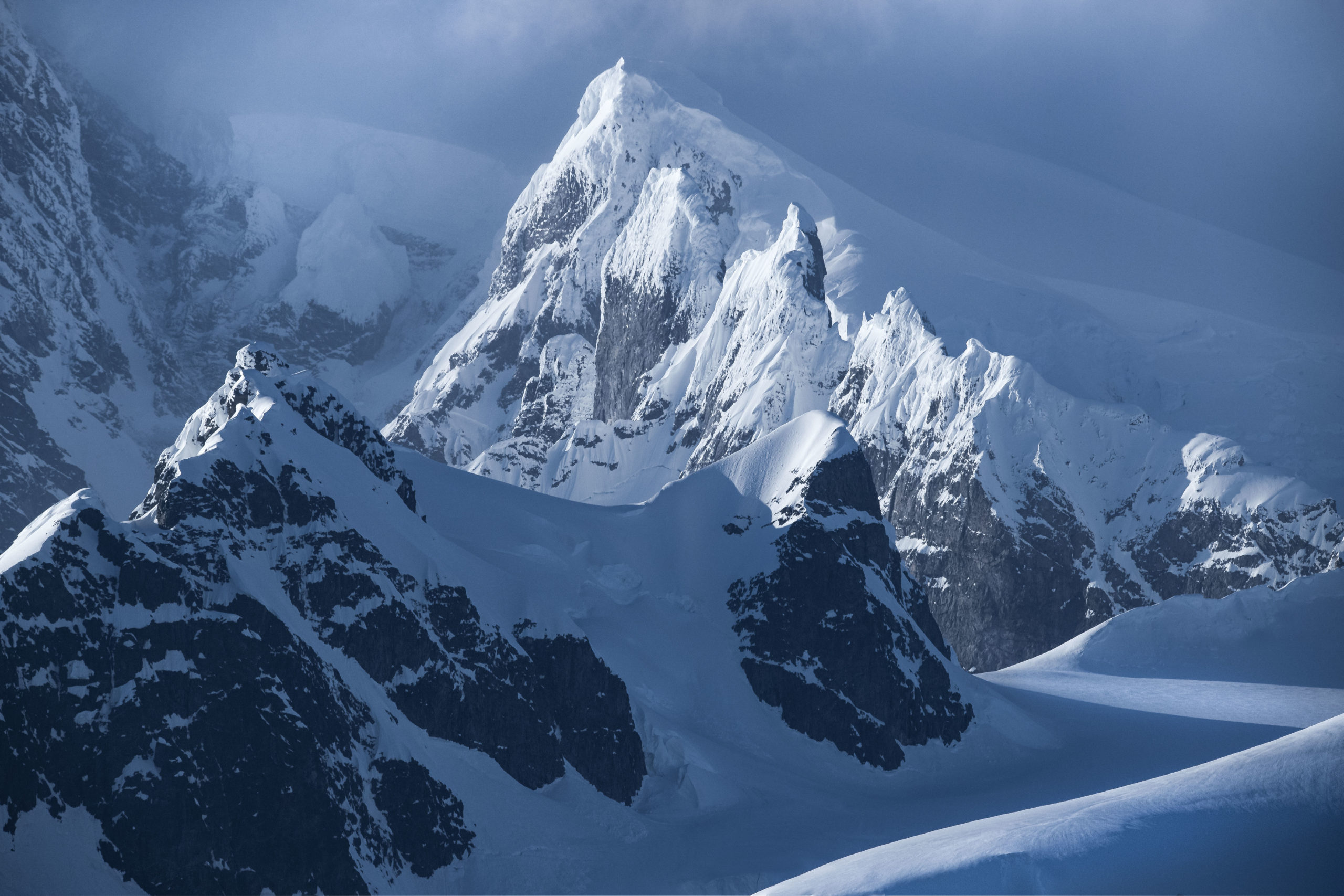
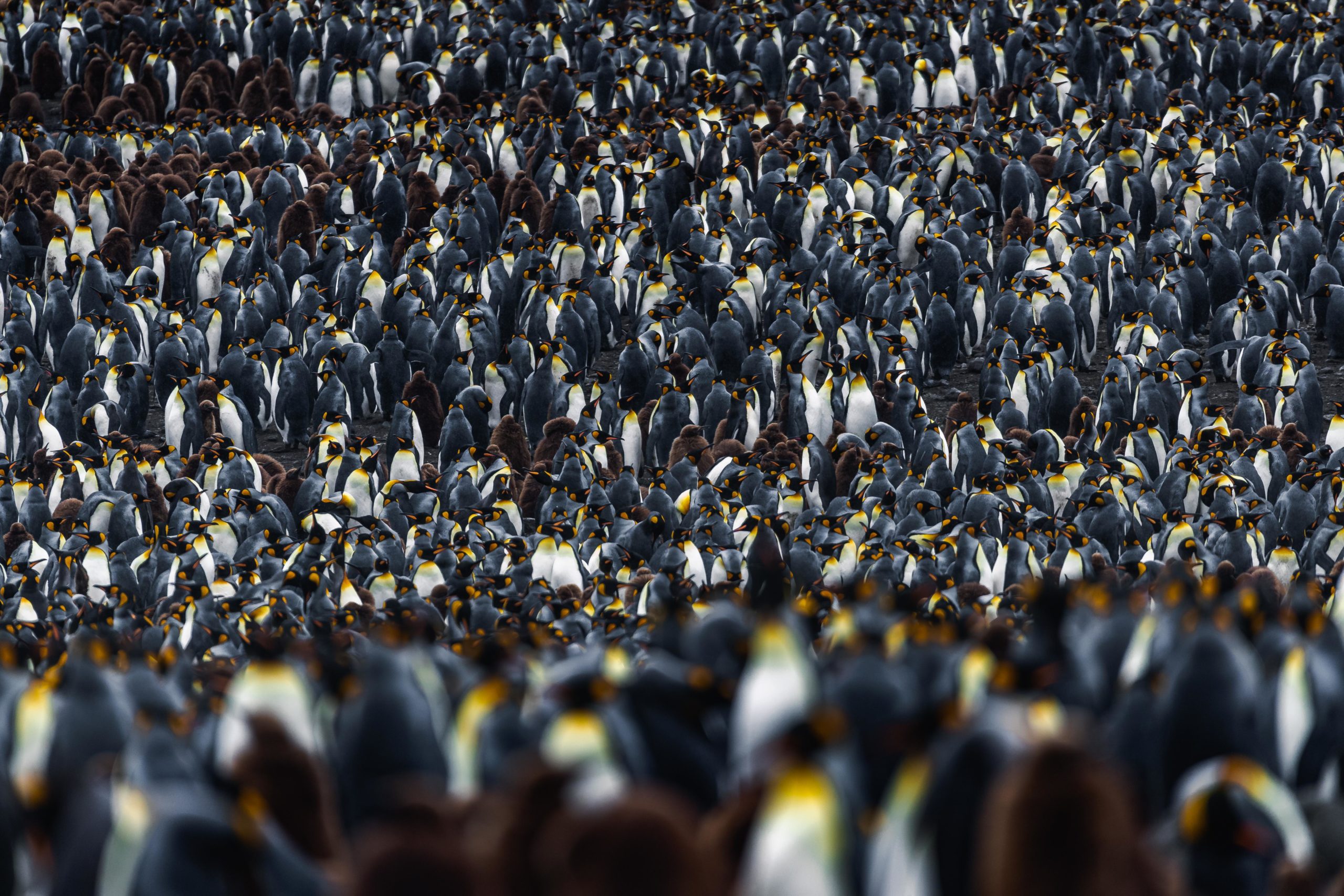
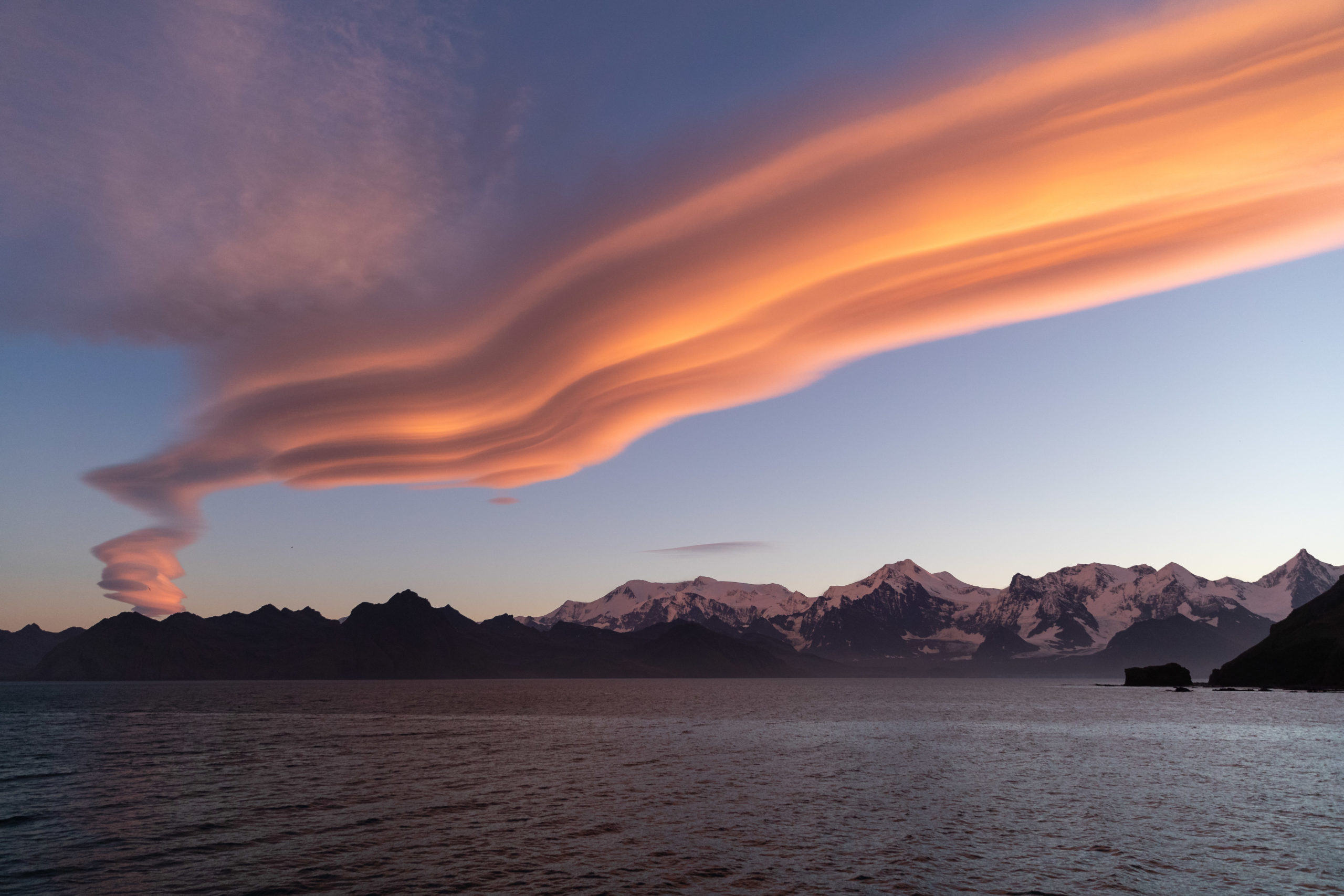
When all was said and done, seeing mountain peaks towering above an ocean filled with icebergs, a colony of over 150,000 king penguins packed together and a sky filled with colorful lenticular clouds at sunset over the mountains were my ‘moments of totality’ and grew my admiration for our beautiful planet even more.
Abstract Landscape Photography
Whether viewing from high above in an airplane or up close with a macro lens, beautiful abstract patterns are found everywhere within landscape photography. One of my favorite ‘techniques’ or ‘exercises’ to keep inspired and in a creative headspace is to keep an eye out for visually abstract patterns while I am photographing in nature. It has become a fun way to challenge myself creatively and push myself to capture what I feel are unique images.
These two abstract images of a large king penguin colony on South Georgia Island were completely unexpected. I shot these using a telephoto lens to compress the penguins together and let the repetition in their bodies be the abstract pattern.
One of my favorite abstract landscape photography images I’ve shot is of Iceland’s glacial streams from high above in an airplane. As the glacial melt flows out into various streams, they become braided and create the most intricate patterns I’ve ever seen. Several years after photographing the glacial streams in Iceland, I shot a closeup photo of a bear’s fur. I like sharing these images side by side because to me, they have a very similar pattern and the bear’s fur is hard to recognize at first.
Central Oregon Mountains Aerial Photography
After a successful aerial landscape photography photoshoot on Mount Hood at sunset, we flew east towards Central Oregon with plans to photograph the Cascade Mountain Range at sunrise.
Over the years, I have spent a fair amount of time exploring and photographing the beautiful mountains near Bend, Oregon. Some of my favorite memories over the past few summers were made adventuring throughout the Three Sisters Mountain Range, Broken Top, Three Finger Jack, Mt Washington as well as Mount Jefferson.
Seeing these mountains from above was truly a dream come true and helped me to fully appreciate more of the rugged wilderness that I’ve yet to explore on foot.
As we approached the mountain range, the pink band of the earth’s shadow began to appear and slowly reach the horizon marking the start of sunrise. I shot this wide aerial image of Broken Top Mountain in front of the Sisters Range with Mount Washington and Three Finger Jack in the distance. It’s incredible how many mountains fit into a single frame. After photographing this wide image, I quickly realized that using a telephoto lens and compressing the mountains together would be my preferred method for this shoot.
Shortly after putting on my 600mm lens, I realized that capturing closeups of the various mountains in front of each-other was something I had not seen done before. I was filled with inspiration to showcase the jagged peaks with other mountains in the distance.
As the sun began to rise. we flew towards Broken Top Mountain’s western face and I noticed the sunlight striking the mountain particularly well. The light from the rising sun interacted with the orange and red striations on the mountain’s jagged peaks.
One of my favorite aspects of using a telephoto lens while on an aerial shoot is that you don’t need to move far to get a vastly different image. From a zoomed in perspective, foreground subject mountain stays relatively consistent while the background mountains 20-75 miles away quickly change and align themselves at a fast rate.
It was incredible to see how different the mountain looked from each perspective and how quickly our view changed as we flew.
Although I wish I shot it earlier in the morning with better light, I was pleased with this aerial image of the Sisters Mountain Range with Mount Washington and Mount Hood in the distance.
For me, the beauty of Central Oregon is told in this image. Here we see Belknap Crater, Mount Washington, Three Finger Jack, Mount Jefferson, Mount Hood and even Washington’s Mount Adams rising above the clouds all in one frame. This image also illustrates what is known as the ‘rain shadow’ effect where moist air comes in from the west and becomes blocked by the mountain range. It is what causes the dry and arid climate east of the Cascade mountains.
As the sunlight gradually became brighter and more direct, my eye went to photographing the light moving through the foggy forests below. I loved the way the forests looked as sunlight broke through the trees and created some stunning light beam effects.
We also flew over Central Oregon’s Sparks Lake which had dried up after a long, hot summer. The lack of water at Sparks Lake exposed these gorgeous patterns and it looked stunning from above!
With the light becoming less ideal for photography, we began to make our way back west and into Portland. As we flew away from the Central Cascade Mountain range, I was able to capture a few additional aerial photographs of the mountains.
Mount Hood Aerial Photography Collection
The day before photographing this collection, I was on Mount Hood putting together a similar aerial landscape photography gallery.
Mt Hood Sunset Aerial Photography
While on Assignment for Qatar Museum’s Year Of Culture, I had the opportunity to photograph this collection of aerial images featuring Oregon’s Mount Hood. Accompanying me on this flight was my go-to and trusted pilot, Christian Walker as well as my good friend and Qatari counterpart for the Year of Culture photo assignment, Khalifa.
The following images are a small portion of what was created for a collaborative gallery between myself and Khalifa called “Light & Shadow: A Visual Journey Through Oregon” which is currently on display at the Qatar Institute of Culture in Washington DC. Special thanks to photographer Michael Shainblum for curating the gallery and for producing!
Our first photography flight was out to Oregon’s Mount Hood in the early evening. Once we took off and reached a higher altitude, we were finally able to see the mountain that was masked in clouds below. I started the shoot off by using a telephoto lens to focus on various portions of the mountain. I liked how doing this made my images appear to be more abstract and harder to recognize.
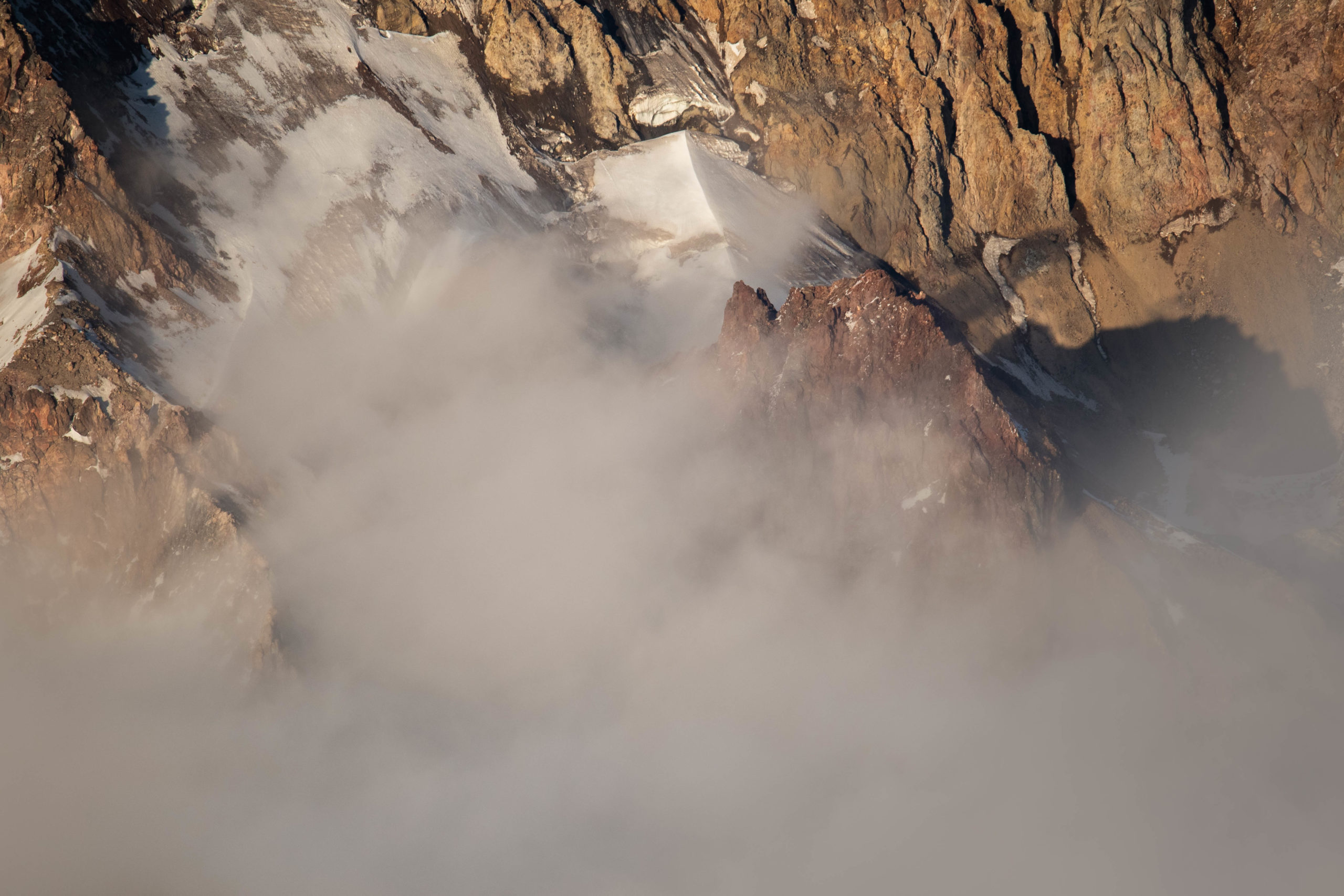
I also noticed Mount Hood’s Sandy Glacier through the clouds as it was catching some beautiful light from the setting sun. We moved closer to the mountain so we could photograph looking down on the glacier. I enjoyed photographing these telephoto closeups of the glacier’s jagged and abstract patterns. Having a birds eye view aerial perspective was a really special way to view the glacier as well as photograph it!
Time seemed to move so fast. Even though we had already been up for about an hour and a half, the sun began to set and the final moments of golden sunlight on Mount Hood was stunning. Paired with the low clouds hugging the base of the mountain, the remaining images of this flight were some of my favorite aerial photographs of the mountain I have ever taken!
The light quickly faded and we made our way east towards Central Oregon to focus on photographing the Central Cascade mountains at sunrise the following morning.
The Untamed Coast - (Oregon Coast Aerial Drone Film)
- Home
- Archive by Category "Outdoor"
From the massive forested seastacks in the south to the dramatic cliffsides in the north, The Oregon Coast still maintains several stretches of coastline that give off a rugged and ‘untamed’ feeling. I shot this aerial film over the course of several roadtrips out to the Oregon Coast with my drone in hopes of sharing its raw beauty and how I interpret its dynamic landscapes. Thanks so much for watching! I really hope you enjoy the film and see why I find this relatively small stretch of coastline so compelling!
Aviation Photography Over Oregon
Recently, I set off on a flight with the goal of capturing an image that combines the aviation experience with one of Oregon’s most beautiful and unique landscapes; the Painted Hills. From an aerial perspective, the intricate striations, colorful patterns and overall history of the Painted Hills and John Day Fossil Beds become so apparent. The yellow portion in the hills are from a drier and colder period in time while the soil found in the red bands is actually from a more tropical point in time. Thanks to a team effort with several talented pilots, and a whole lot of planning, I was able to capture the following collection of aerial images in camera with zero compositing or layer blending.
In partnership with Dell, this behind the scenes film was produced which documents how I was able to create this photoseries. I hope you enjoy the making of film!
We began the flight from Twin Oaks Airpark near Hillsborough, Oregon and flew east towards Central Oregon. Within thirty minutes or so from takeoff, we had beautiful views of the Cascade Mountain Range. Although the light wasn’t quite ideal, I shot the image below of pilot Brody Fry’s Carbon Cub plane with Mount Hood & Mount Jefferson in the background.
After another hour or so of flying we stopped for fuel fuel at an airport and met up with a third pilot who would join us over the hills. Shortly after, we were above the hills with evening light beautifully illuminating the colorful patterns & striations.
After several failed attempts and a short amount of time until the light would leave the hills, the lower two planes finally looked as though their flight path would align with the landscape from my perspective another thousand feet above. In less than a second, the two planes crossed over the hills and I had the shot.
Shortly after, the light had left the hills and we refocused our efforts for sunset photography of the two planes with Mount Jefferson, Mount Hood & the Sisters Mountain Range far off in the background.
To process these images, I used Adobe Lightroom on my Dell XPS 17 with NVIDIA Studios’ RTX 2060 Graphics Card. Although my editing process was very minimal, the overall speed and capabilities of this system are truly impressive. Use your mouse to slide and see a before & after view of my editing process below.
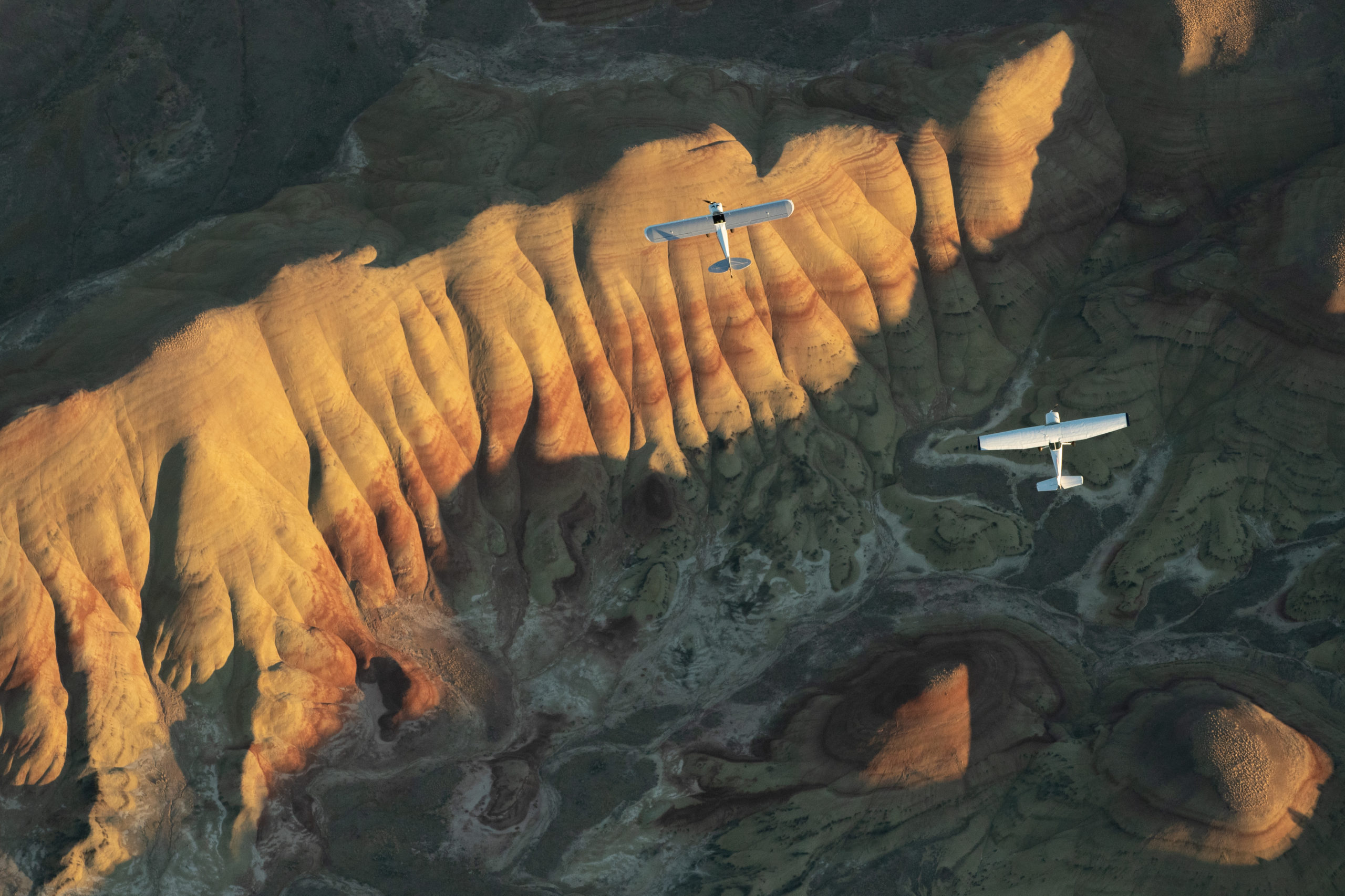

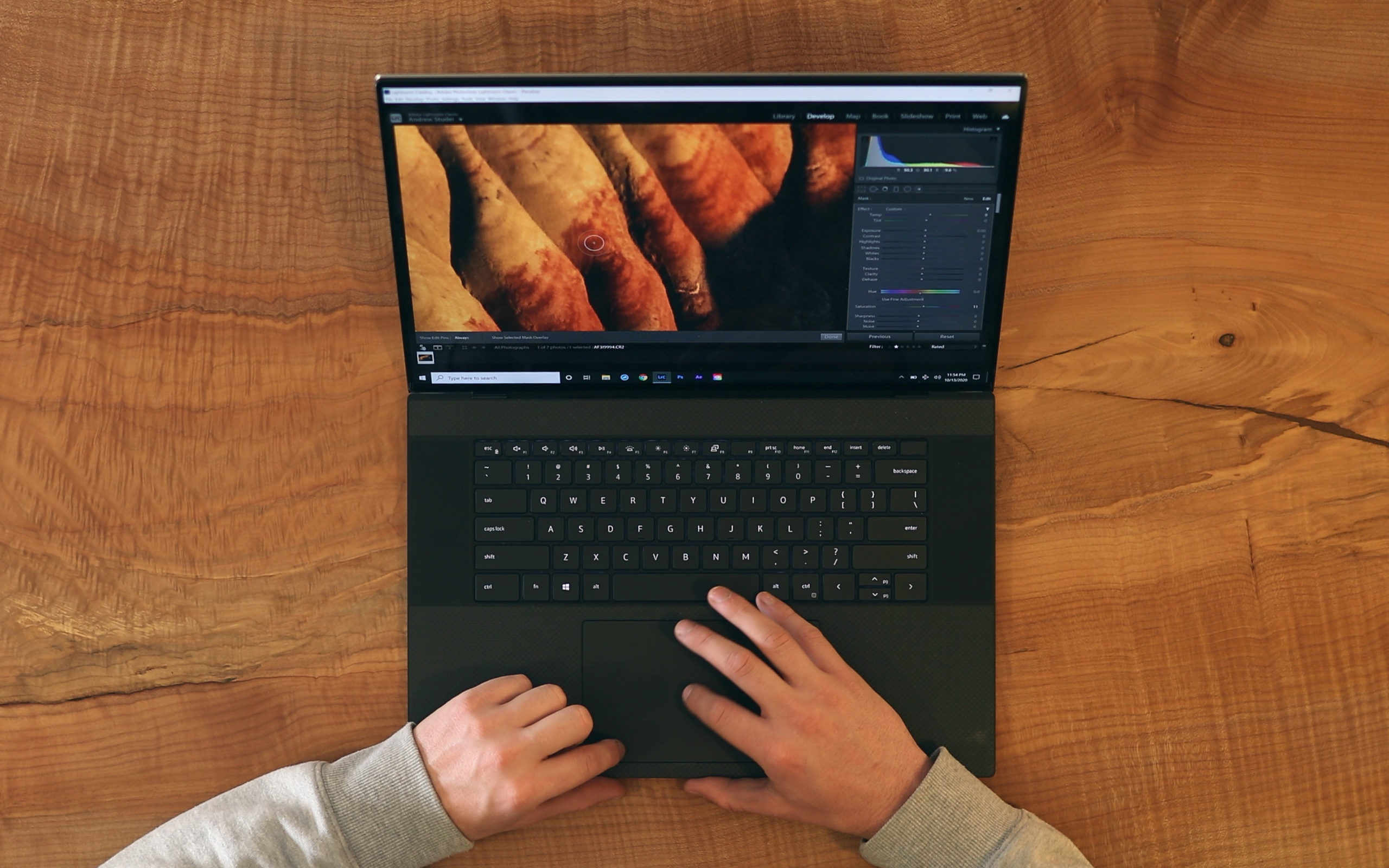
Street Photography in India
Just before returning home from Bhutan this past March, I made a personal stop in India. Somehow or another I got incredibly lucky as my project with MyBhutan wrapped up just as the famous Holi Festival of Colors had begun.
Now before I share the photo collection that I got from the Holi Festival, I wanted to post a quick collection of images that I shot in-between the festivities while roaming the ancient city streets of Mathura and Vrindavan. I hope you enjoy what I came up with!
While it was honestly somewhat overwhelming at first, I very quickly felt so at home amongst the chaotic hustle & bustle of the city. I spent so much time just wandering through the streets with no specific destination while occasionally stopping to shoot a handful of quick portraits. The people were always kind enough to pause for a moment while I photographed them although I felt like I was happier with the images that I shot candidly.
I also enjoyed photographing the monkeys that roamed the streets. Although they can be slightly aggressive, It was fun blending wildlife photography with street photography while observing how they lived closely amongst humans.
While I ended up spending most of my time shooting your average street photography // portraiture, I slowed down and spent a little bit of time trying to capture the fast pace and chaos of the streets. To do so, I used a slightly longer shutter speed to blur the motion of the background people and vehicles. In hindsight, I wish I spent more time shooting with this style but I know I’ll be back for another go at it once countries begin to reopen and it is safe again to travel.
Street photography is still very new to me but it has quickly become one of my favorite things to photograph. I felt like my time wandering through the streets of Mathura were full of so many amazing and different moments that it was sometimes hard to choose what to point my camera at.
Although it was a relatively short trip, I had an amazing time visiting India. The Holi Festival was incredible and I’m looking forward to sharing that image collection within the next couple weeks or so. Thanks for taking the time to check out this photoseries!
Holi Festival of Colors
My trip to India coincided with the Holi Festival of Colors. Photographing it was one of the most exciting things I had done in a while! I ended up capturing quite a few portraits and even some video footage during the celebrations in Vrindavan and Mathura. I captured the spirit of celebration and unity as locals adorned in vivid hues indulged in joyful revelry. From the intimate portraits revealing the genuine emotions of the participants to the dynamic action scenes pulsating with energy, my photographs paint a vivid picture of this captivating cultural extravaganza. Join me as we delve into the kaleidoscope of emotions and experiences, frozen in time, during this mesmerizing celebration of life and love. Not sure if anyone is actually reading this and it might be incredibly obvious….but I decided to try using chat GPT to add some text on this website because I’m a terrible writer.
Traditional Bhutanese Dancers
Over the past three years, I’ve been fortunate enough to make several trips out to Bhutan while working on assignment for MyBhutan. The following photo collection contains images that I’ve shot of the country’s various traditional dancers shot in Punakha Valley & Eastern Bhutan.
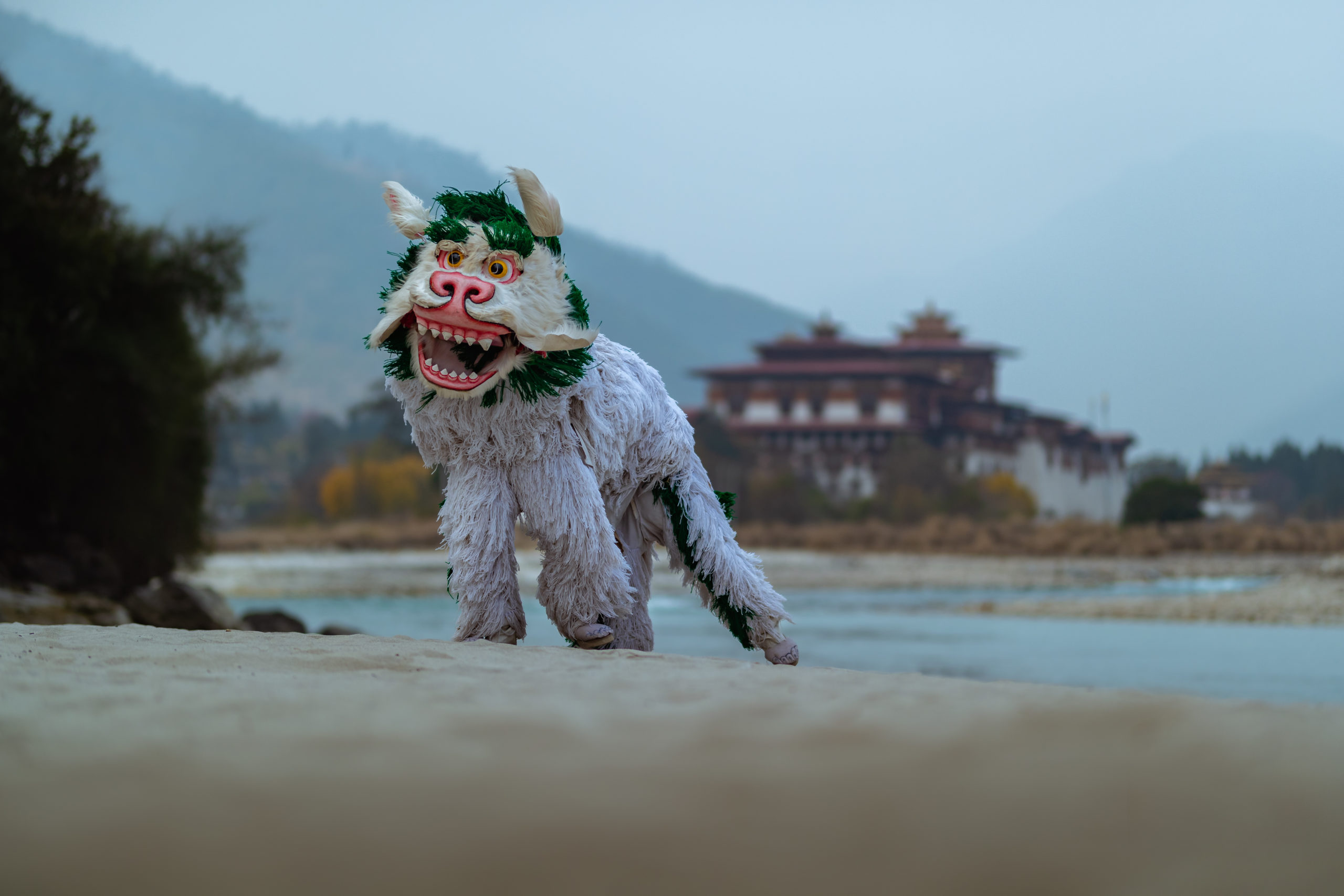
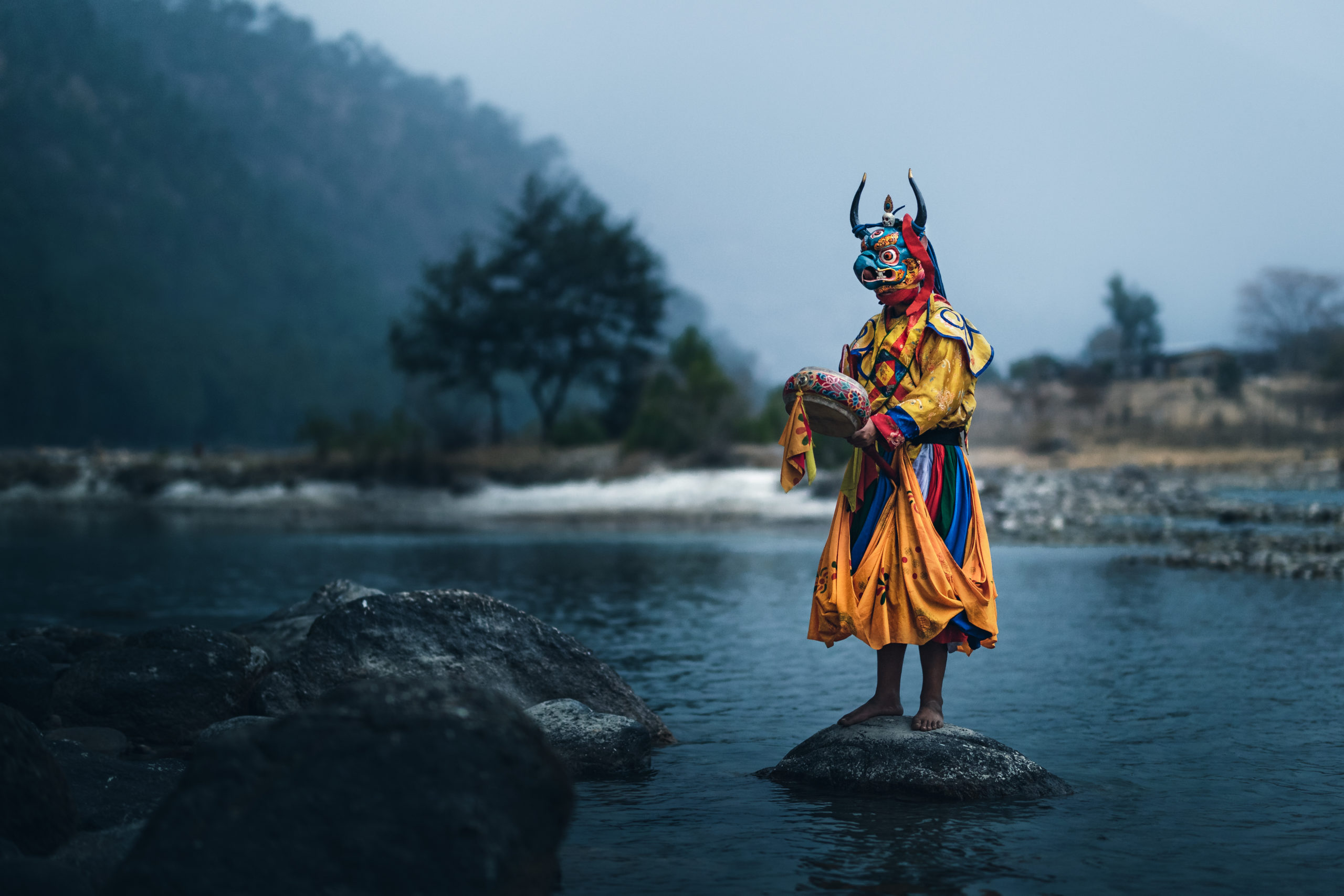
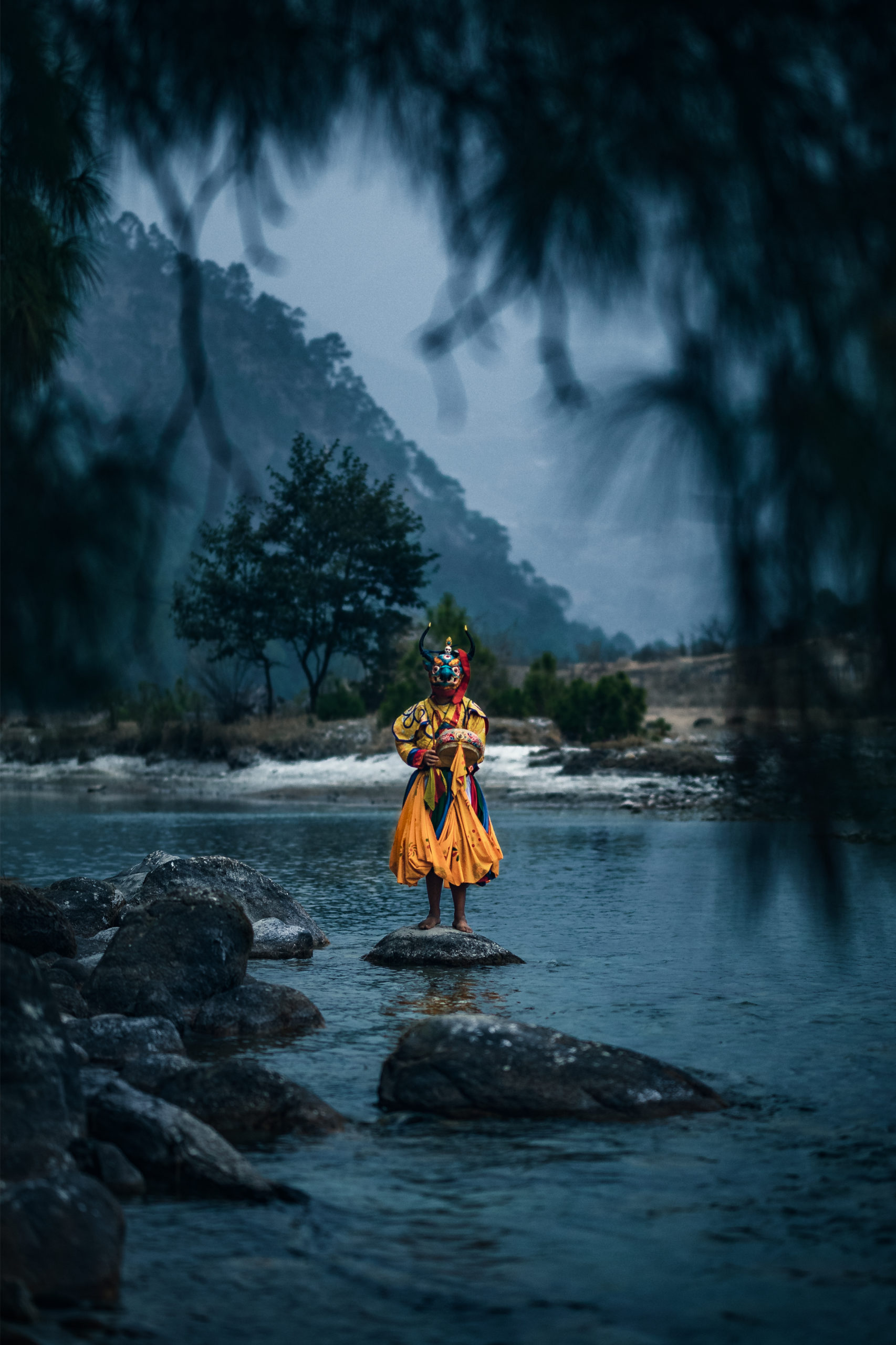
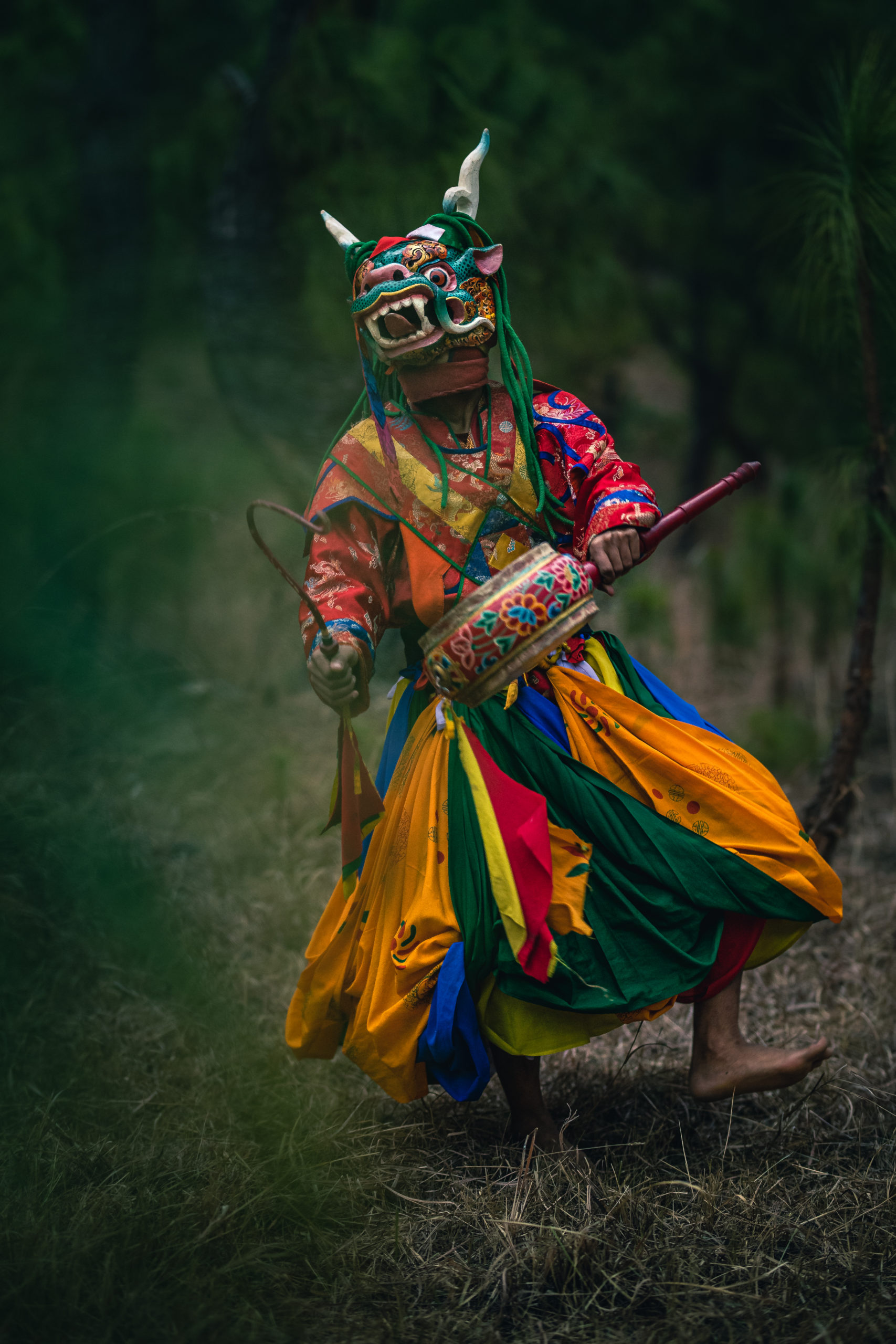
Some of my favorite images were shot during the winter in the tiny, disconnected village of Merak with the Brokpa Tribe in Eastern Bhutan. The Brokpa tribe put on an amazing show and even included a large Yak costume that would at times playfully run towards the audience and come close to ramming them with the horns.
After the ceremony, I spent some time doing a portrait session with the tribal dancers, unmasked.
Special thanks to Matthew DeSantis, Tshering Wangdi and Bethany Betzler for taking the following behind the scenes images. Also, big thanks to MyBhtuan for having me onboard to shoot and coordinating with the local dance teams to make this series happen.
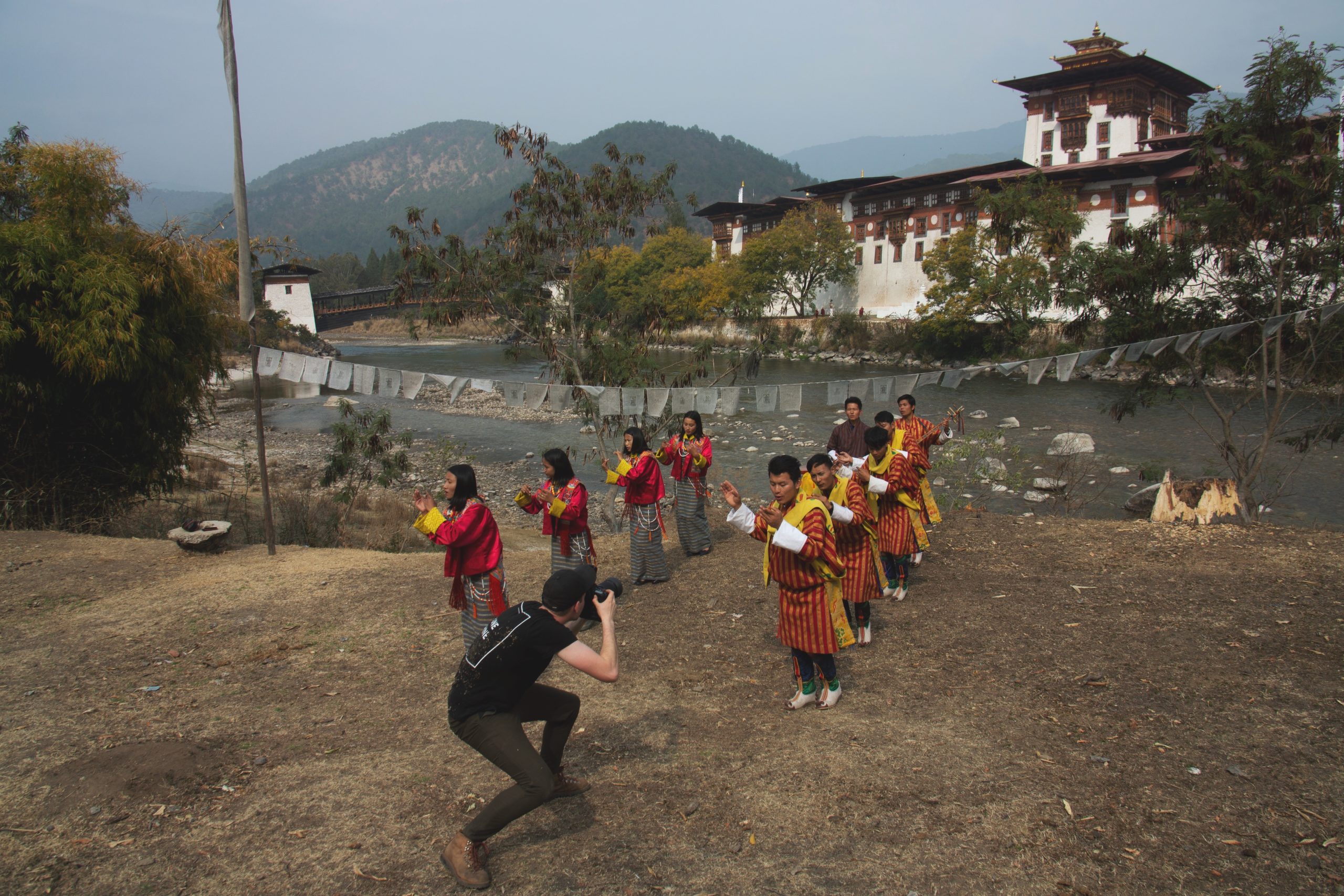
Bhutan is such a special country to me. I strongly feel like visiting should be on everyone’s bucket list. If you’re interested in seeing it for yourself, get in touch with the people at MyBhutan and make it happen!

